Unwanted by film and abandoned by TV, a once-loved orphan seeks a home at Sundance
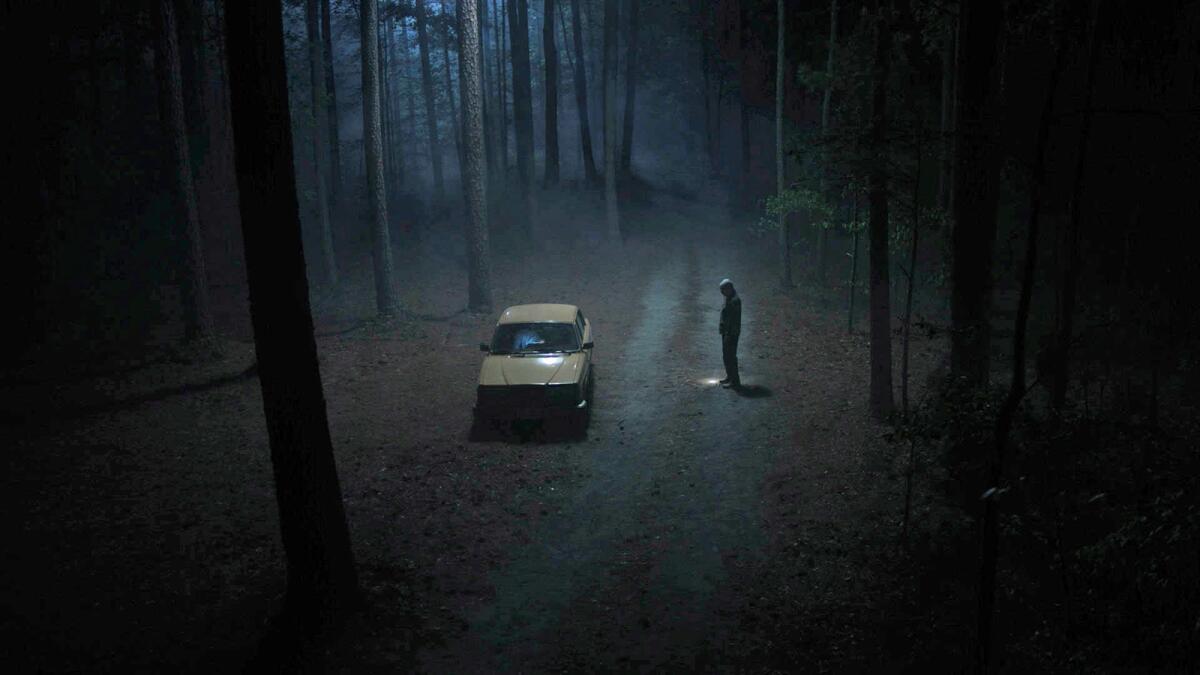
A still from “When the Street Lights Go On” by Brett Morgen, an official selection of the Special Events program at the 2017 Sundance Film Festival.
For most Sundance premieres, this hermetic gathering in the Utah mountains is a first stop, the beginning of what filmmakers hope will be a long journey to theaters, streaming services, video on-demand platforms and, if stars really align, awards podiums.
“When the Streetlights Go On” is not most Sundance premieres.
Written by two upstart twentysomethings, the teenage-centered mystery began life more than five years ago as a buzzy movie script on Hollywood’s peer-approved Black List.
On Friday it will finally be seen for the first time — as a TV pilot hunting for a series order.
In what is surely one of the oddest paths to a Sundance screening room — if also an oddly apt snapshot of the optimism surrounding this peak-TV moment — “Streetlights” will make its debut as one more stop on a twisty road. Along the way have been acquisitions by production companies, the attachment of a major star, the conversion to a television series, a consequent shift in the identity of the story’s killer, the replacement of the star with a less major star, a pilot deal with Hulu, an apparent series deal with Hulu, an apparent nonseries deal with Hulu, attempts to get the series resurrected elsewhere and now, as a fourth-down attempt of sorts, a screening at Sundance that producers hope will reignite buyer interest.
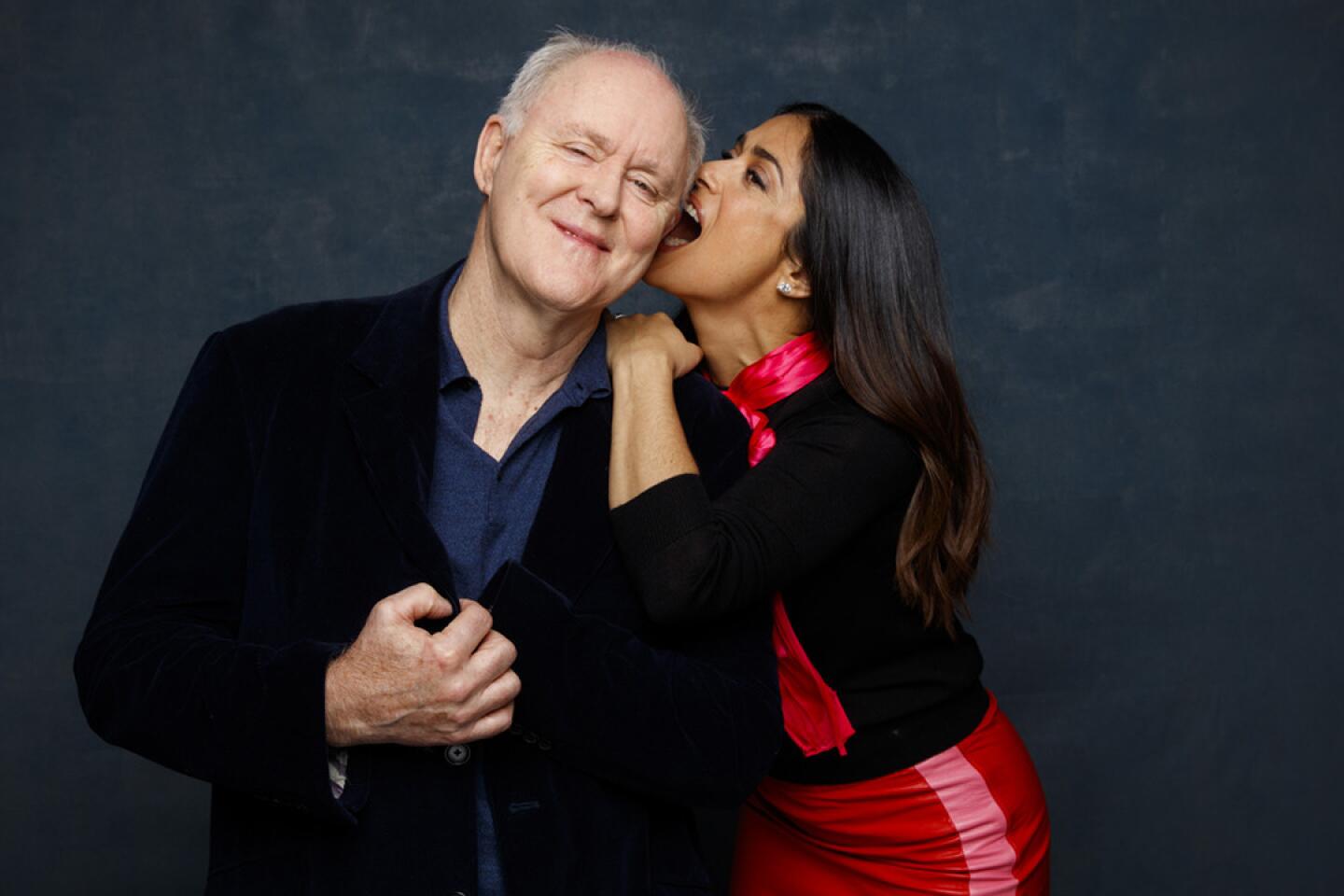
John Lithgow and Salma Hayek from the film “Beatriz at Dinner.”
(Jay L. Clendenin / Los Angeles Times)
Director and actress Michelle Morgan from the film “L.A. Times.”
(Jay L. Clendenin / Los Angeles Times)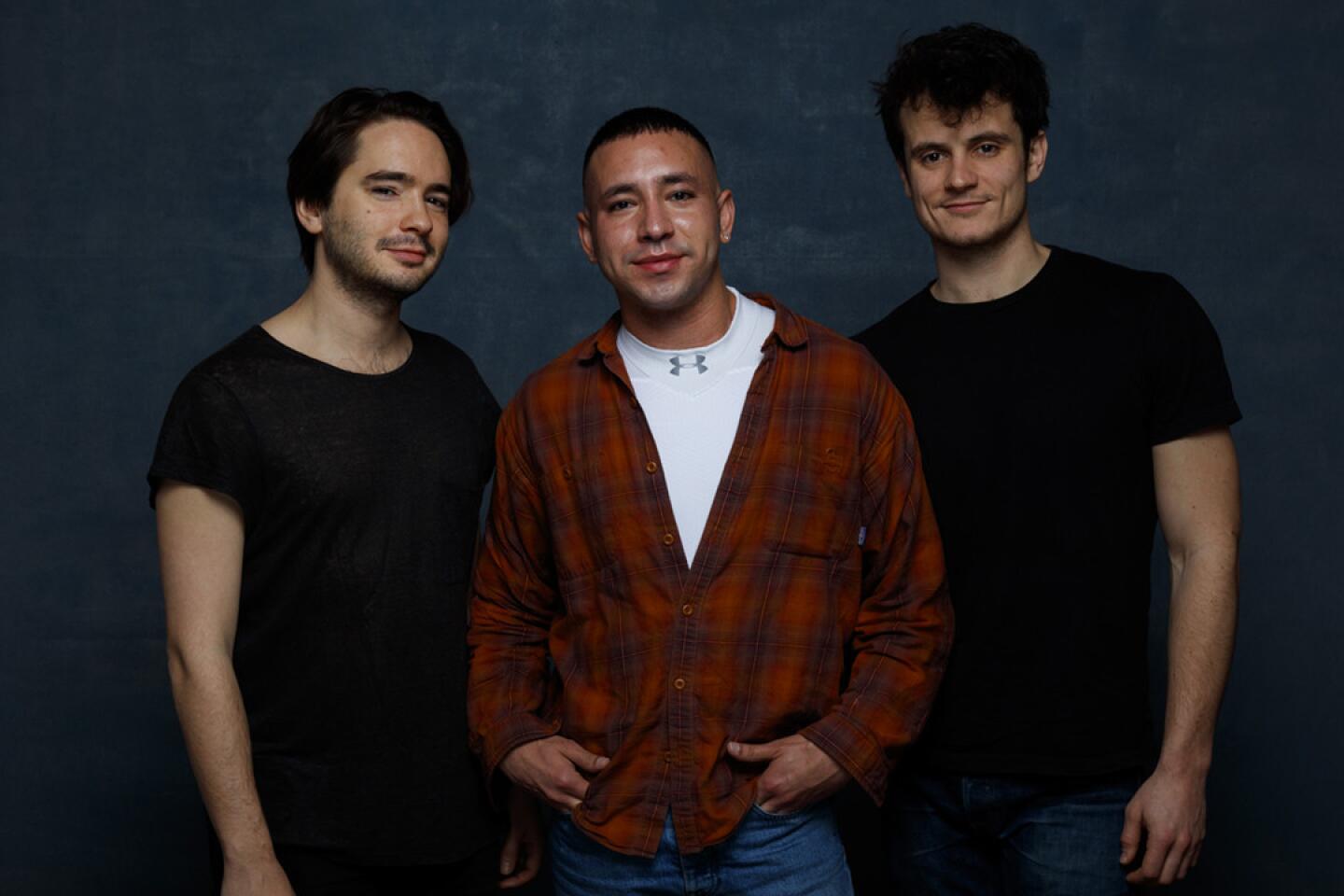
Director Dan Sickles, left, director Antonio Santini and director of photography Adam Uhl from the film “Dina.”
(Jay L. Clendenin / Los Angeles Times)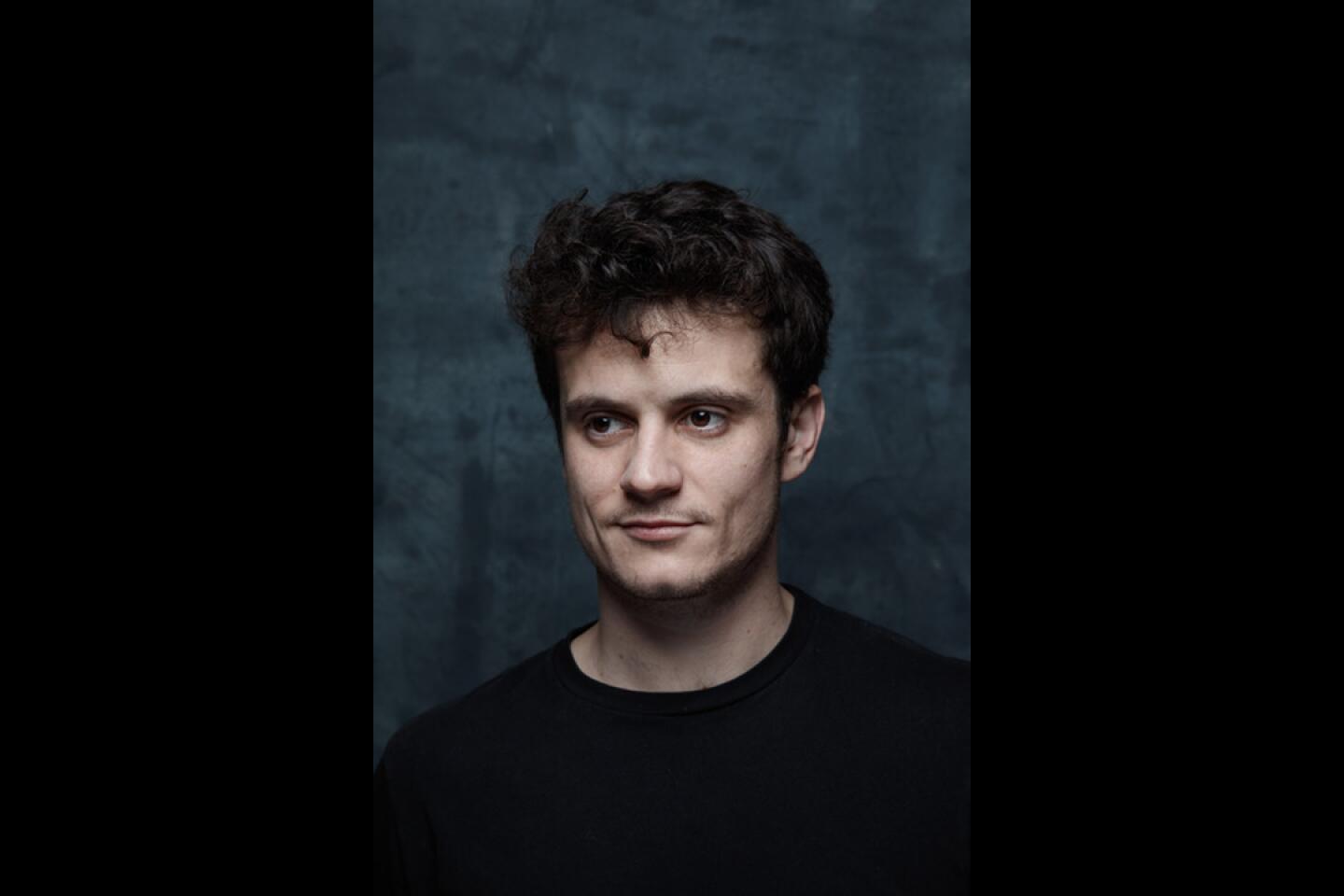
Director of photography Adam Uhl from the film “Dina.”
(Jay L. Clendenin / Los Angeles Times)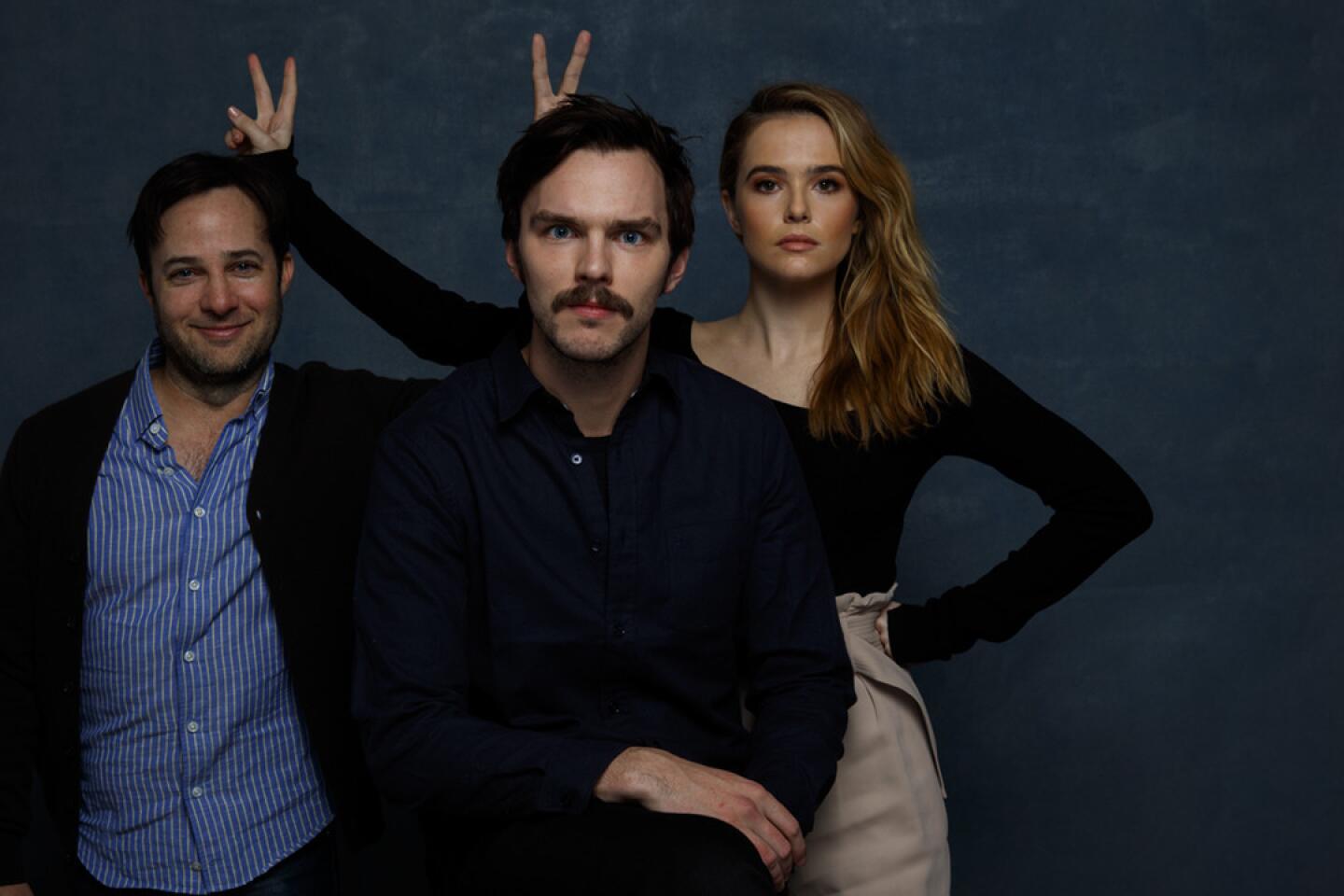
Director Danny Strong, left, actor Nicholas Hoult and actress Zoey Deutch from the film “Rebel in the Rye.”
(Jay L. Clendenin / Los Angeles Times)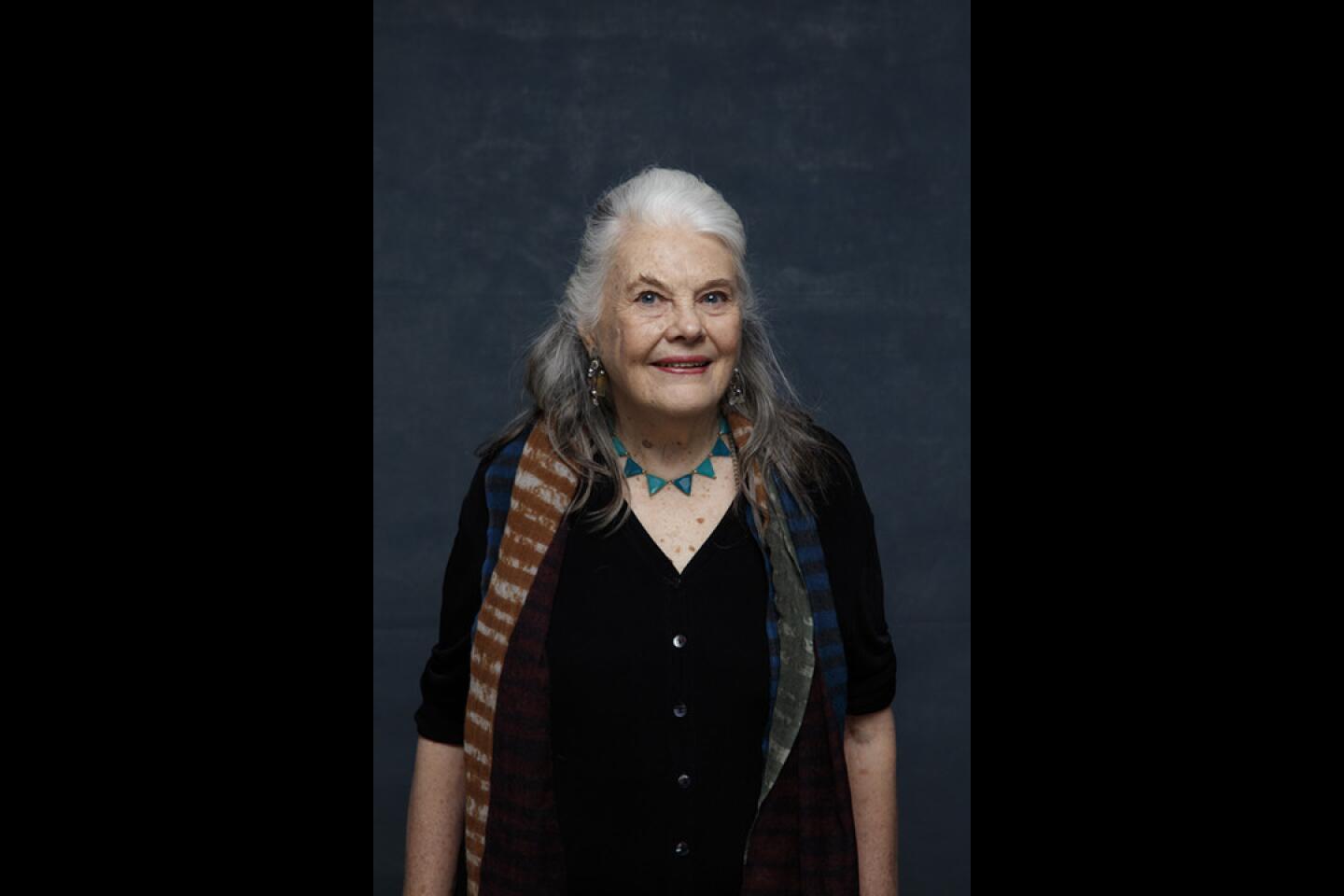
Actress Lois Smith from the film “Marjorie Prime.”
(Jay L. Clendenin / Los Angeles Times)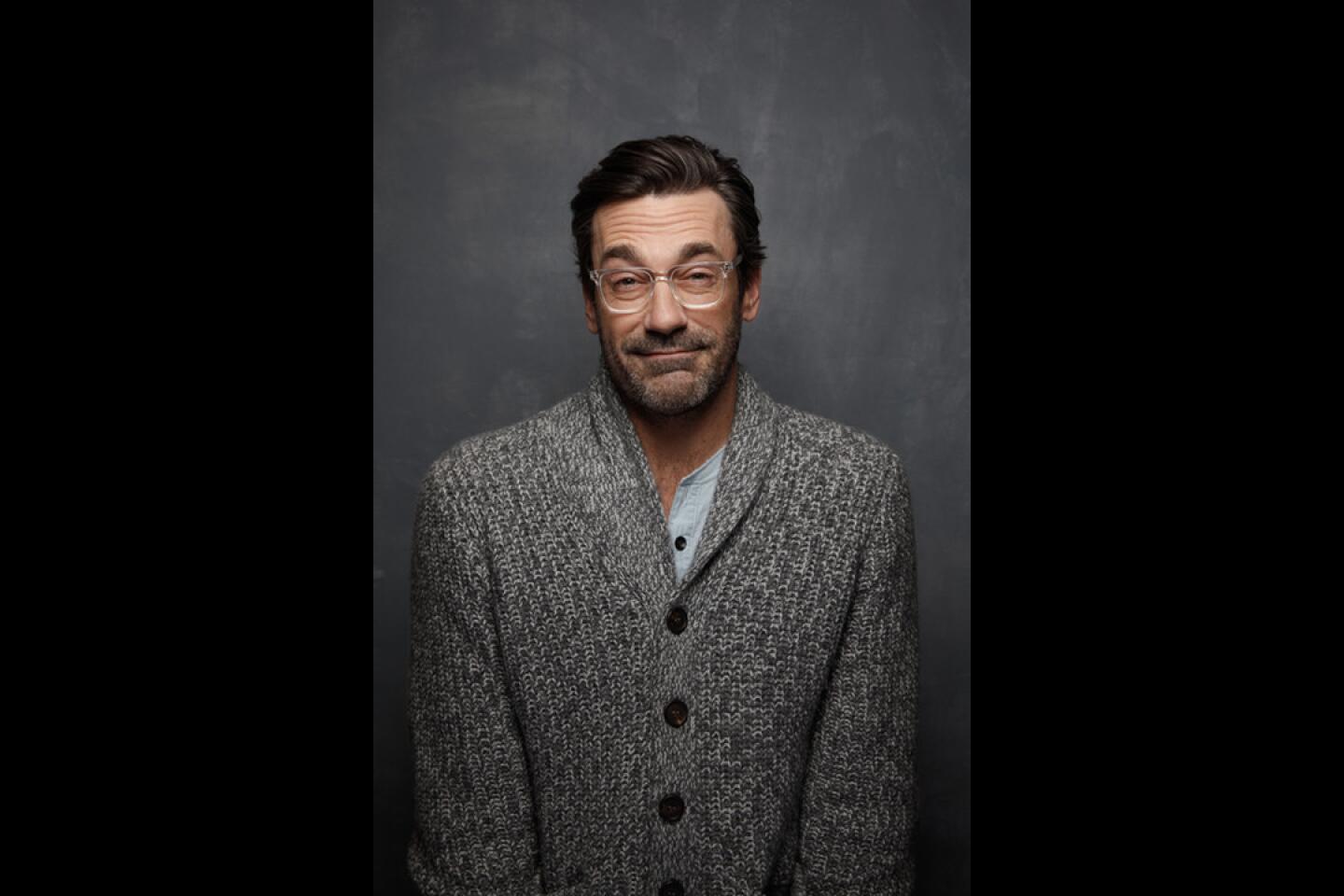

Actor Mark Hamill from the film “Brigsby Bear.”
(Jay L. Clendenin / Los Angeles Times)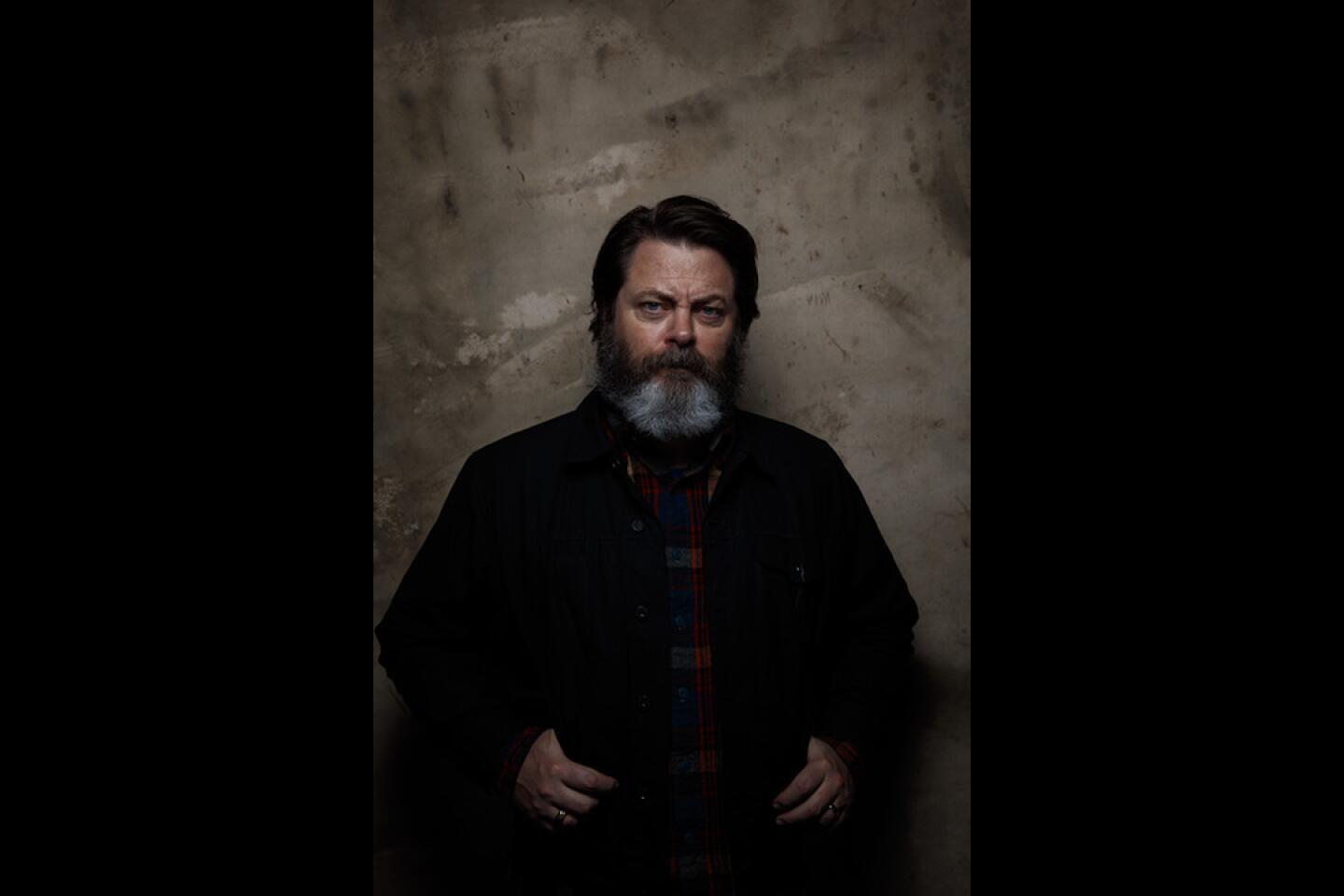
Actor Nick Offerman from the film “The Hero.”
(Jay L. Clendenin / Los Angeles Times)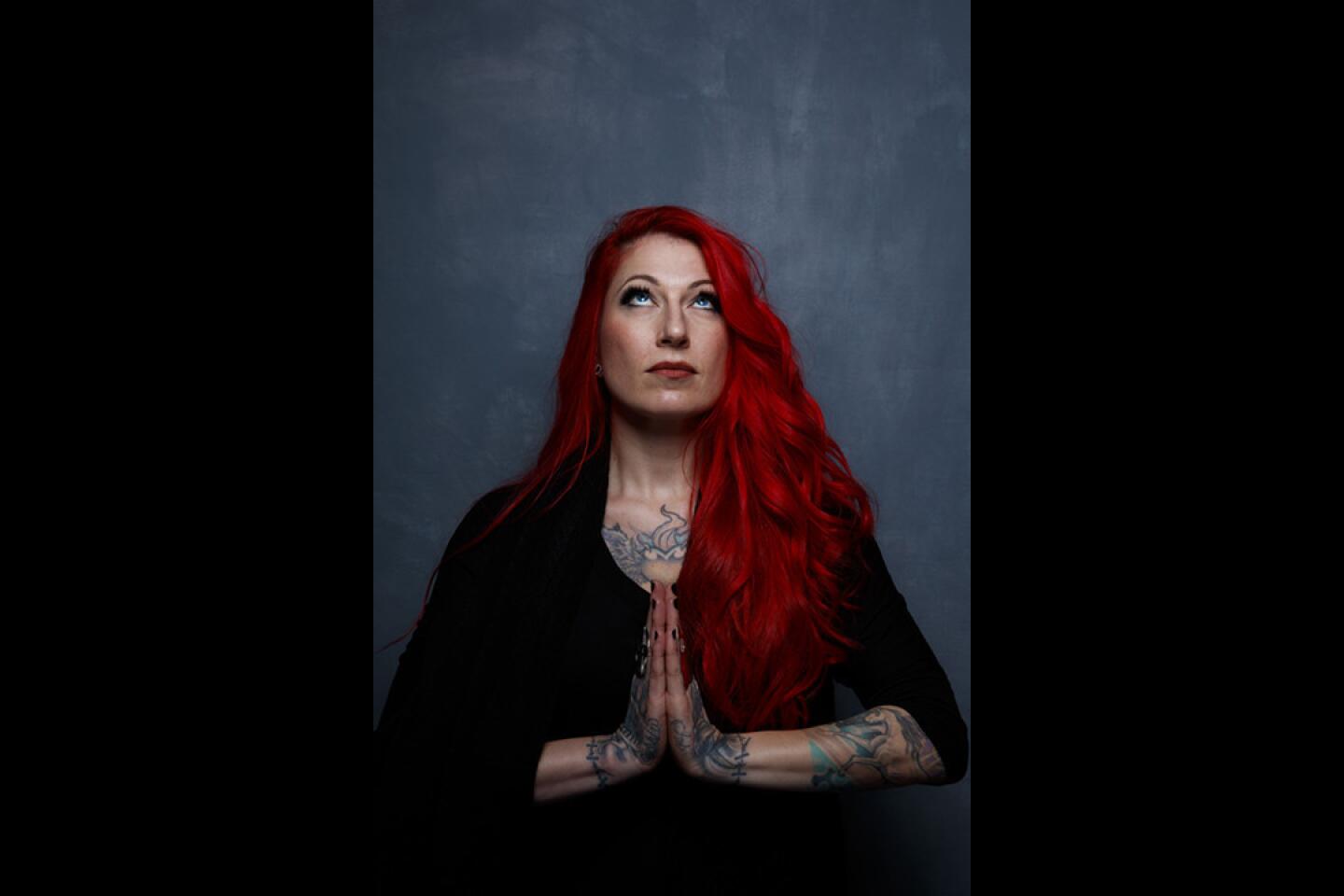
Director Jovanka Vuckovic from the film, “XX.”
(Jay L. Clendenin / Los Angeles Times)
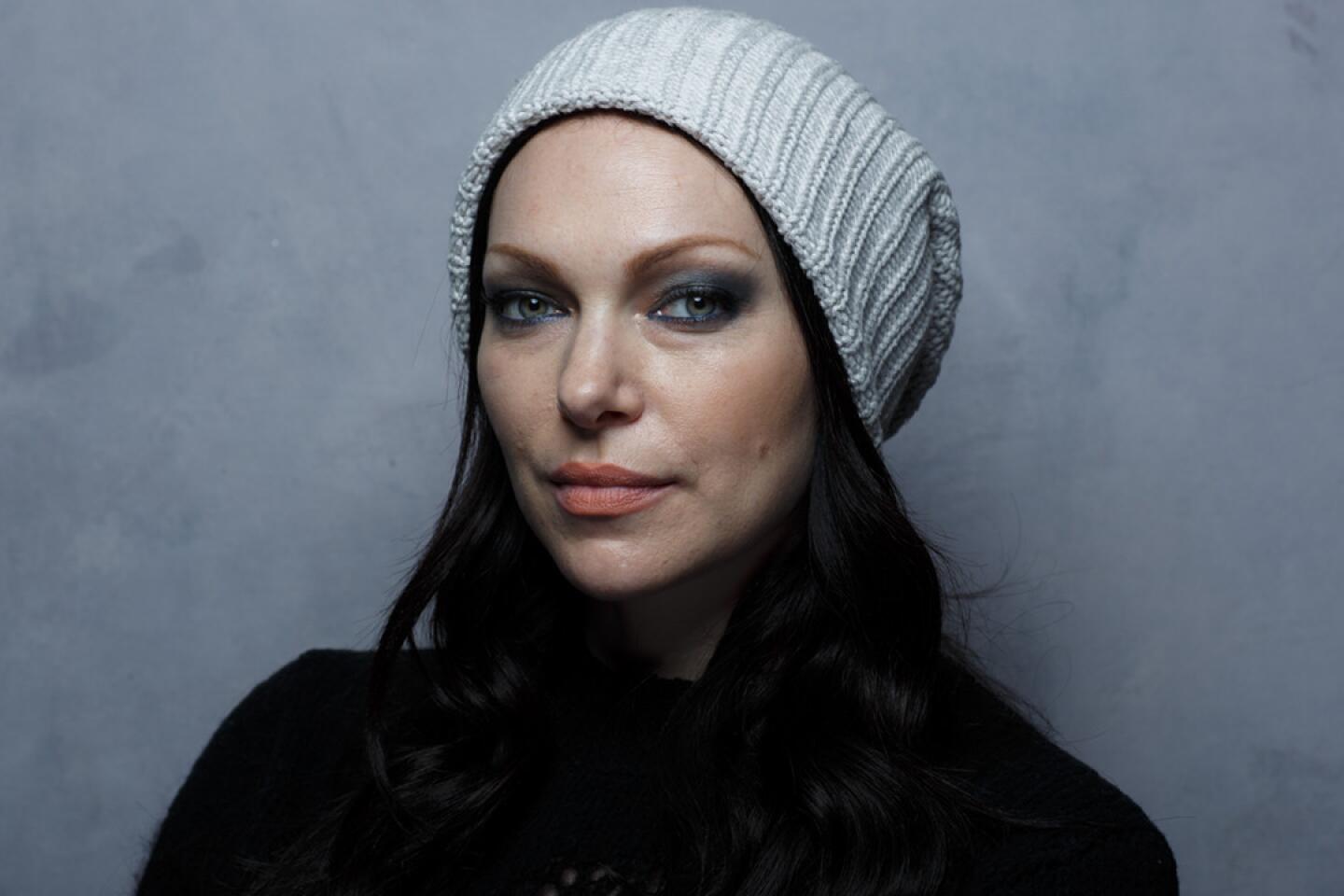
Actress Laura Prepon from the film “The Hero.”
(Jay L. Clendenin / Los Angeles Times)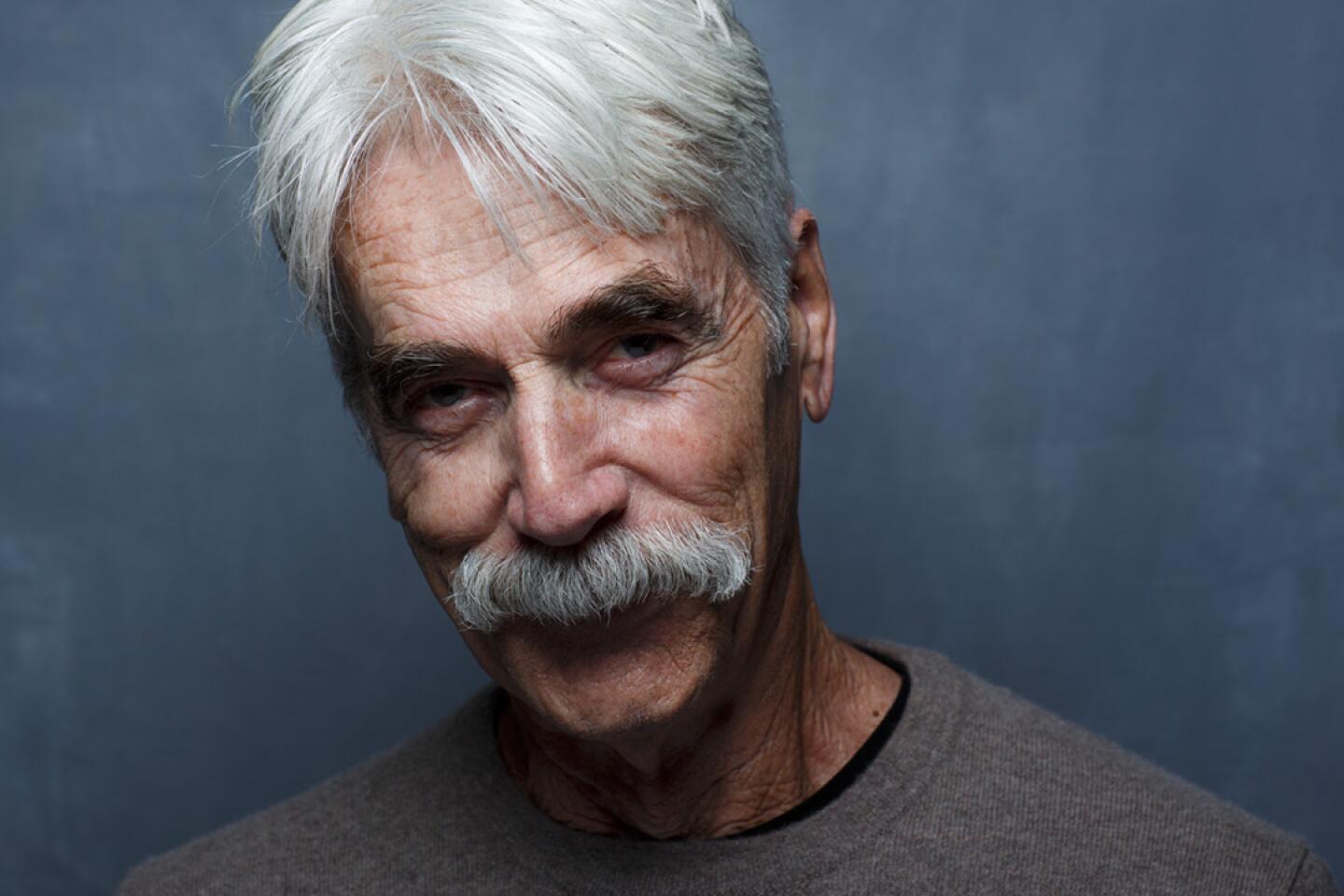
Actor Sam Elliott from the film “The Hero.”
(Jay L. Clendenin / Los Angeles Times)
Director Annie Clark (also known as the musician, St. Vincent) from the film “XX.”
(Jay L. Clendenin / Los Angeles Times)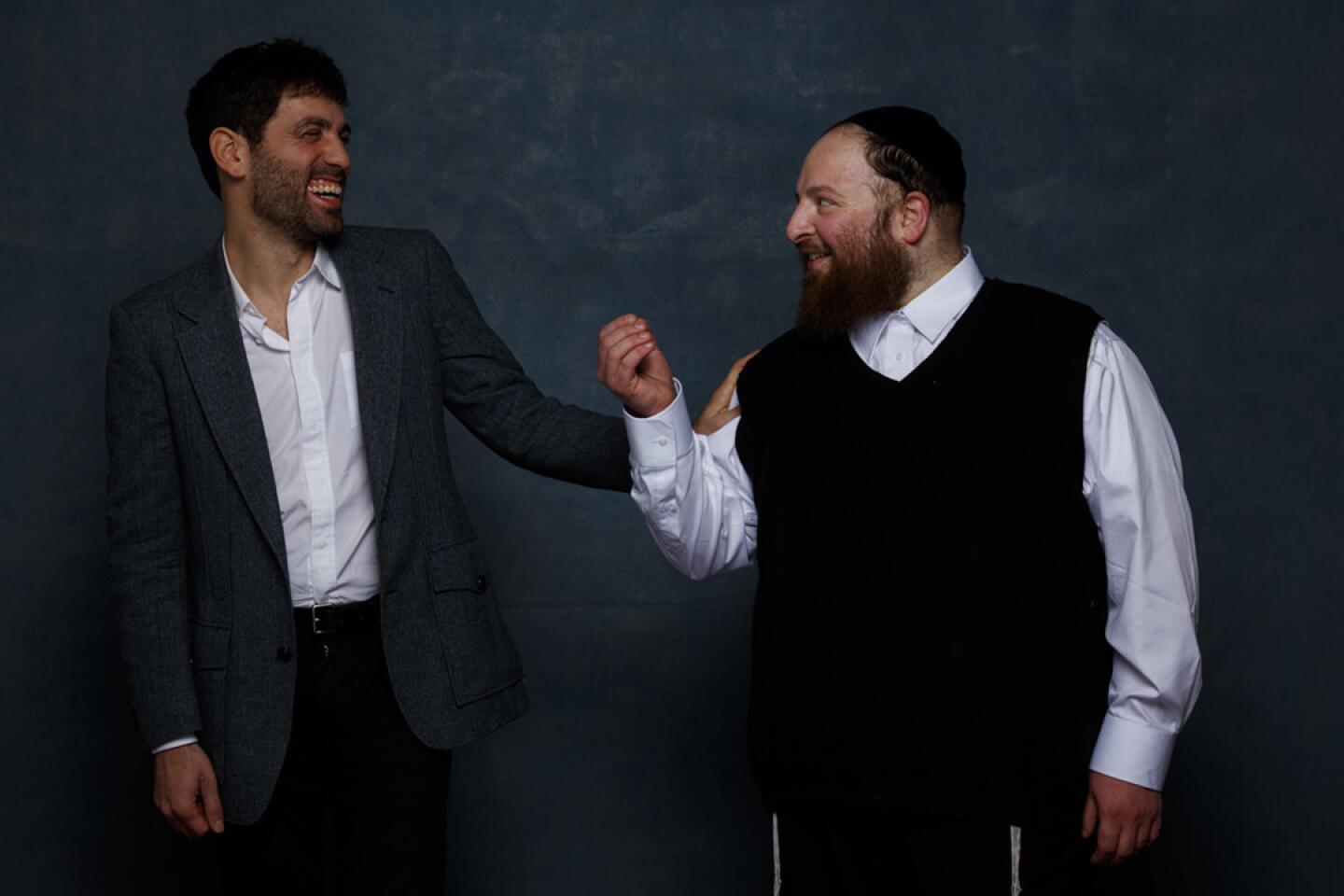
Director Joshua Z. Weinstein, left, and Menashe Lustig from “Menashe” at the Sundance Film Festial in Park City, Utah, on Jan. 23.
(Jay L. Clendenin / Los Angeles Times)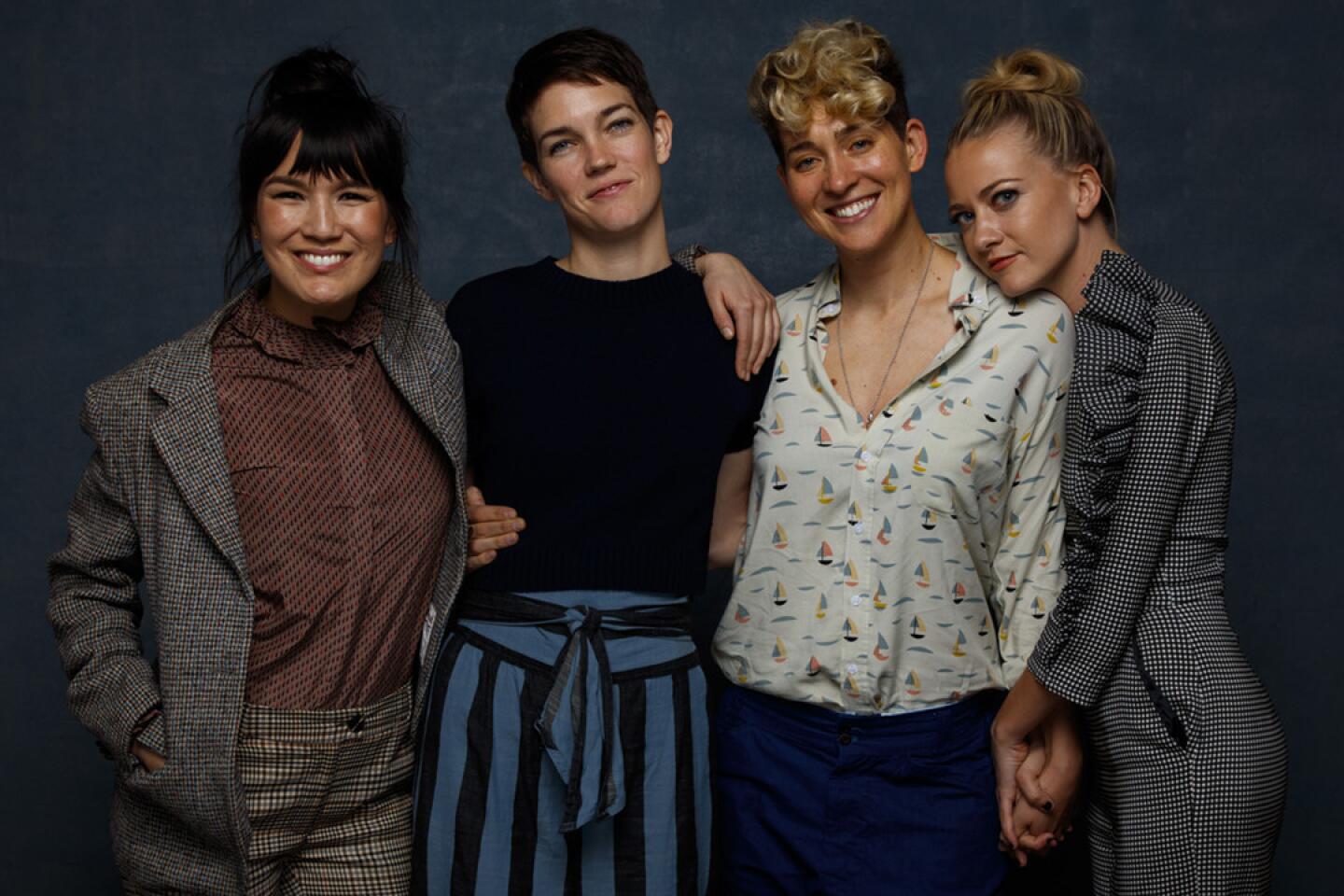
Actress Zoe Chao, left, co-director Celia Rowlson-Hall, co-director Mia Lidofsky and actress Meredith Hagne from the television movie “Strangers.”
(Jay L. Clendenin / Los Angeles Times)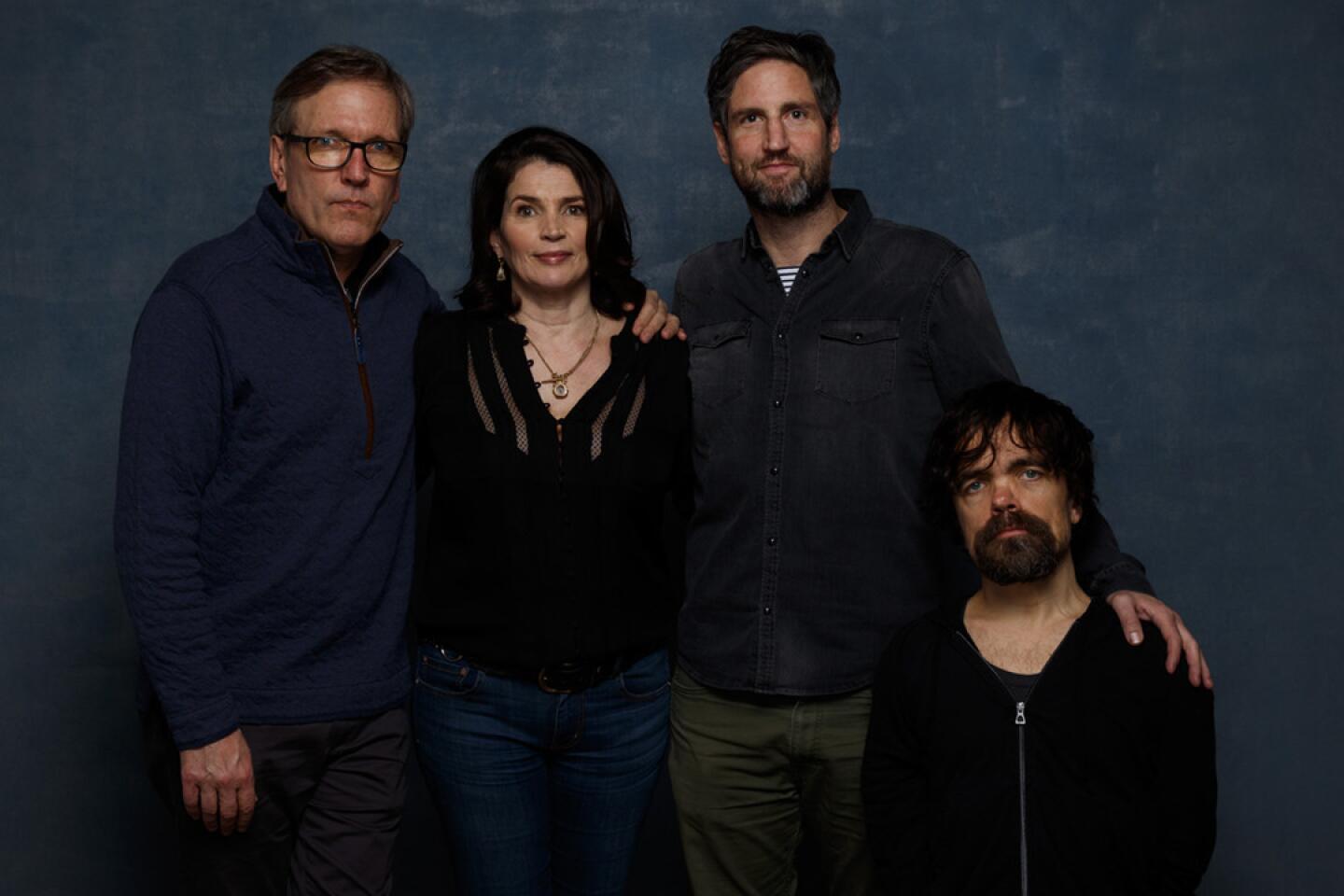
Actor Martin Donovan, left, actress Julia Ordmond, director Mark Palansky and actor Peter Dinklage from the film “Rememory.”
(Jay L. Clendenin / Los Angeles Times)
Actress Madeline Weinstein from the film “Beach Rats.”
(Jay L. Clendenin / Los Angeles Times)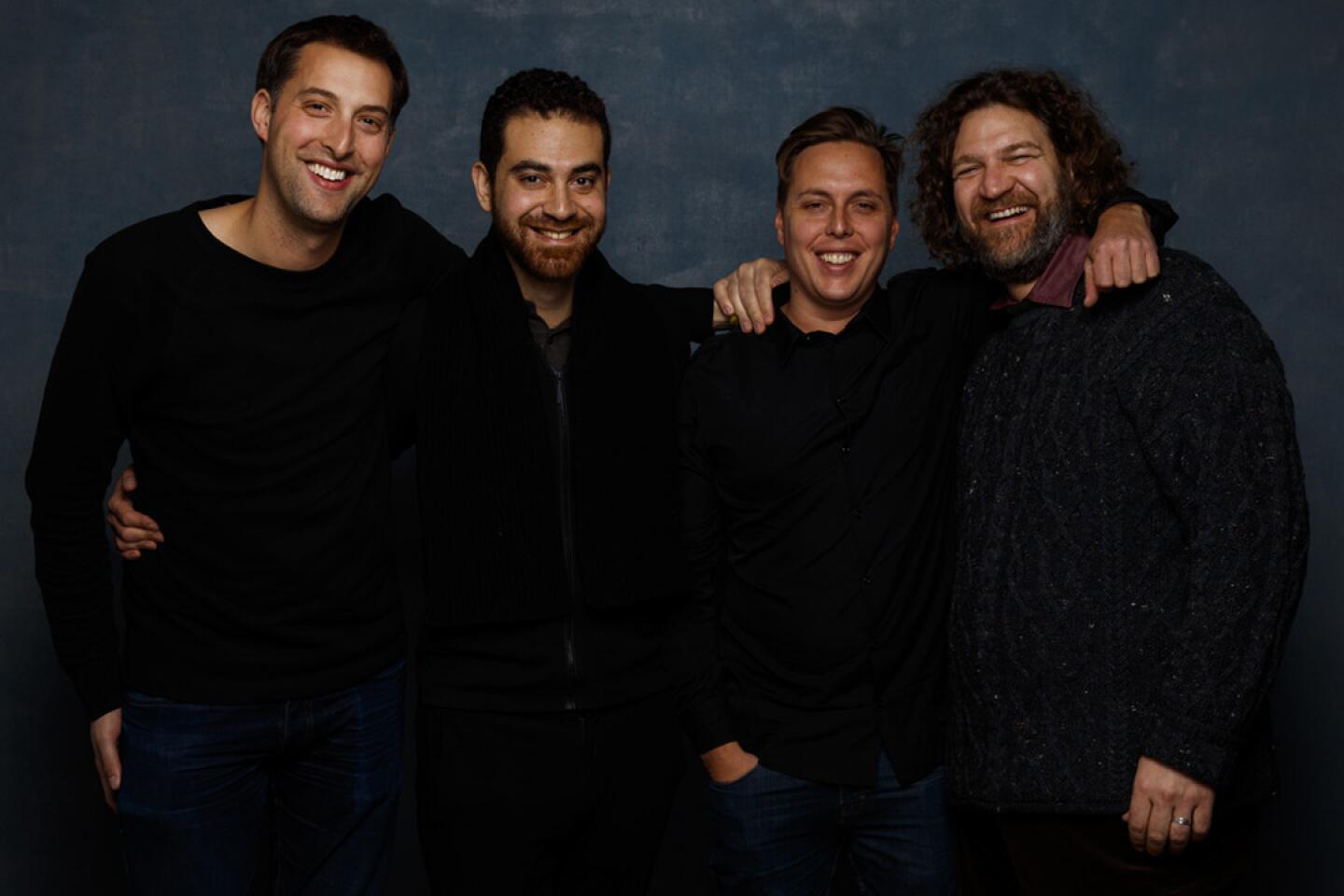
Ryan Horrigan, left, Paul Raphael, Felix Jajeunesse and Sebastian Sylvan from the film “Miyubi.”
(Jay L. Clendenin / Los Angeles Times)
Actor Harris Dickinson from the film “Beach Rats.”
(Jay L. Clendenin / Los Angeles Times)
Director Eliza Hittman from “Beach Rats.”
(Jay L. Clendenin / Los Angeles Times)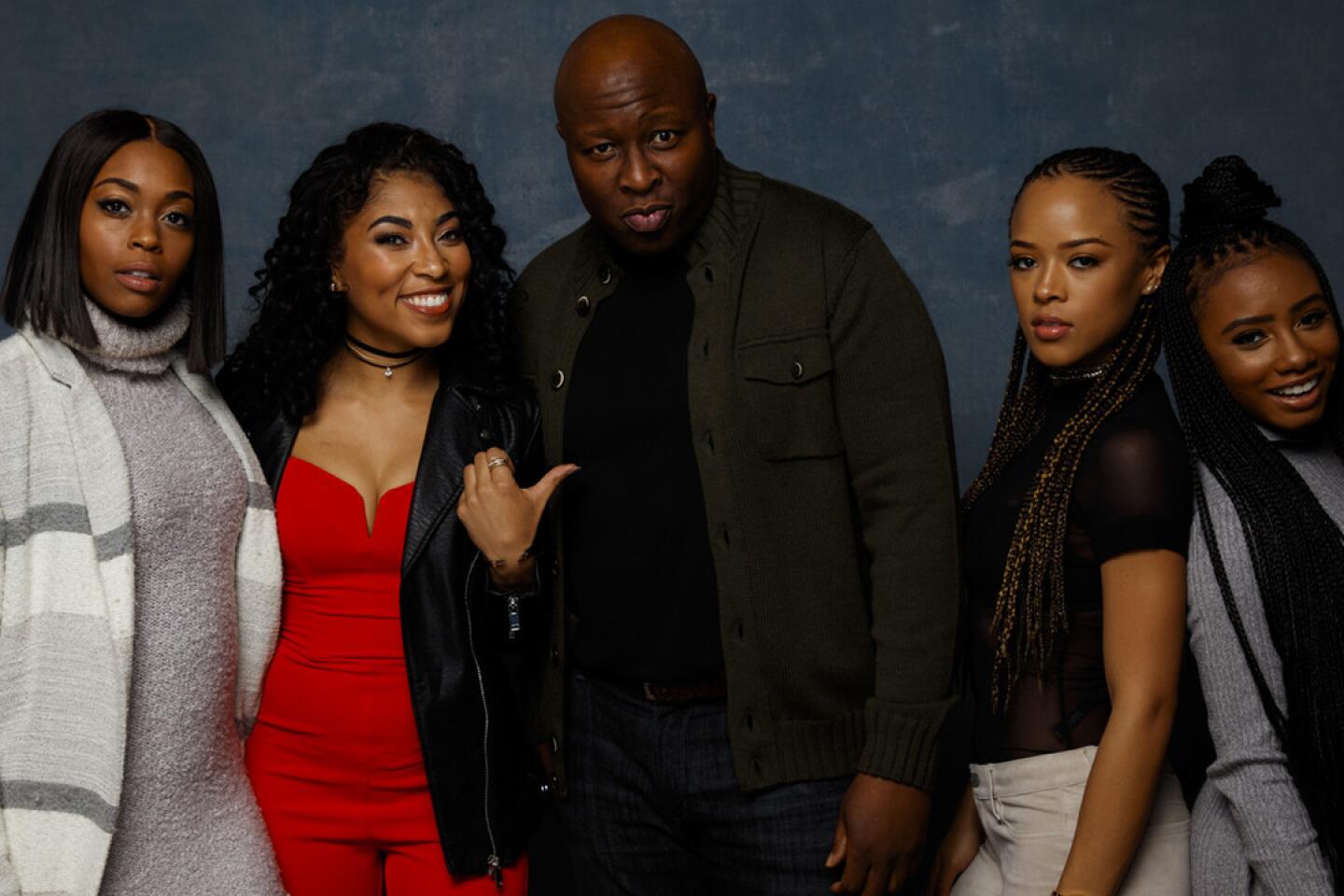
Actresses Nefessa Williams, left, Adriyan Rae, Steve Harris, Seryah and Imani Hakim from the film “Burning Sands.”
(Jay L. Clendenin / Los Angeles Times)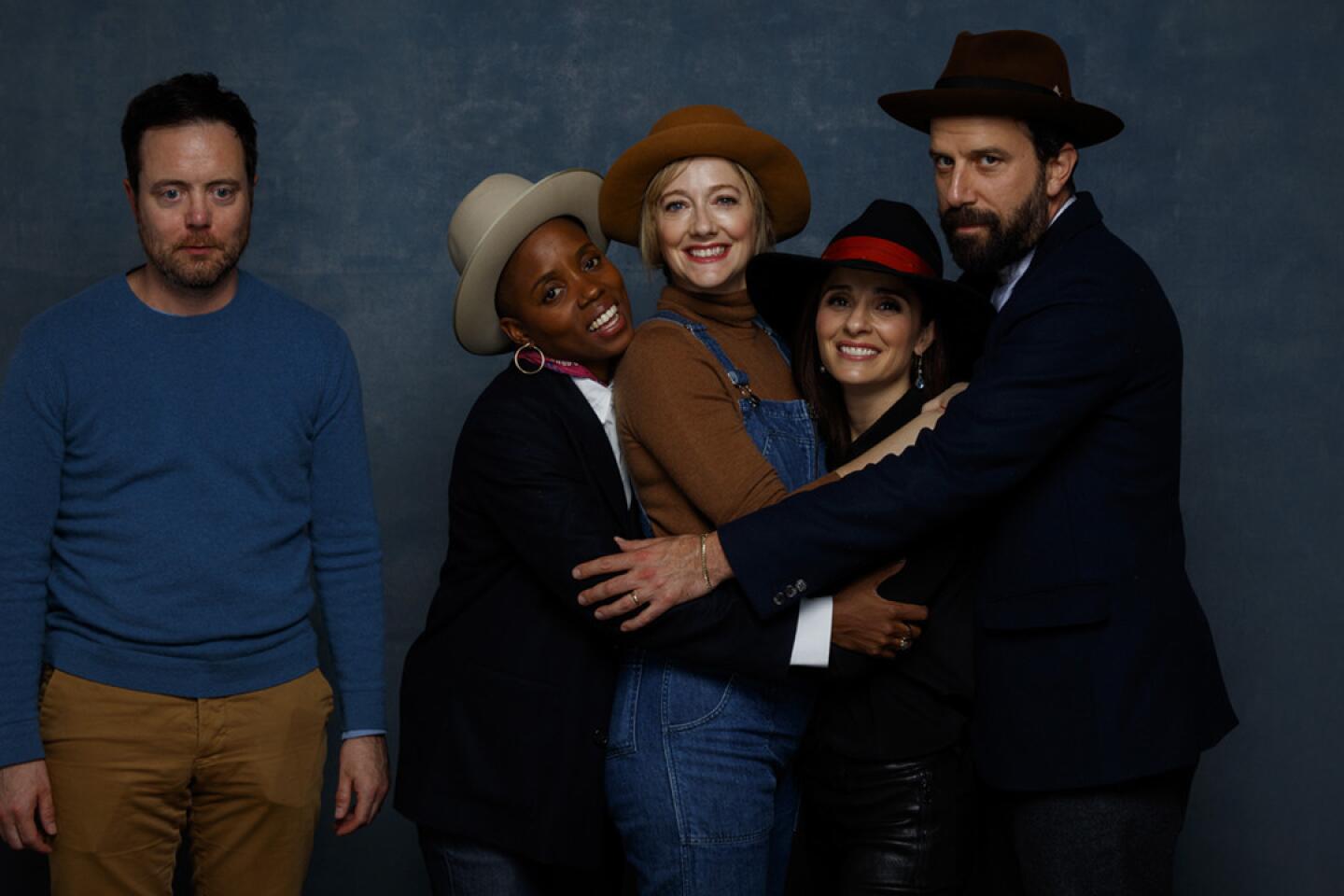
Actor Jon Daly, left, director Janicza Bravo, actress Judy Greer, actress Shiri Appelby and actor Brett Gelman of “Lemon.”
(Jay L. Clendenin / Los Angeles Times)
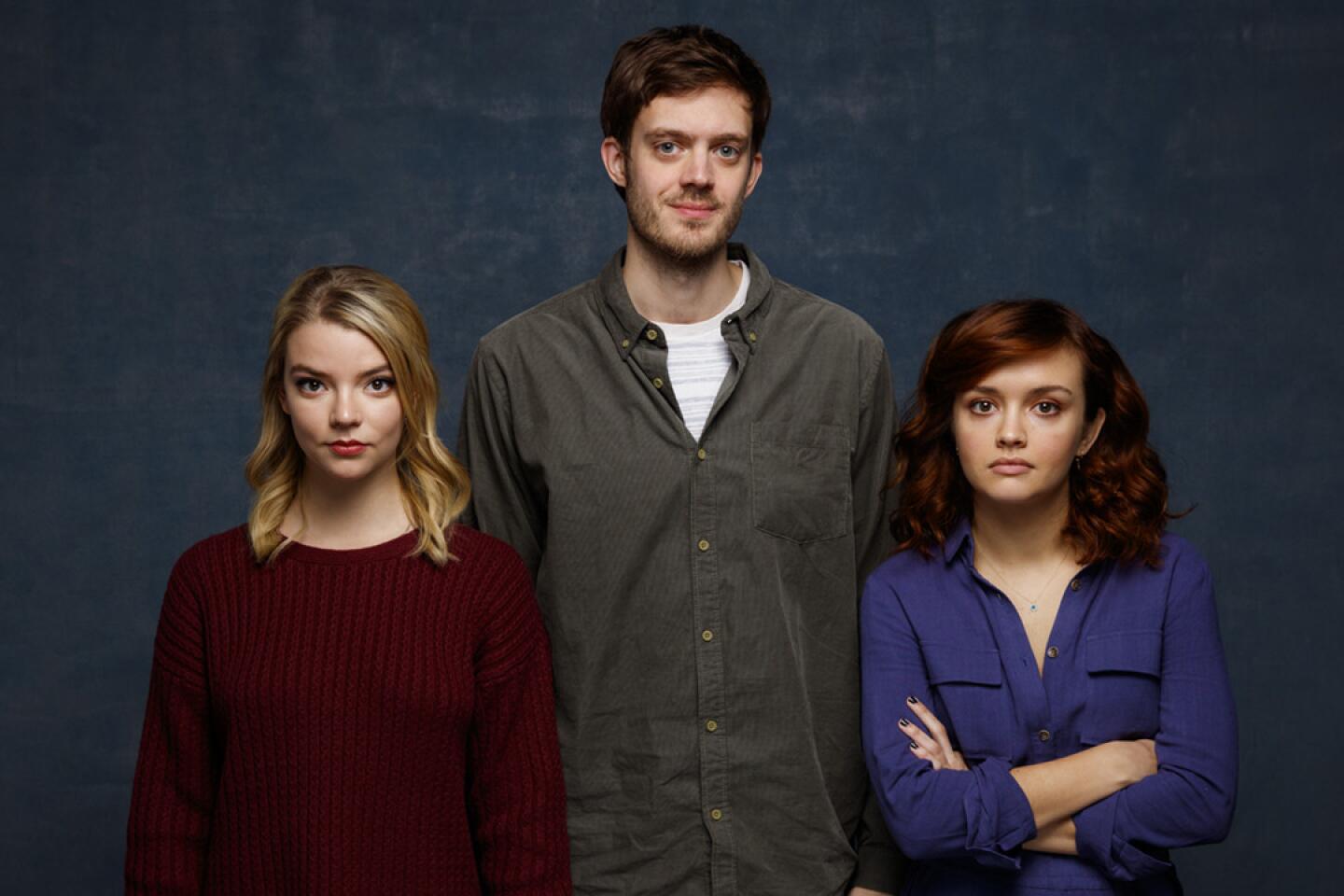
Actress Anya Taylor-Joy, director Cory Finley and actress Olivia Cooke from the film “Thoroughbred.”
(Jay L. Clendenin / Los Angeles Times)
Director Matt Heineman, second from right, and citizen journalists Mohamad Almusari, left, Hamoud Almousa and Abdalaziz from the documentary film “City of Ghosts.”
(Jay L. Clendenin / Los Angeles Times)
Subjects Raj Majethia and Victoria Harrelson from the documentary film “The Mars Generation.”
(Jay L. Clendenin / Los Angeles Times)
Subject Raj Majethia, left, director Michael Barnett and subject Victoria Harrelson from the documentary film “The Mars Generation.”
(Jay L. Clendenin / Los Angeles Times)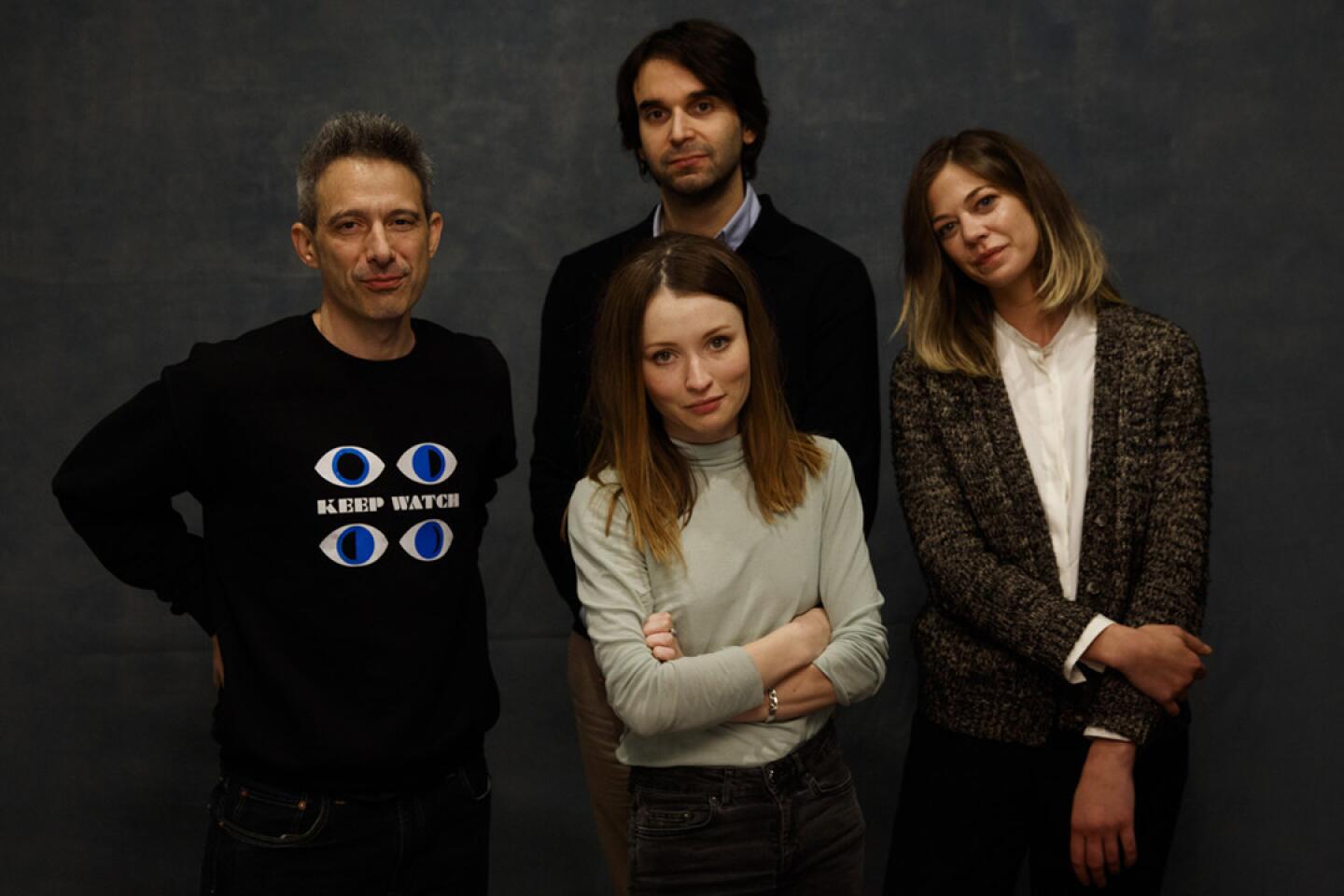
Actor Adam Horowitz, left, actress Emily Browning, director Alex Ross Perry and actress Analeigh Tipton from the film “Golden Exits.”
(Jay L. Clendenin / Los Angeles Times)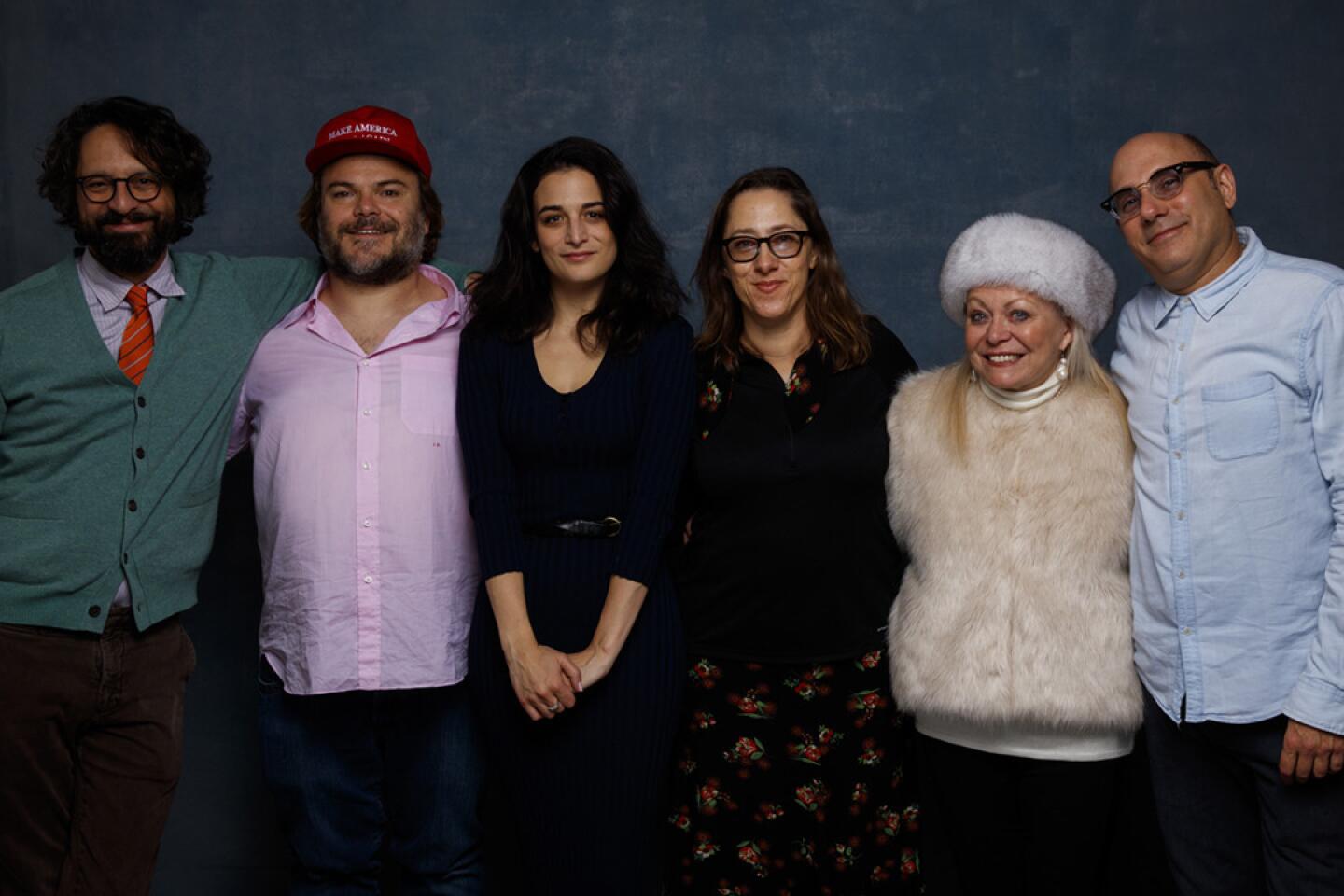
Director Wally Wolodarsky, left, actor Jack Black, actress Jenny Slate, director Maya Forbes, actress Jacki Weaver and actor Willie Garson from the film “The Polka King.”
(Jay L. Clendenin / Los Angeles Times)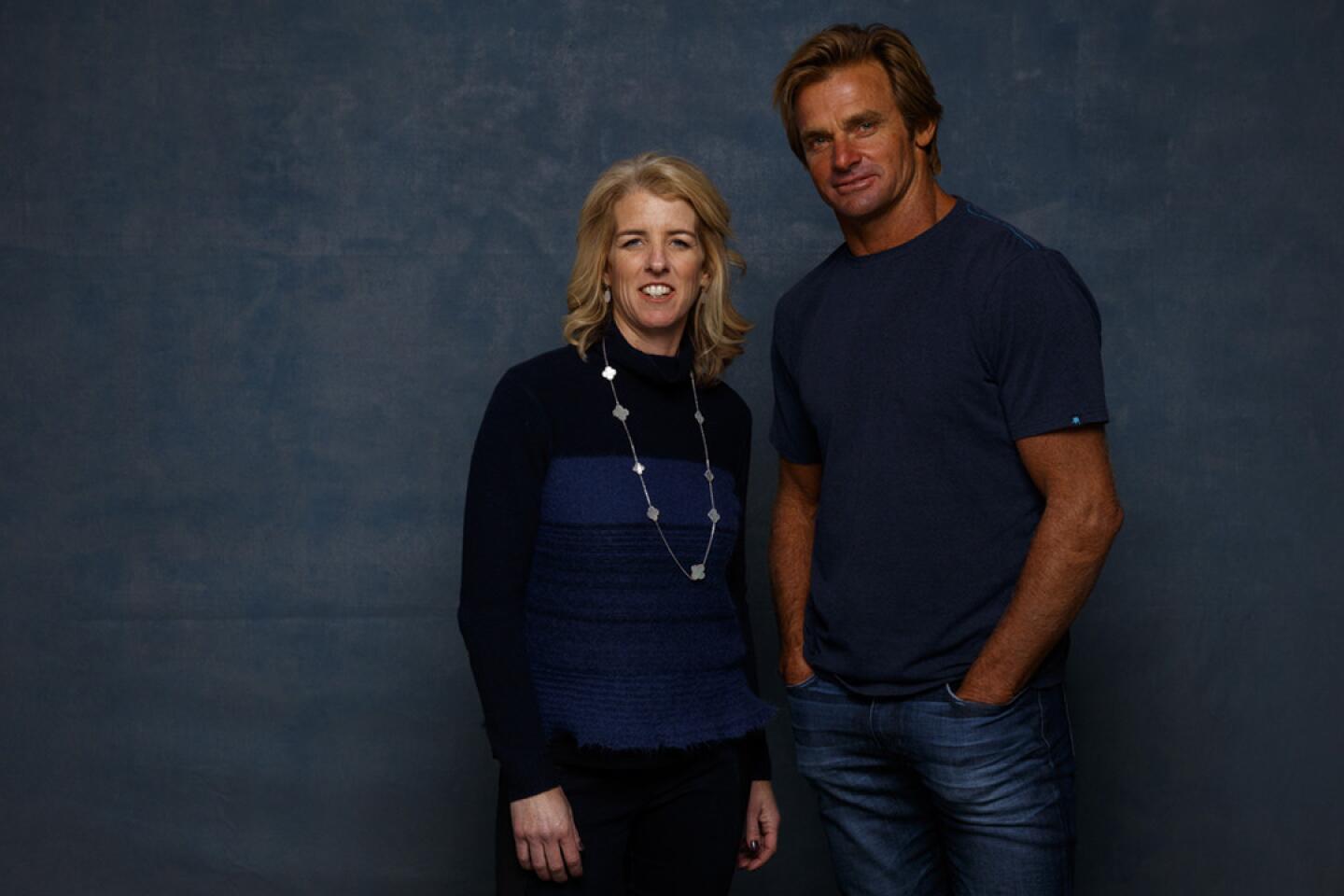
Director Rory Kennedy and surfer Laird Hamilton, from the documentary film “Take Every Wave: The Life of Laird Hamilton.”
(Jay L. Clendenin / Los Angeles Times)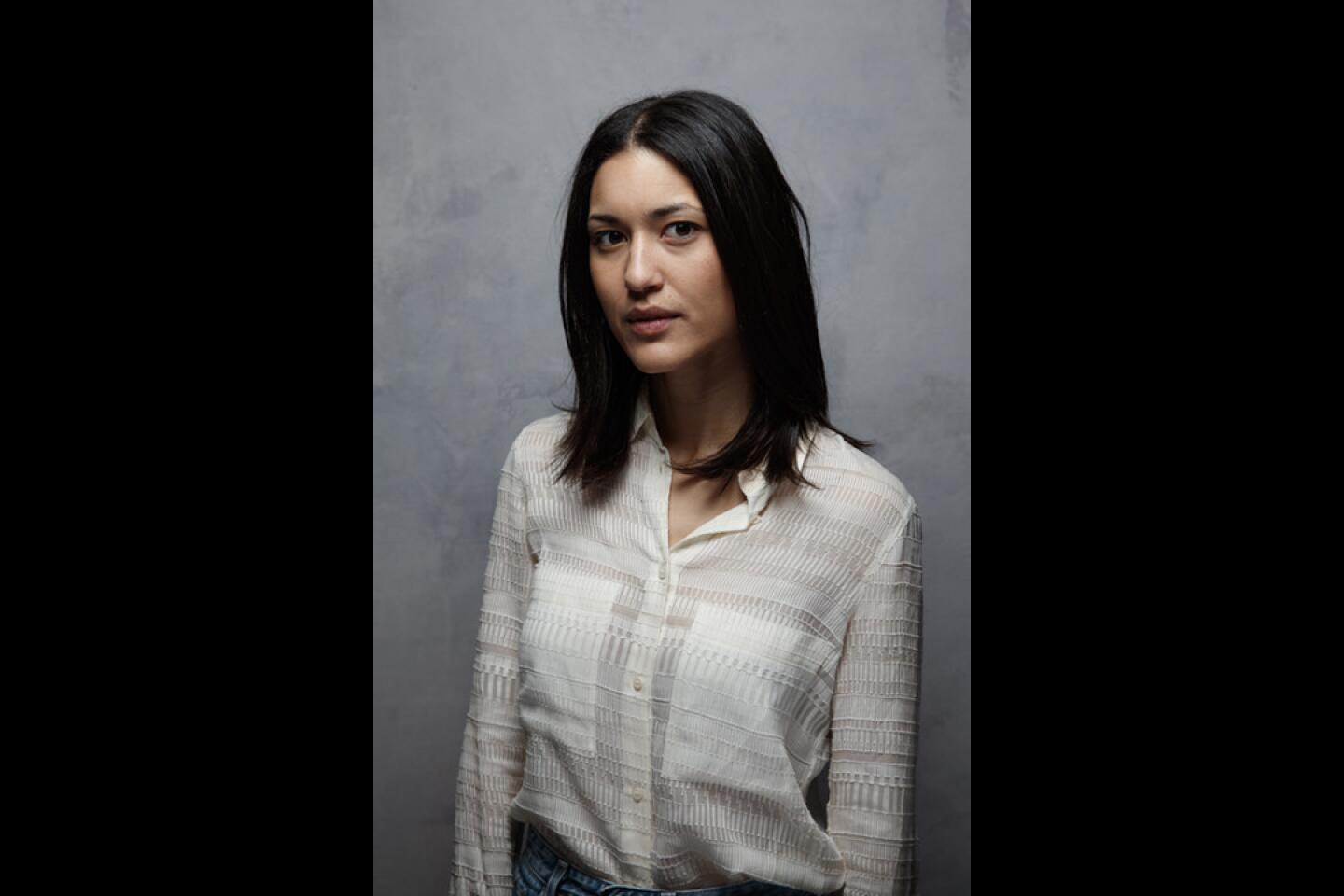
Actress Julia Jones from the film “Wind River.”
(Jay L. Clendenin / Los Angeles Times)
Actress Kelsy Asbille from the film “Wind River.”
(Jay L. Clendenin / Los Angeles Times)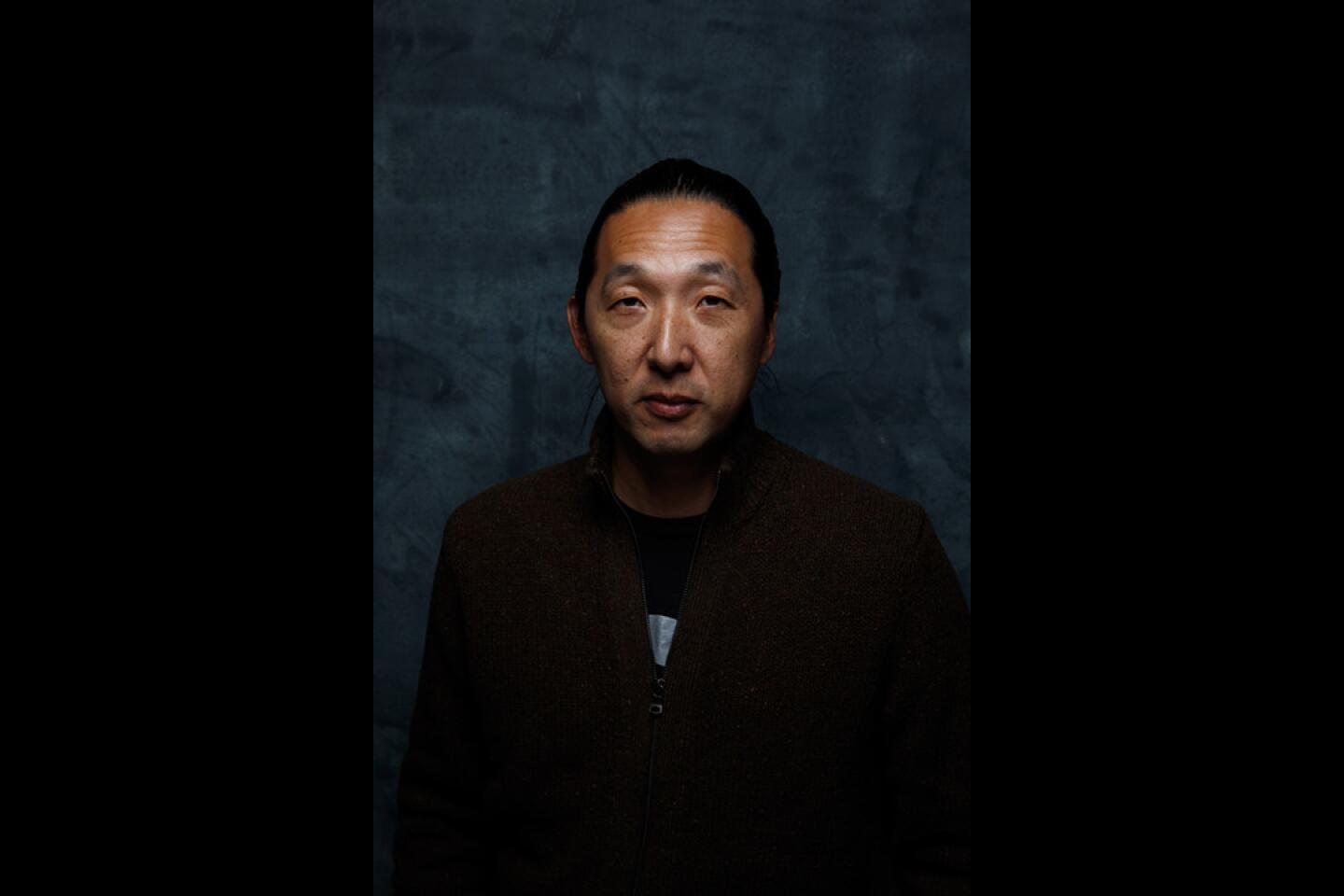
Director Kogonada from the film “Columbus.”
(Jay L. Clendenin / Los Angeles Times)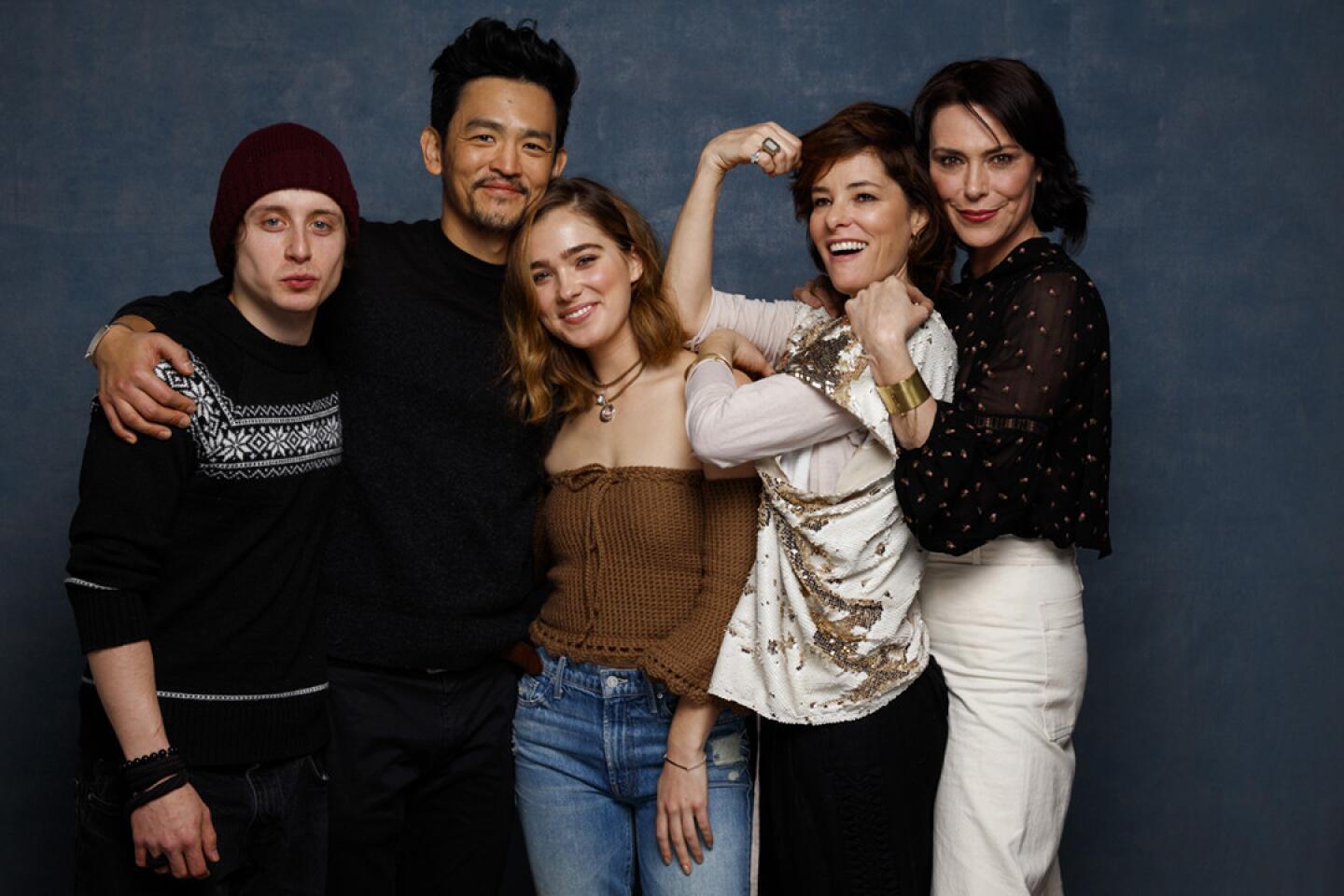
Actor Rory Culkin, left, actor John Cho, actress Michelle Forbes, actress Haley Lu Richardson and actor Parker Posey from the film, “Columbus.”
(Jay L. Clendenin / Los Angeles Times)
Director Taylor Sheridan from the film “Wind River.”
(Jay L. Clendenin / Los Angeles Times)
Actress Gigi Gorgeous and director Barbara Kopple from the film “This Is Everything: Gigi Gorgeous.”
(Jay L. Clendenin / Los Angeles Times)
Actress Gigi Gorgeous, from “This Is Everything: Gigi Gorgeous.”
(Jay L. Clendenin / Los Angeles Times)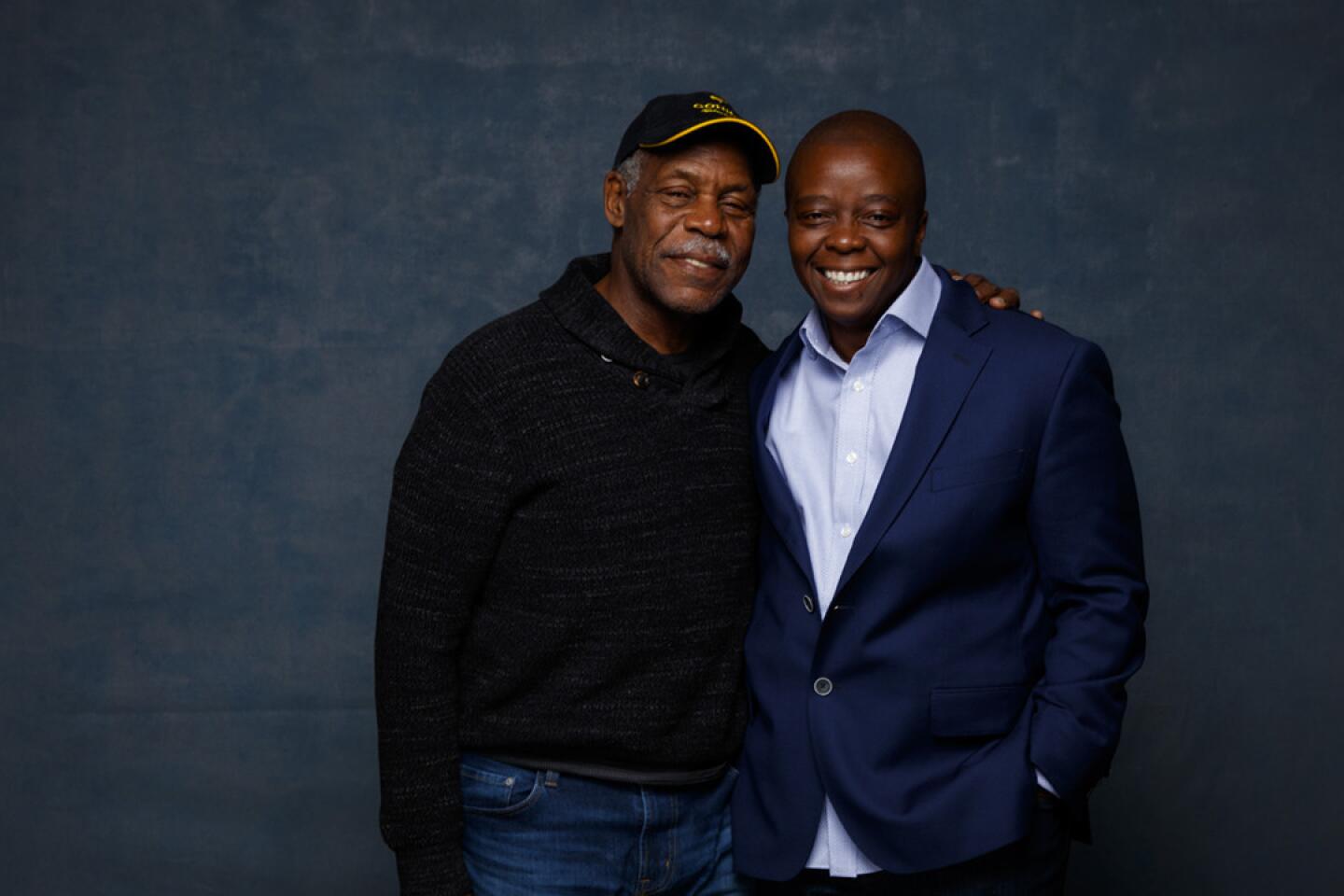
Executive Producer Danny Glover, left, and director Yance Ford from the documentary film “Strong Island.”
(Jay L. Clendenin / Los Angeles Times)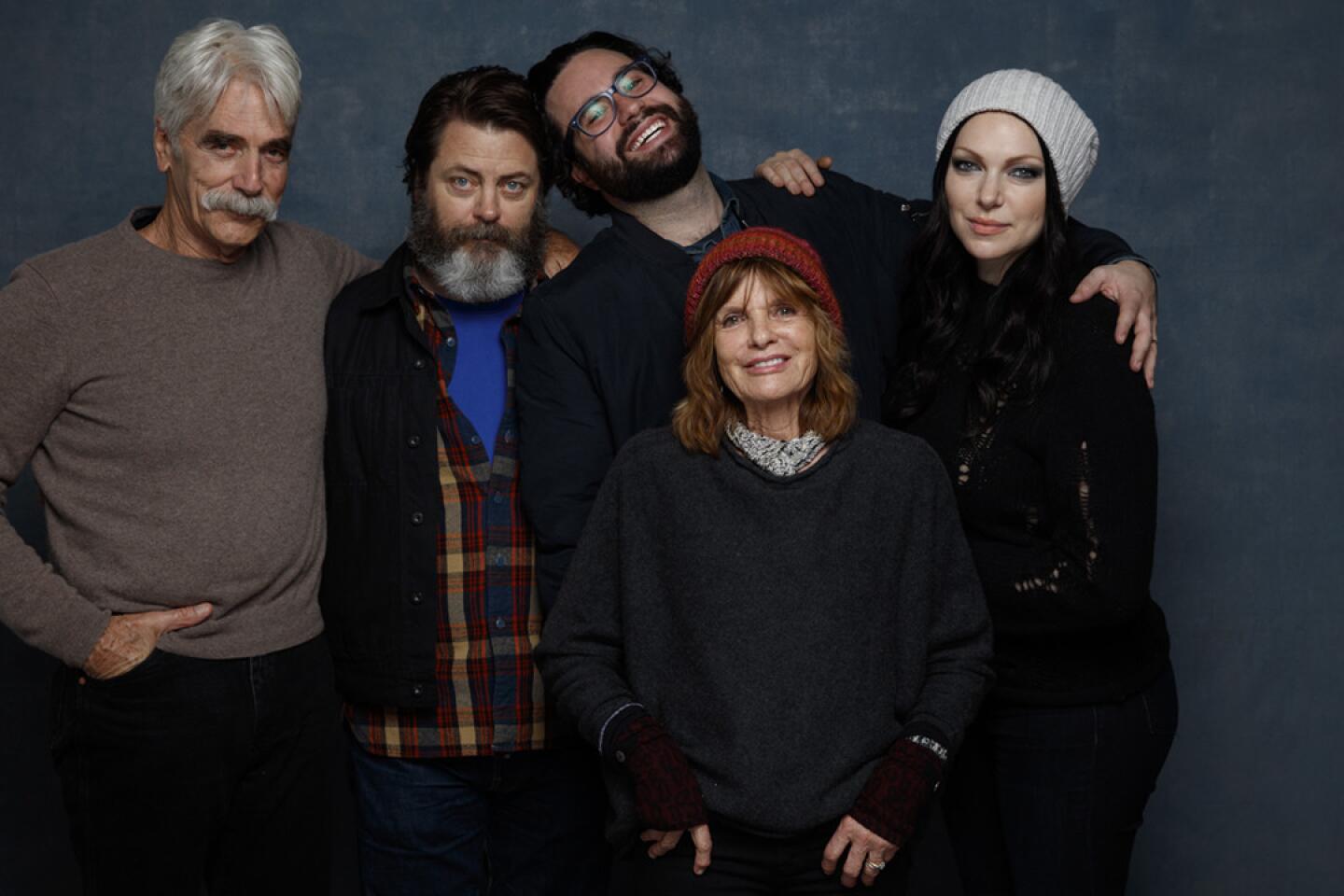
Actor Sam Elliott, left, actor Nick Offerman, director Brett Haley, actress Katharine Ross and actress Laura Prepon from the film “The Hero.”
(Jay L. Clendenin / Los Angeles Times)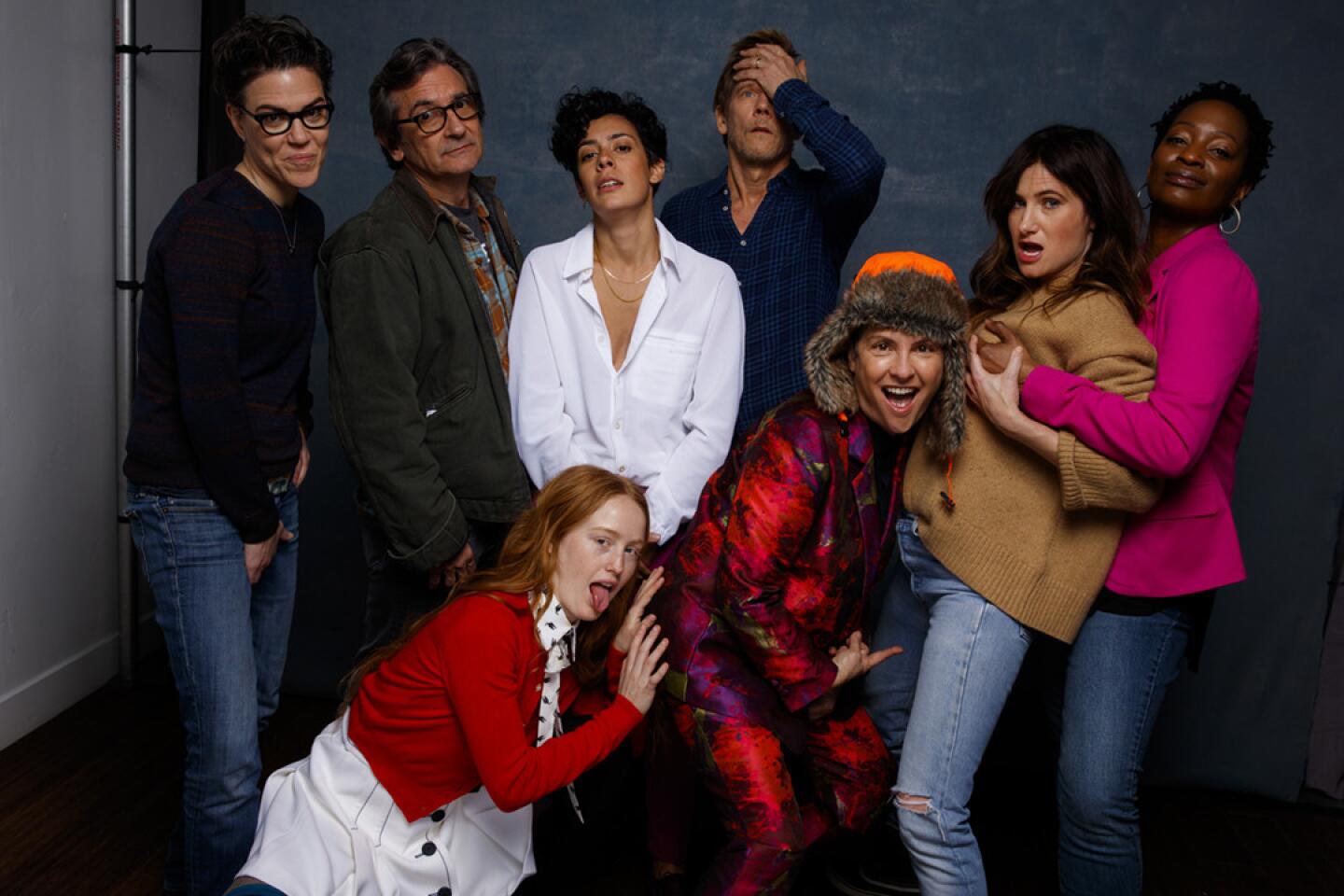
Co-Executive Producer Sarah Gubbins, left, actor Griffin Dunne, actress India Menuez (kneeling), actress Roberta Colindrez, actor Kevin Bacon, director Jill Soloway, actress Kathryn Hahn and Lily Mojekwu from the Amazon series “I Love Dick.”
(Jay L. Clendenin / Los Angeles Times)
Actress Kathryn Hahn, actress Roberta Colindrez and director Jill Soloway from the Amazon series “I Love Dick.”
(Jay L. Clendenin / Los Angeles Times)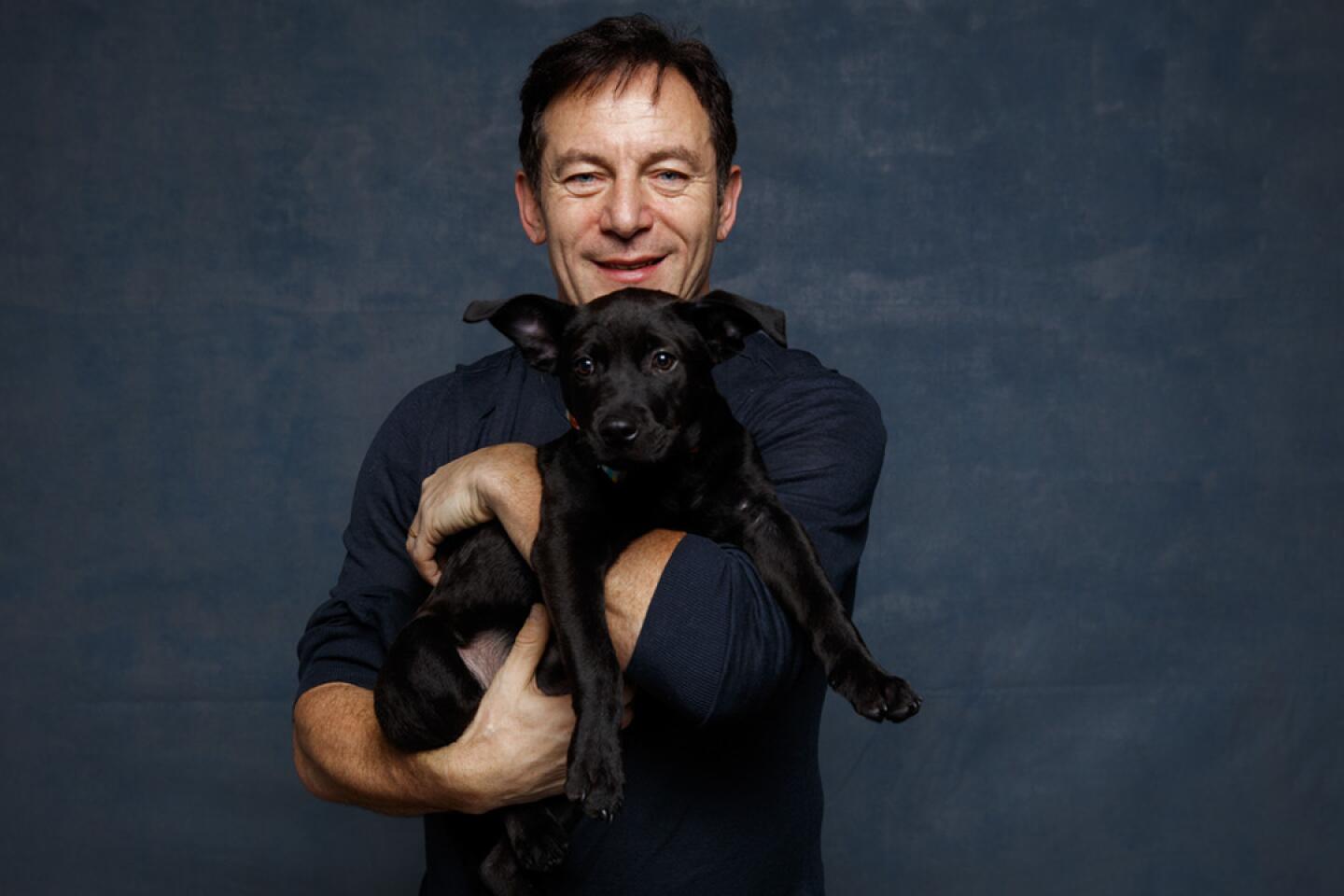
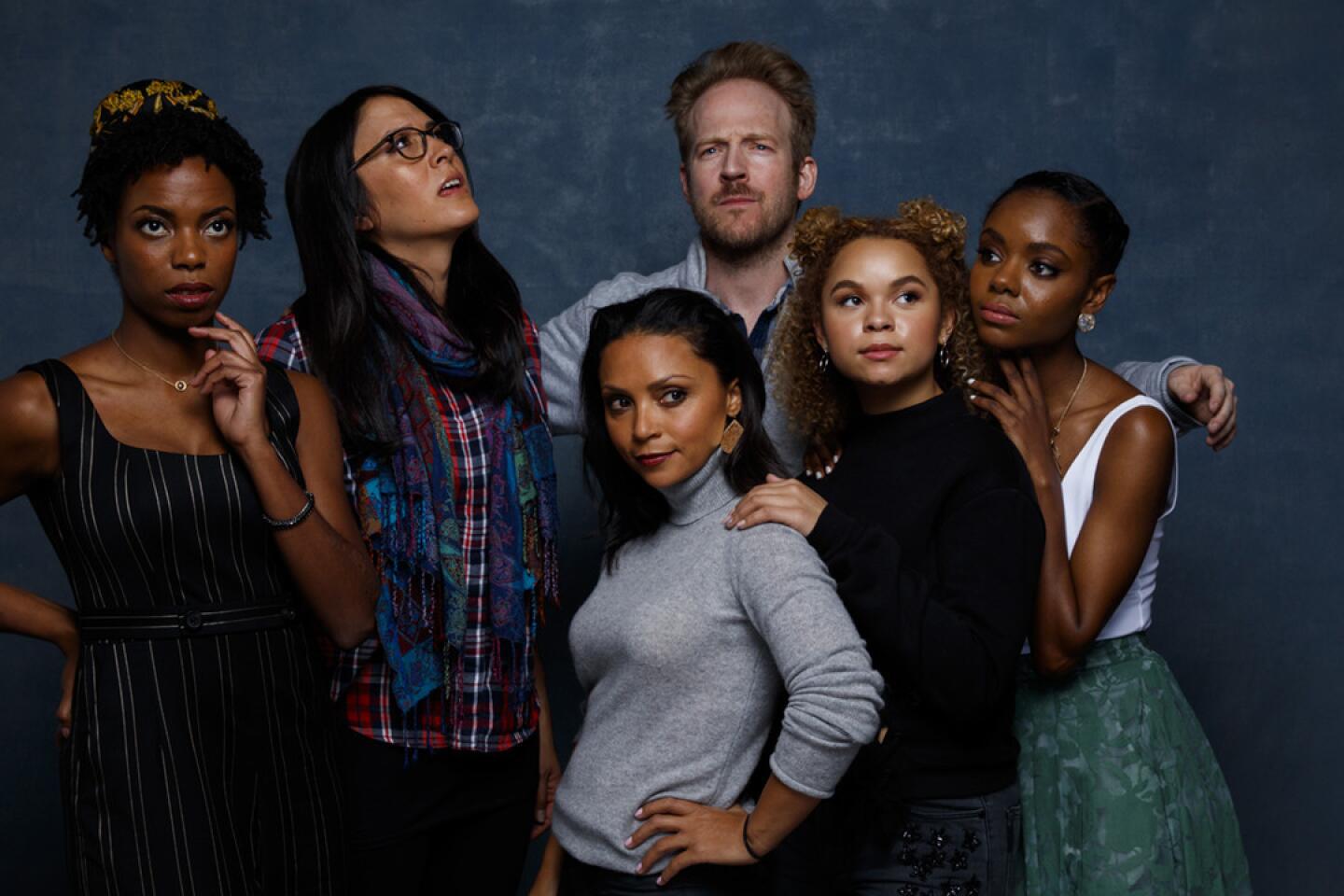
Actor Sasheer Zamata, director Sydney Freeland, actress Danielle Nicolet, actor David Sullivan, actress Rachel Crow and actress Ashleigh Murray, from the film “Diedra and Laney Rob a Train.”
(Jay L. Clendenin / Los Angeles Times)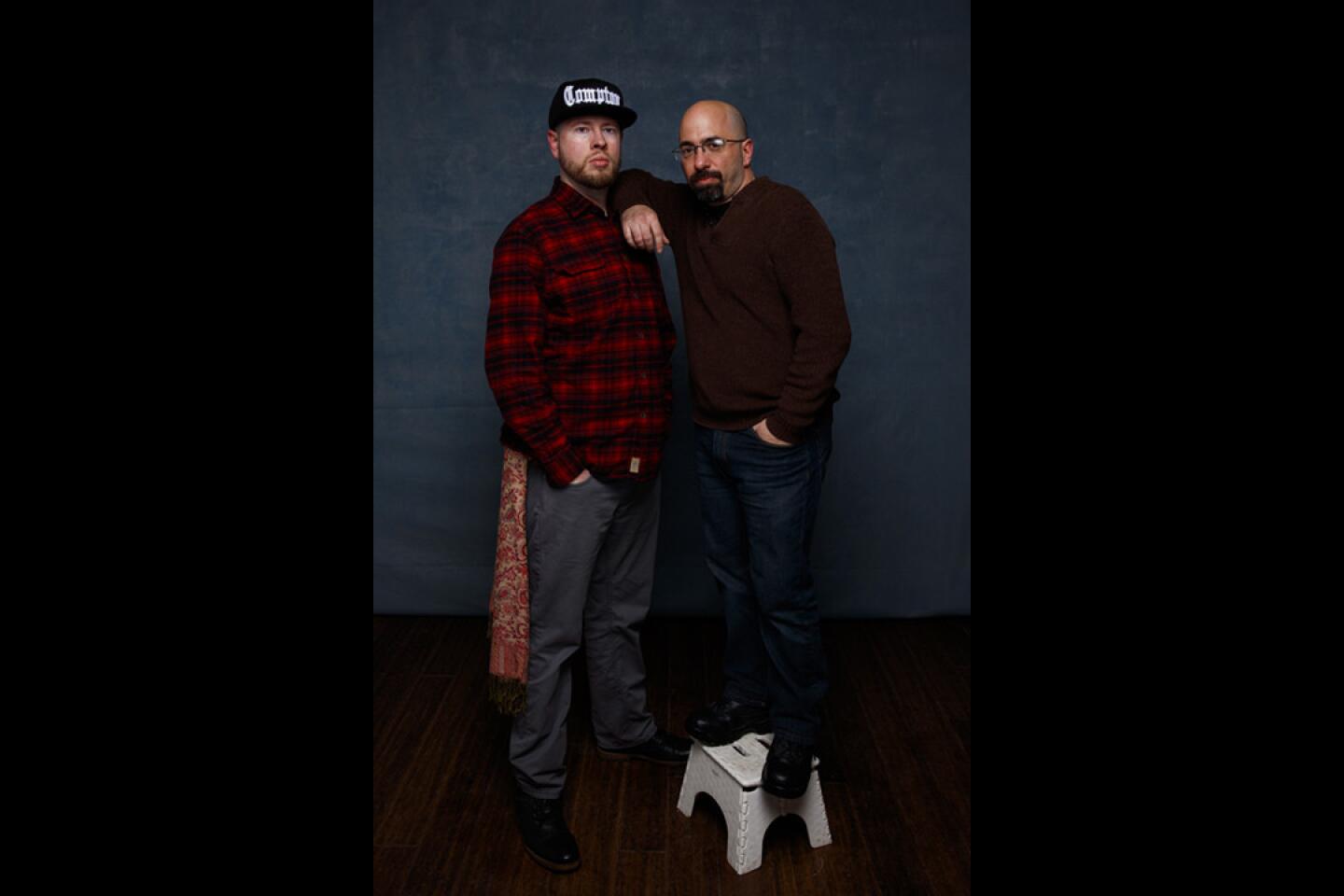
Actor Daniel Houck and director Stefan Avalos from the documentary film “Strad Style.”
(Jay L. Clendenin / Los Angeles Times)
Actor Jeremy Renner from the film “Wind River,.”
(Jay L. Clendenin / Los Angeles Times)
Director/actor Zoe Lister-Jones from the film “Band Aid.”
(Jay L. Clendenin / Los Angeles Times)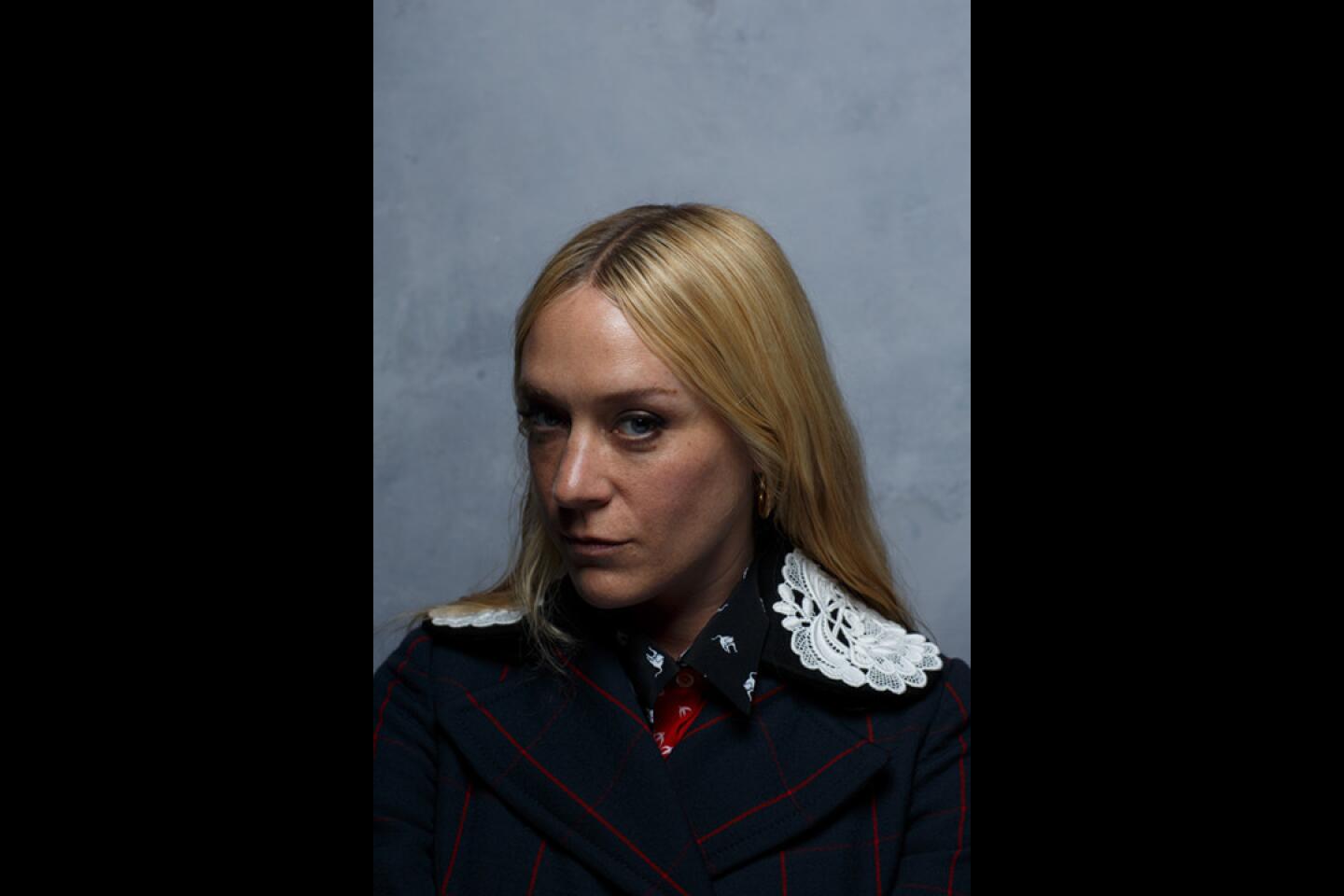
Actress Chloe Sevigny from the film “Golden Exits.”
(Jay L. Clendenin / Los Angeles Times)
Actor Jack Black from the film “The Polka King.”
(Jay L. Clendenin / Los Angeles Times)
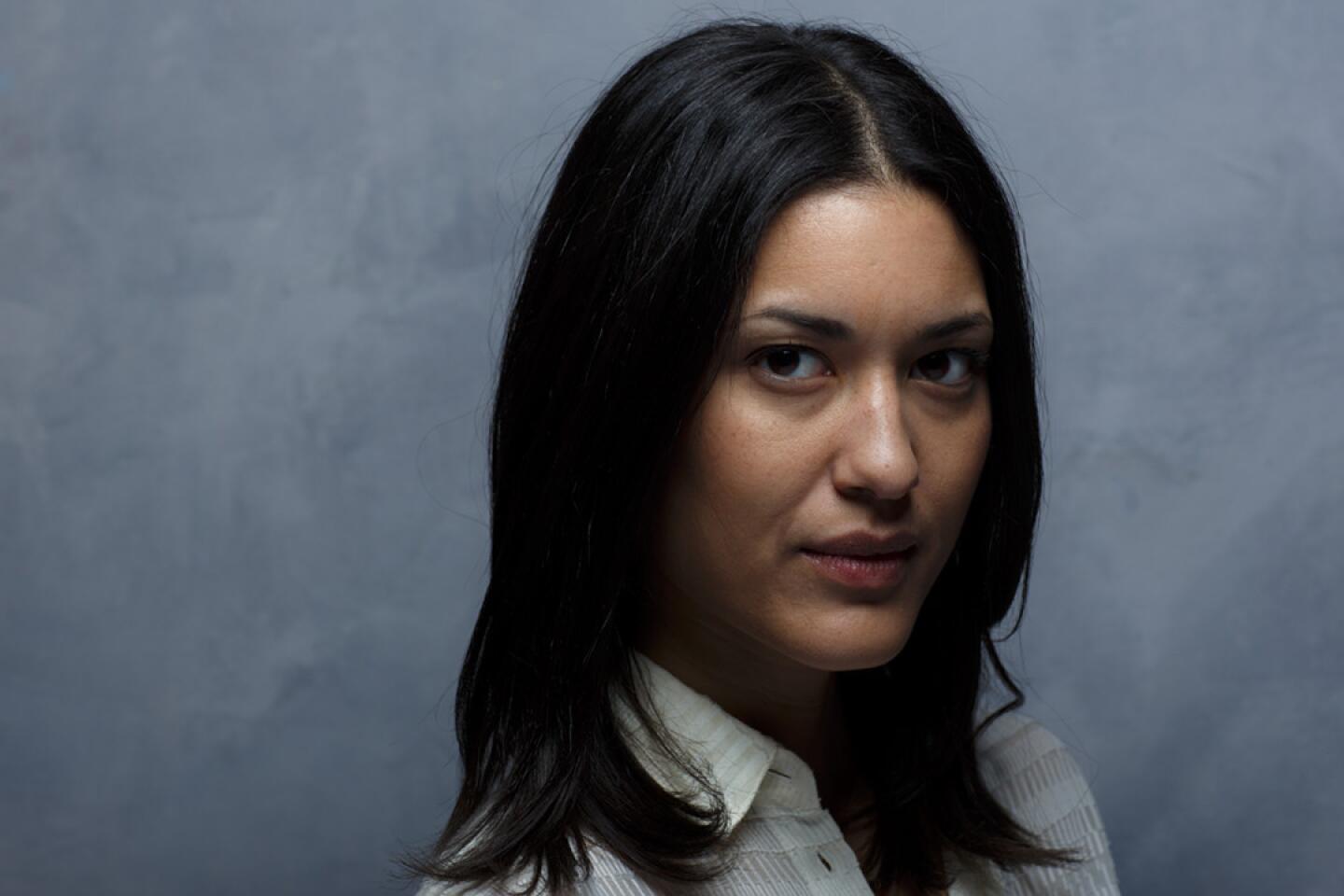
Actress Julia Jones from the film “Wind River.”
(Jay L. Clendenin / Los Angeles Times)
Actress Kelsy Asbille from the film “Wind River.”
(Jay L. Clendenin / Los Angeles Times)
Actress America Ferrera from the new Web series “Gente-fied.”
(Jay L. Clendenin / Los Angeles Times)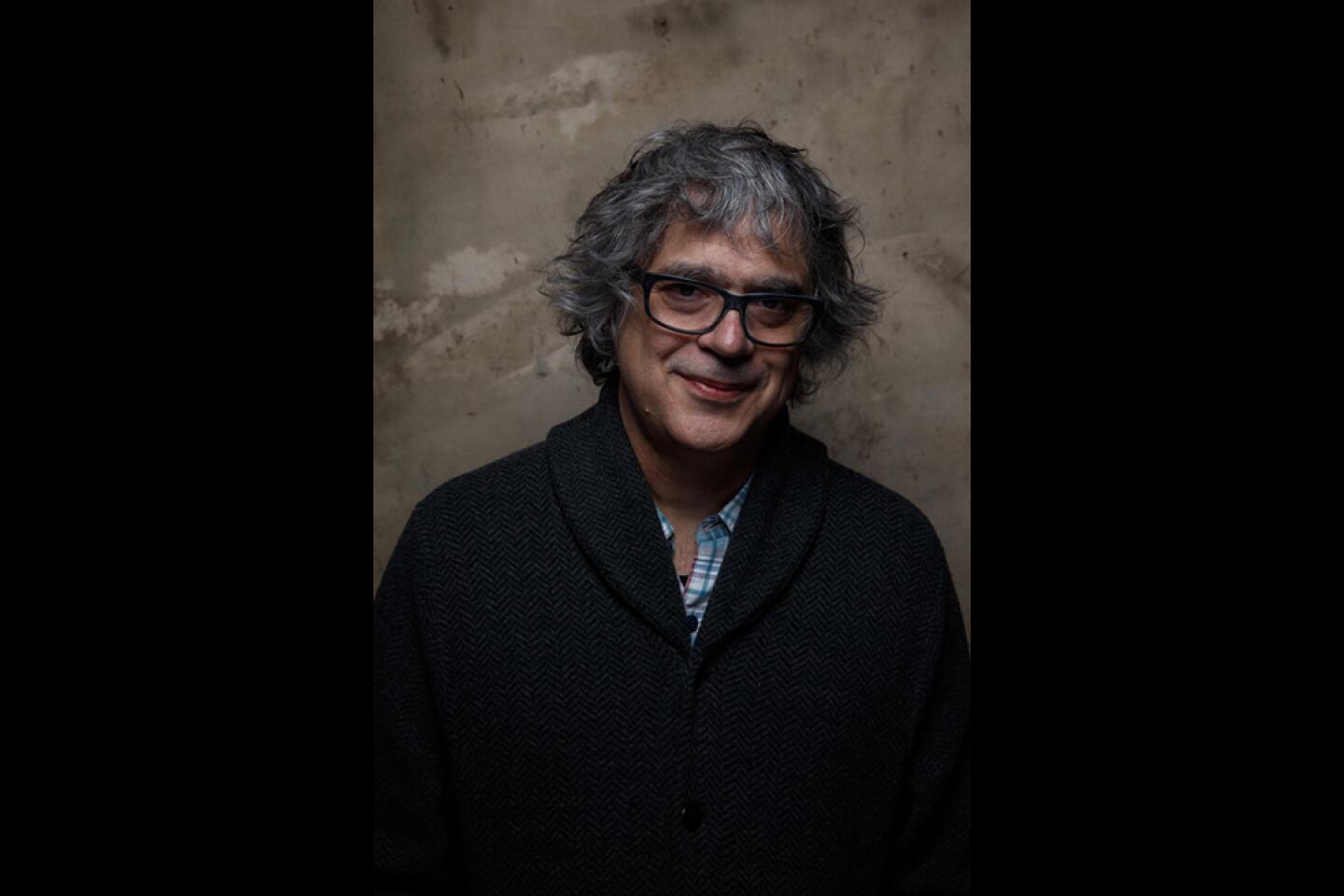
Director Miguel Arteta from the film “Beatriz at Dinner.”
(Jay L. Clendenin / Los Angeles Times)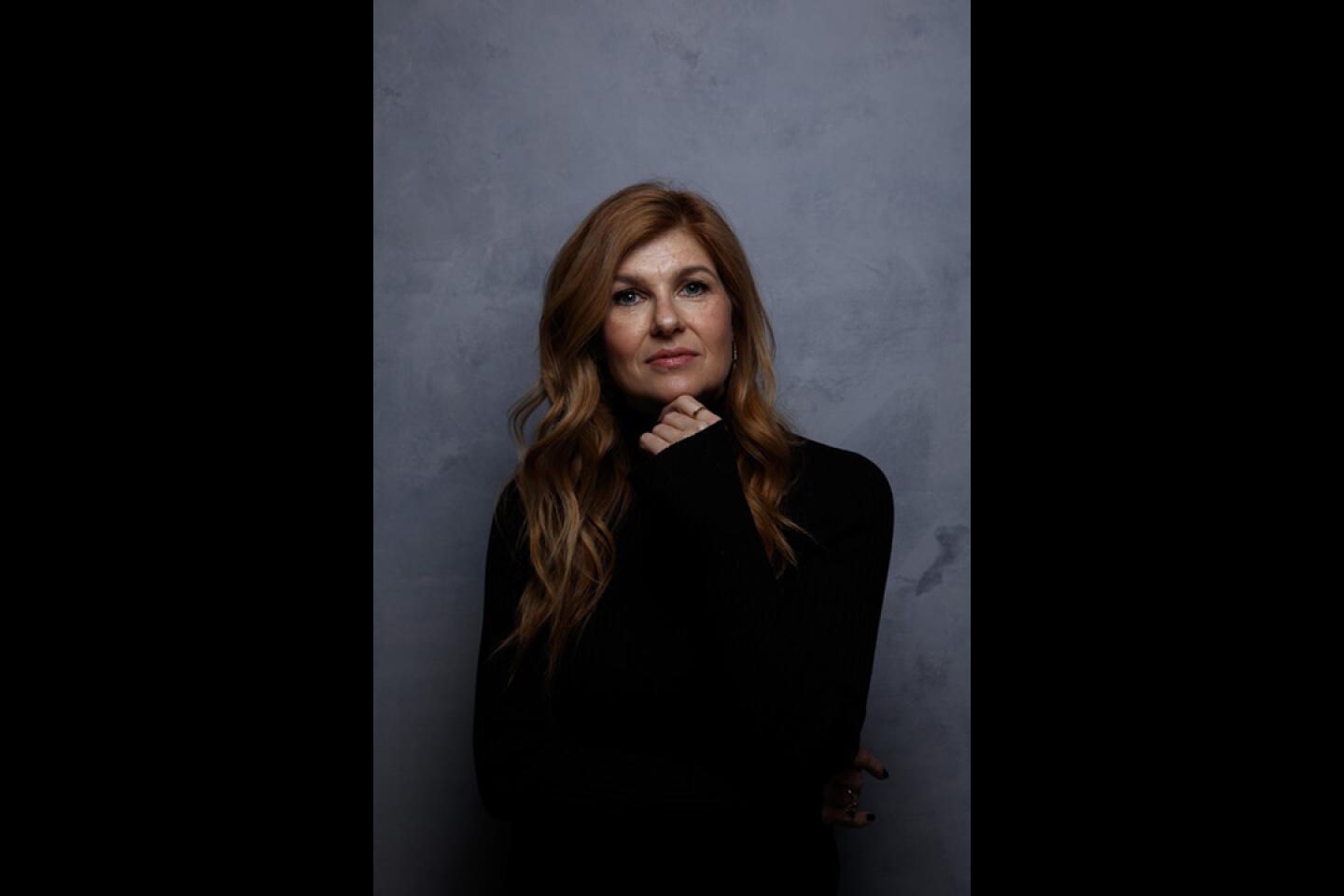
Actress Connie Britton from the film “Beatriz at Dinner.”
(Jay L. Clendenin / Los Angeles Times)
Actress Salma Hayek from the film “Beatriz at Dinner.”
(Jay L. Clendenin / Los Angeles Times)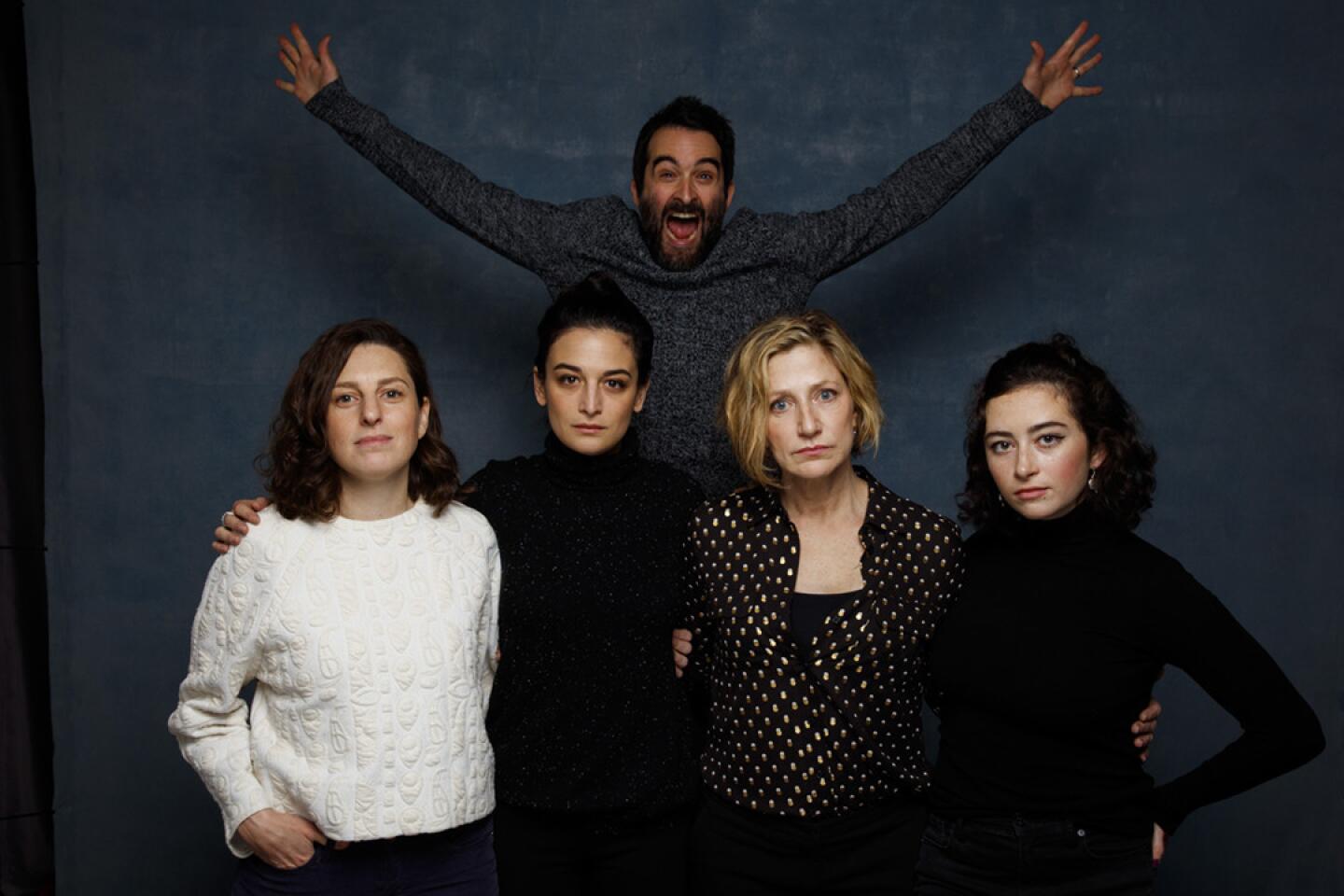
Actor Jay Duplass jumps behind writer-director Gillian Robespierre, actress Jenny Slate, actress Edie Falco and actress Abby Quinn from the film “Landline.”
(Jay L. Clendenin / Los Angeles Times)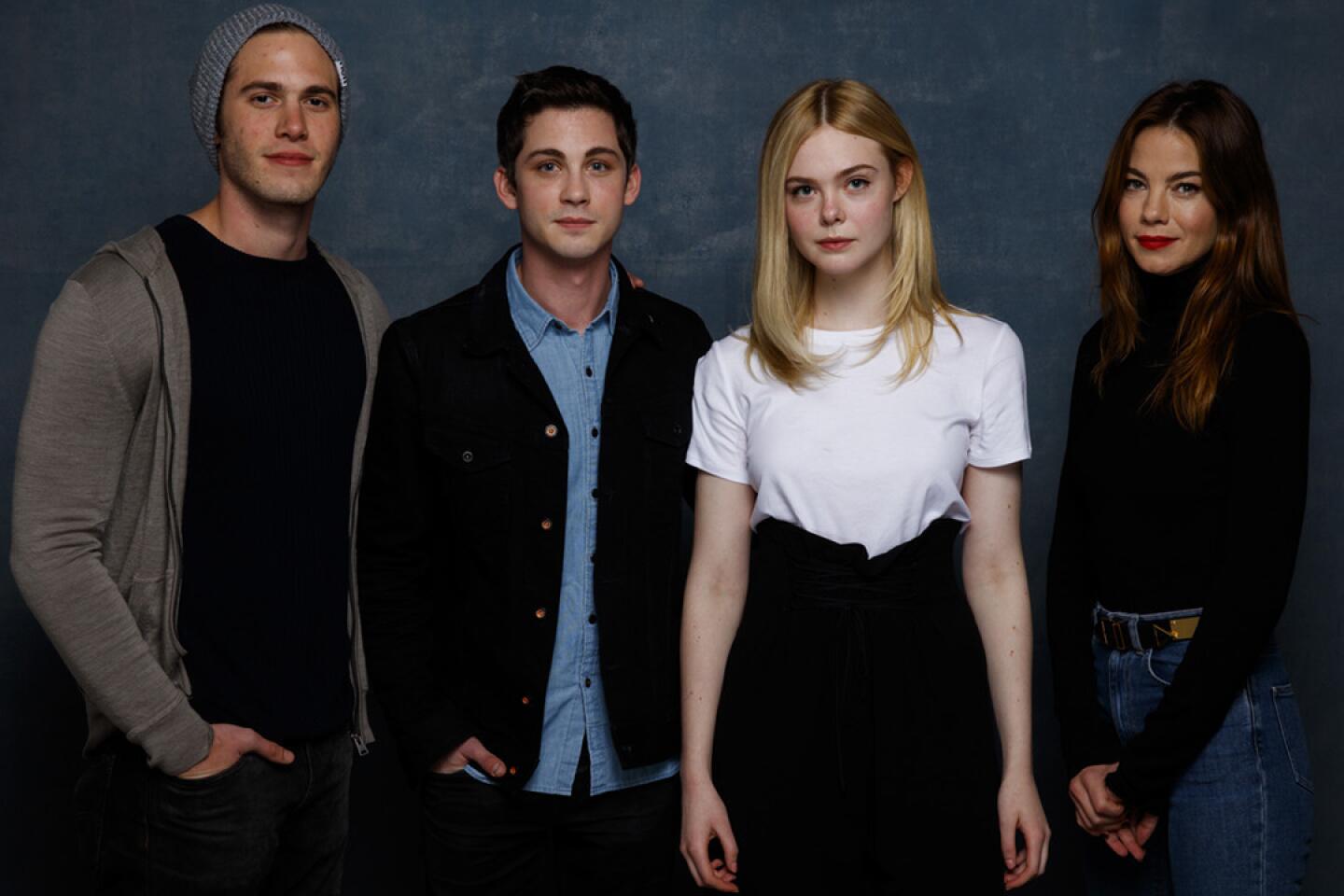
Actor Blake Jenner, actor Logan Lerman, actress Elle Fanning and actress Michelle Monaghan from the film “Sidney Hall.”
(Jay L. Clendenin / Los Angeles Times)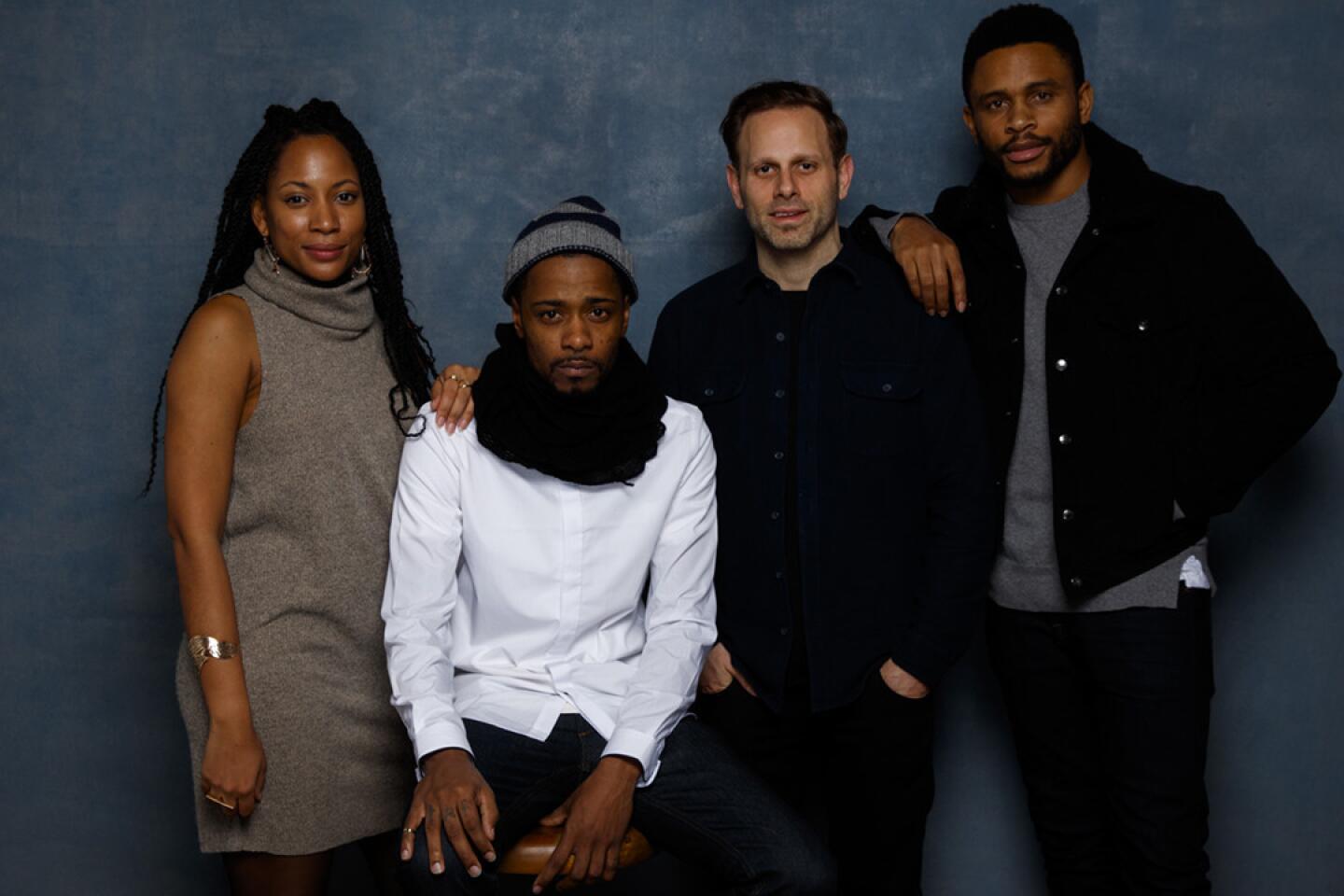
Actress Natalie Paul, left, actor Lakeith Stanfield, screenwriter Matt Ruskin and actor-producer Nnamdi Asomugha, from the film “Crown Heights.”
(Jay L. Clendenin / Los Angeles Times)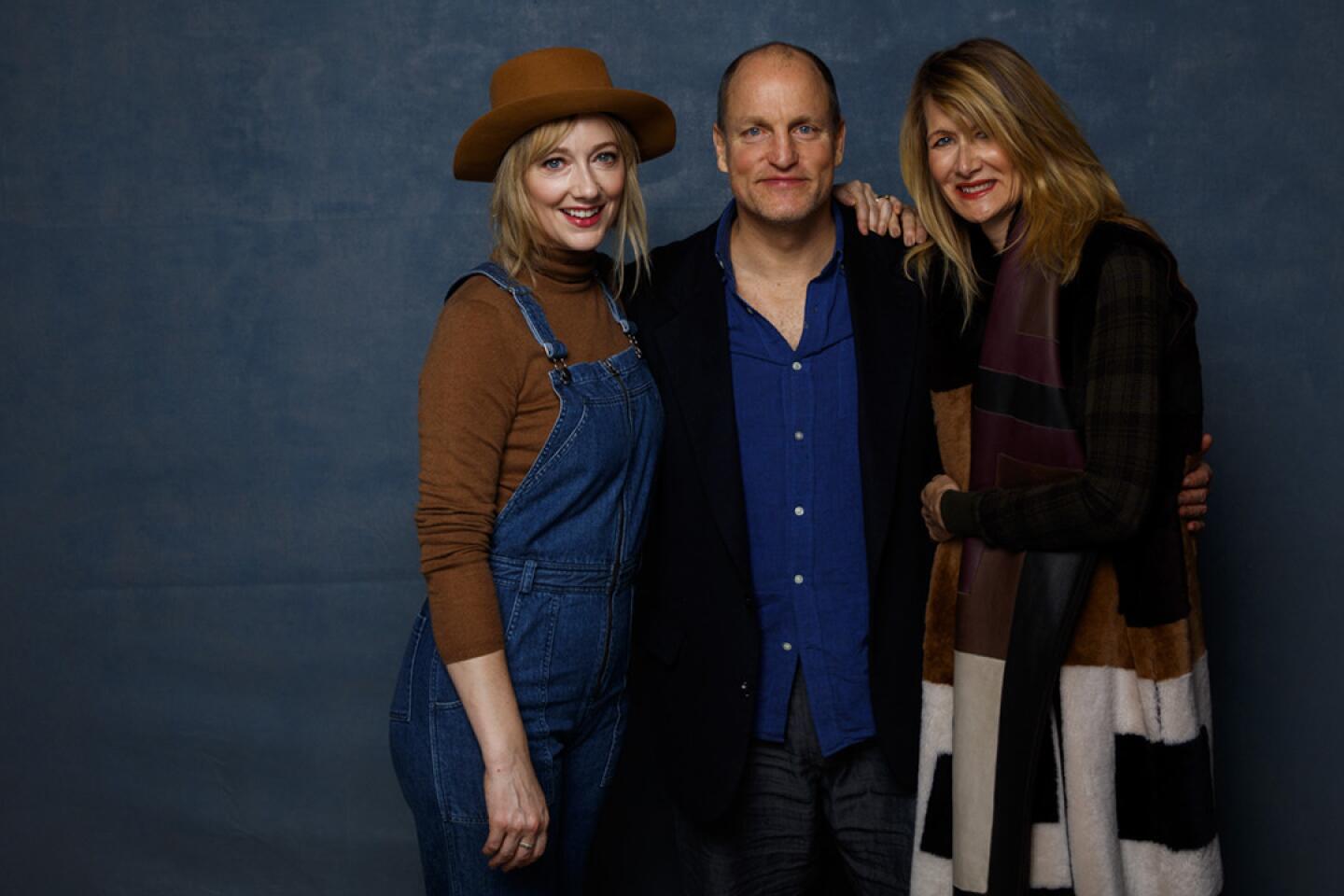
Actress Judy Greer, left, actor Woody Harrelson and actress Laura Dein, from the film “Wilson.”
(Jay L. Clendenin / Los Angeles Times)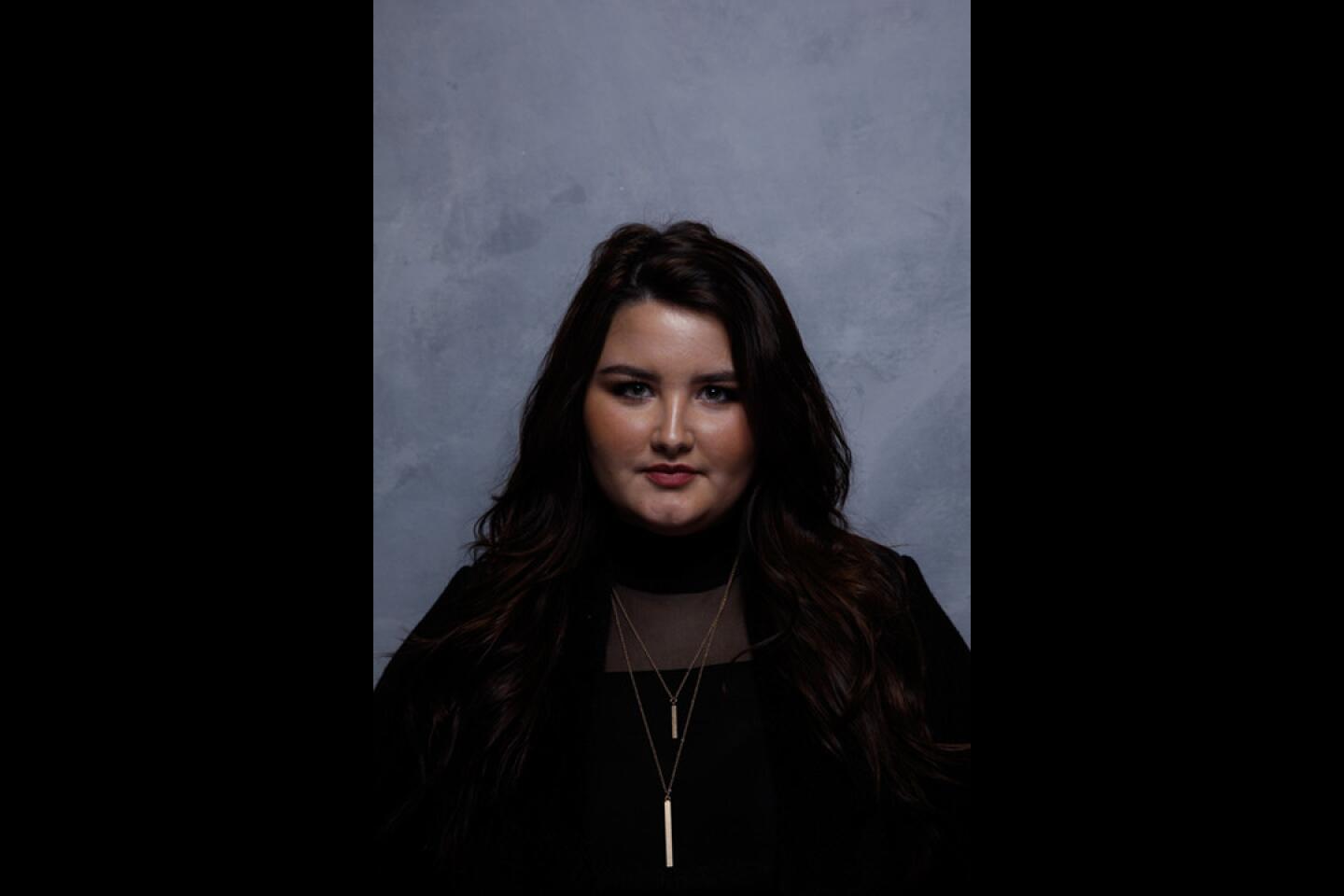
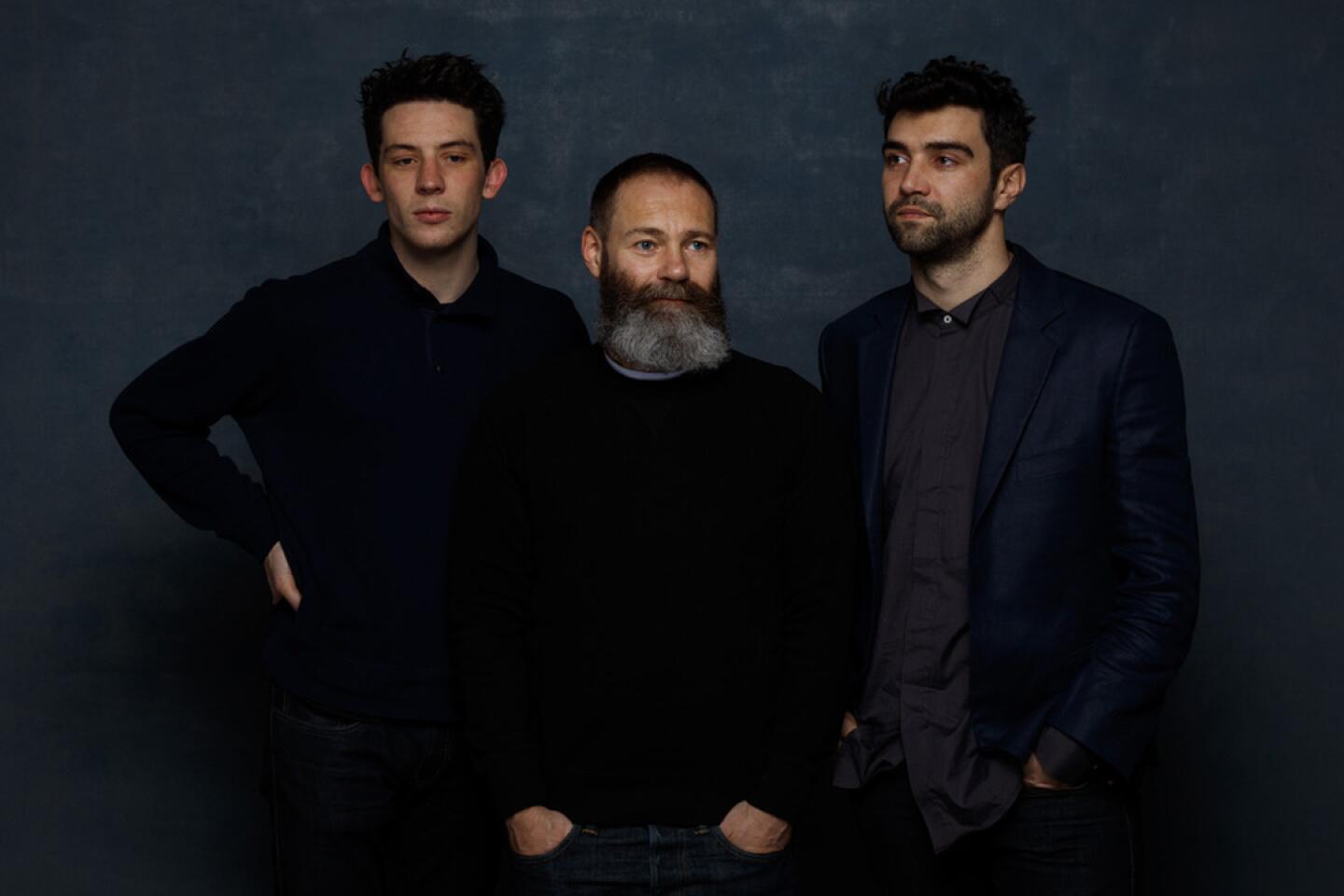
Actor Josh O’Connor, left, director Francis Lee and actor Alec Secareanu, from the film “God’s Own Country.”
(Jay L. Clendenin / Los Angeles Times)
Jaque Fragua, director Michelle Latimer, center, and Sarain Carson-Fox, from the documentary film “Rise.”
(Jay L. Clendenin / Los Angeles Times)
Director Amir Bar-Lev, left, Steve Parrish and Trixie Garcia, from the documentary film “Long Strange Trip.”
(Jay L. Clendenin / Los Angeles Times)

Actor-producer Nnamdi Asomugha, from the film “Crown Heights.”
(Jay L. Clendenin / Los Angeles Times)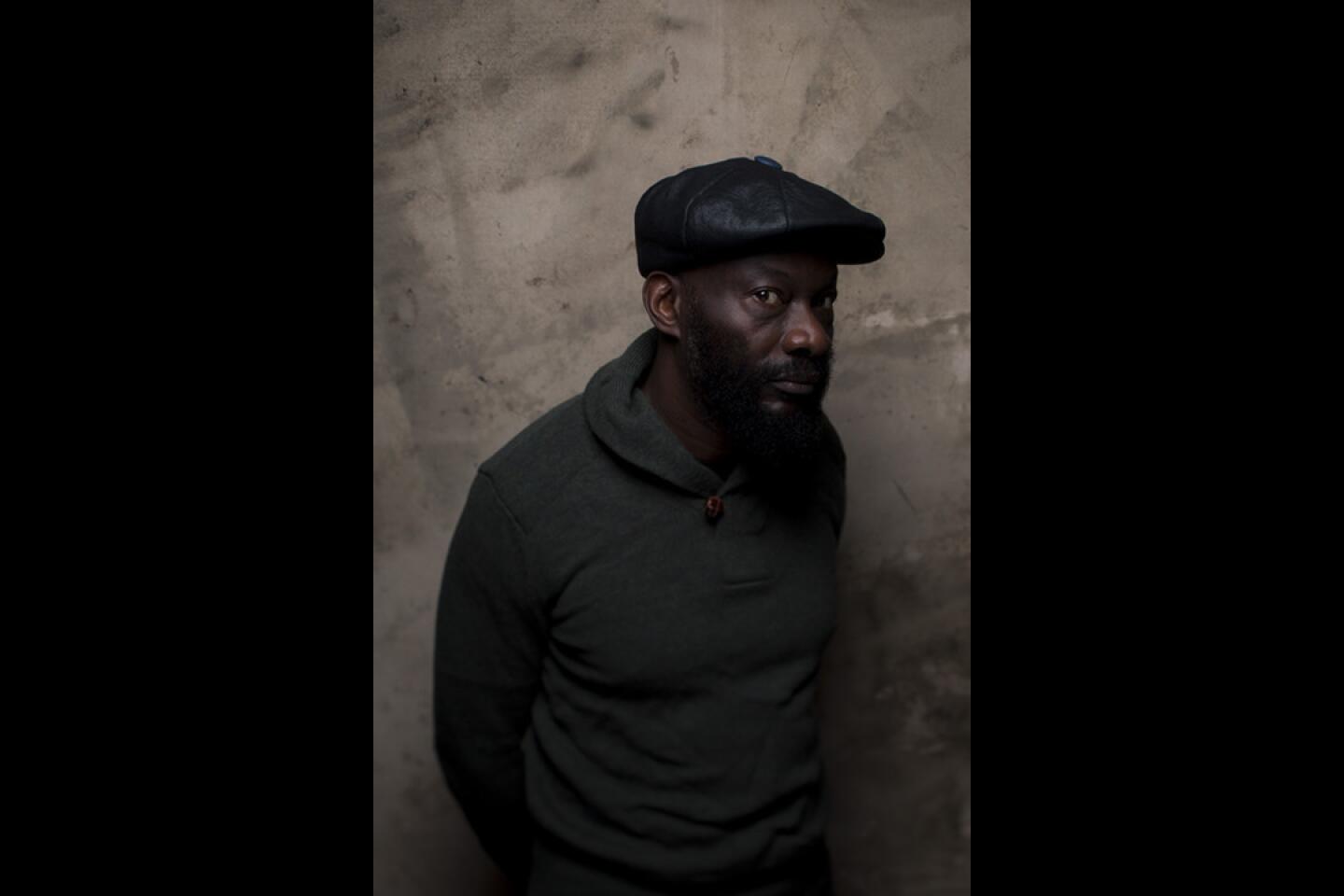
Director Andrew Dosunmu from the film “Where Is Kyra.”
(Jay L. Clendenin / Los Angeles Times)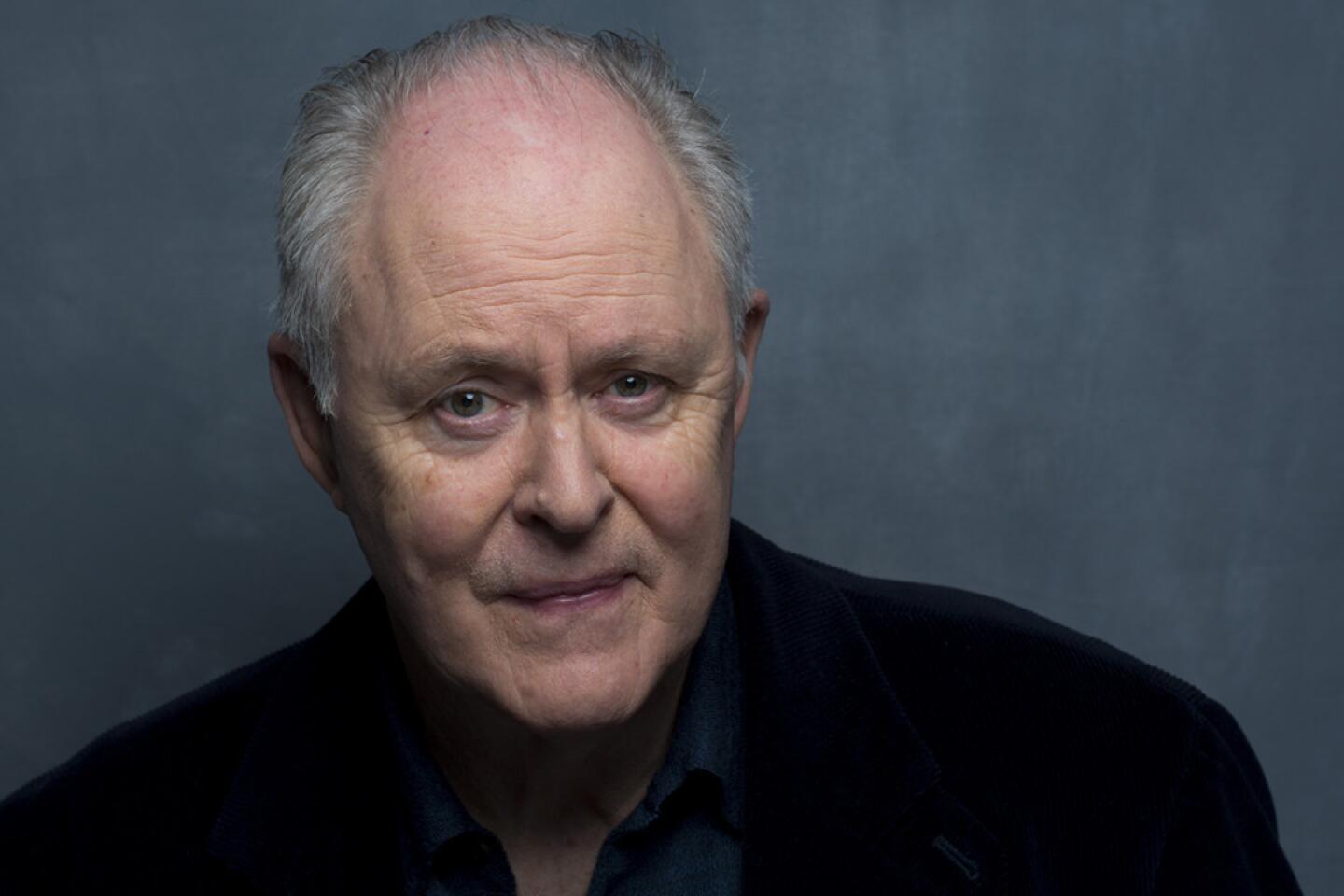
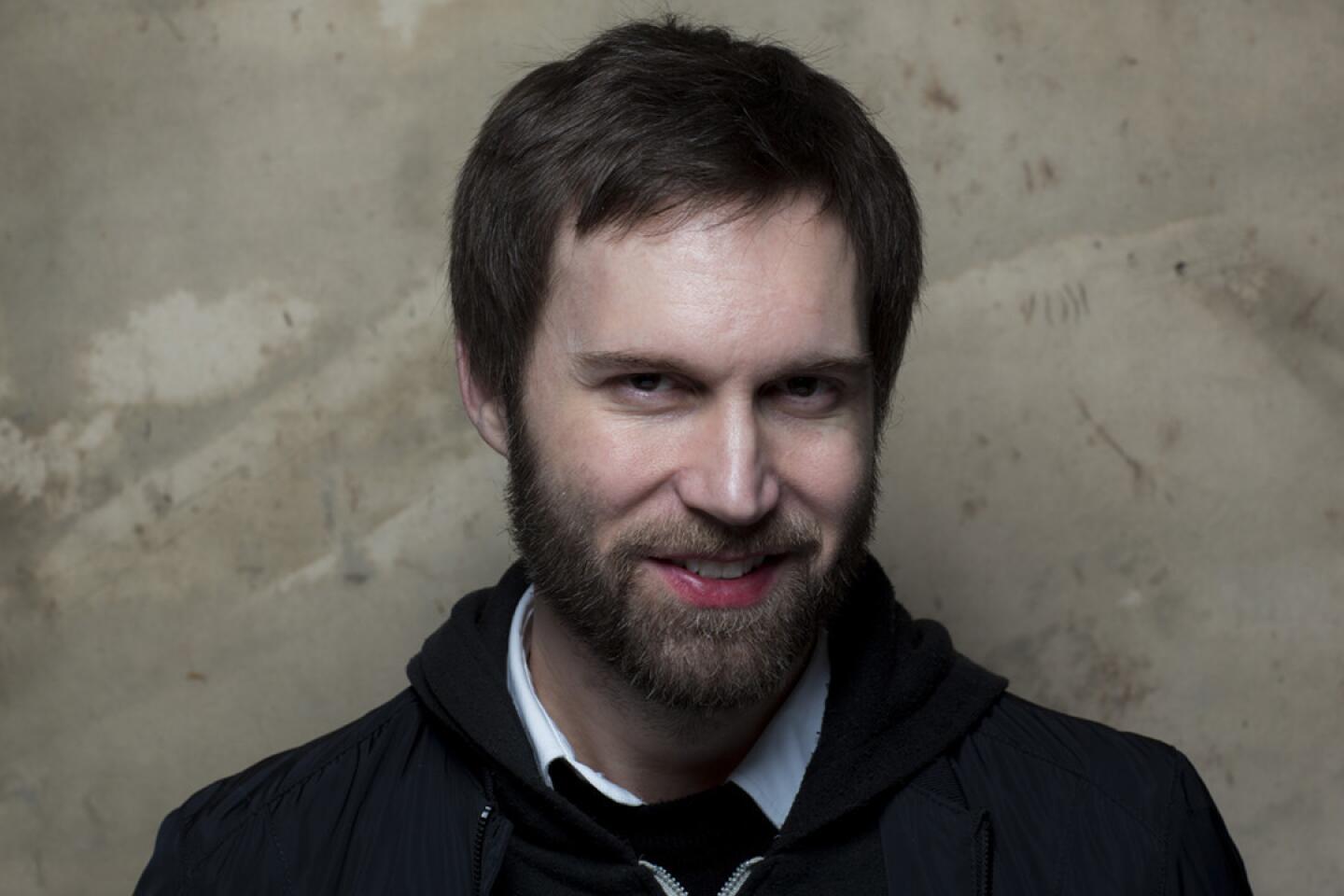
Director Shawn Christensen from the film “Sidney Hall.”
(Jay L. Clendenin / Los Angeles Times)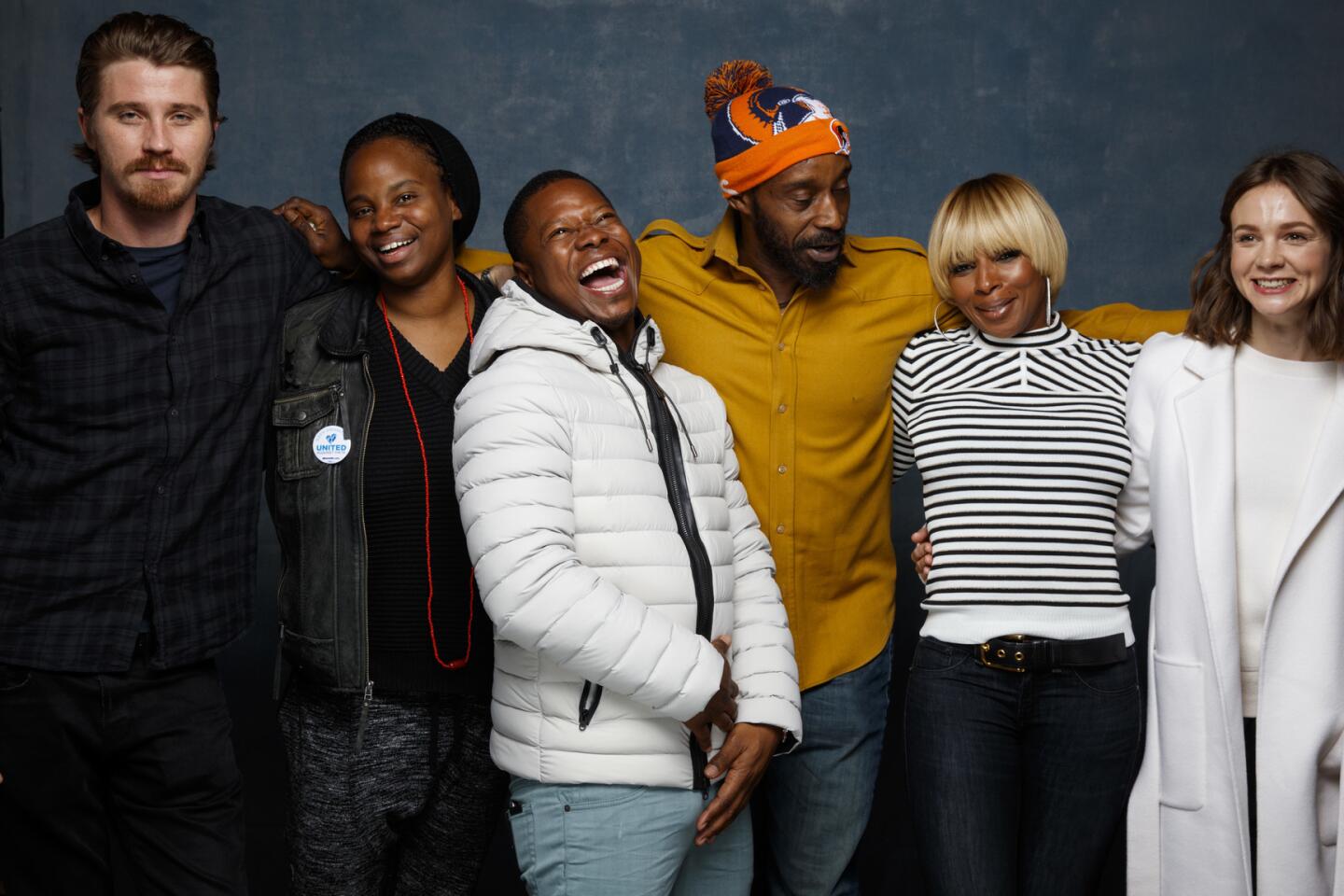
Actor Garrett Hedlund, director Dee Rees, actor Rob Morgan, musician Mary J. Blige, and actress Cary Mulligan from the film “Mudbound.”
(Jay L. Clendenin / Los Angeles Times)
Geremy Jasper, director and writer of the film “Patti Cake$.”
(Jay L. Clendenin / Los Angeles Times)


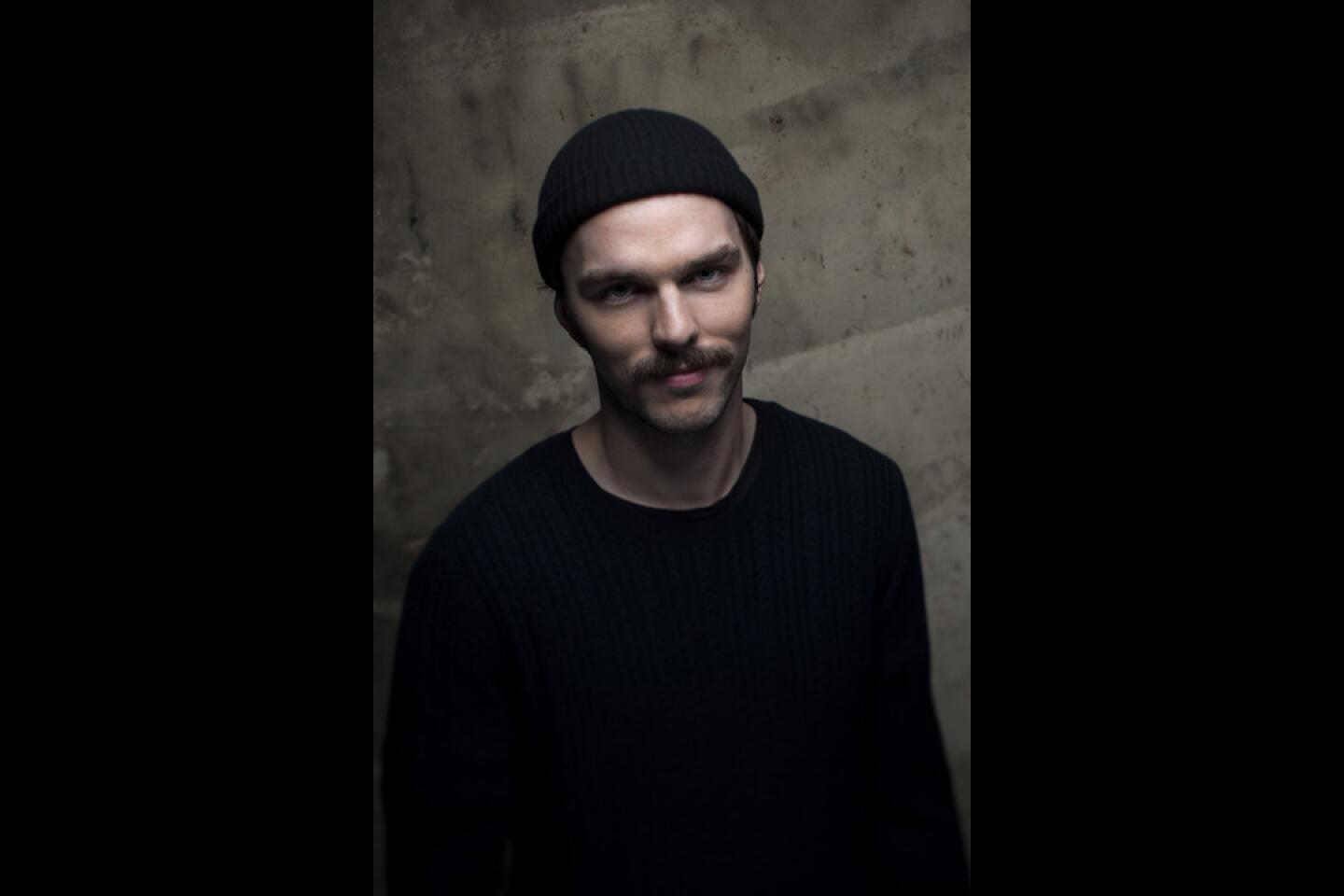

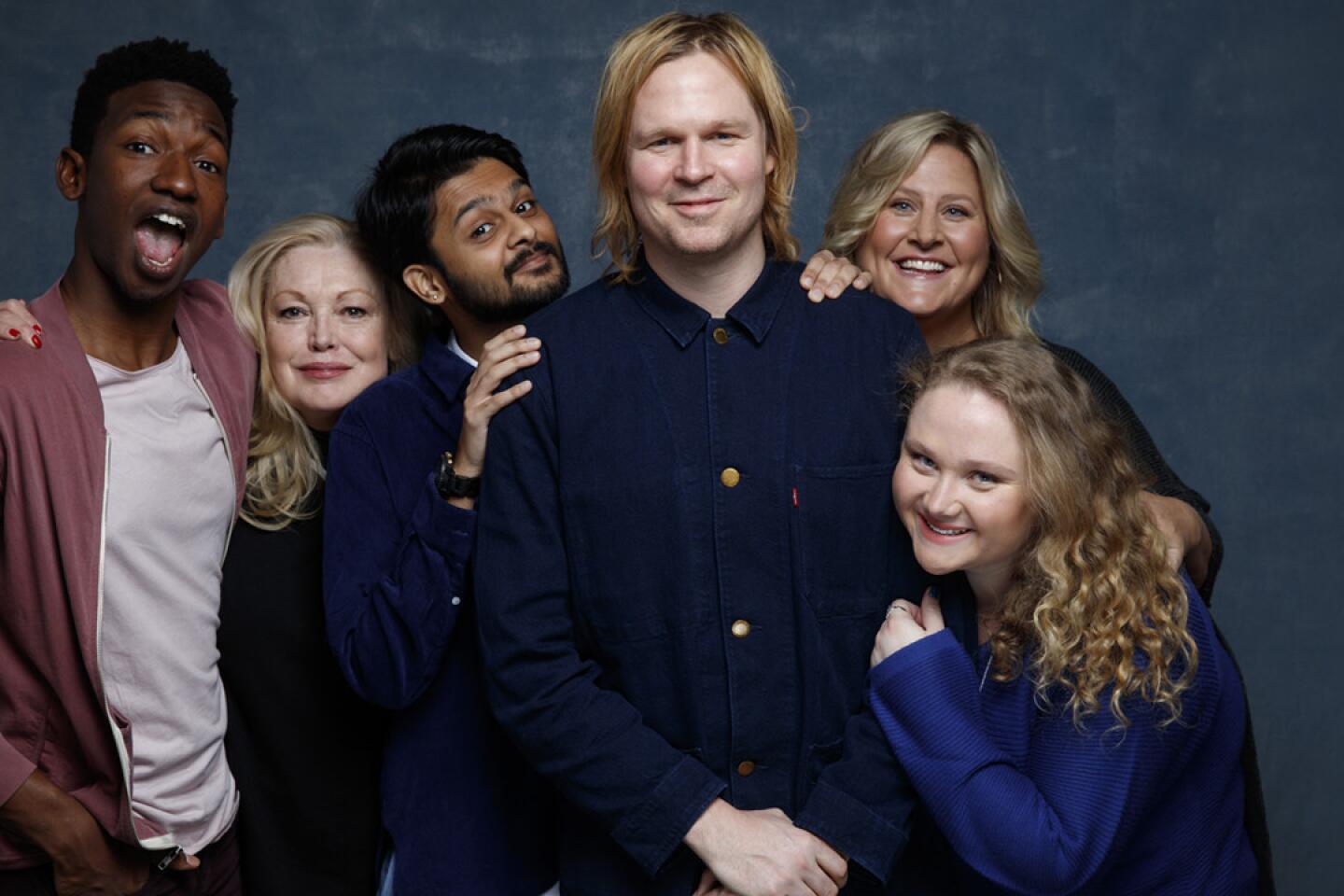
Actor Mamoudou Athie, left, actress Cathy Moriarty, actor Siddharth Dhananjay, director-writer Geremy Jasper, actress Bridget Everett and actress Danielle Macdonald from the film “Patti Cake$.”
(Jay L. Clendenin / Los Angeles Times)
Director Evgeny Afineevsky and subject Kholoud Helmi from the HBO documentary film “Cries From Syria.”
(Jay L. Clendenin / Los Angeles Times)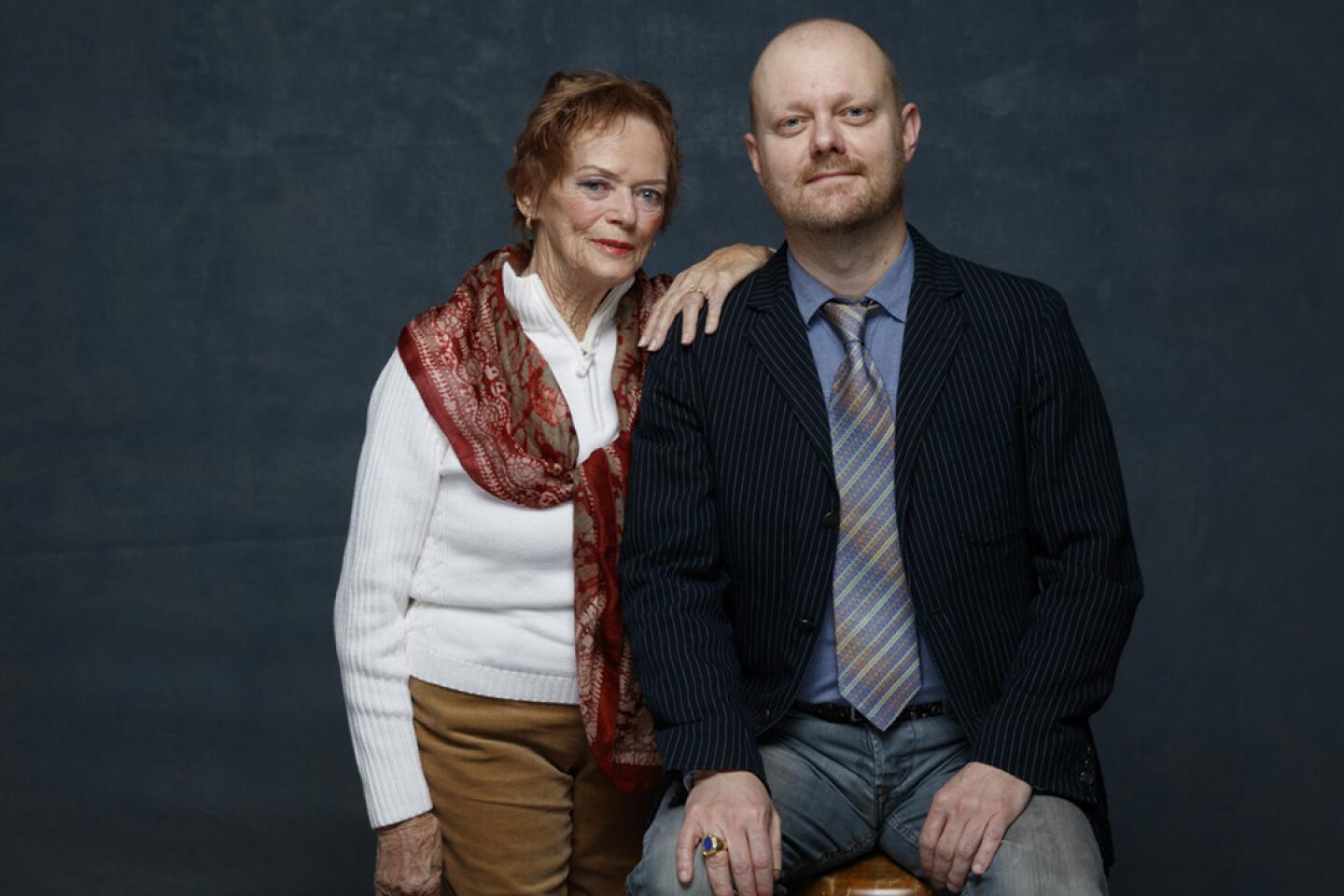
Subject Marli Renfro and director Alexandre O. Philippe from the documentary film “78/52.”
(Jay L. Clendenin / Los Angeles Times)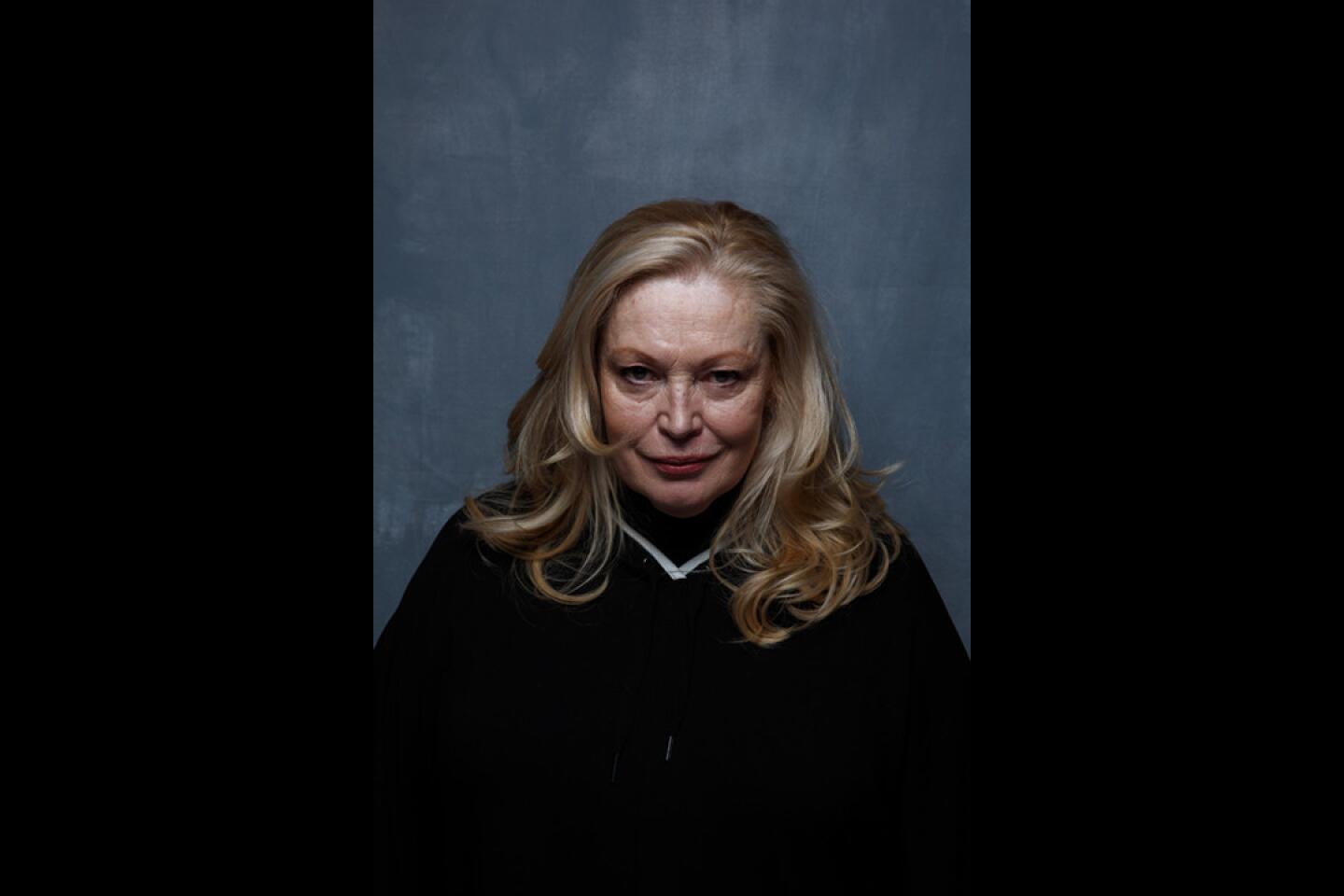

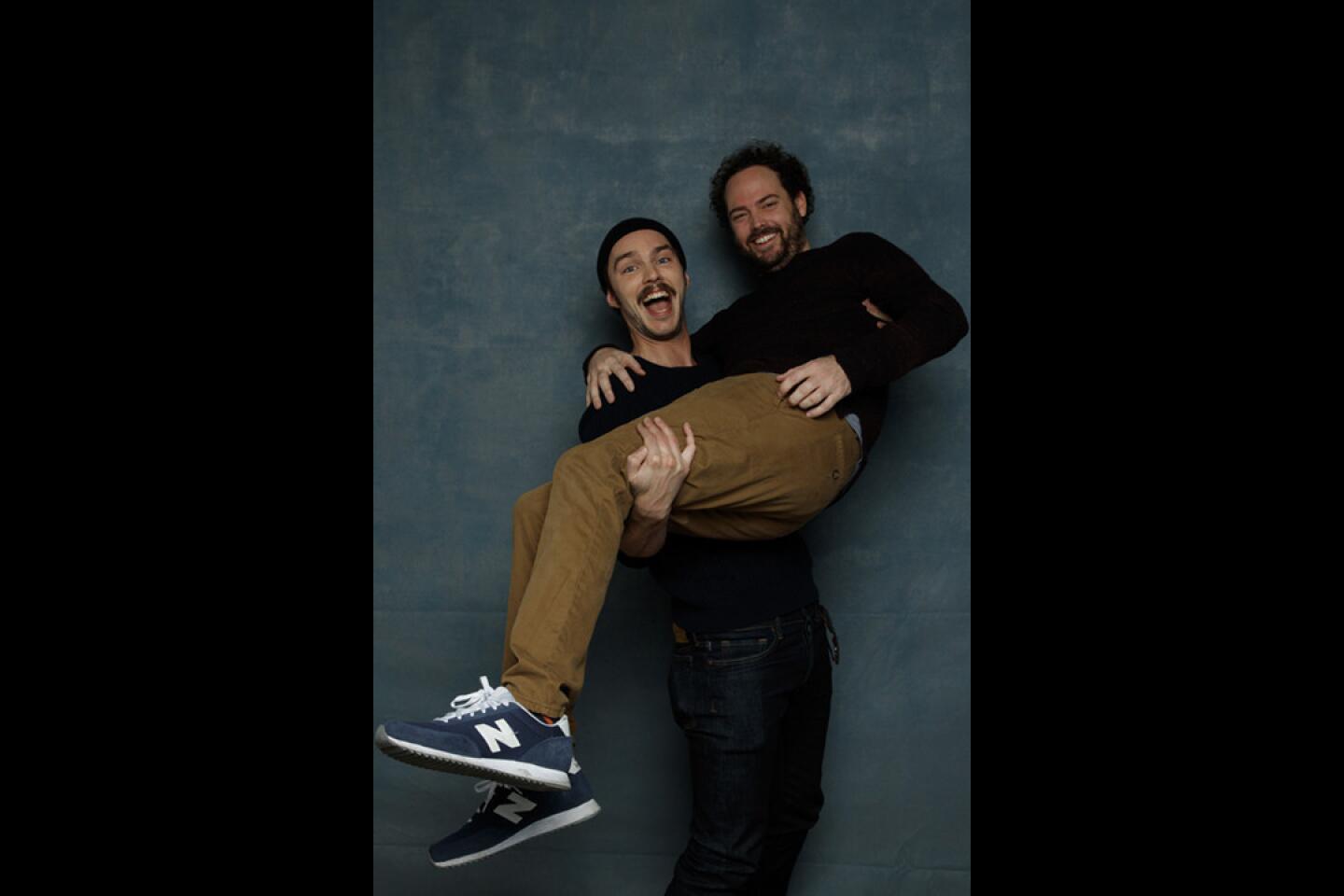

Ben York Jones, screenwriter of the film “Newness.”
(Jay L. Clendenin / Los Angeles Times)
Actress Aisha Tyler, who participated in the Women’s March through Park City.
(Jay L. Clendenin / Los Angeles Times)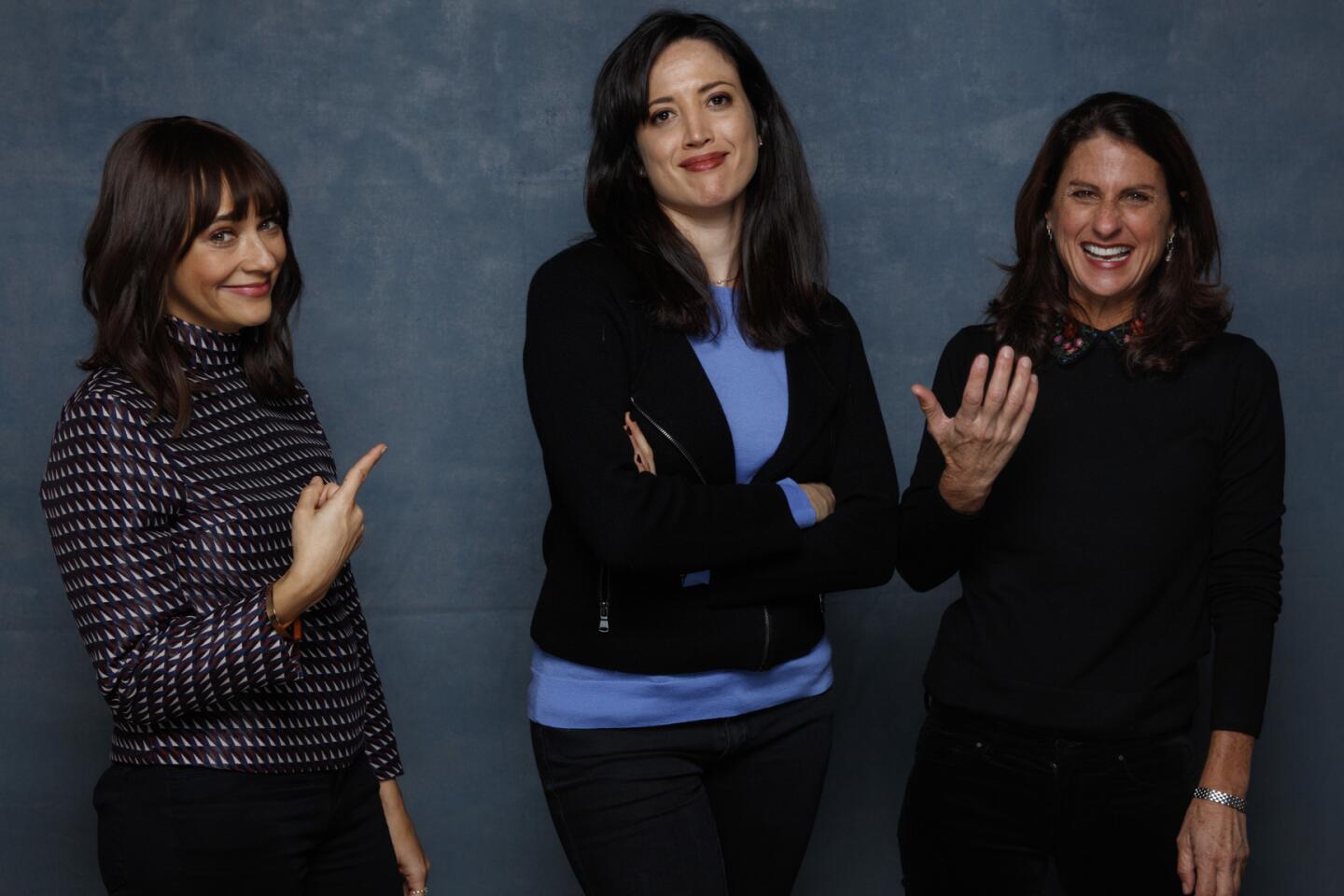
Rashida Jones, Jill Bauer, and Ronna Gradus of the film, “Hot Girls Wanted: Turned On.”
(Jay L. Clendenin / Los Angeles Times)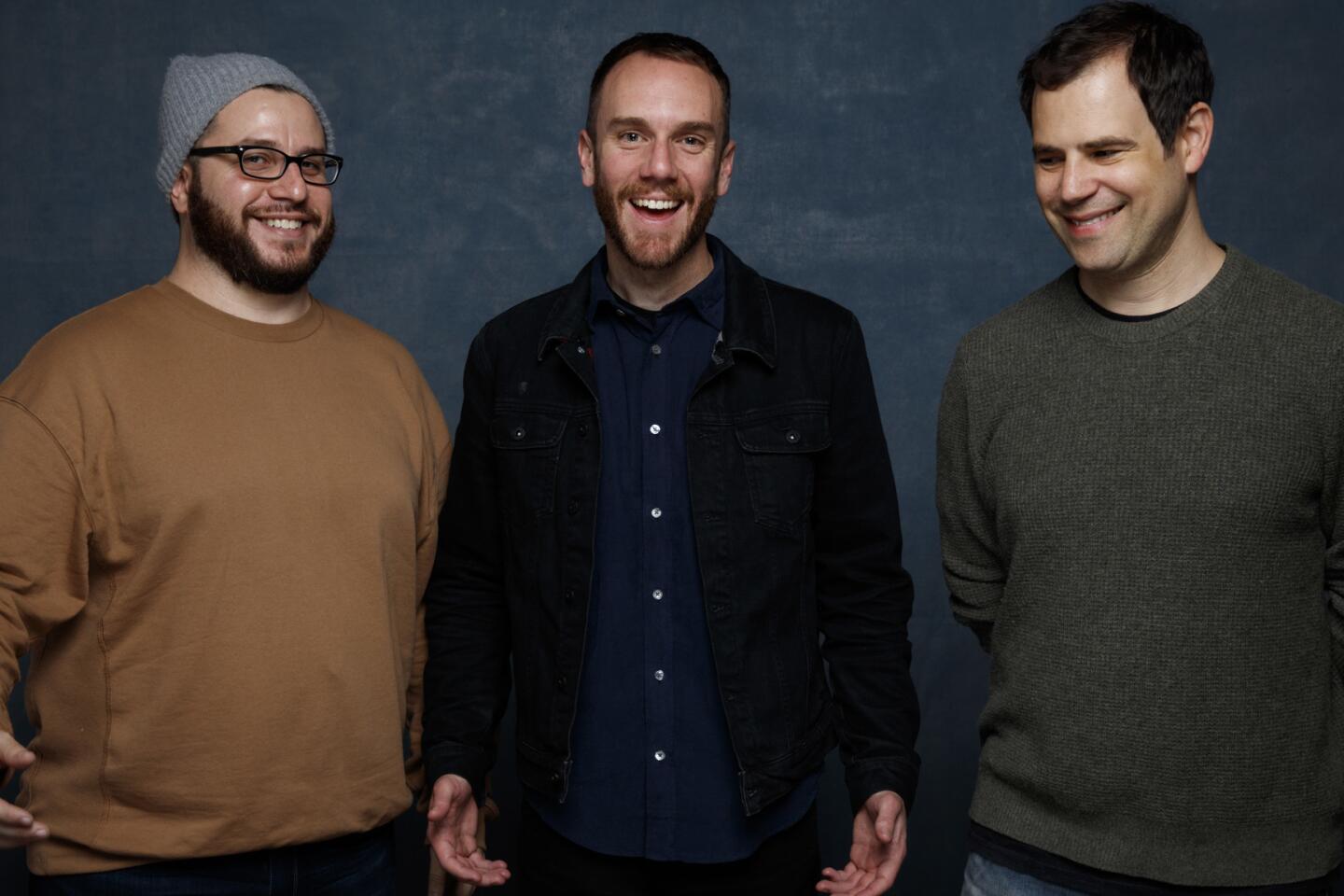
Co-writer Justin Lader, Director Charlie McDowell, and Alex Orlovsky of the film, “The Discovery.”
(Jay L. Clendenin / Los Angeles Times)
Actor David So of the film, “Gook.”
(Jay L. Clendenin / Los Angeles Times)
Actress Hania Amar of the film “The Nile Hilton Incident.”
(Jay L. Clendenin / Los Angeles Times)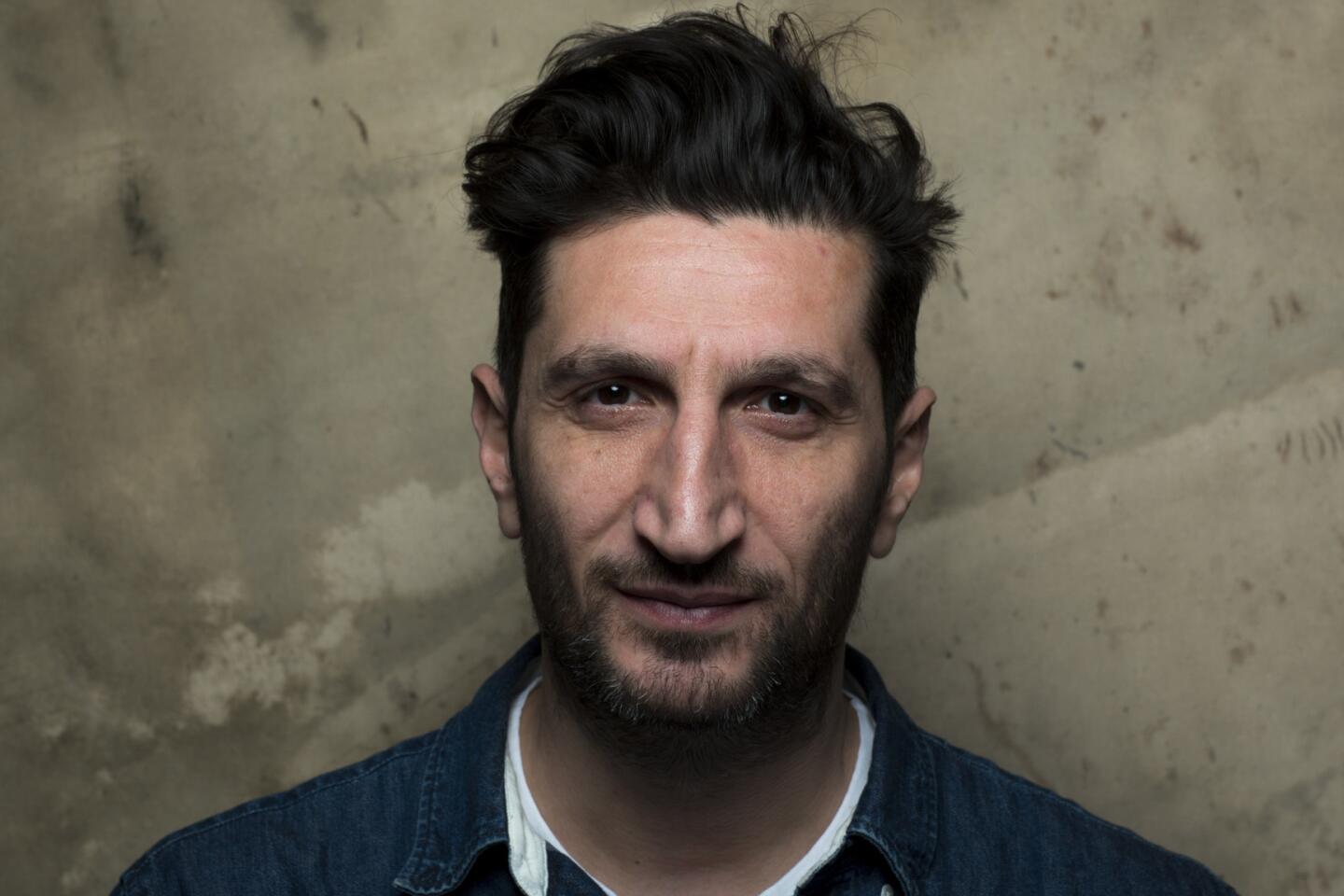
Actor Fares Fares of the film “The Nile Hilton Incident.”
(Jay L. Clendenin / Los Angeles Times)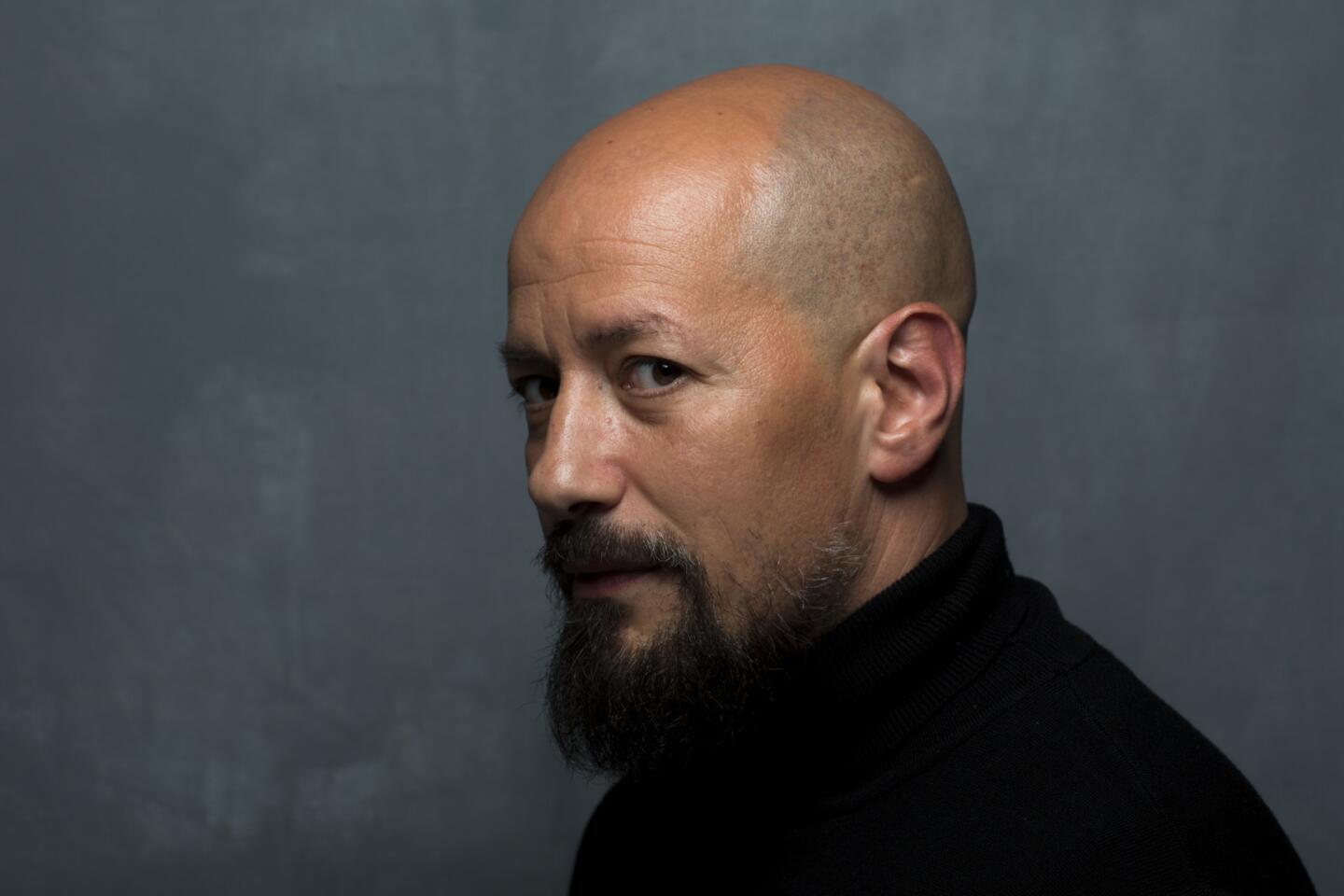
Director Tarik Saleh of the film, “The Nile Hilton Incident.”
(Jay L. Clendenin / Los Angeles Times)
Director Dee Rees of the film “Mudbound.”
(Jay L. Clendenin / Los Angeles Times)
Director Jim Strouse of the film “The Incredible Jessica James.”
(Jay L. Clendenin / Los Angeles Times)
Actor Tye Sheridan of the film, “Yellow Birds.”
(Jay L. Clendenin / Los Angeles Times)
Actress Pom Klementieff of the film, “Ingrid Goes West” and “Newness.”
(Jay L. Clendenin / Los Angeles Times)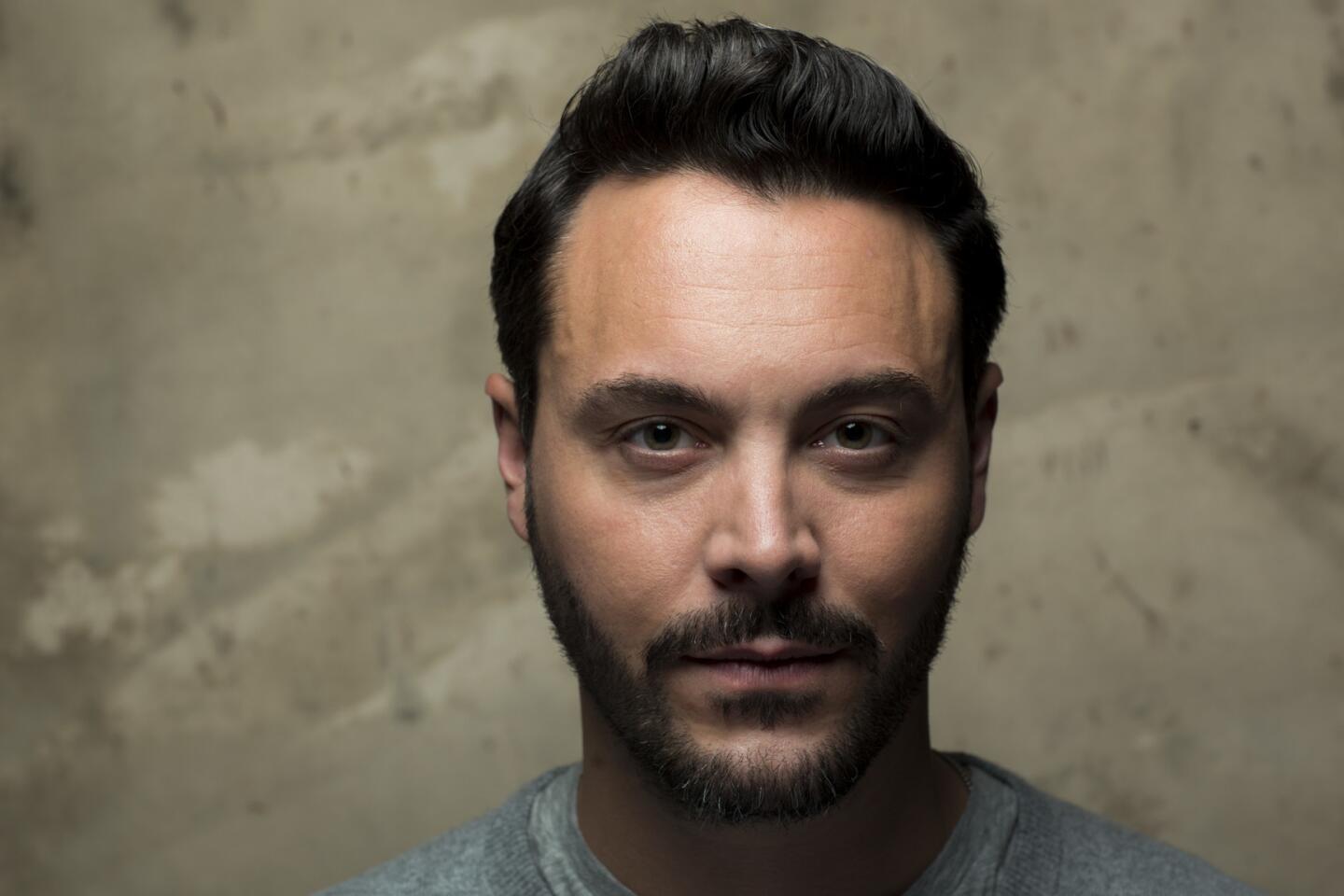
Actor Jack Huston of the film, “Yellow Birds.”
(Jay L. Clendenin / Los Angeles Times)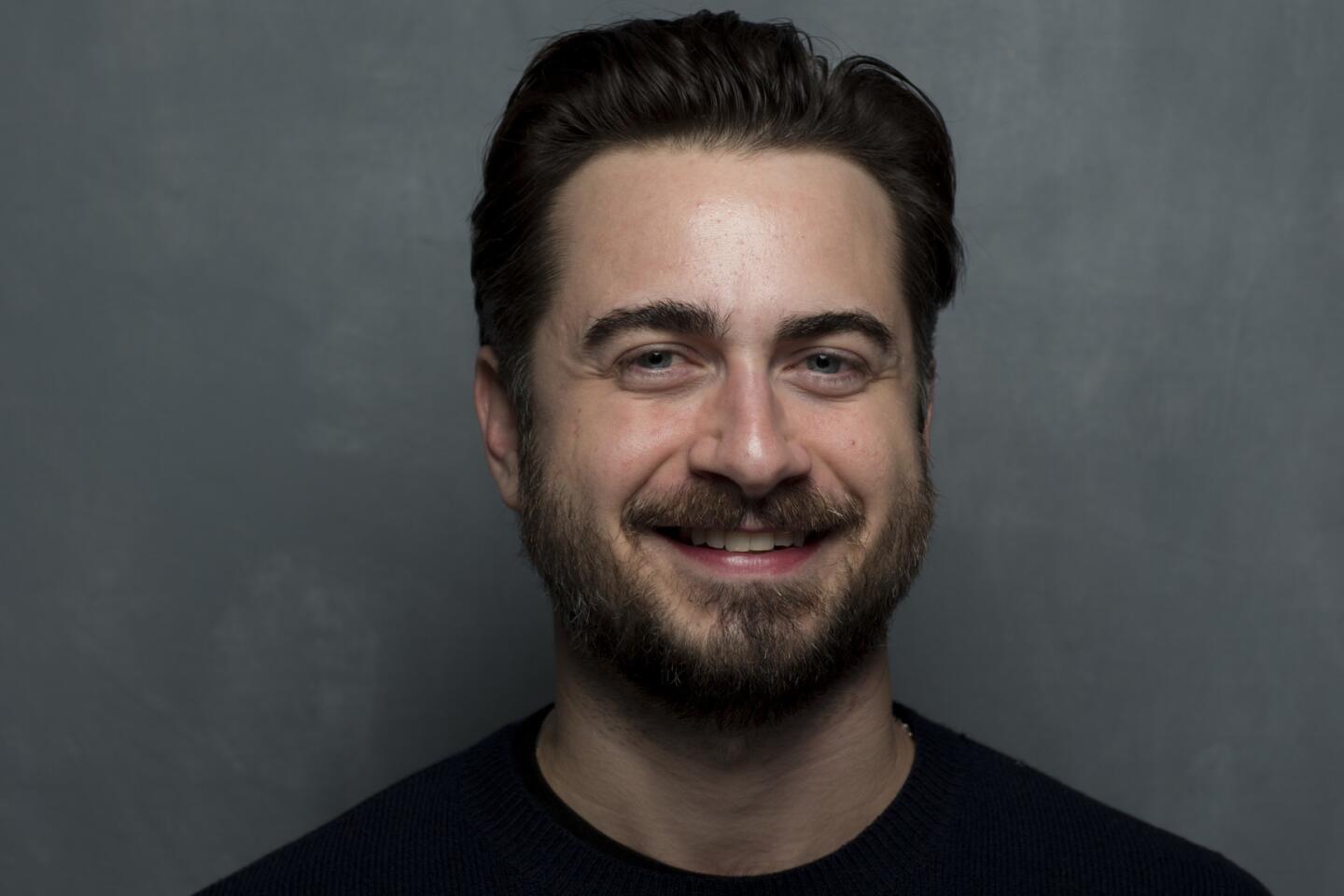
Director Matt Spicer of the film “Ingrid Goes West.”
(Jay L. Clendenin / Los Angeles Times)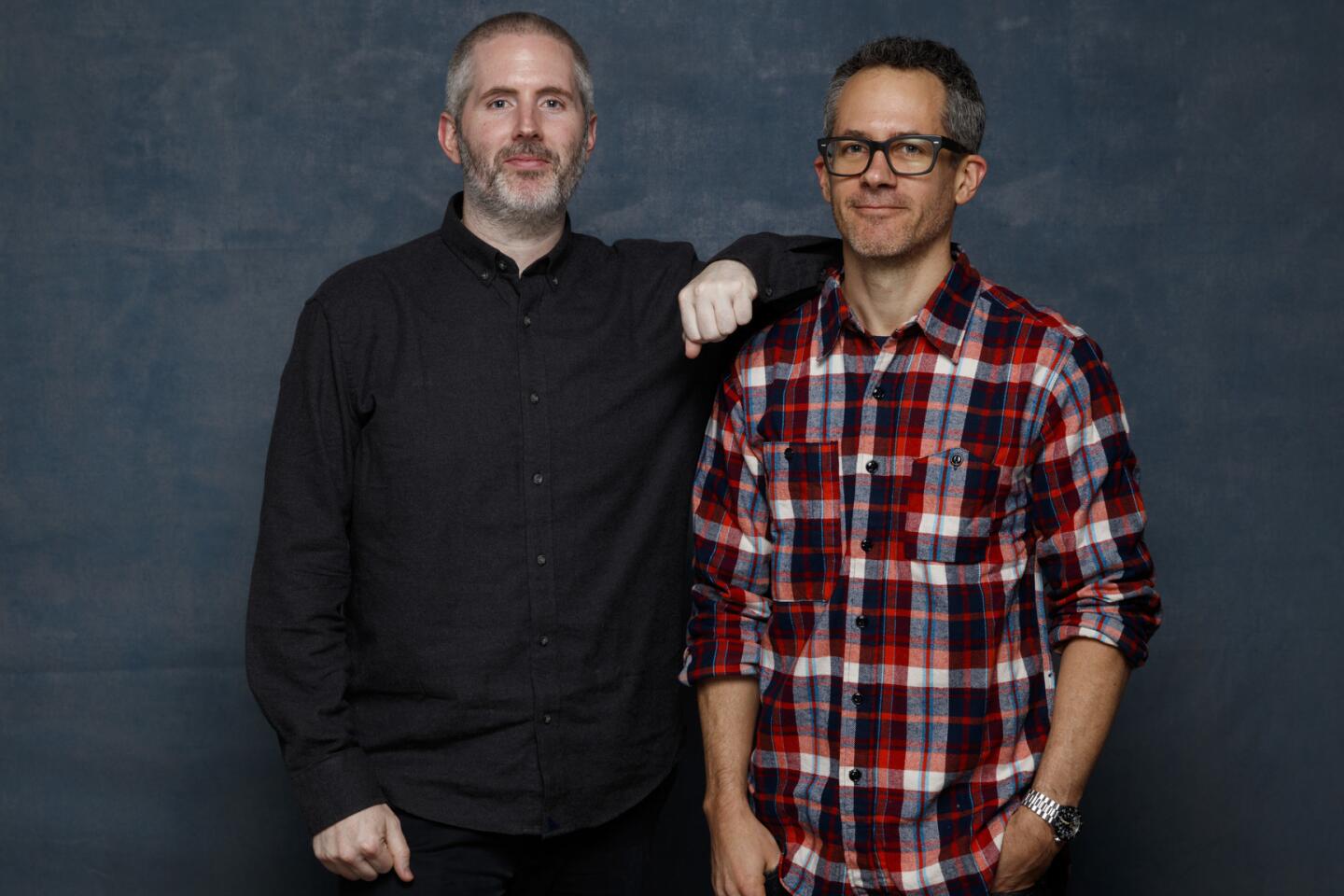
Directors Cary Murnion and Jonathan Milott of the film, “Bushwick.”
(Jay L. Clendenin / Los Angeles Times)
Actress Jasna Fritzi Bauer and Director Helene Hegemann of the film “Axolotl Overkil.”
(Jay L. Clendenin / Los Angeles Times)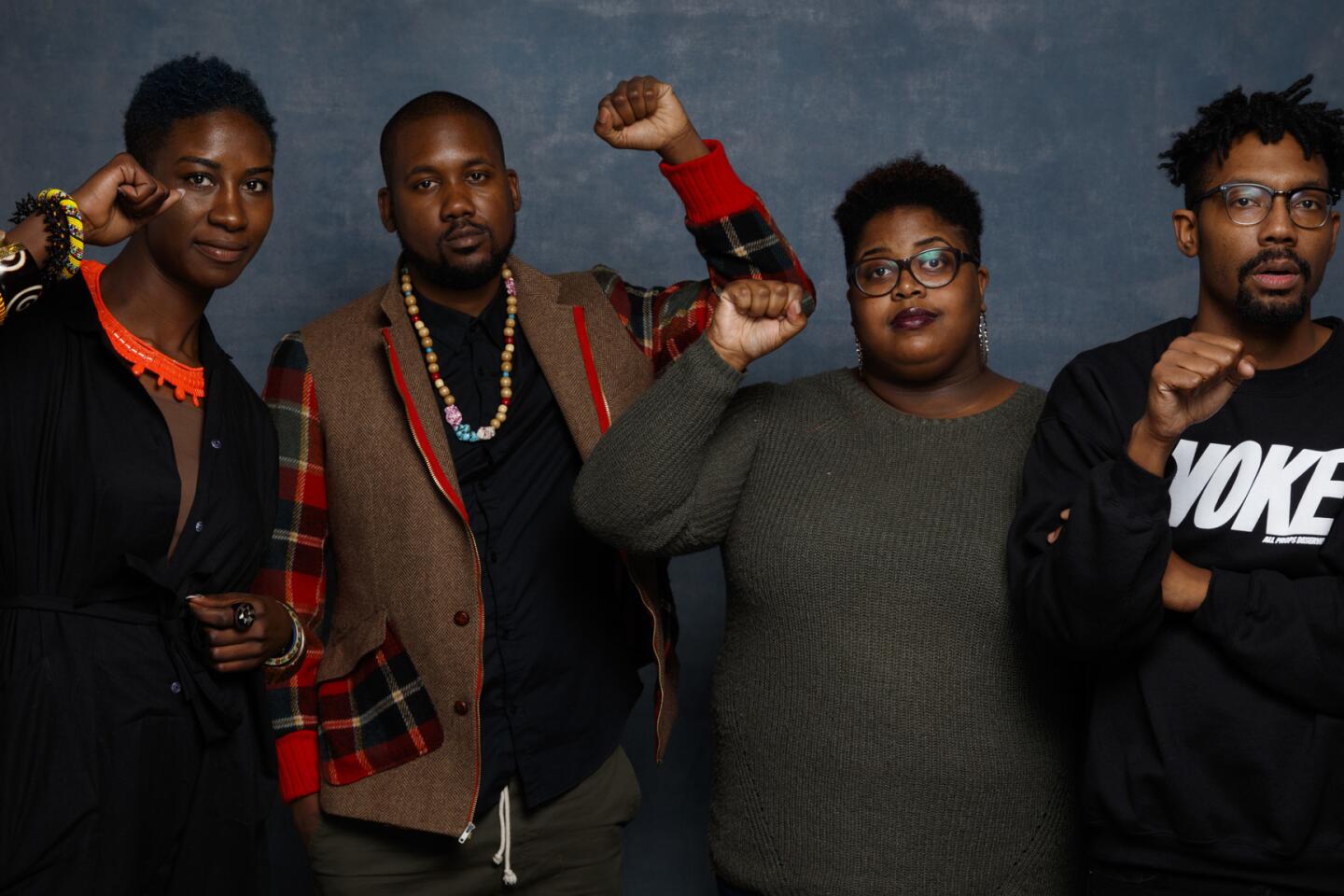
Co-Director Sabbah Folyan, Kayla Reed, Tef Poe, Co-director Damon Davis of the documentary film, “Whose Streets.”
(Jay L. Clendenin / Los Angeles Times)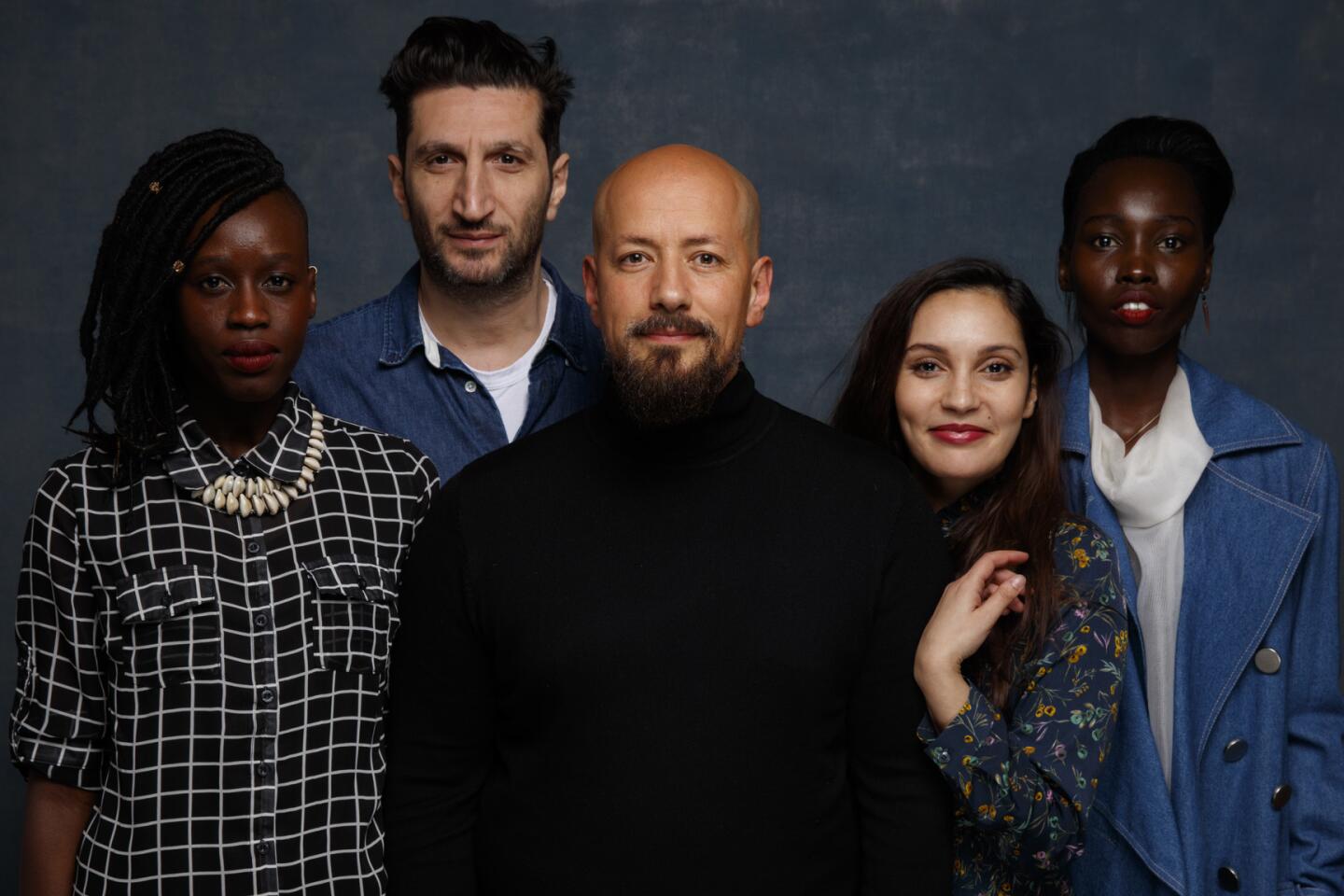
Actress Elizabeth Arjok, actor Fares Fares, director Tarik Saleh, actress Hania Amar, and actress Mari Malek of the film, “The Nile Hilton Incident.”
(Jay L. Clendenin / Los Angeles Times)
Roxanne Shanté, and actress Nia Long of the film “Roxanne, Roxanne.”
(Jay L. Clendenin / Los Angeles Times)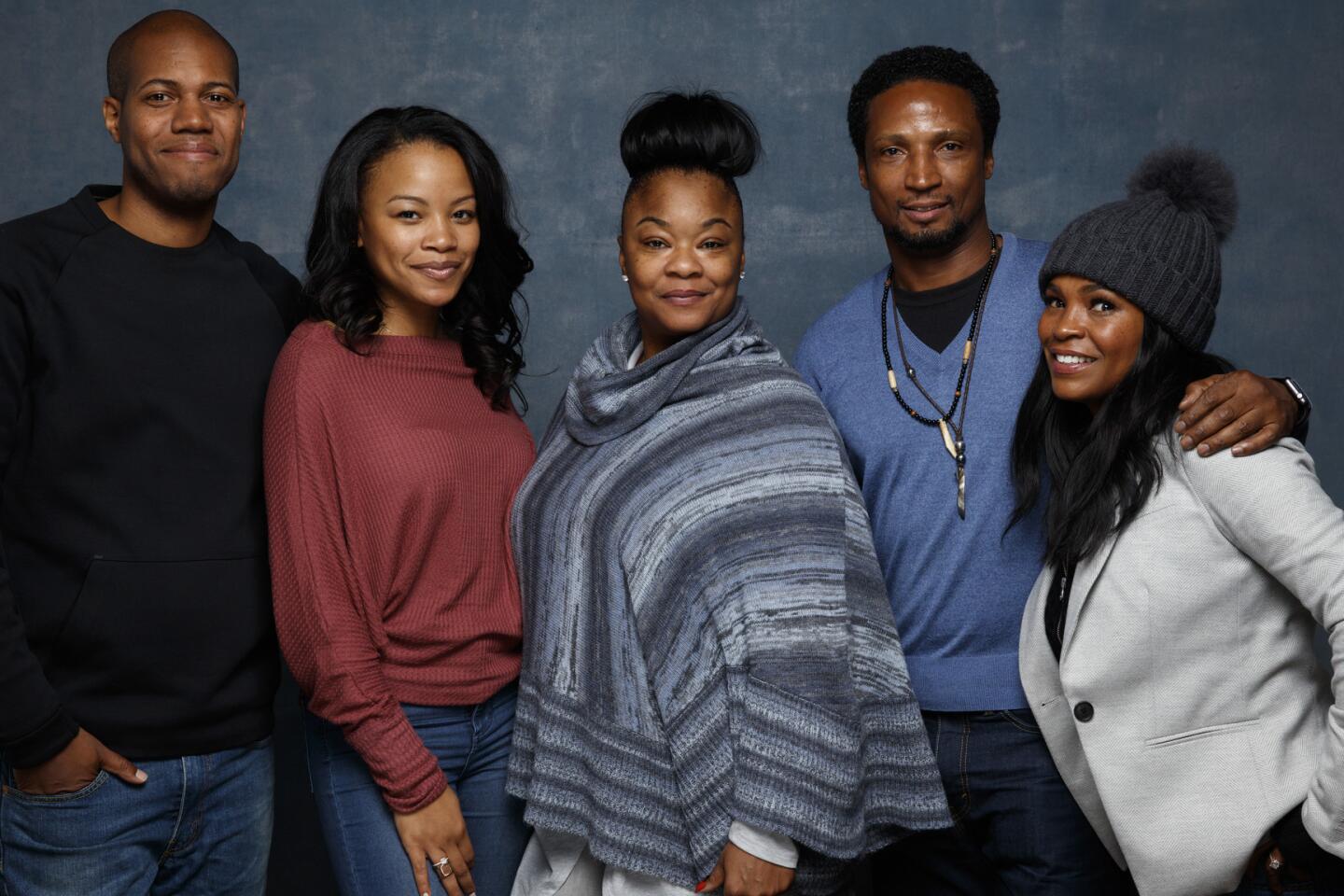
Actor Michael Larnell, actress Chante Adams, Roxanne Shanté, actor Elvis Nolasco, and actress Nia Long of the film “Roxanne, Roxanne.”
(Jay L. Clendenin / Los Angeles Times)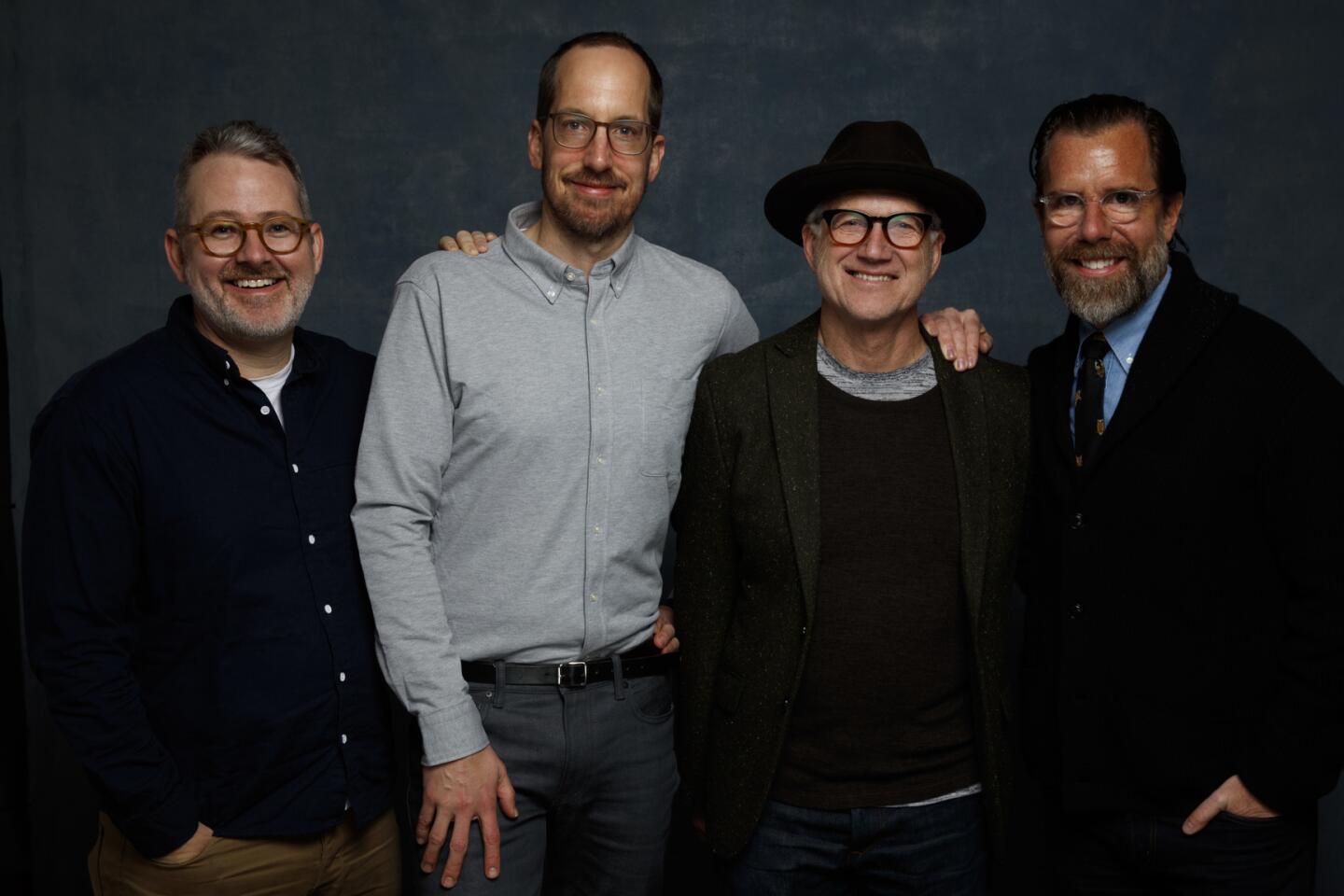
Director Morgan Neville, Cristoph Neimann, Tinker Hatfield, and Scott Dadich of the Netflix series, “Abstract: Art of Design.”
(Jay L. Clendenin / Los Angeles Times)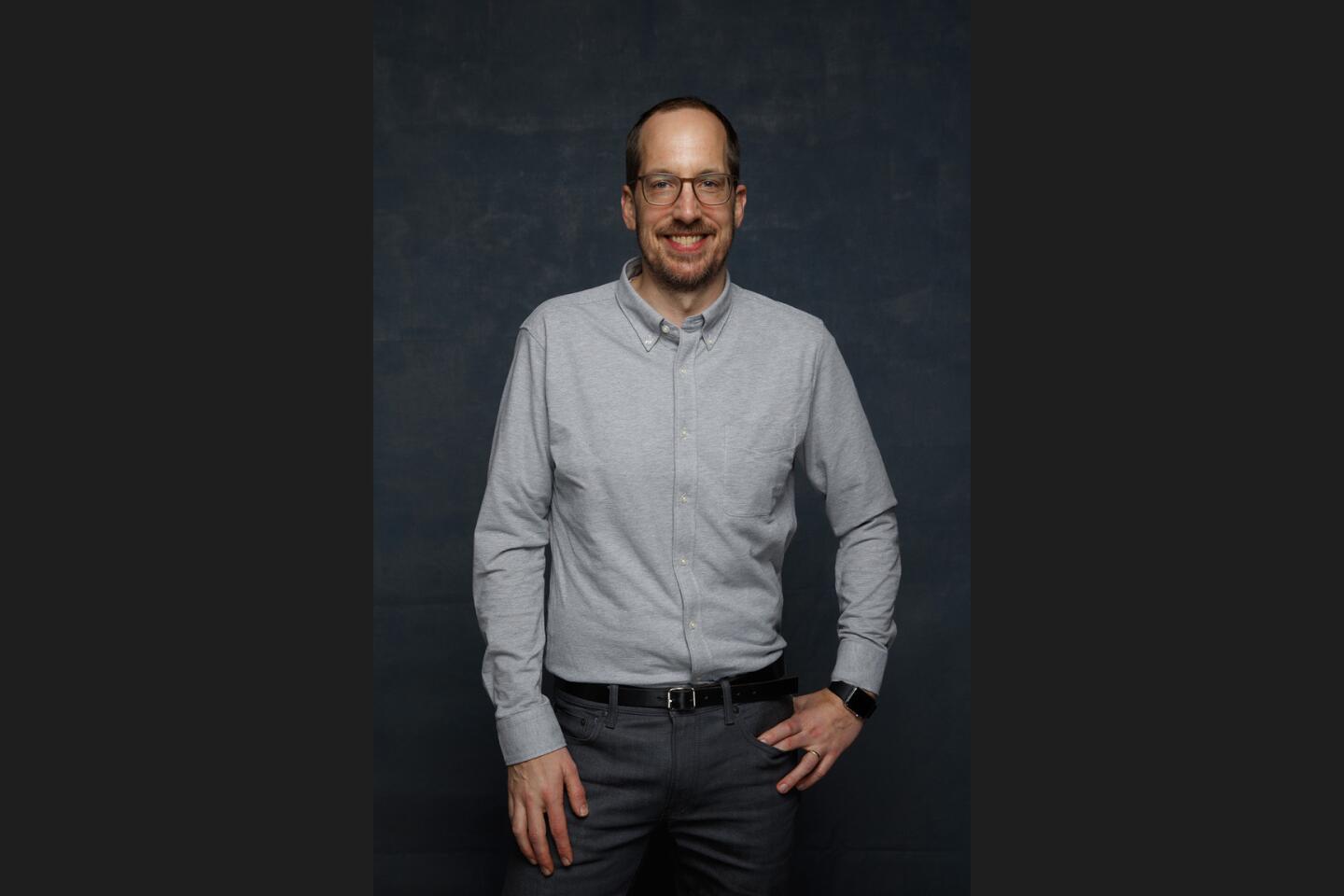
Cristoph Neimann of the Netflix series, “Abstract: Art of Design.”
(Jay L. Clendenin / Los Angeles Times)
Director Morgan Neville of the Netflix series, “Abstract: Art of Design.”
(Jay L. Clendenin / Los Angeles Times)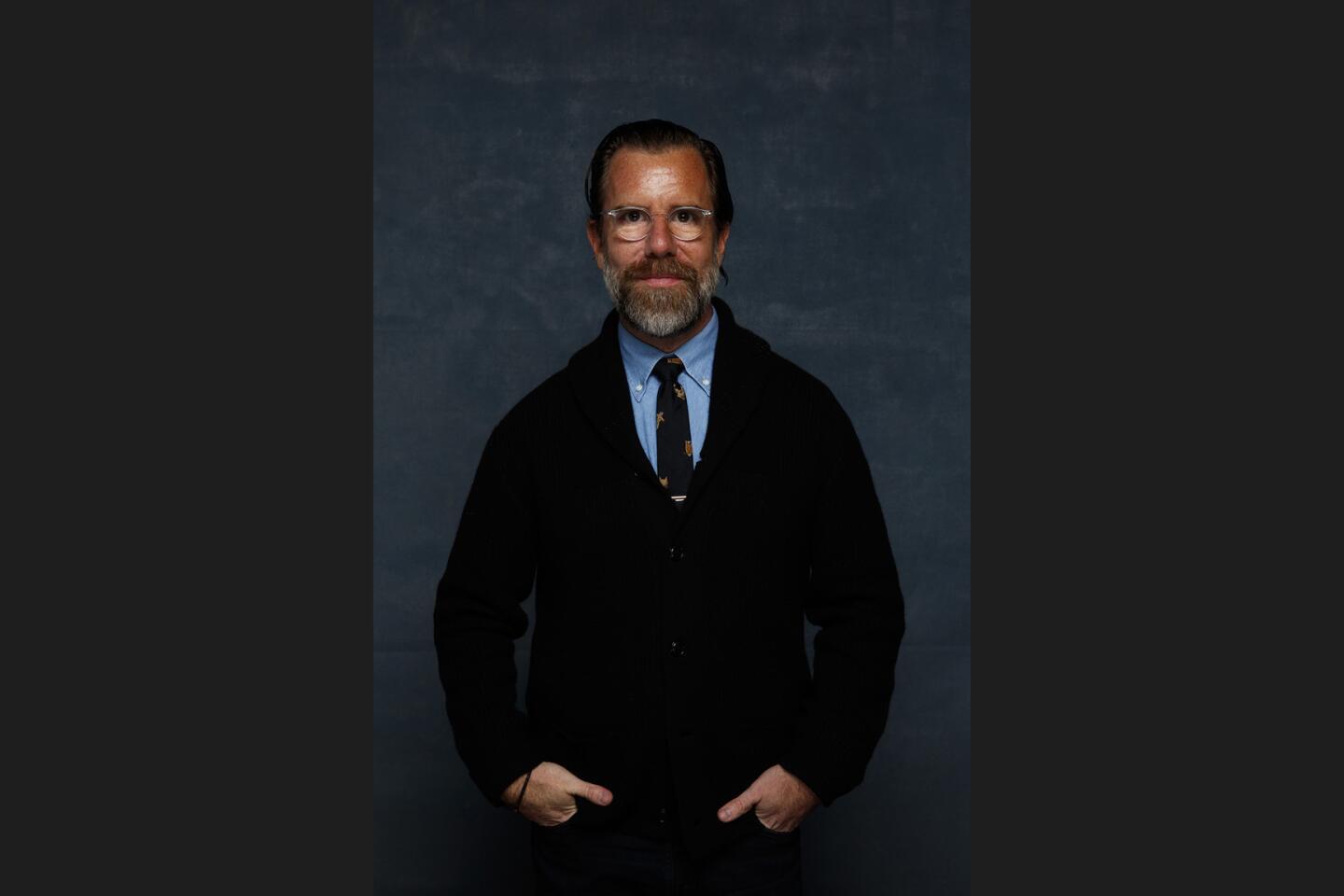
Scott Dadich of the Netflix series, “Abstract: Art of Design.”
(Jay L. Clendenin / Los Angeles Times)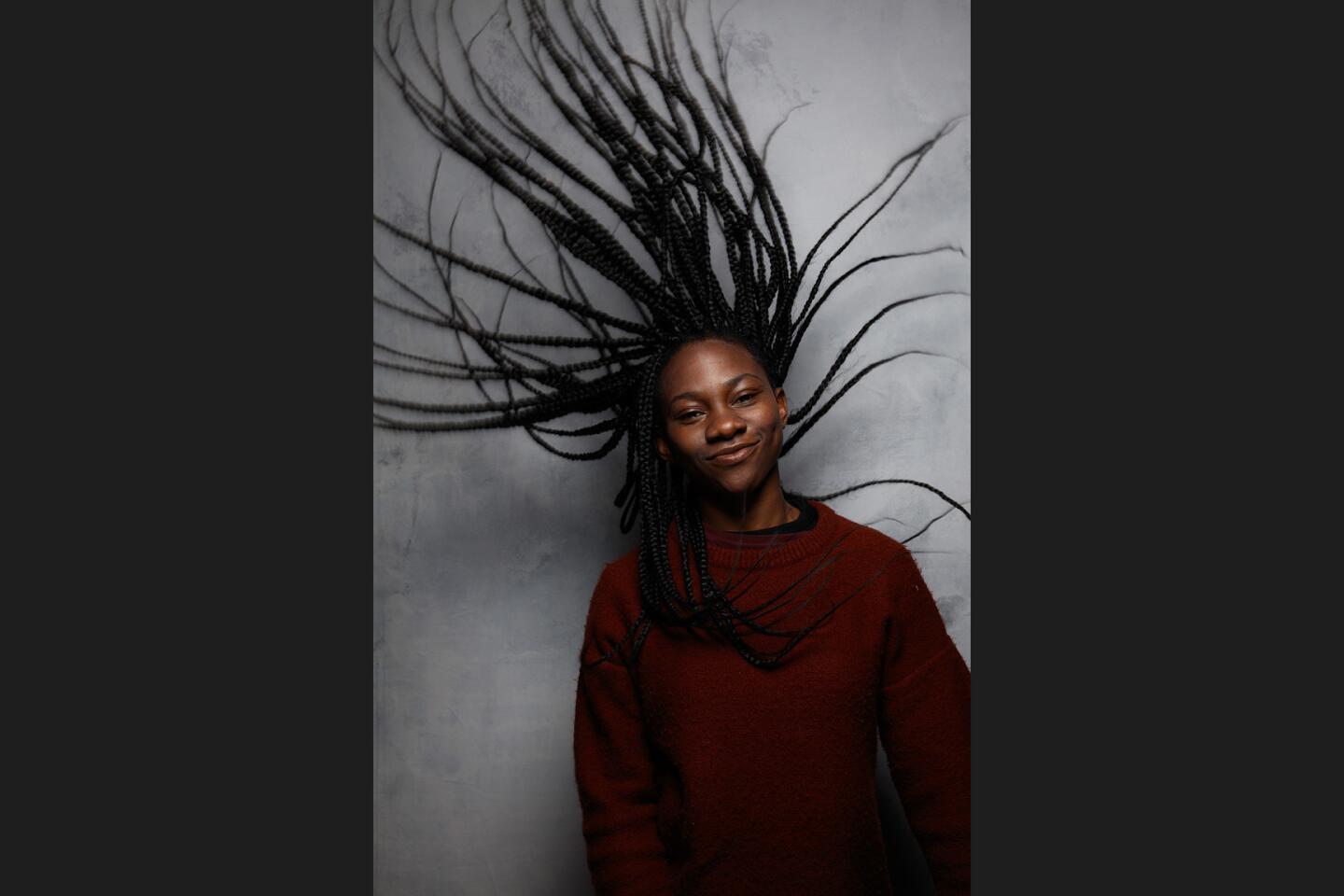
Actress Omono Okojie of the film “Gook.”
(Jay L. Clendenin / Los Angeles Times)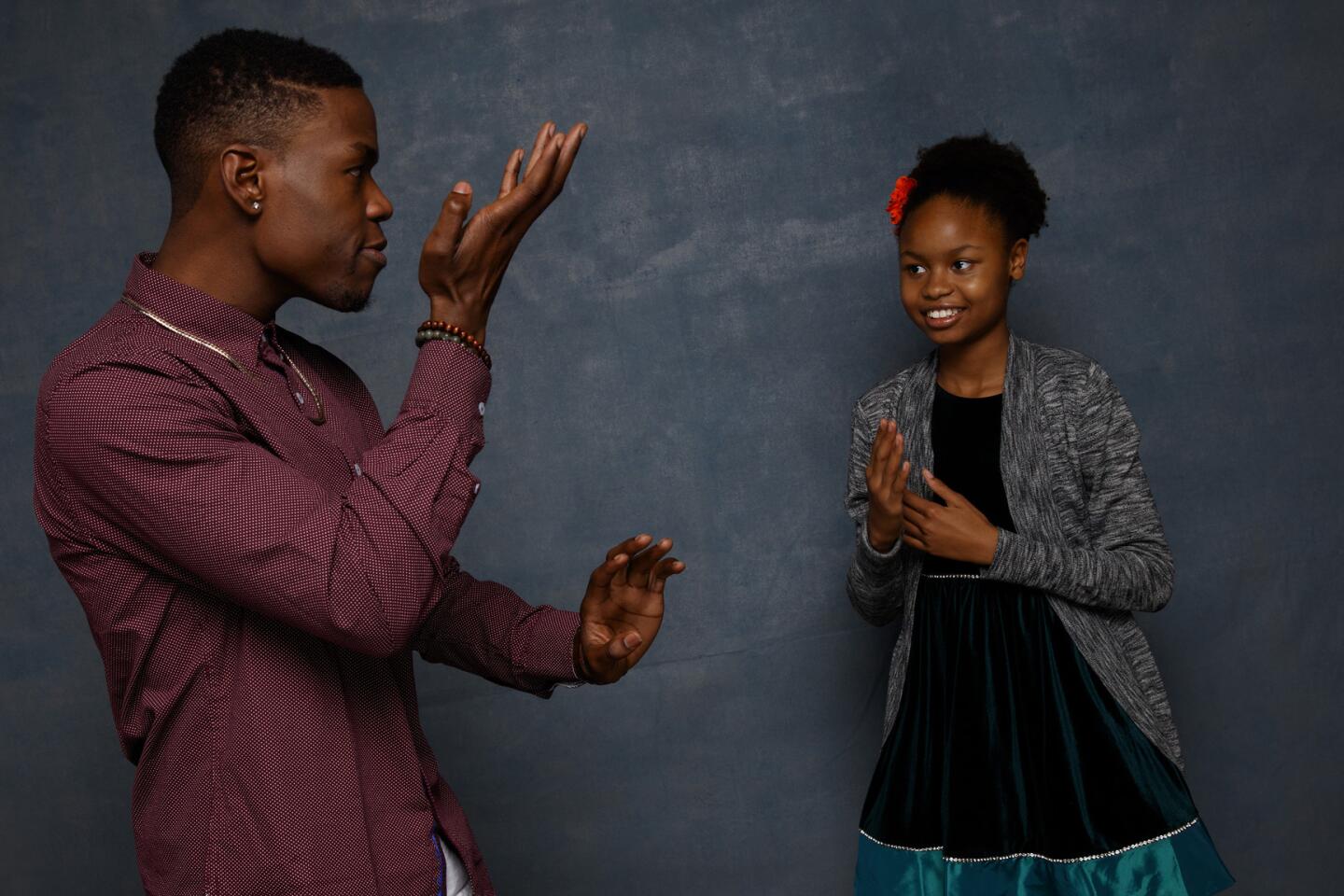
Actor Curtiss Cook Jr., and actress Simone Baker of the film “Gook.”
(Jay L. Clendenin / Los Angeles Times)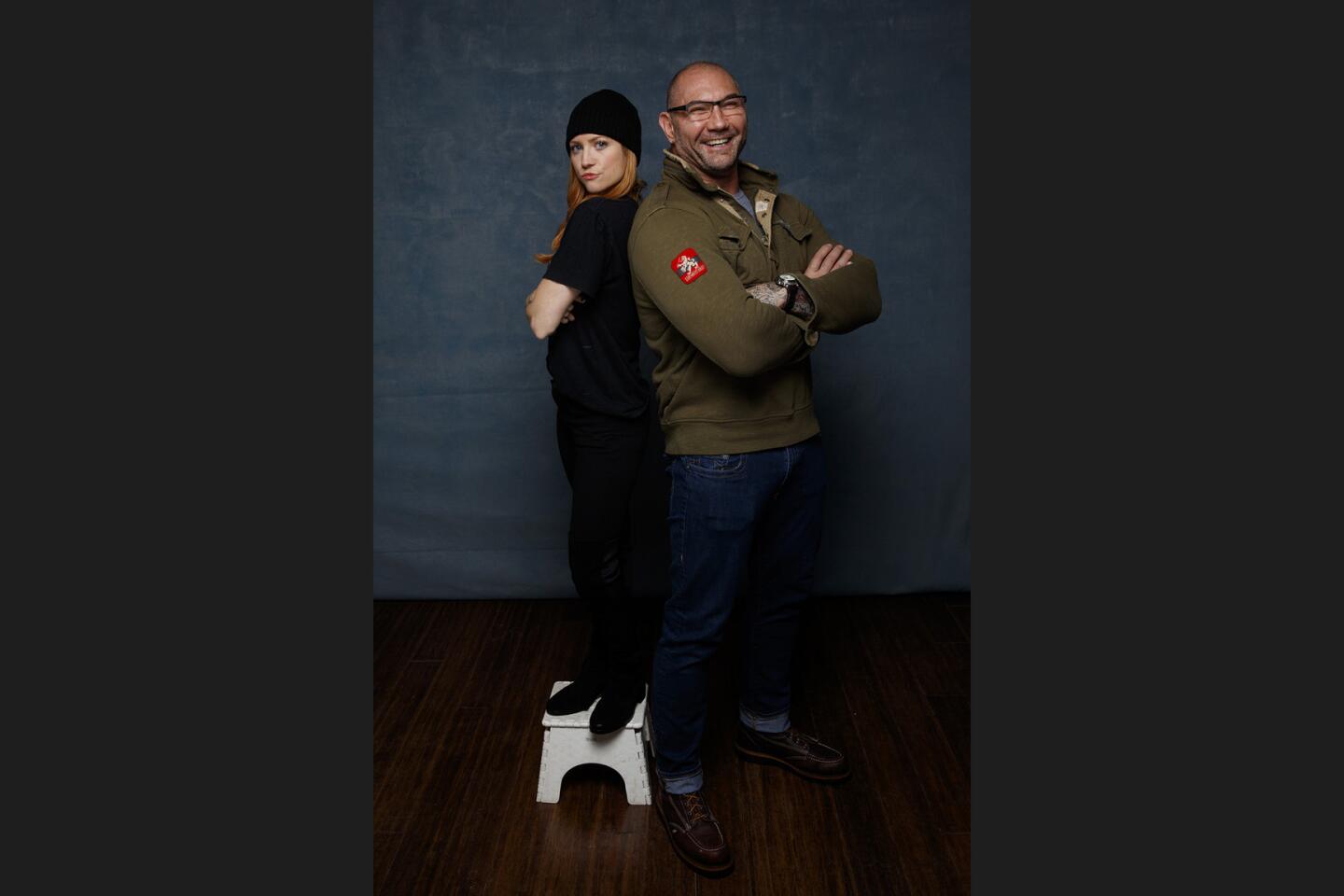
Actress Brittny Snow and actor Dave Bautista of the film, “Bushwick.”
(Jay L. Clendenin / Los Angeles Times)
Director Austin Peter of the documentary film “Give Me Future.”
(Jay L. Clendenin / Los Angeles Times)
Actress Cary Mulligan of the film “Mudbound.”
(Jay L. Clendenin / Los Angeles Times)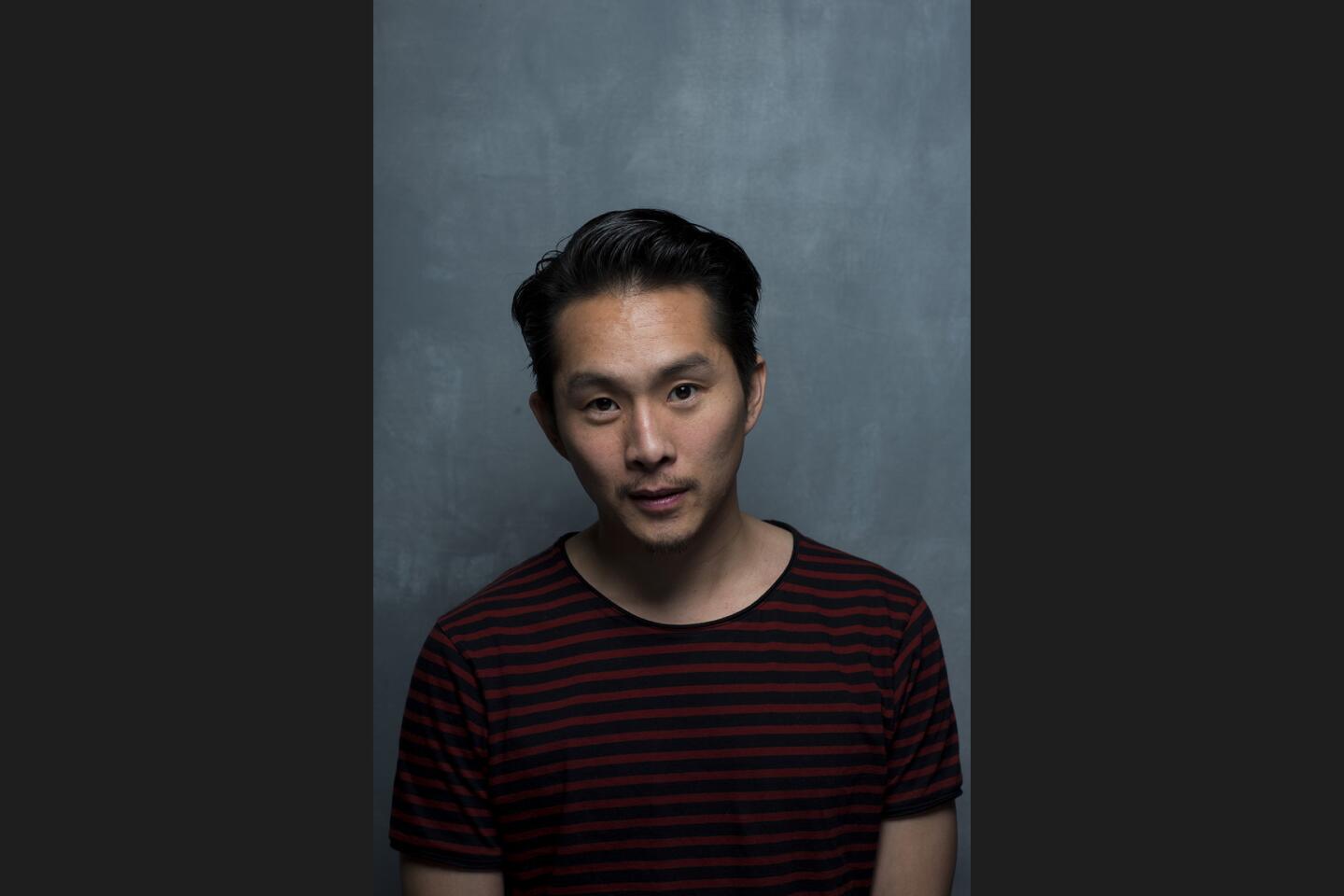
Director and actor Justin Chon of the film, “Gook.”
(Jay L. Clendenin / Los Angeles Times)
Director Lone Scherfig of the film “Their Finest.”
(Jay L. Clendenin / Los Angeles Times)
Actress Pom Klementieff of the film “Ingrid Goes West.”
(Jay L. Clendenin / Los Angeles Times)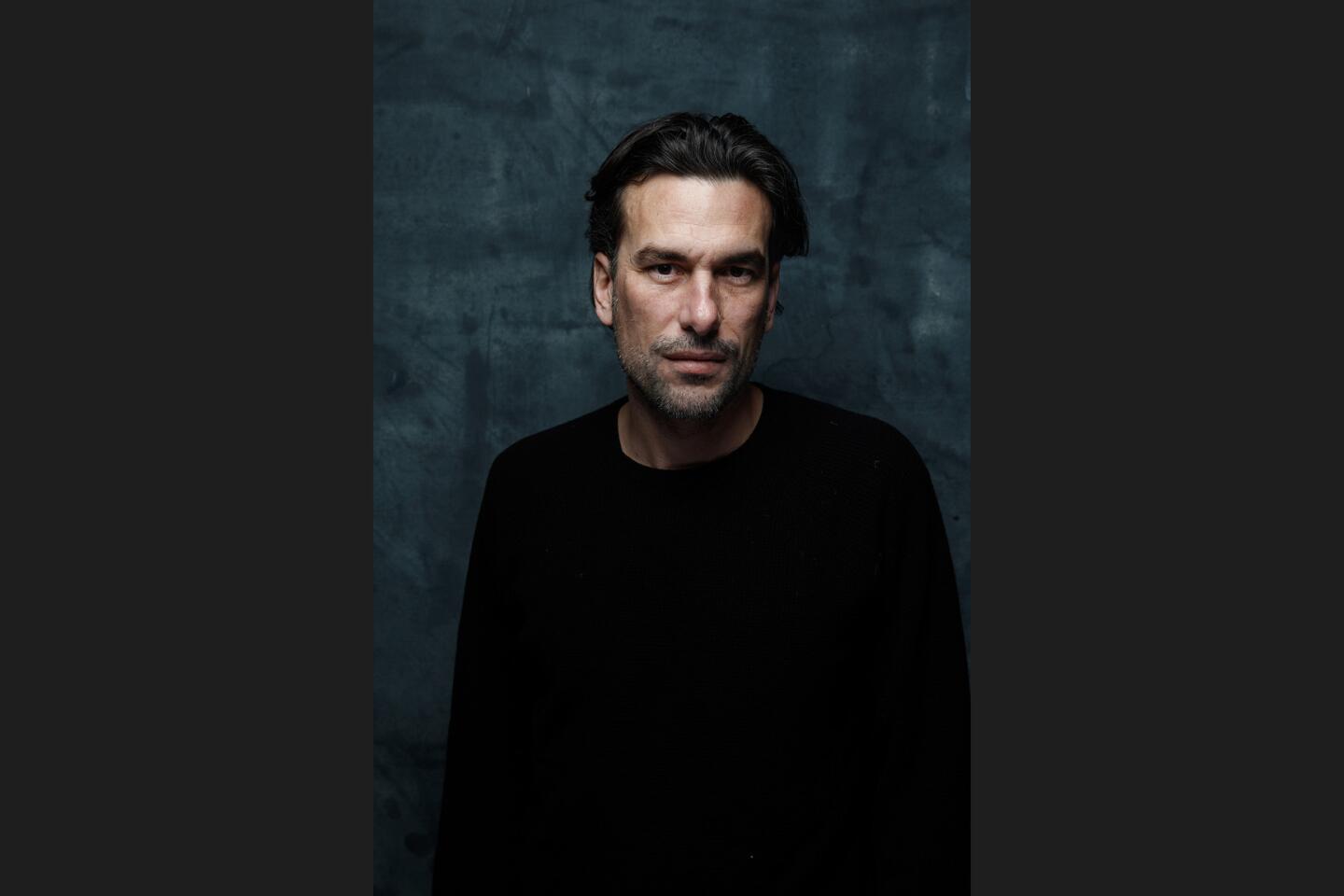
Director Alexandre Moors of the film, “Yellow Birds.”
(Jay L. Clendenin / Los Angeles Times)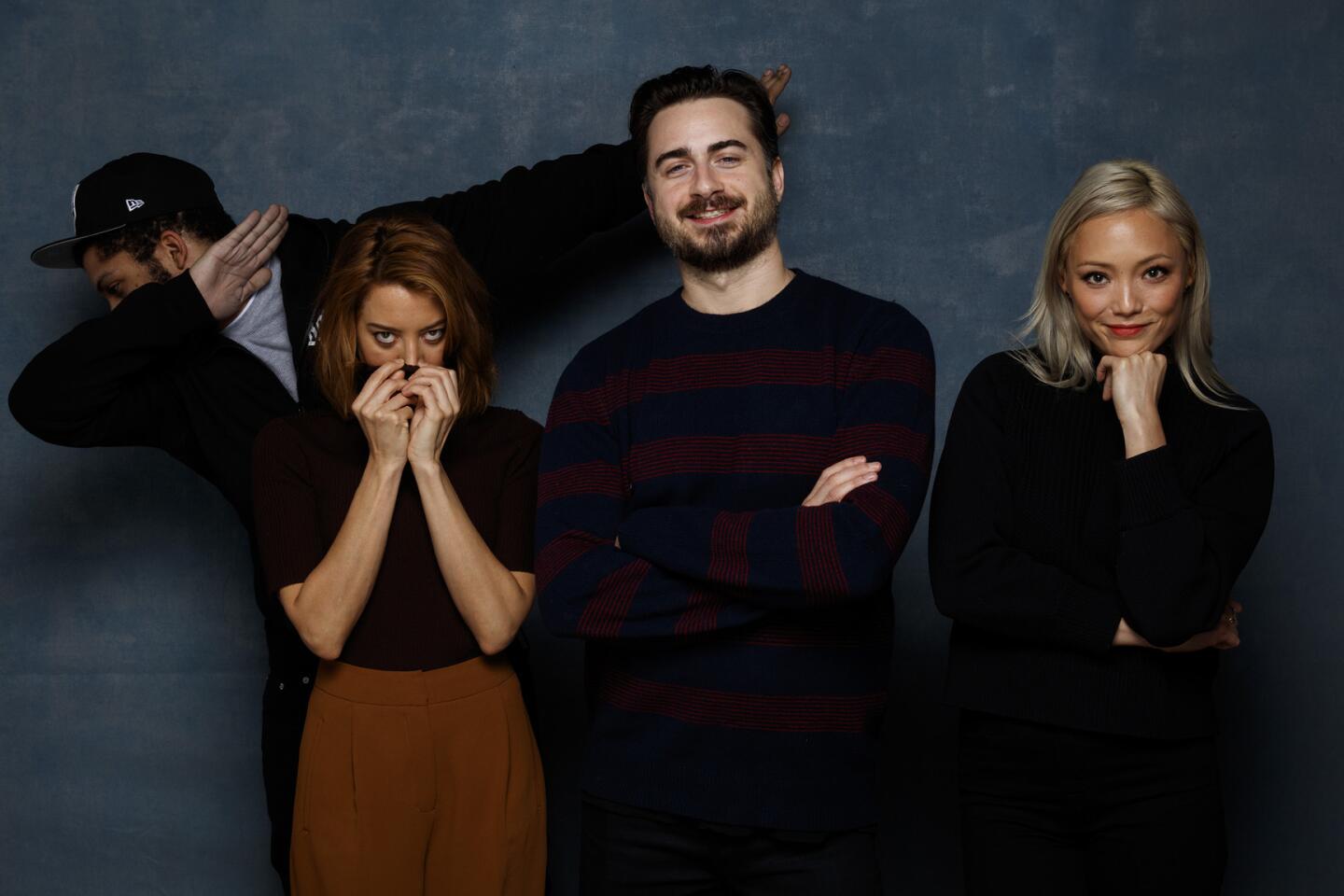
Actor O’Shea Jackson Jr., actress Aubrey Plaza, director Matt Spicer, and actress Pom Klementieff of the film “Ingrid Goes West.”
(Jay L. Clendenin / Los Angeles Times)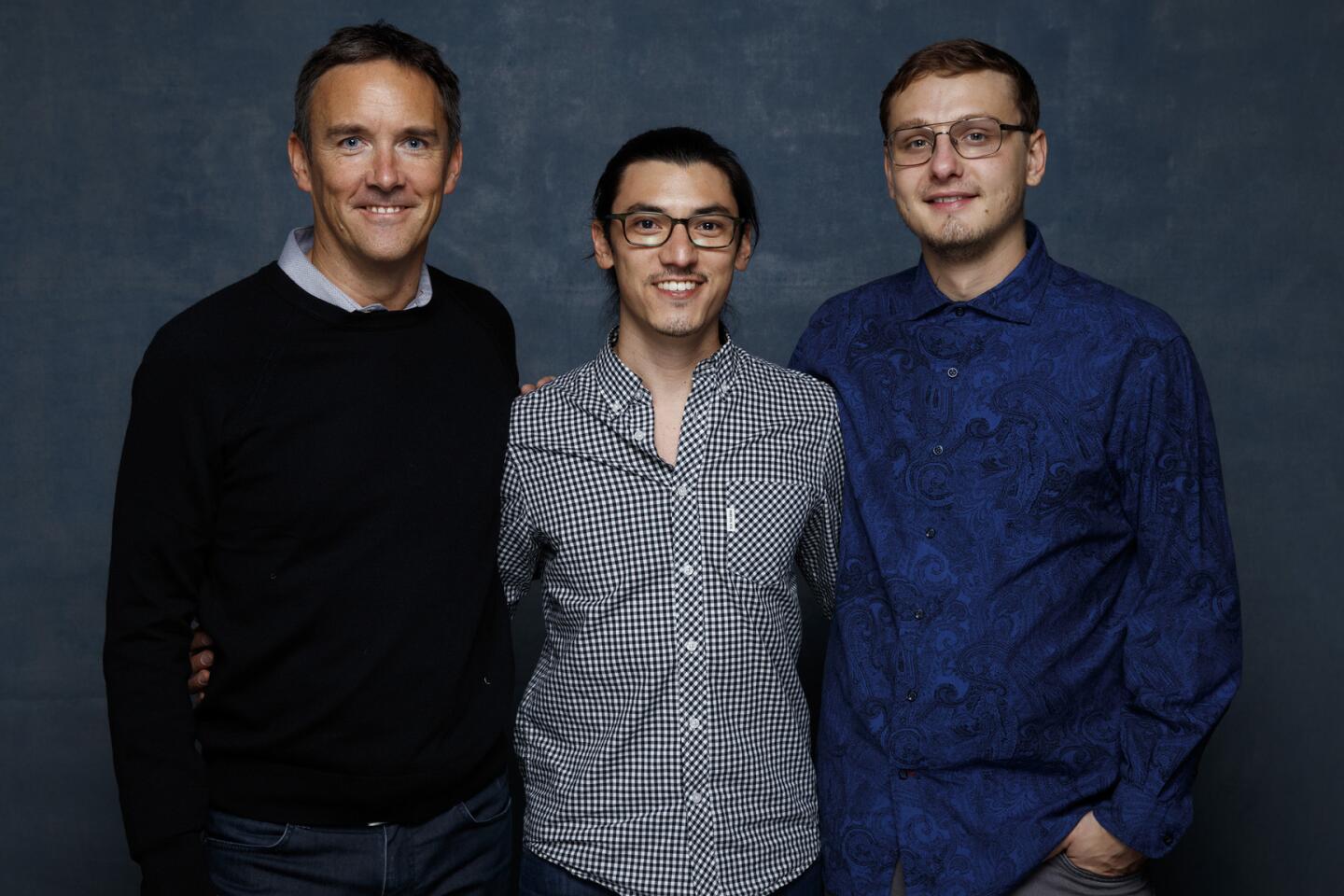
Richard Vevers, Director Jeff Orlowski and Zackery Rago of he film, “Chasing Coral.”
(Jay L. Clendenin / Los Angeles Times)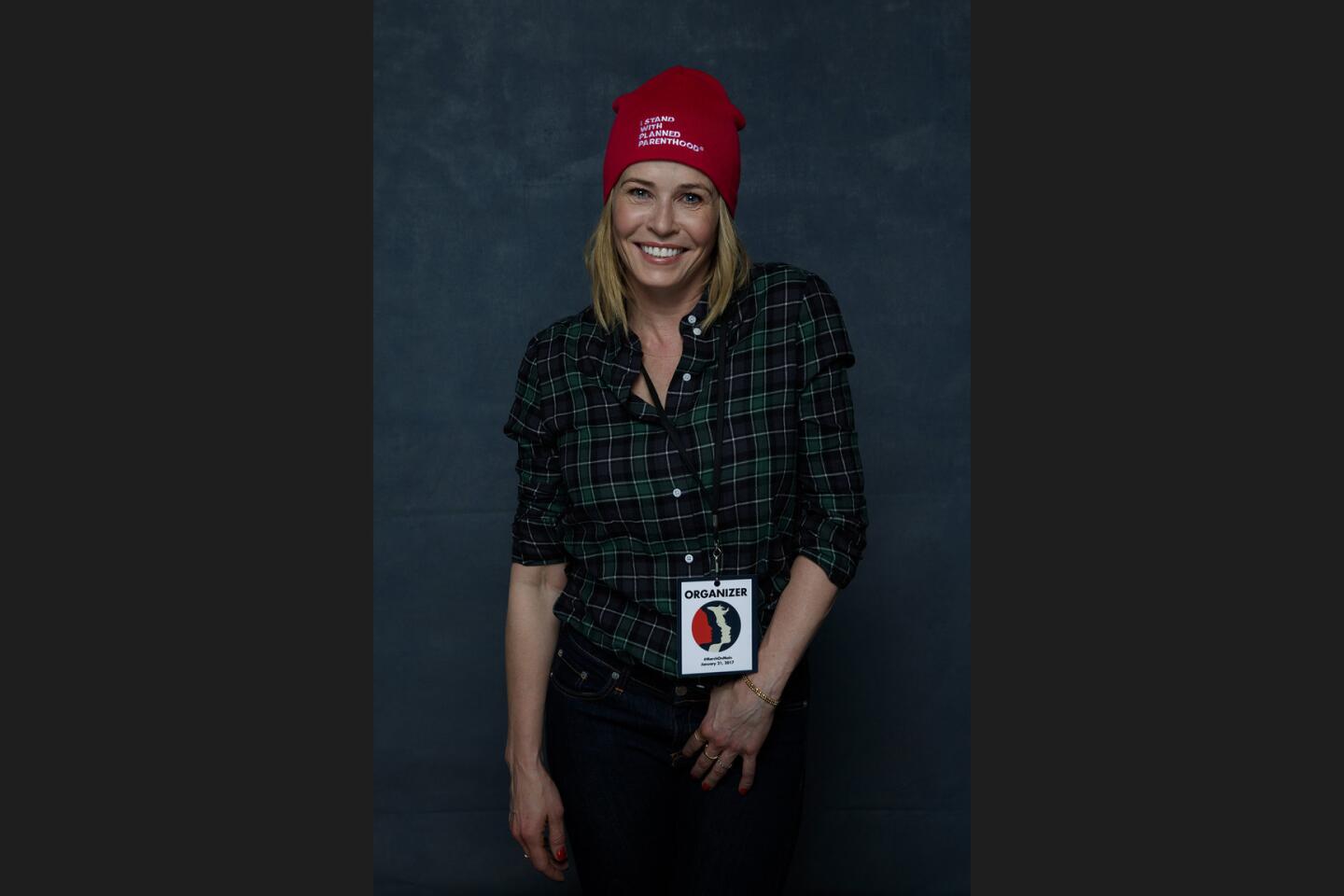
Actress Chelsea Handler.
(Jay L. Clendenin / Los Angeles Times)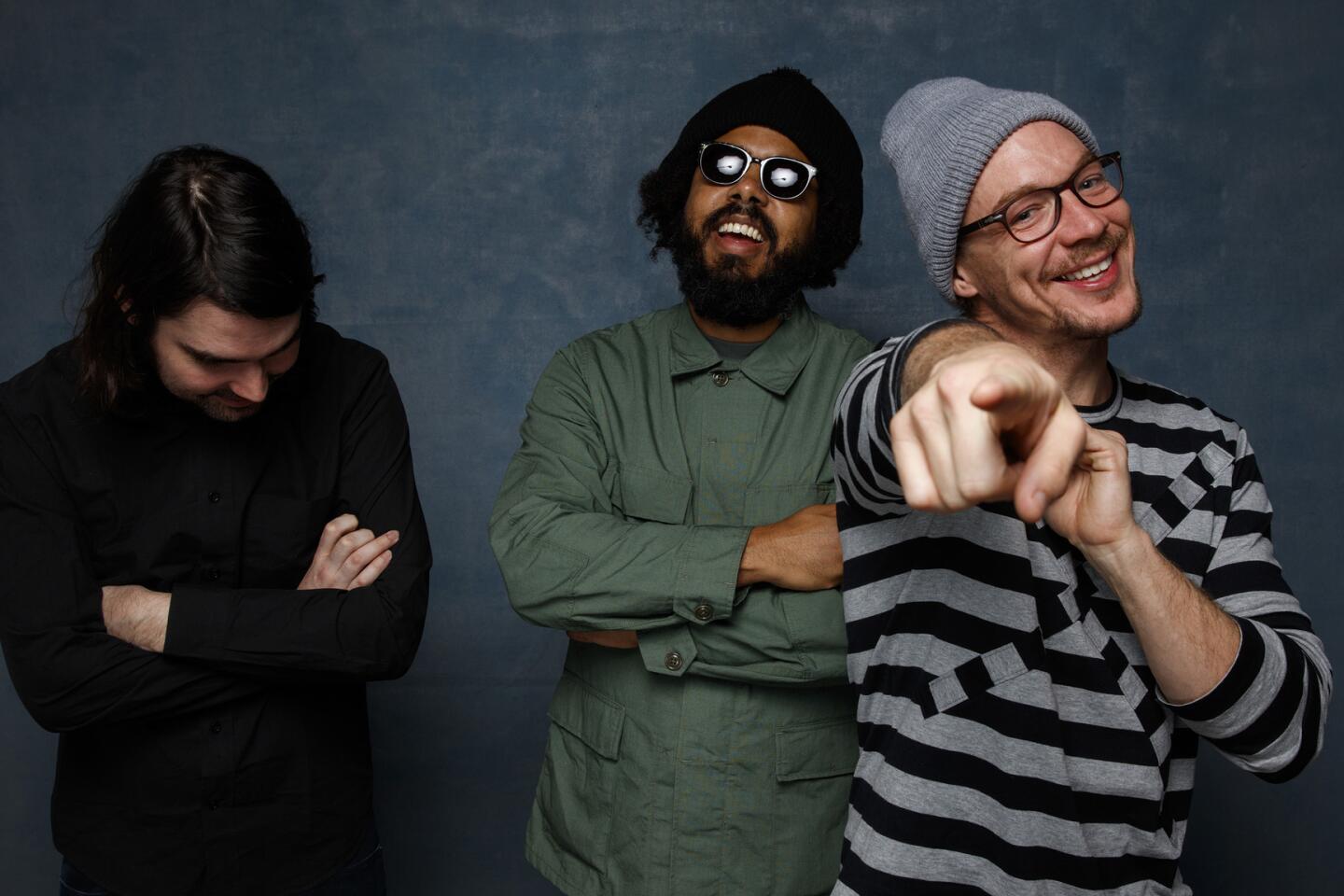
Director Austin Peters, musician Jillionare, and singer/songwriter Diplo, of the documentary film “Give Me Future.”
(Jay L. Clendenin / Los Angeles Times)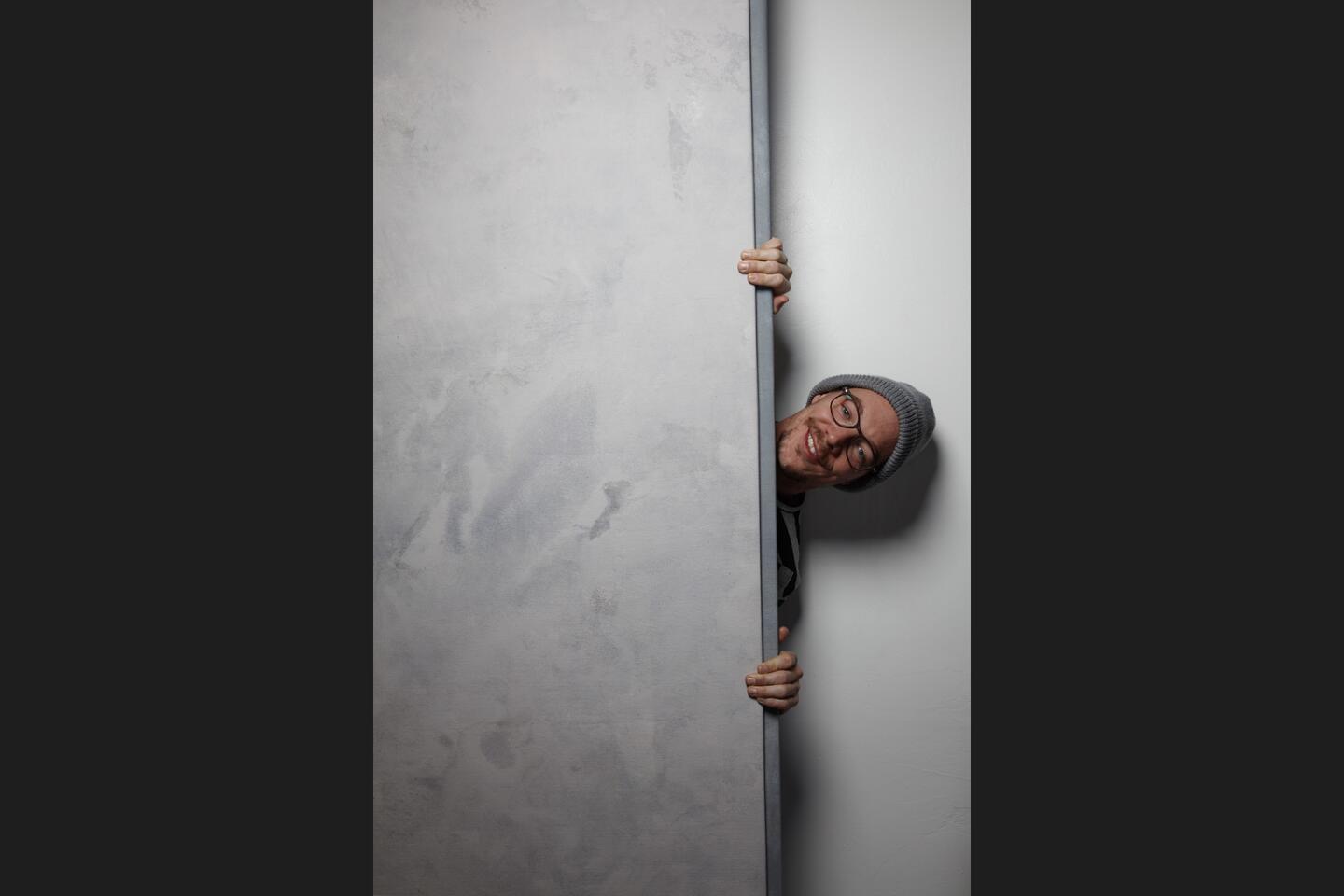
Singer/songwriter Diplo, Thomas Wesley Pentz of the documentary film “Give Me Future.”
(Jay L. Clendenin / Los Angeles Times)
Musician Jillionaire of the documentary film “Give Me Future.”
(Jay L. Clendenin / Los Angeles Times)
Actor Lakeith Stanfield of the film “The Incredible Jessica James.”
(Jay L. Clendenin / Los Angeles Times)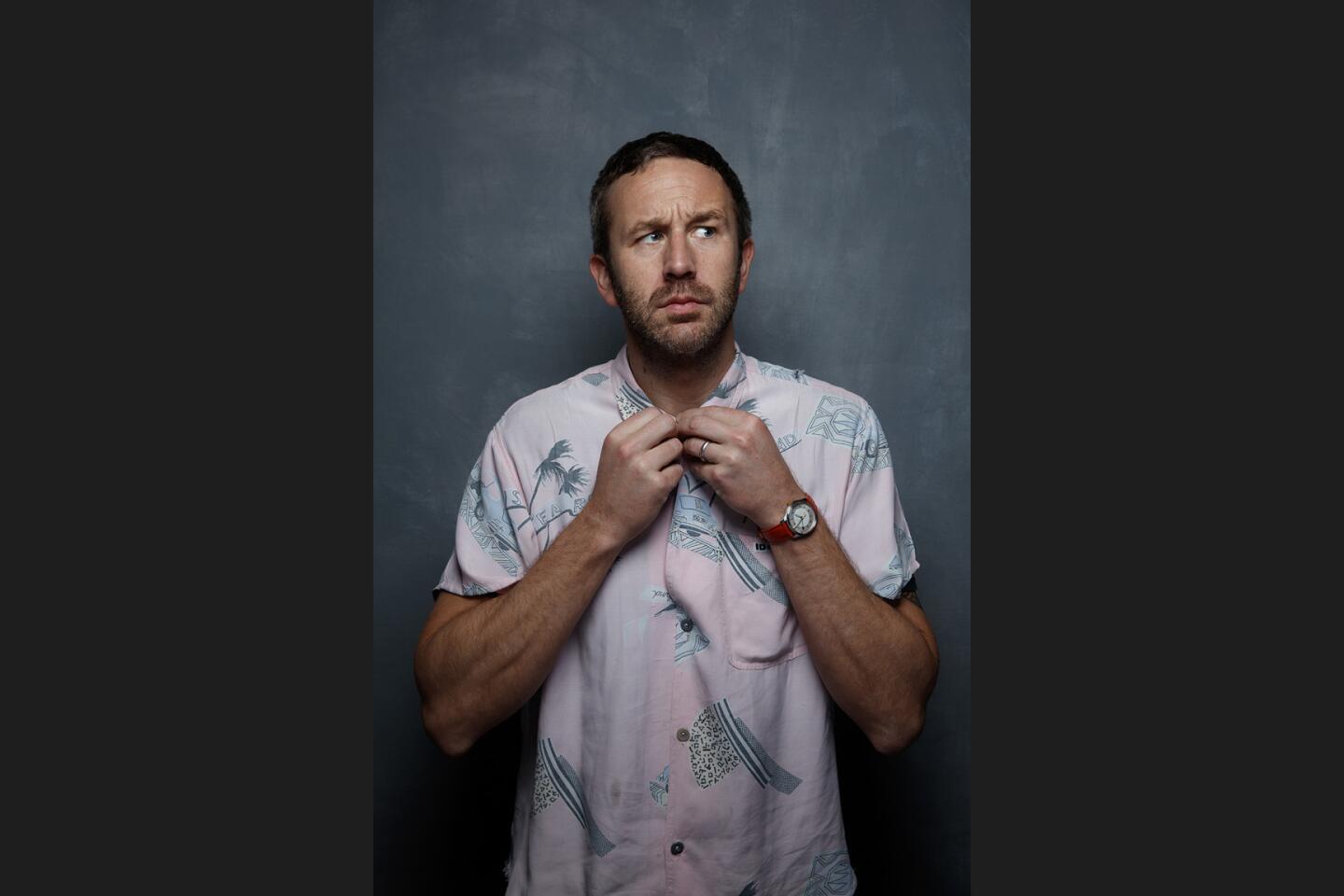
Actor Chris O’Dowd of the film “The Incredible Jessica James.”
(Jay L. Clendenin / Los Angeles Times)

Actress Aubrey Plaza of the film, “Ingrid Goes West.”
(Jay L. Clendenin / Los Angeles Times)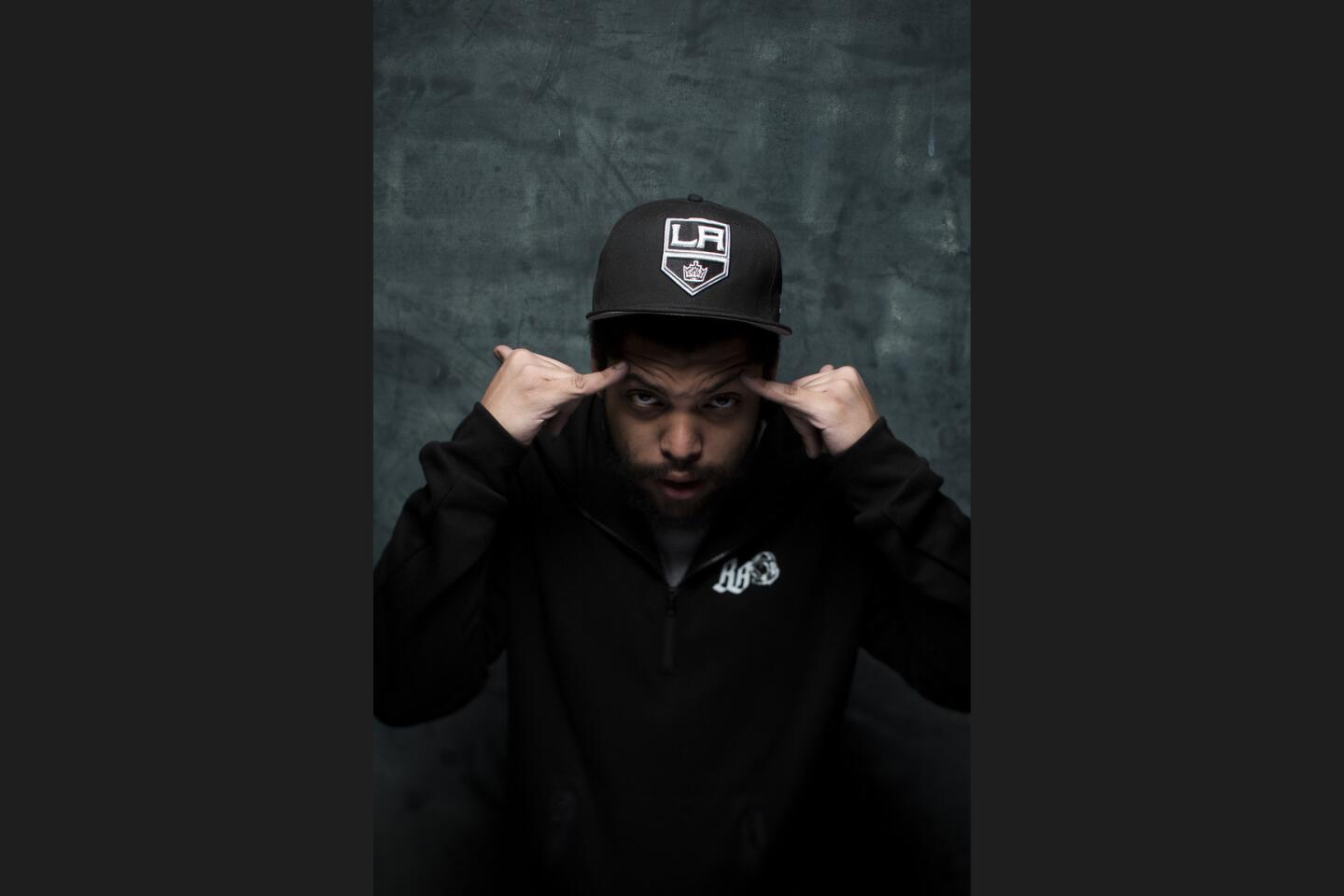
Actor O’Shea Jackson Jr. of the film “Ingrid Goes West.”
(Jay L. Clendenin / Los Angeles Times)
Actress Jessica Williams of the film “The Incredible Jessica James.”
(Jay L. Clendenin / Los Angeles Times)
Actress Mari Malek of the film “The Nile Hilton Incident.”
(Jay L. Clendenin / Los Angeles Times)
Actress Jasna Fritzi Bauer of the film “Axolotl Overkil.”
(Jay L. Clendenin / Los Angeles Times)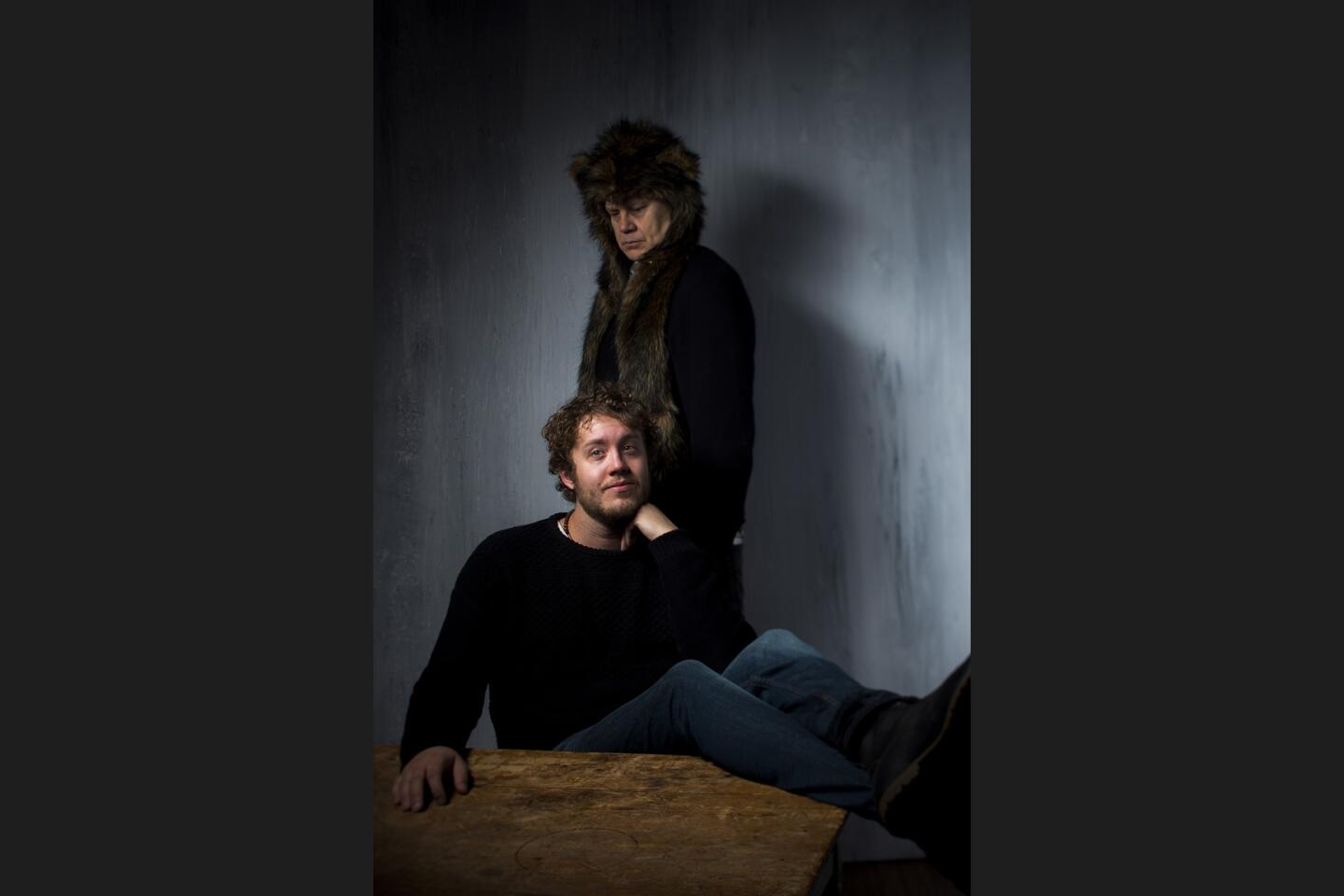
Executive Producer Tim Robbins and his son, Director Jack Henry Robbins, from the short “Hot Winter, A Film By Dick Pierre.”
(Jay L. Clendenin / Los Angeles Times)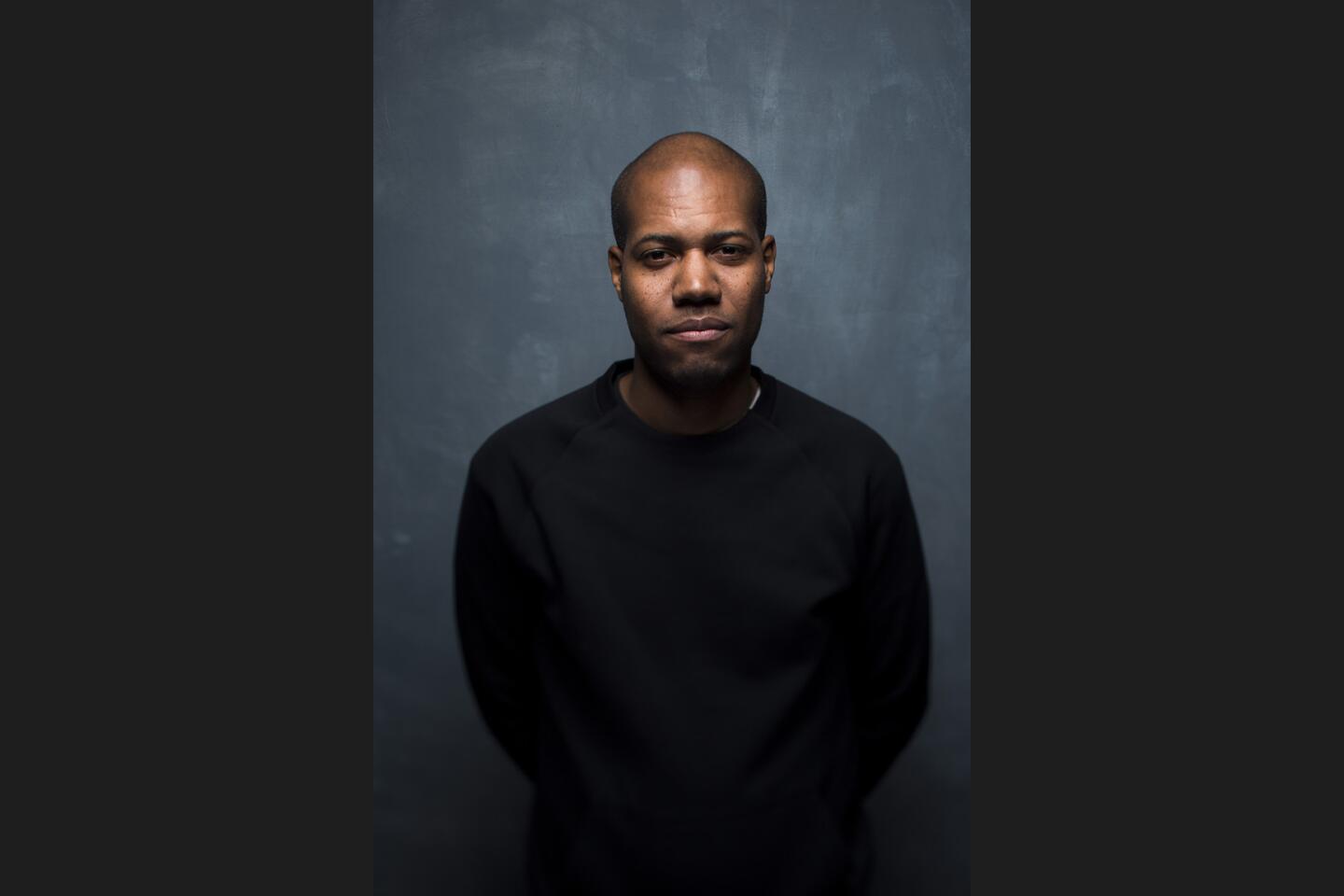
Actor Michael Larnell of the film “Roxanne, Roxanne.”
(Jay L. Clendenin / Los Angeles Times)
Actor Garrett Hedlund of the film “Mudbound.”
(Jay L. Clendenin / Los Angeles Times)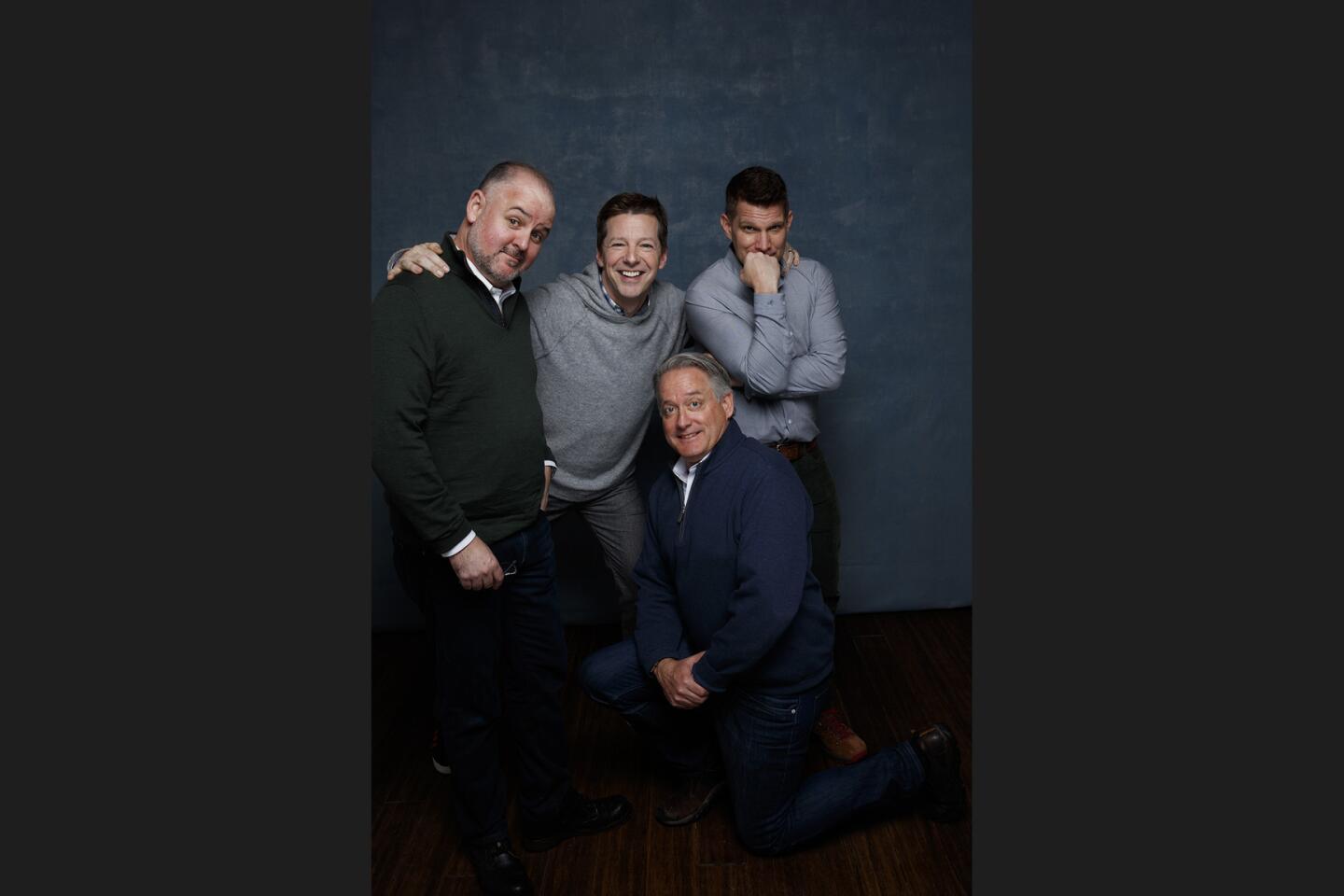
Executive Producers Christopher Cohen, Sean Hayes, Mark Herzog (kneeling) and Todd Milliner of the CNN series, “History of Comedy.”
(Jay L. Clendenin / Los Angeles Times)
Executive Producer Sean Hayes of the television series, “History of Comedy.”
(Jay L. Clendenin / Los Angeles Times)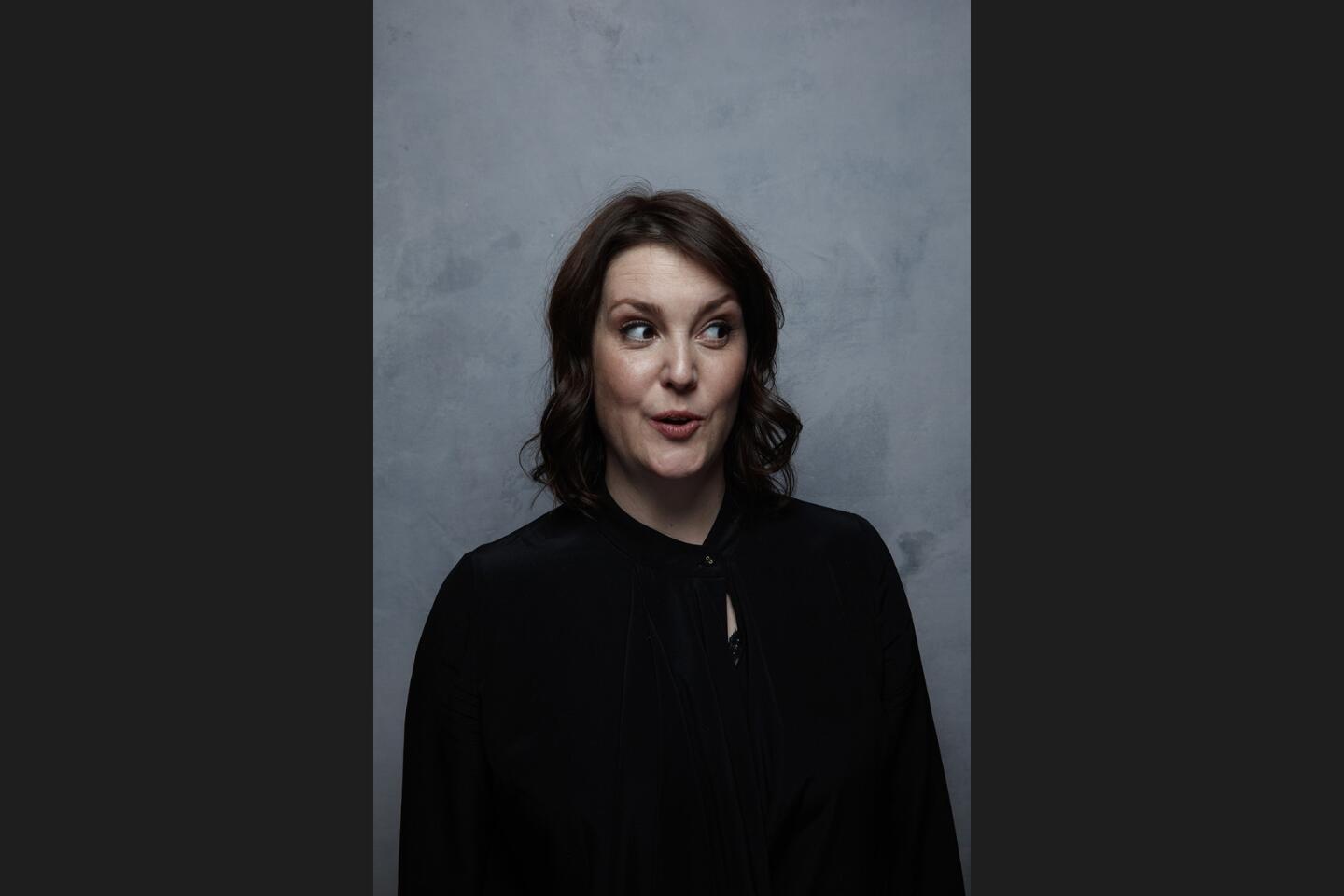
Actress Melanie Lynskey of the film, “I Don’t Feel at Home in This World Anymore.”
(Jay L. Clendenin / Los Angeles Times)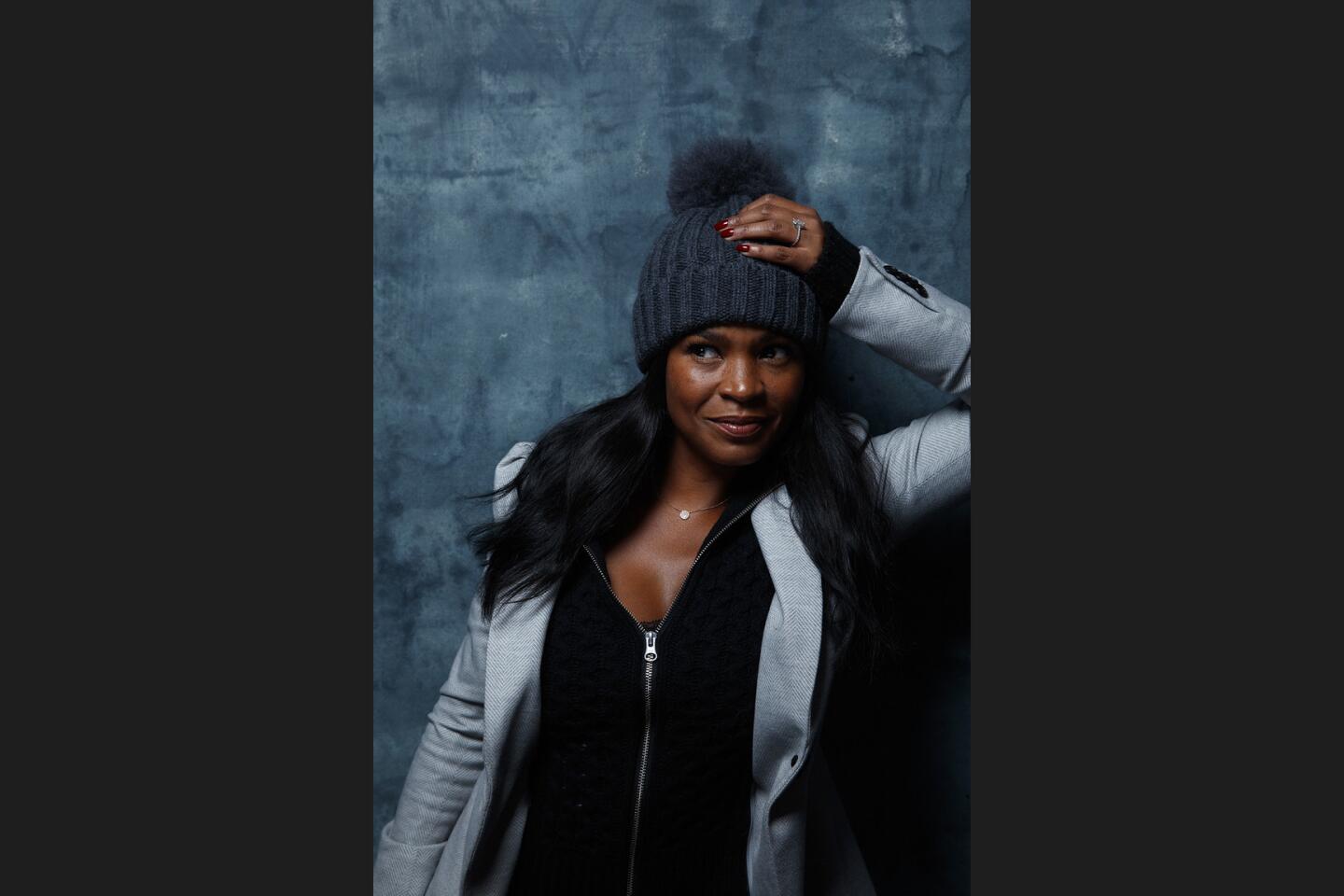
Actress Nia Long of the film “Roxanne, Roxanne.”
(Jay L. Clendenin / Los Angeles Times)
Actress Simone Baker of the film, “Gook.”
(Jay L. Clendenin / Los Angeles Times)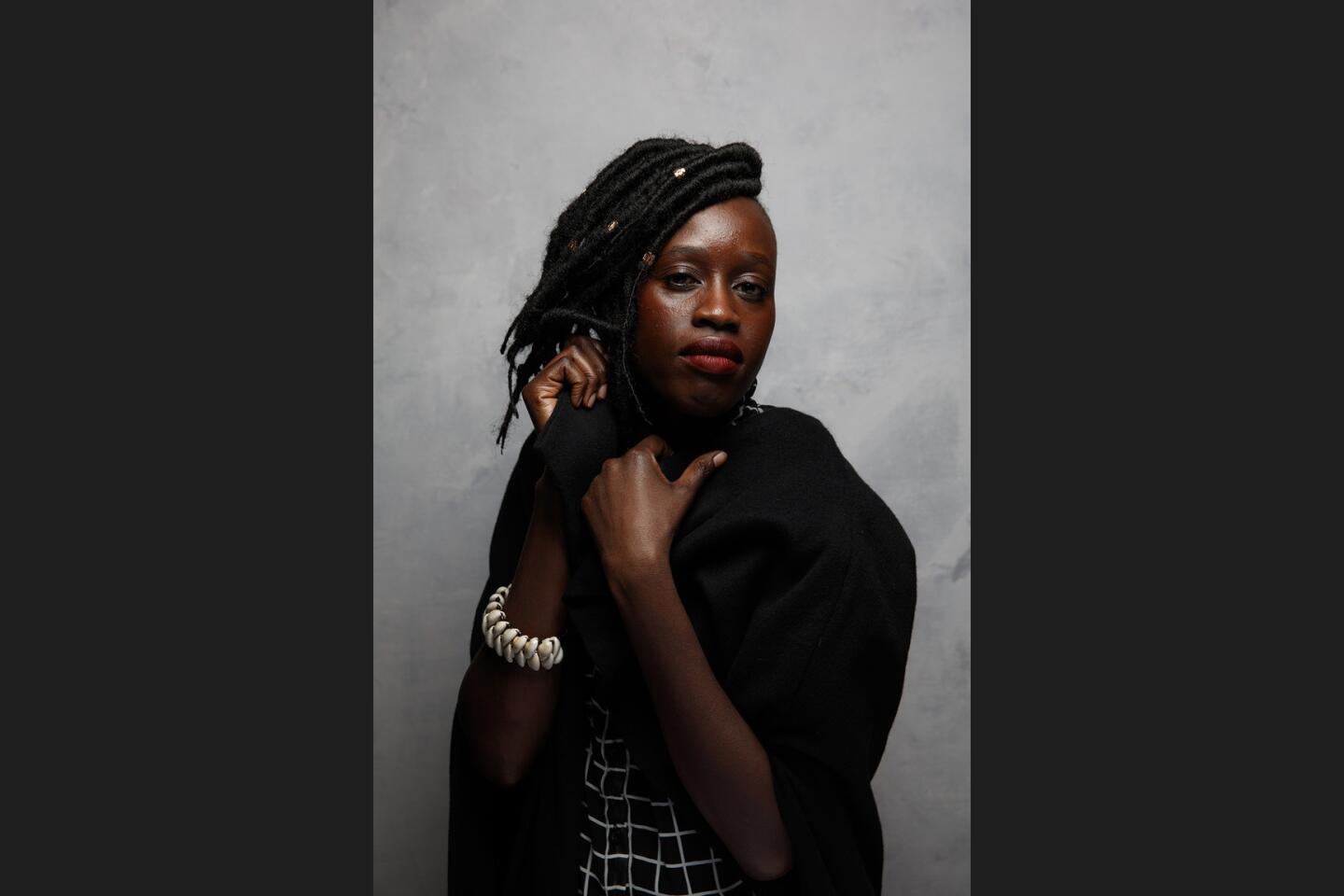
Actress Elizabeth Arjok of the film, “The Nile Hilton Incident.”
(Jay L. Clendenin / Los Angeles Times)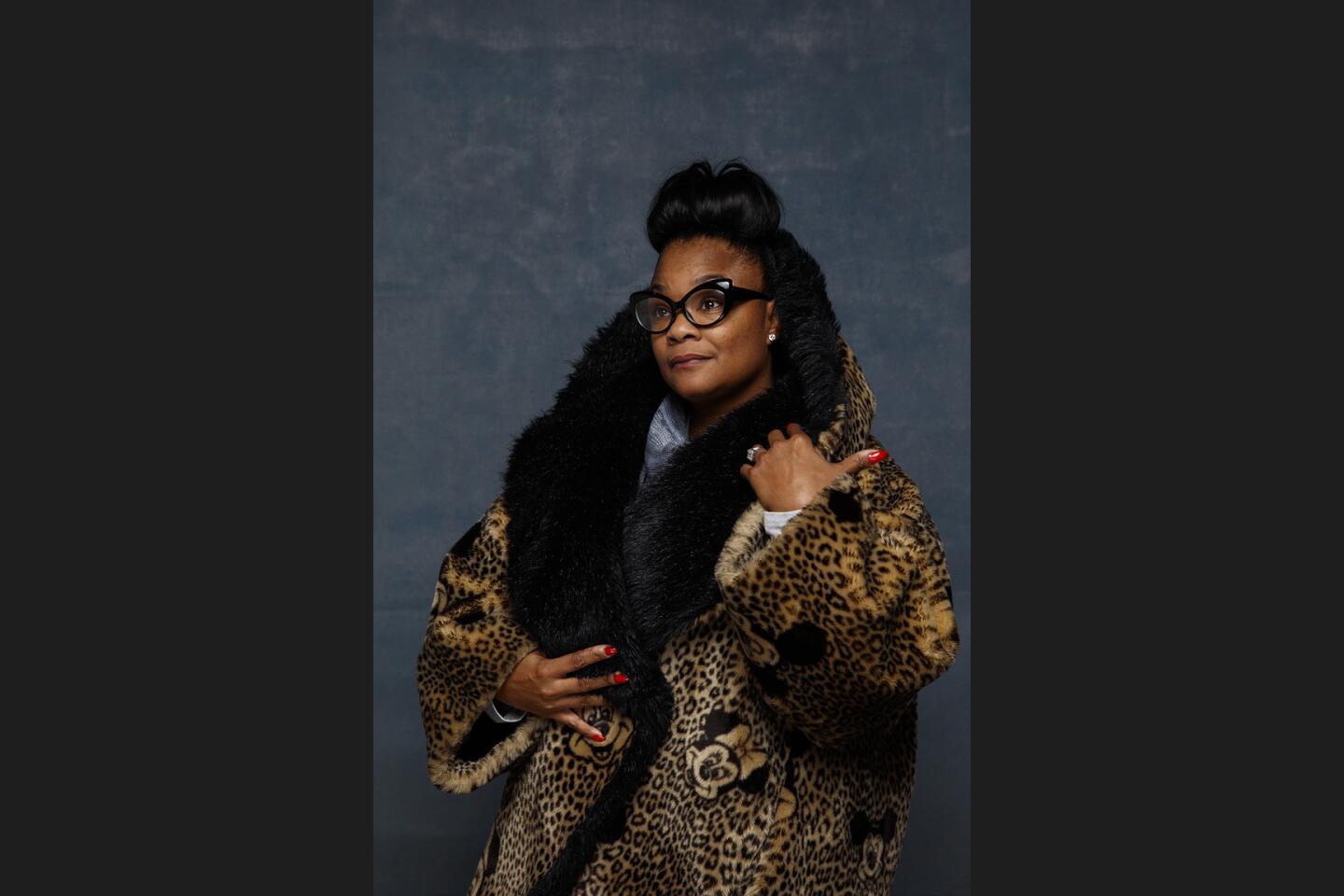
Roxanne Shante of the film “Roxanne, Roxanne.”
(Jay L. Clendenin / Los Angeles Times)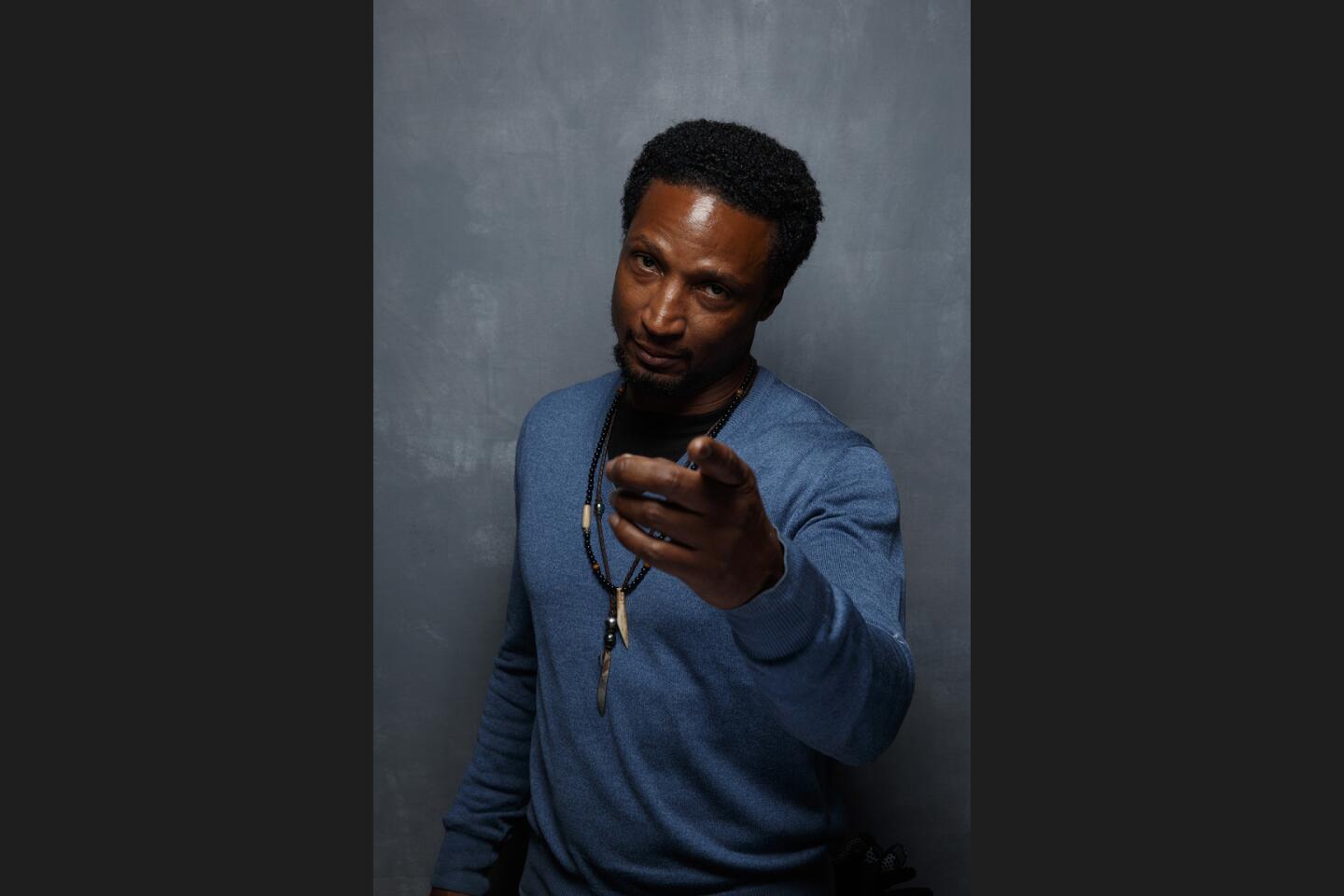
Actor Elvis Nolasco of the film “Roxanne, Roxanne.”
(Jay L. Clendenin / Los Angeles Times)
Jack Henry Robbins, from the short, “Hot Winter, A Film By Dick Pierre.”
(Jay L. Clendenin / Los Angeles Times)
Actress Mari Malek of the film “The Nile Hilton Incident.”
(Jay L. Clendenin / Los Angeles Times)
Actress Jasna Fritzi Bauer of the film “Axolotl Overkil.”
(Jay L. Clendenin / Los Angeles Times)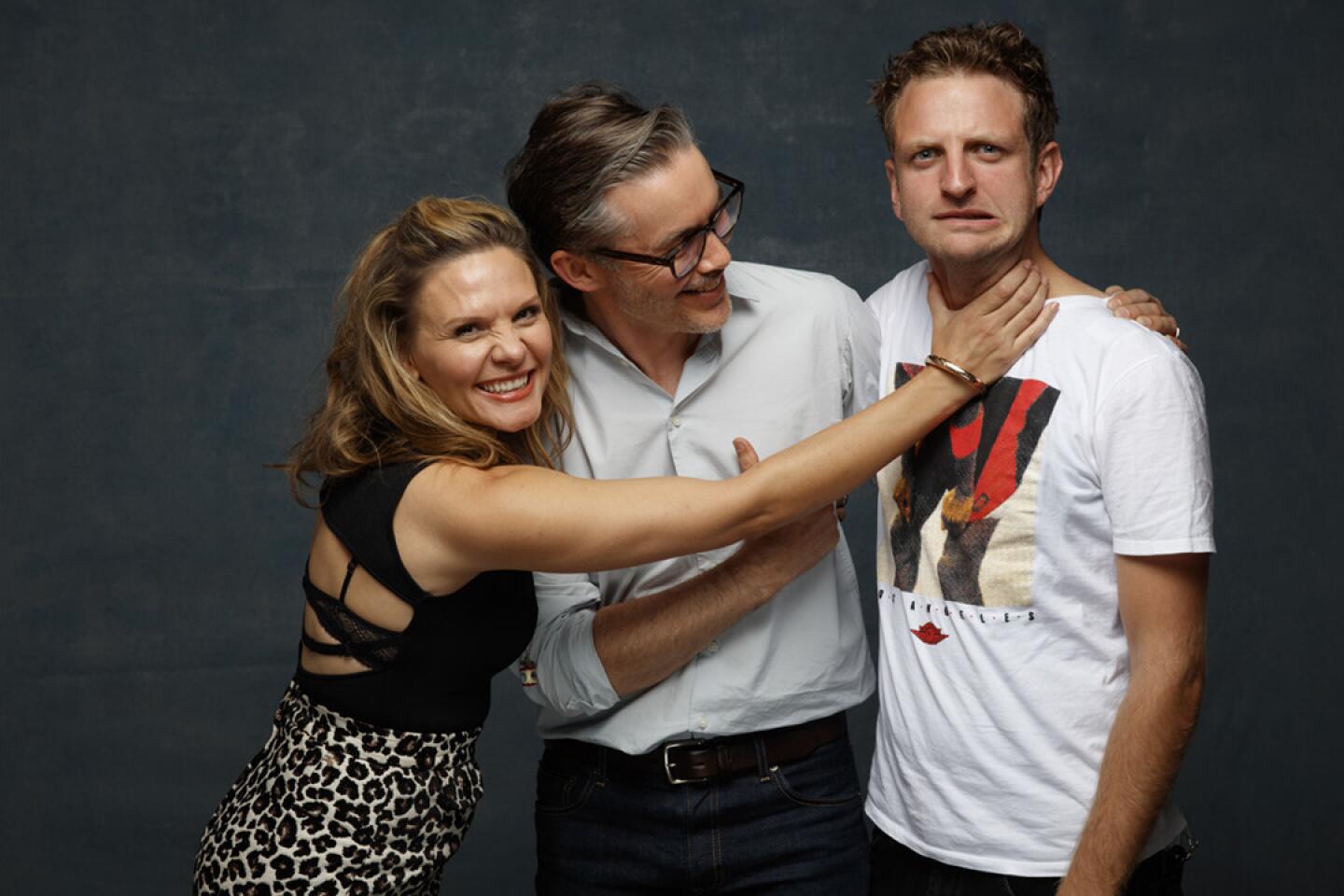
Actress Maya Stange, director Damien Power and actor Aaron Glenna from the film “Killing Ground.”
(Jay L. Clendenin / Los Angeles Times)
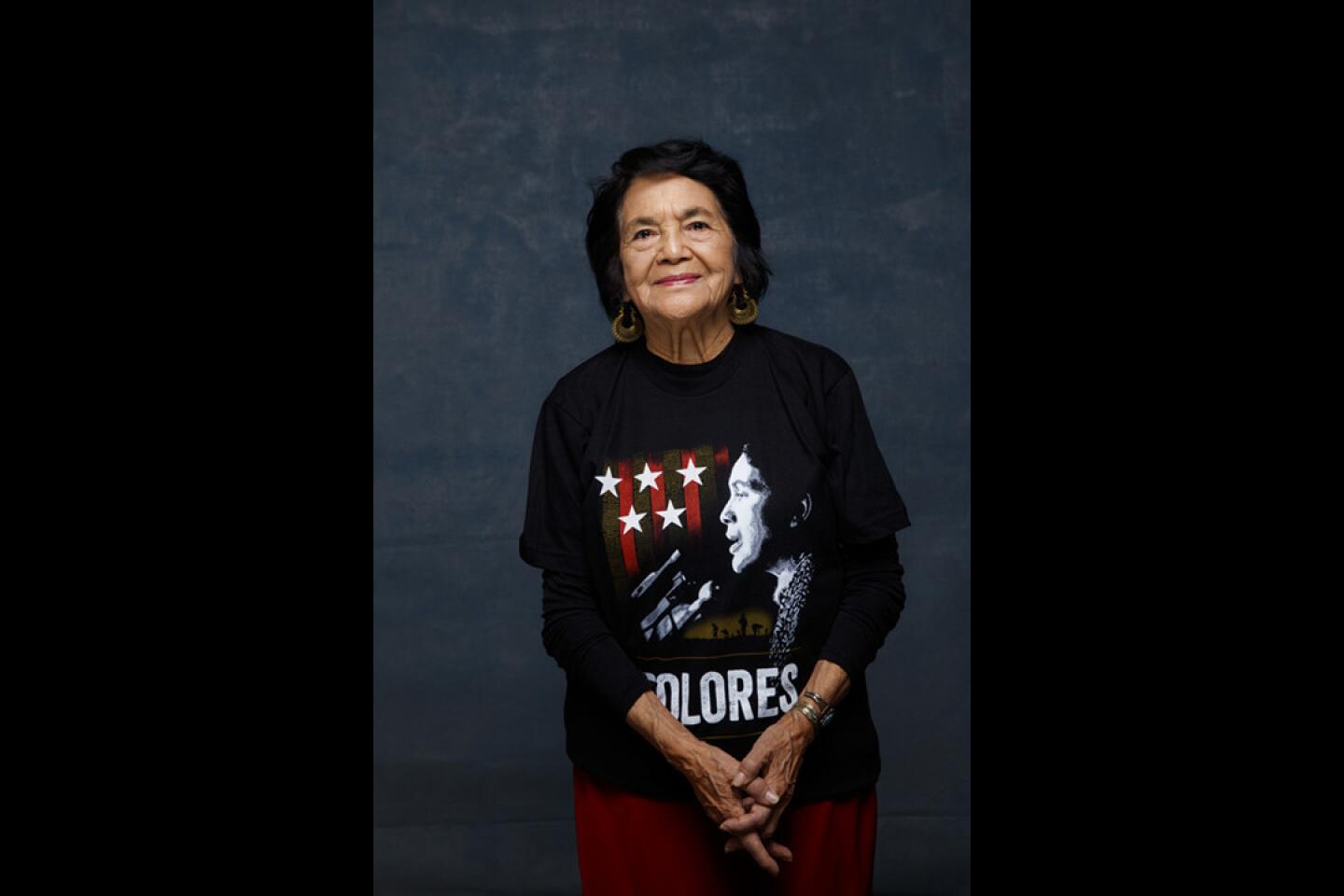
Dolores Huerta from the documentary “Dolores.”
(Jay L. Clendenin / Los Angeles Times)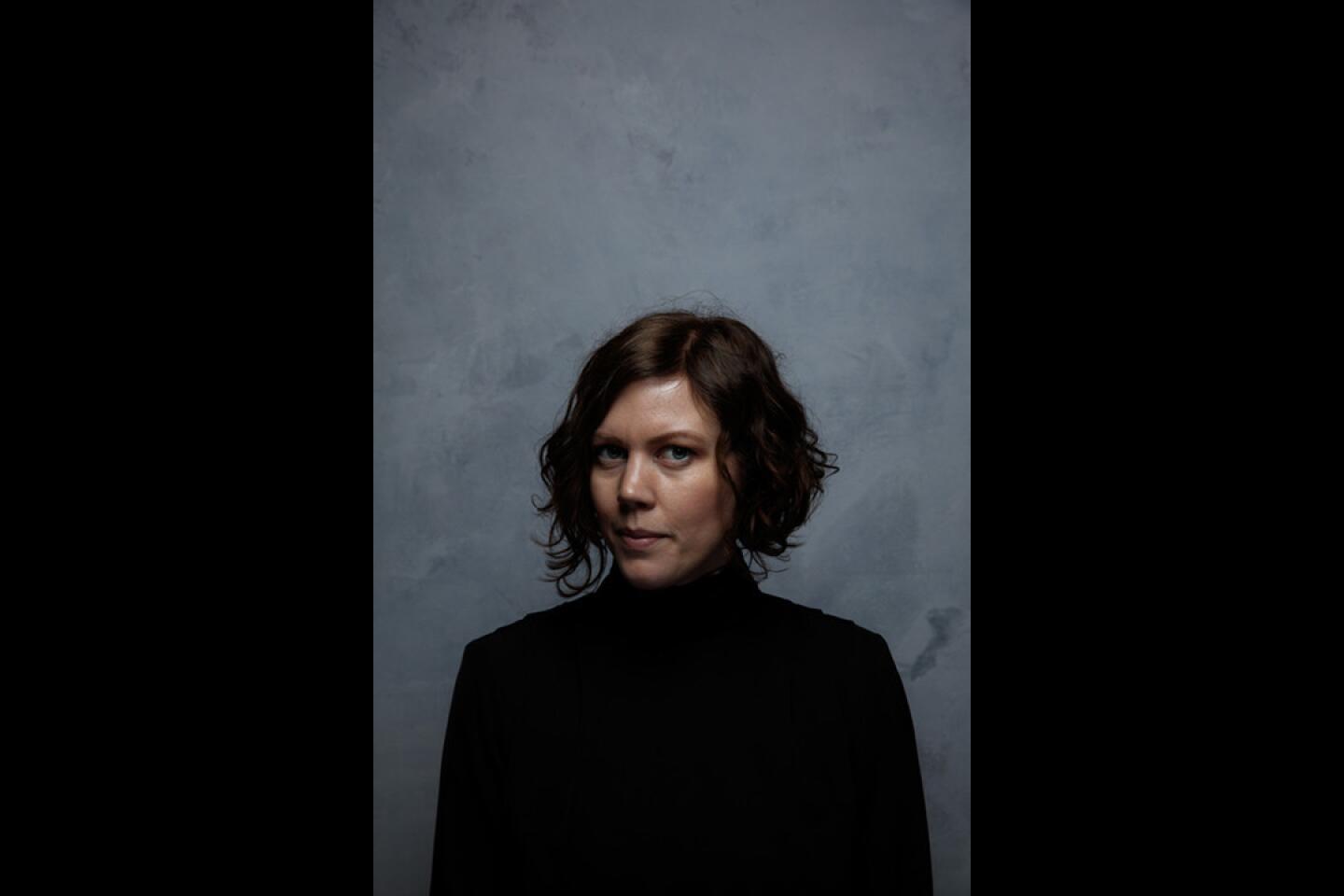
Director
(Jay L. Clendenin / Los Angeles Times)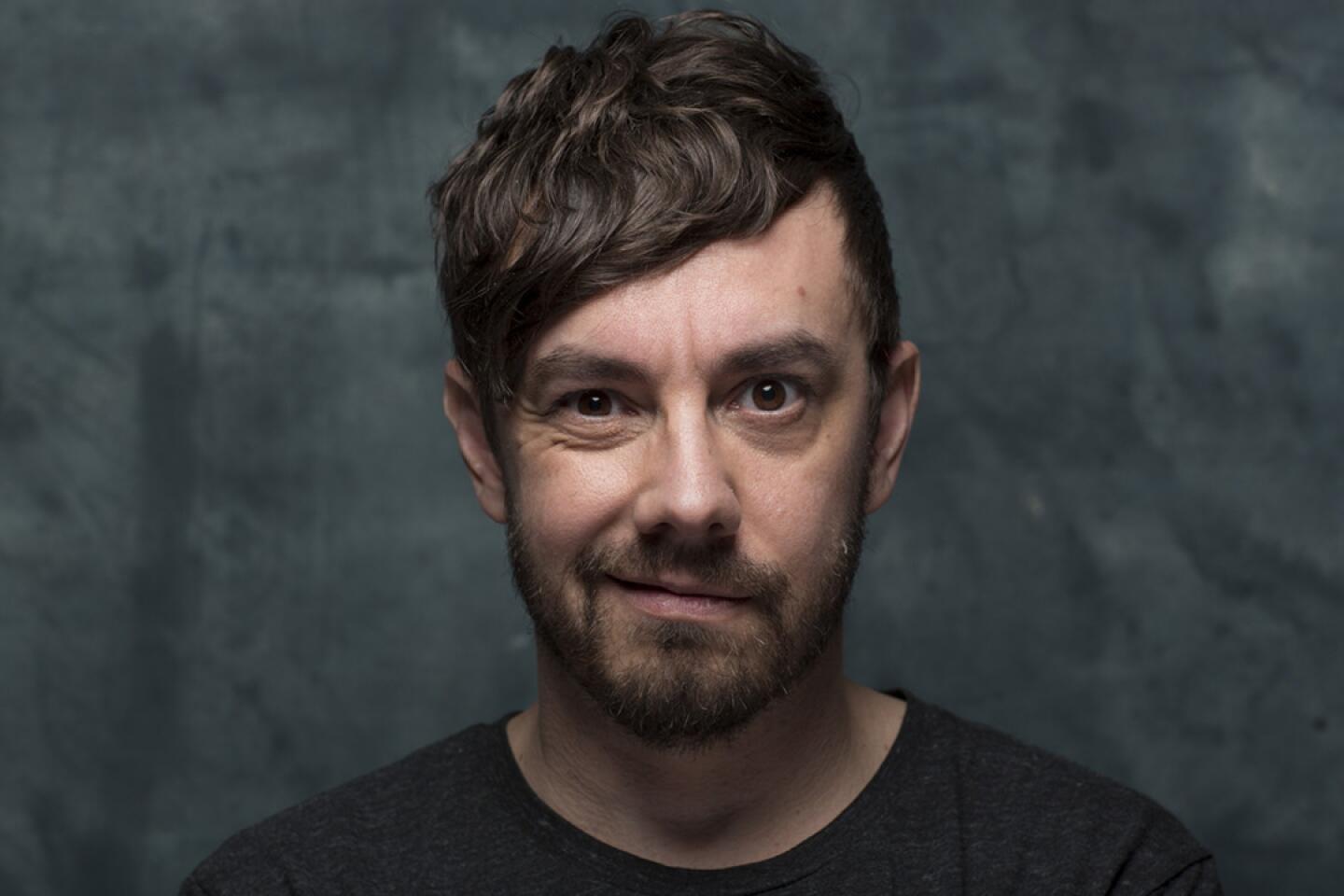
Actor Jorma Taccone from the film “L.A. Times.”
(Jay L. Clendenin / Los Angeles Times)
Actor Aaron Glenane from the film “Killing Ground.”
(Jay L. Clendenin / Los Angeles Times)


Directors Andrew Smith and Alex Smith with the film “Walking Out.”
(Jay L. Clendenin / Los Angeles Times)
Actress Molly Shannon from the film “The Little Hours.”
(Jay L. Clendenin / Los Angeles Times)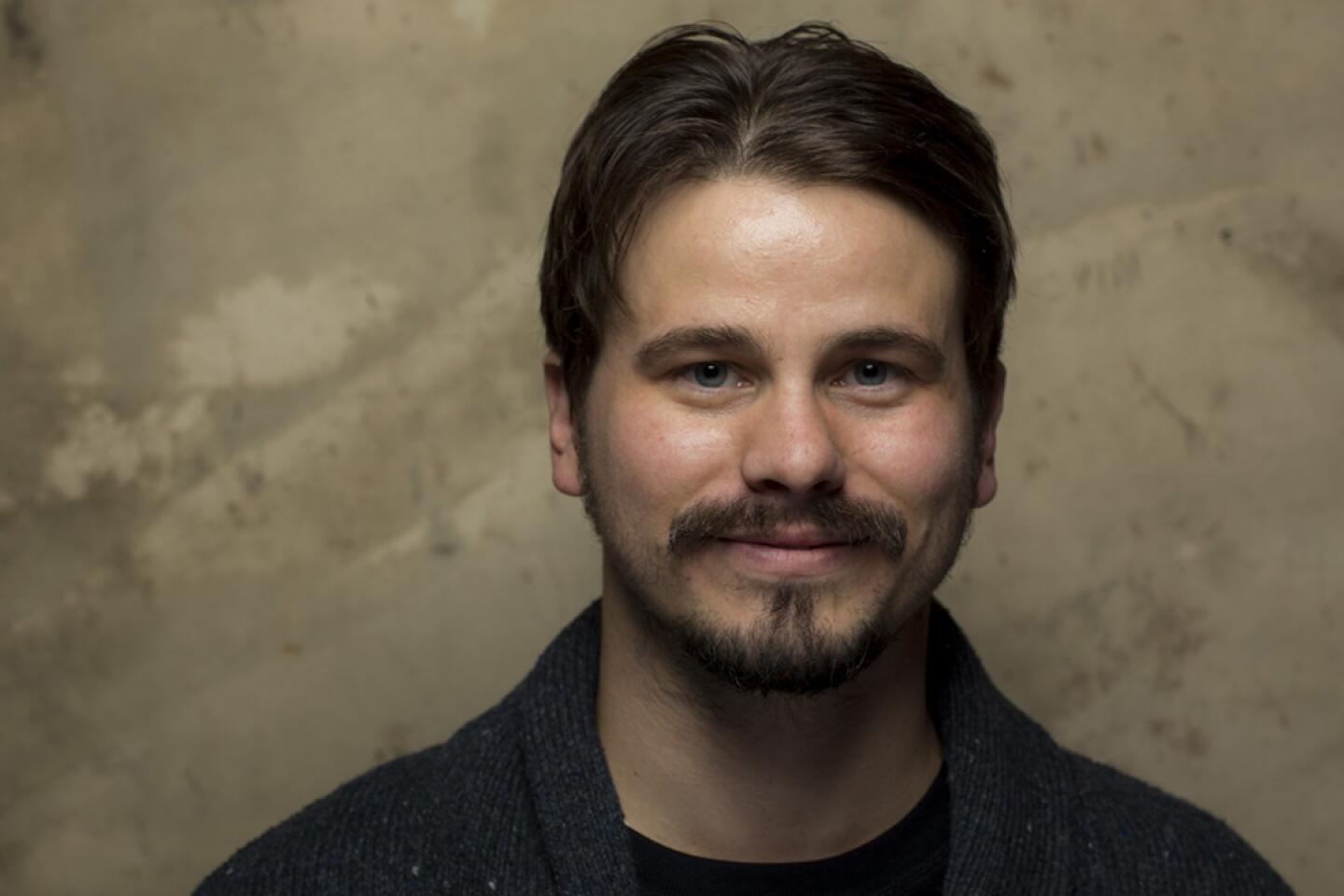
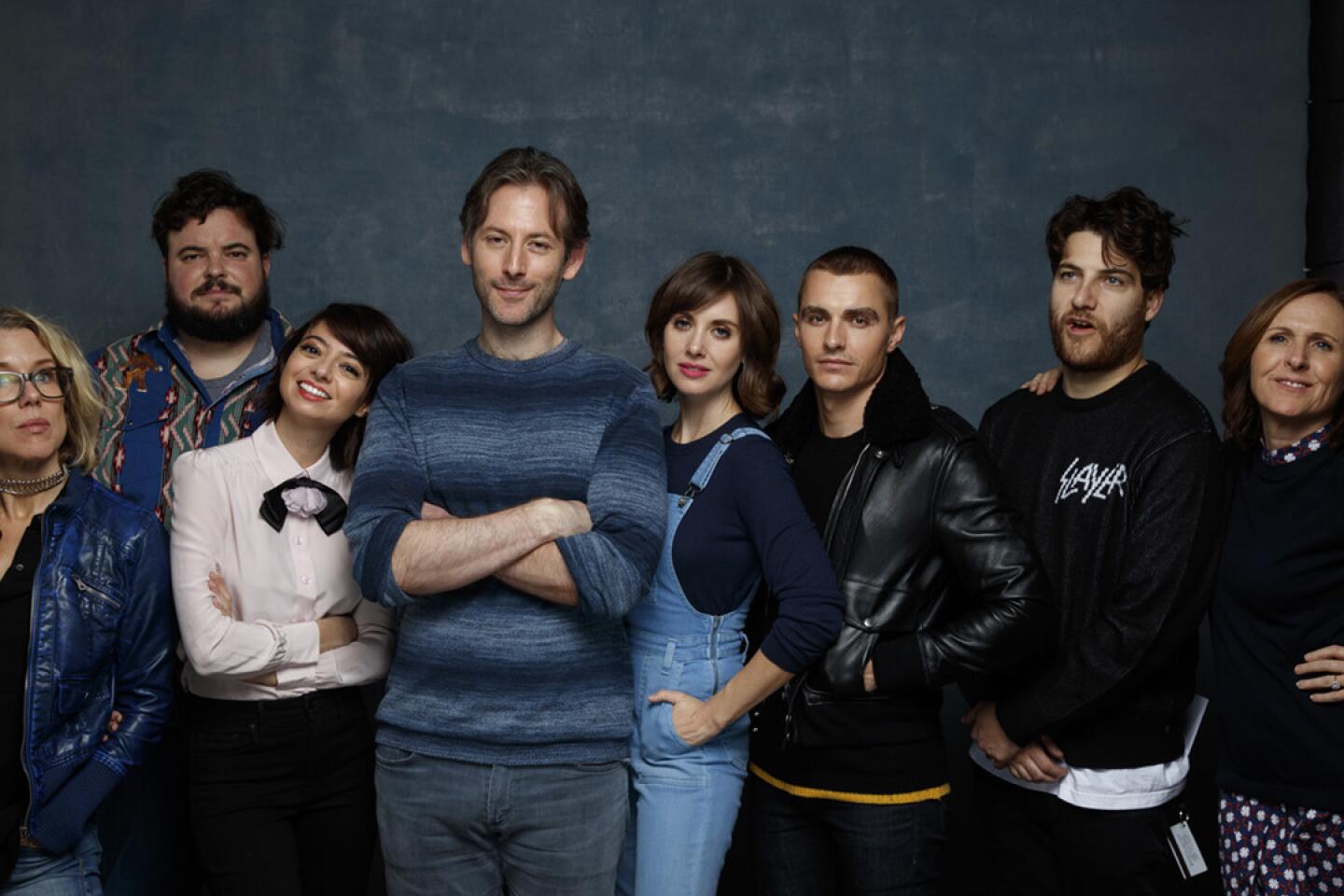
Lauren Weedman, actor Jon Gabrus, actress Kate Micucci, director Jeff Baena, actress Alison Brie, actor Dave Franco, Adam Pally and actress Molly Shannon with the film “The Little Hours.”
(Jay L. Clendenin / Los Angeles Times)
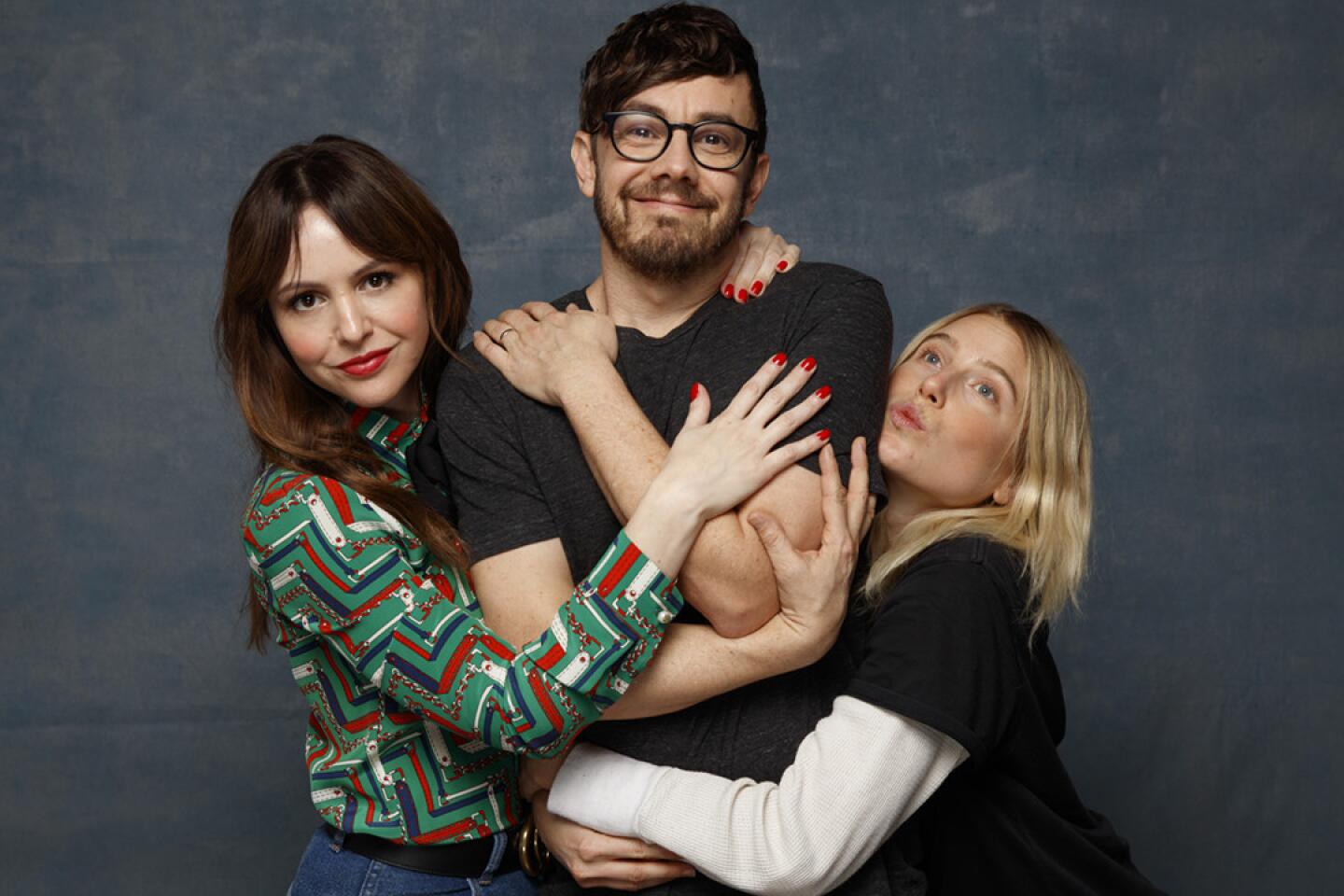
Actress/director Michelle Morgan and actors Jorma Taccone and Dree Hemingway from the film “L.A. Times.”
(Jay L. Clendenin / Los Angeles Times)
Director Marina Zenovich of the film “Water and Power.”
(Jay L. Clendenin / Los Angeles Times)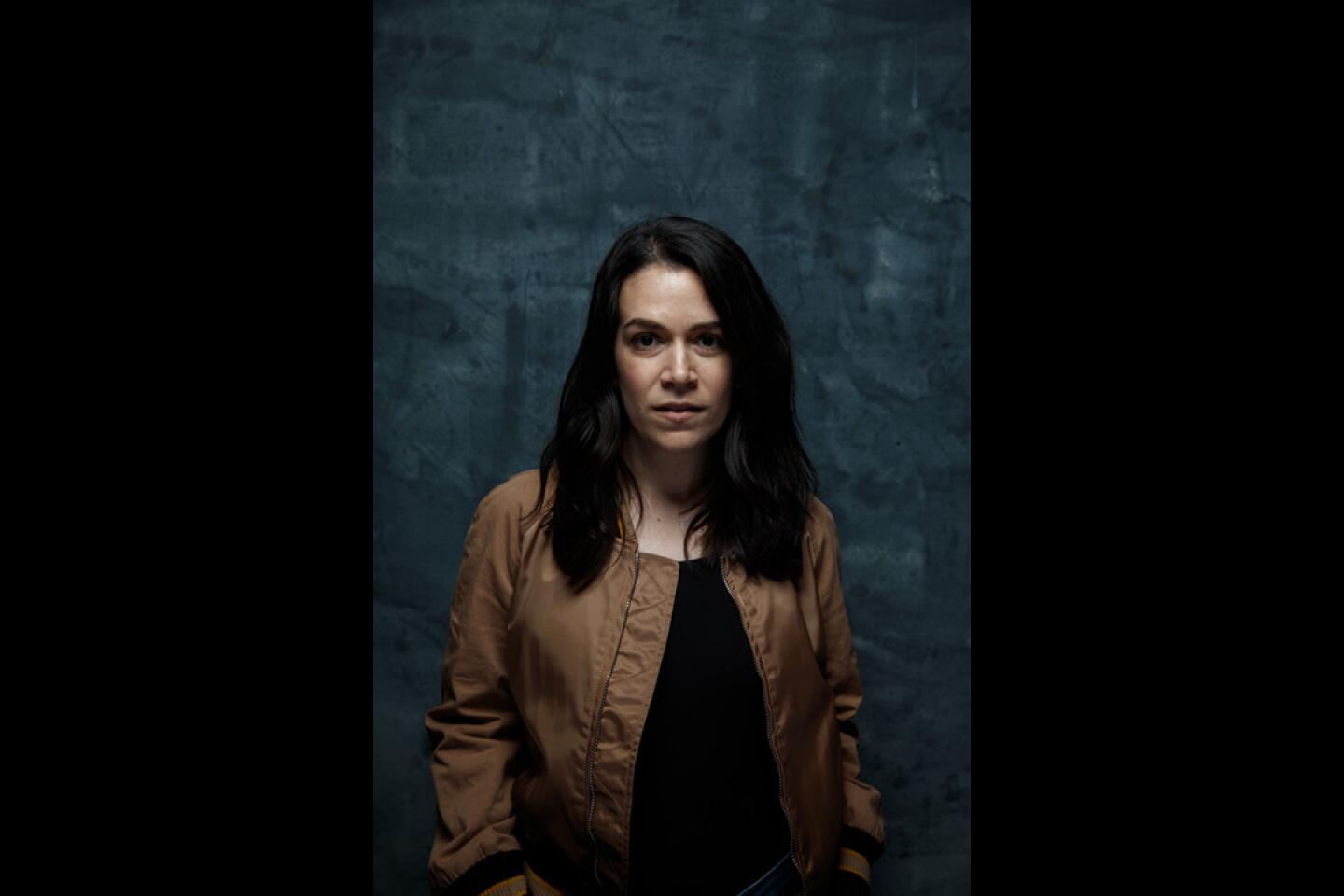

Actress Florence Pugh and director William Oldroyd from the film “Lady MacBeth.”
(Jay L. Clendenin / Los Angeles Times)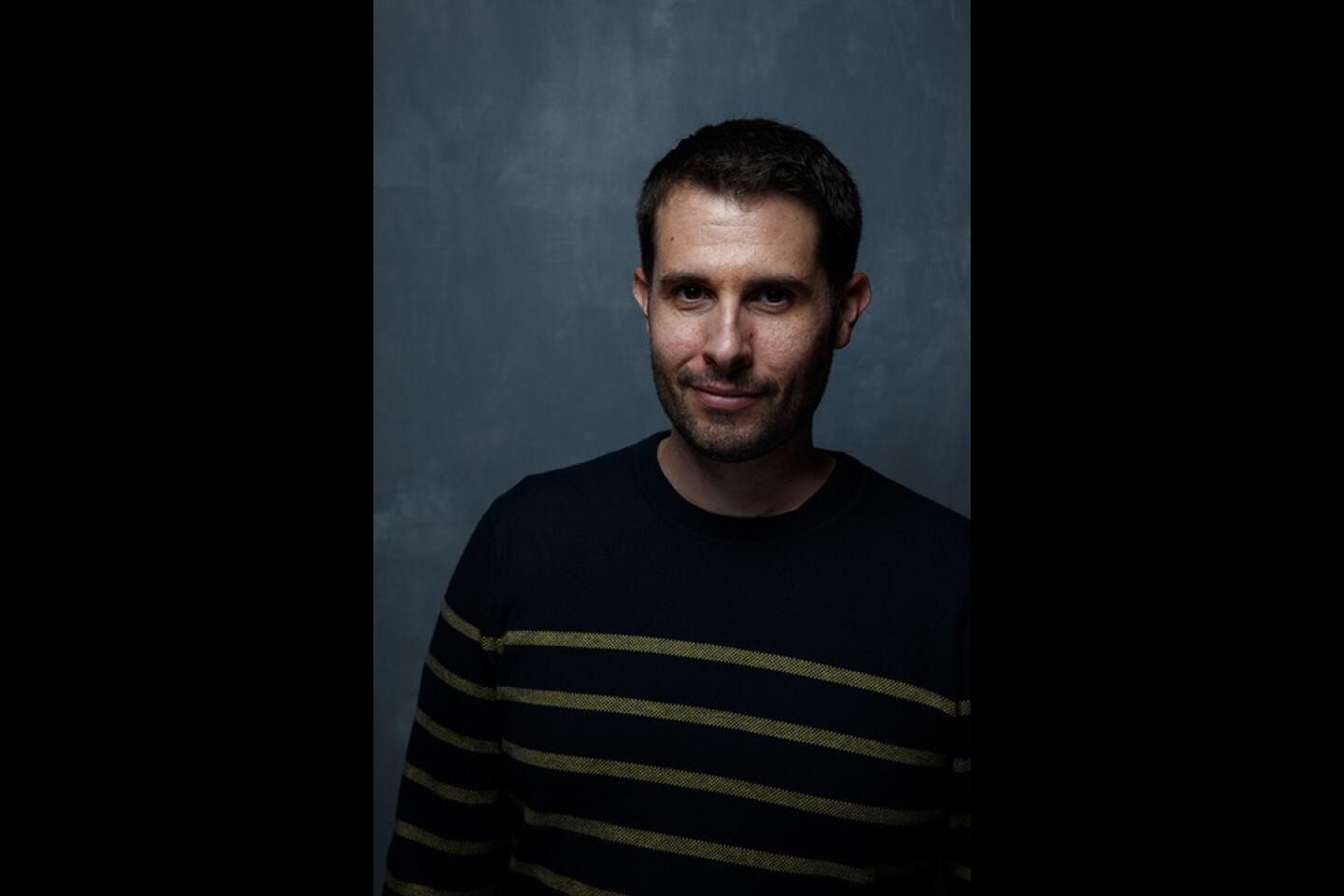
Producer Ryland Aldrich, from the film “L.A. Times.”
(Jay L. Clendenin / Los Angeles Times)
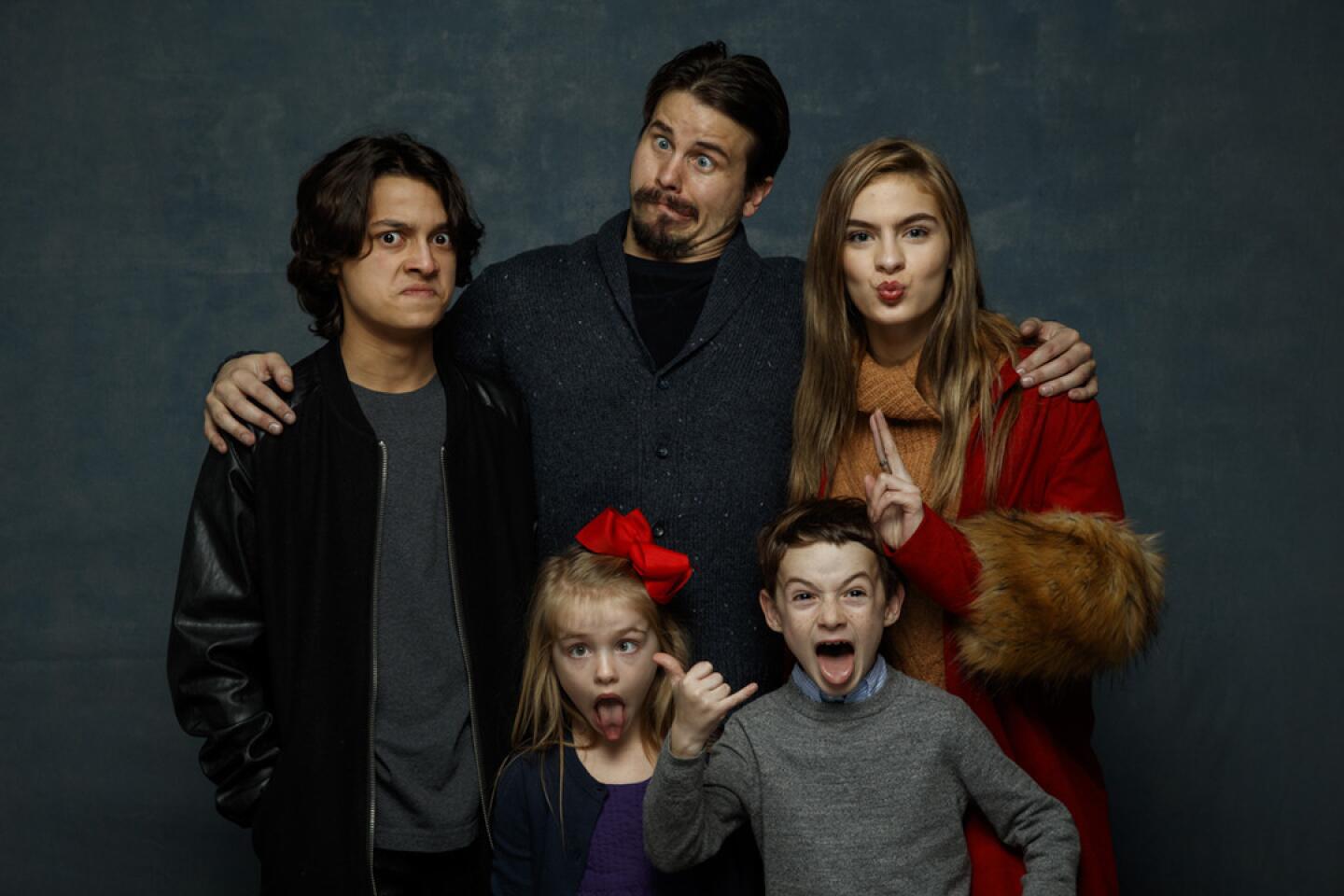
Front: Actors Kingston Foster and Jason Maybaum; back: actors Rio Mangini Jason Ritter and Brighton Sharbino from the film “Bitch.”
(Jay L. Clendenin / Los Angeles Times)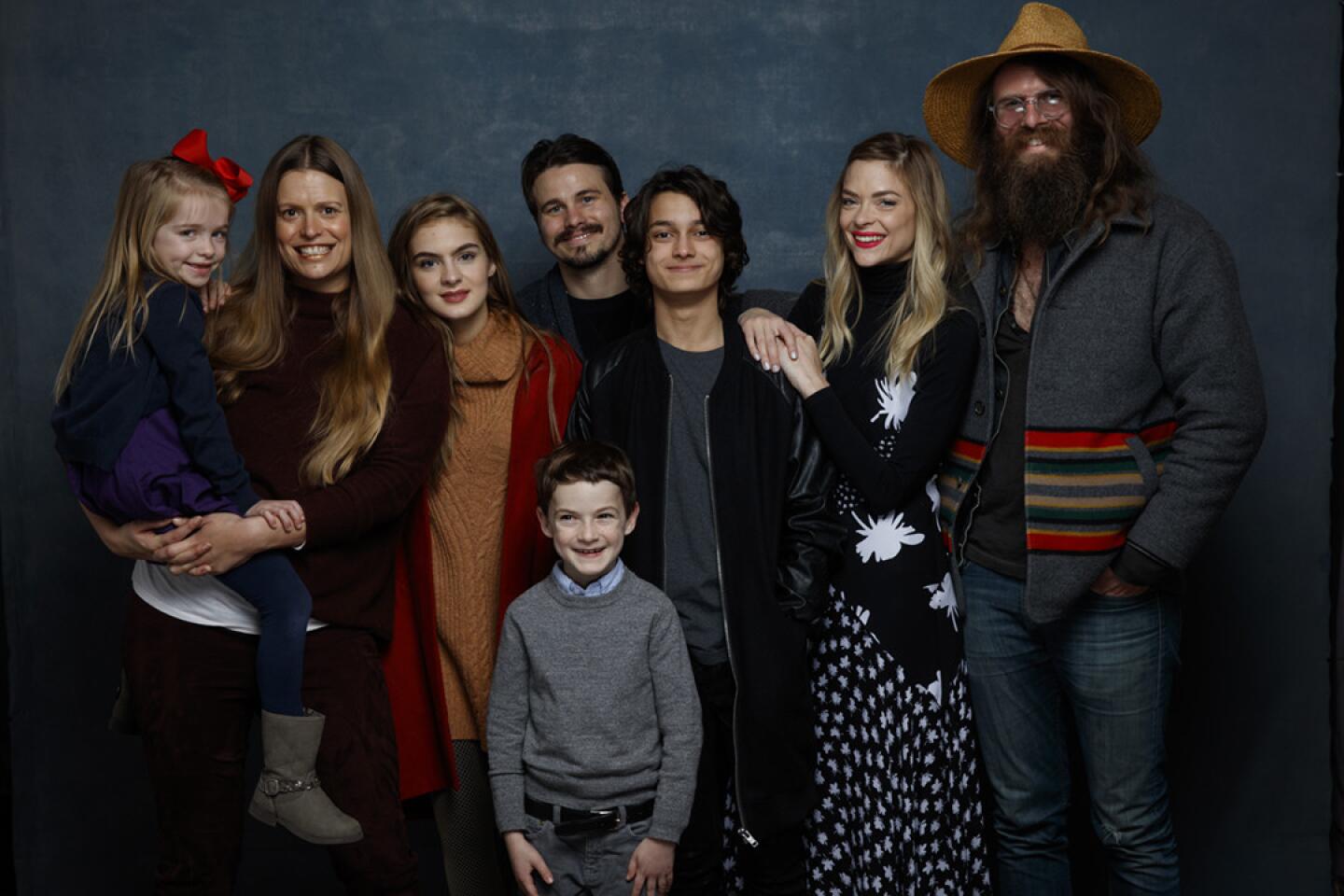
Actress Kingston Foster, director Marianna Palka, actress Brighton Sharbino, actor Rio Mangini, actor Jason Ritter, actor Jason Maybaum, actress Jaime King and actor Zac Clark with the film “Bitch.”
(Jay L. Clendenin / Los Angeles Times)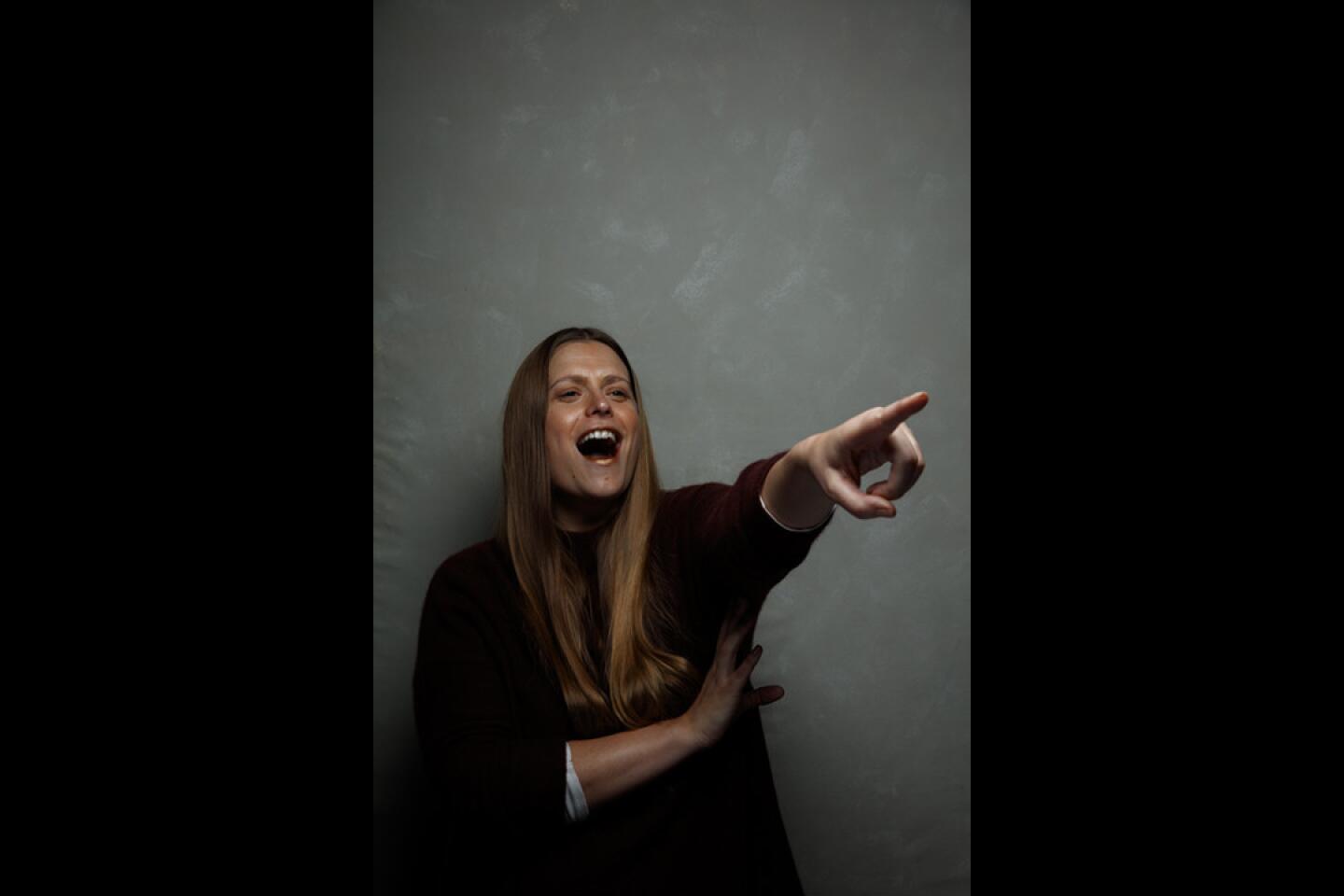
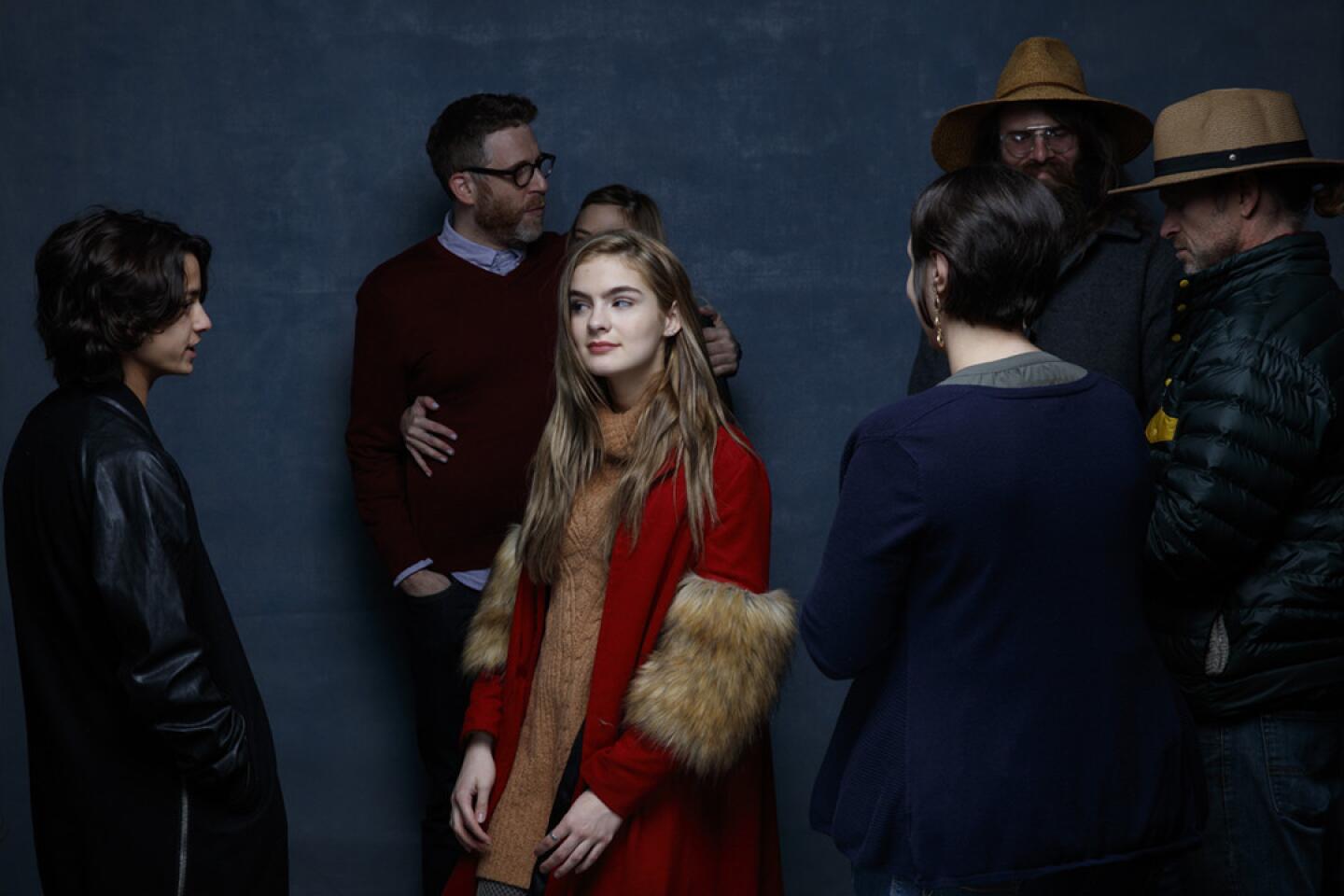

Director Amanda Lipitz, center, and step team members, from left, Tayla Solomon, Cori Granger and Blessin Giraldo from the documentary “Step.”
(Jay L. Clendenin / Los Angeles Times)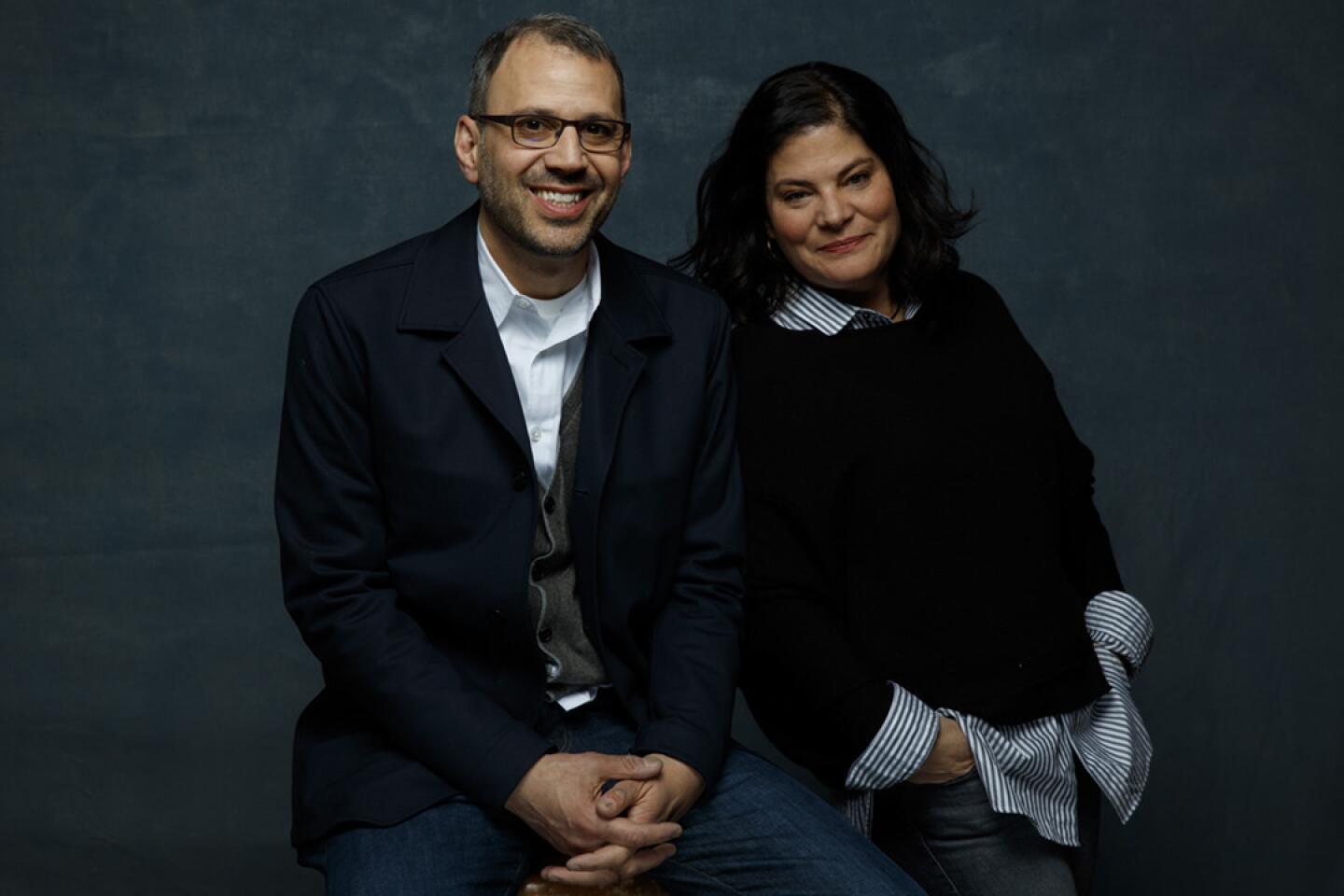


Team members, from left, Tayla Solomon, Cori Granger and Blessin Giraldo from the documentary “Step.”
(Jay L. Clendenin / Los Angeles Times)

Actress Zoe Kazan with the film “The Big Sick.”
(Jay L. Clendenin / Los Angeles Times)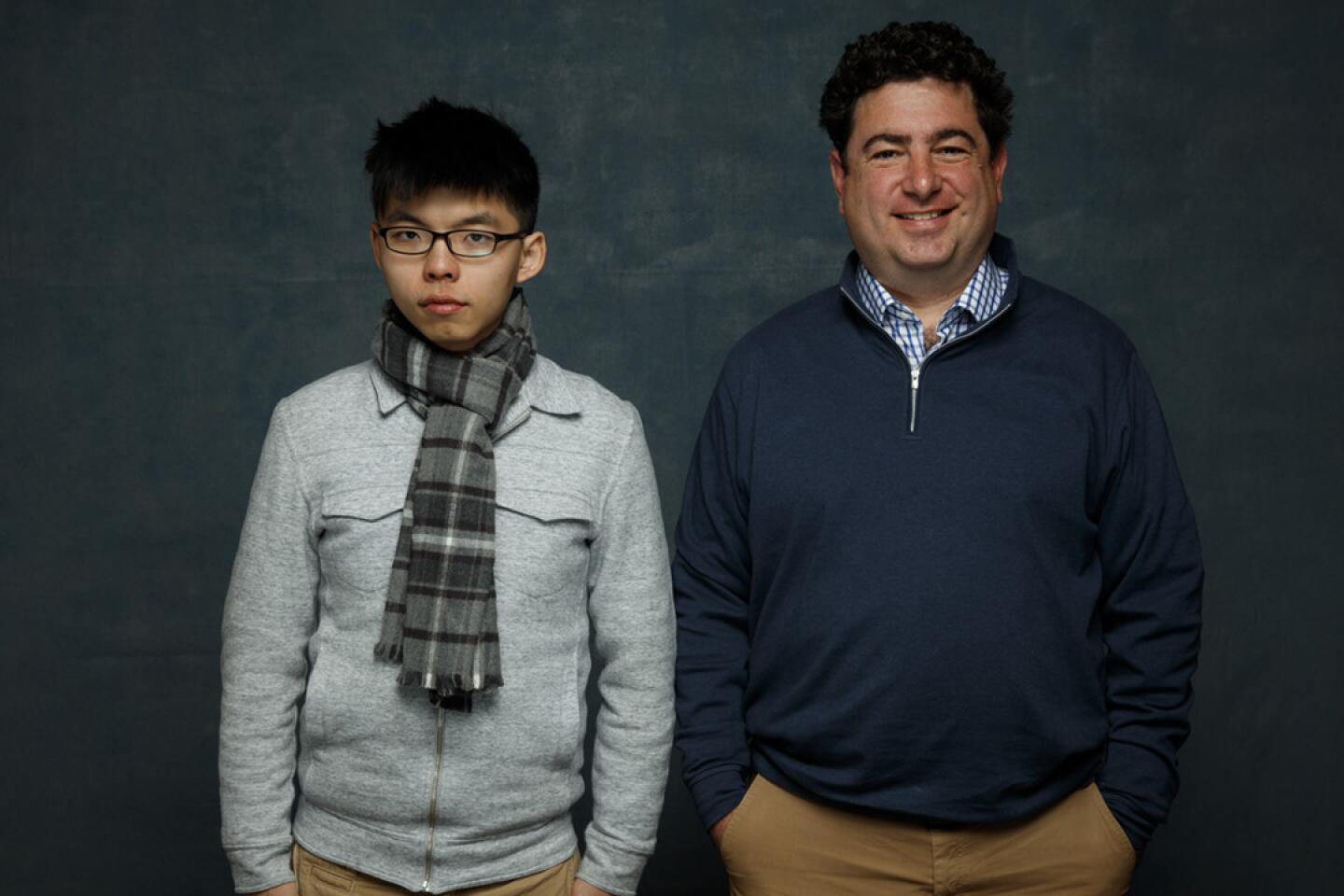
Joshua Wong and director Joe Piscatella with the documentary “Joshua: Teenager vs. Superpower.”
(Jay L. Clendenin / Los Angeles Times)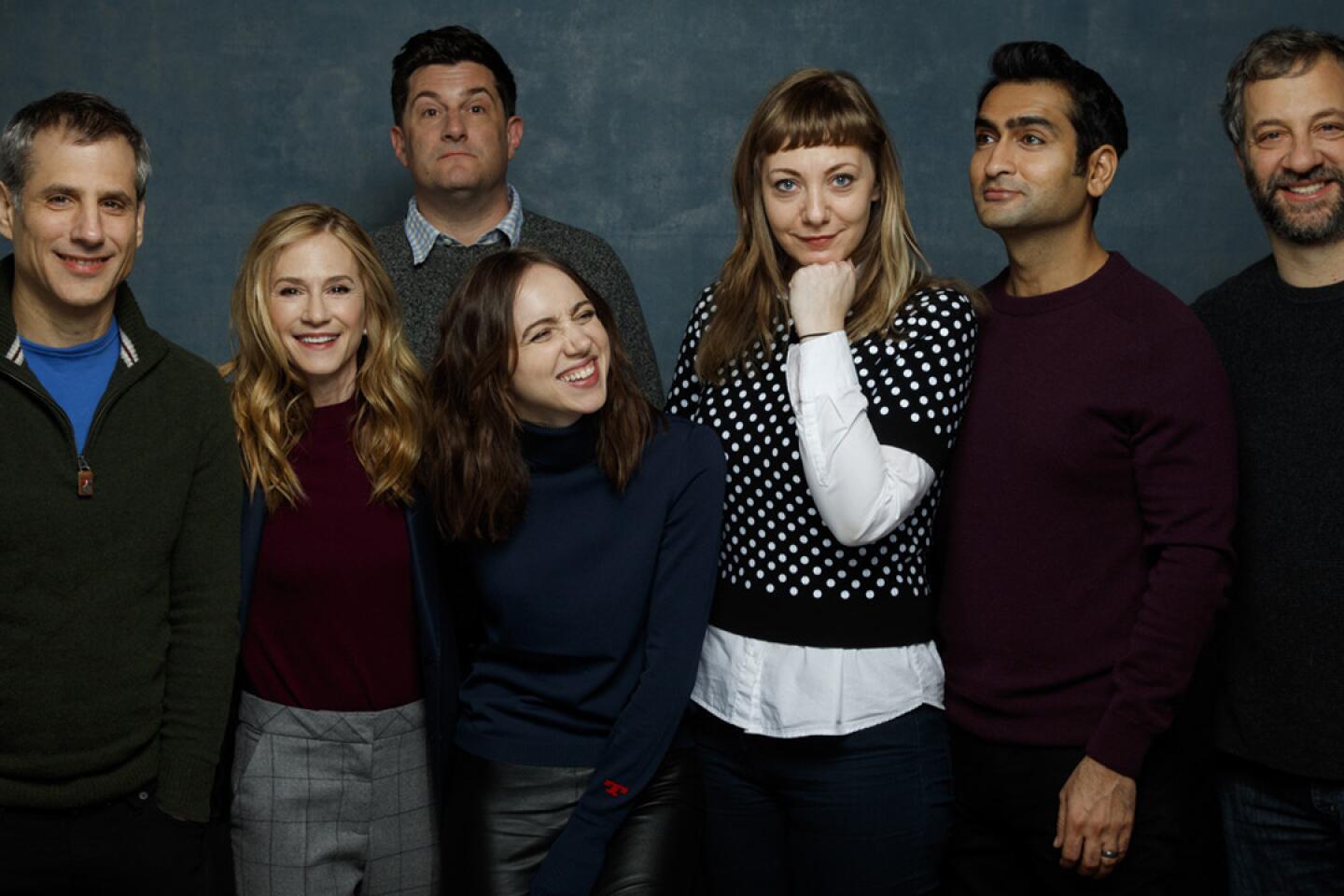
From left, producer Barry Mendel, actress Holly Hunter, director Michael Showalter, actress Zoe Karan, writer Emily V. Gordon, writer Kumail Nanjiani, and producer Judd Apatow with the film “The Big Sick.”
(Jay L. Clendenin / Los Angeles Times)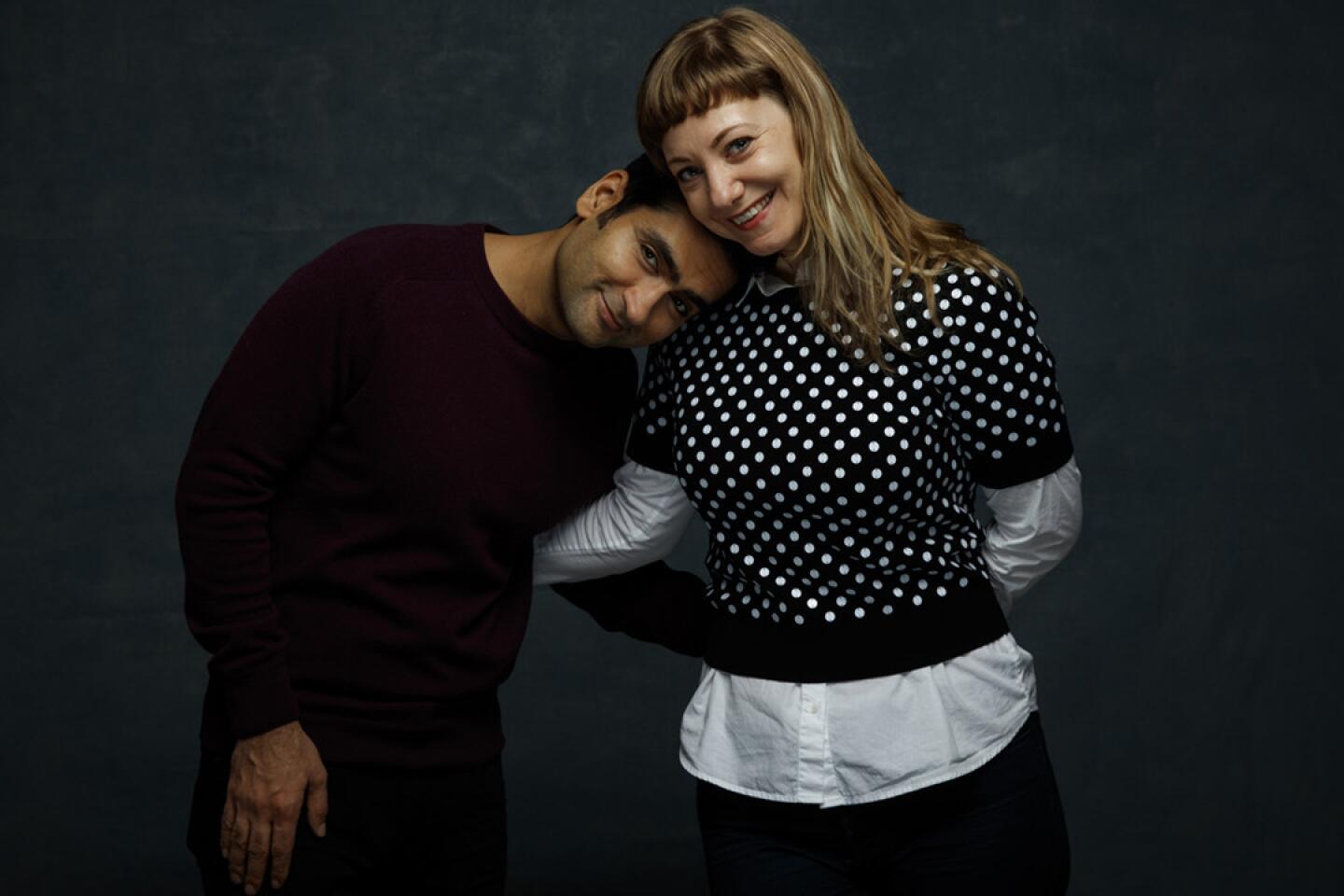
Husband and wife co-writers Kumail Nanjiani and Emily V. Gordon from “The Big Sick.”
(Jay L. Clendenin / Los Angeles Times)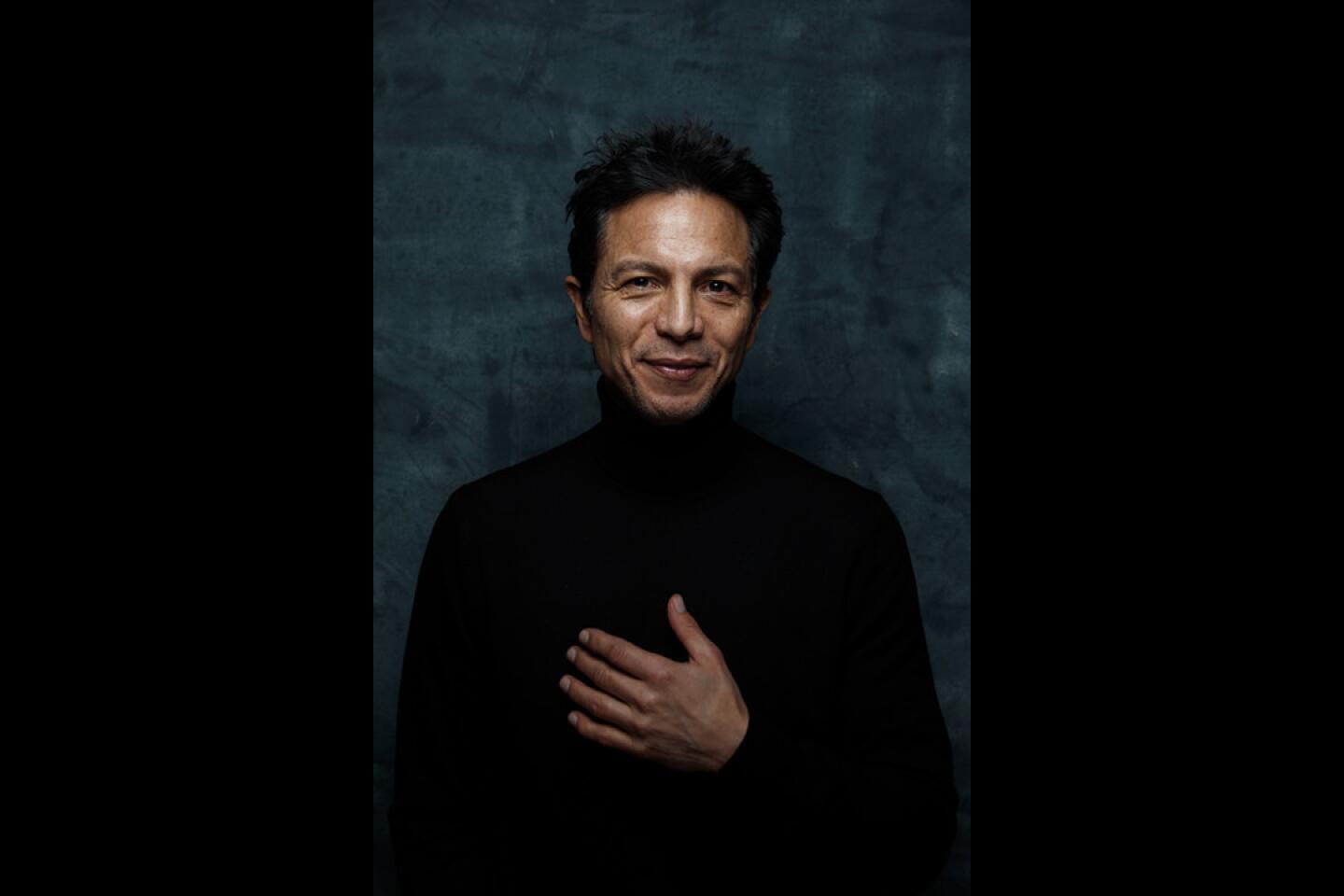
Consulting Producer Benjamin Bratt of the film “Dolores.”
(Jay L. Clendenin / Los Angeles Times)
Director Kristen Stewart of the film “Come Swim.”
(Jay L. Clendenin / Los Angeles Times)
Actress Holly Hunter with the film “The Big Sick.”
(Jay L. Clendenin / Los Angeles Times)
Actor Logan Miller, actress Cynthy Wu, director Ry-Russo Young and actresses Zoey Deutch, Elena Kampouris, Medalion Rahimi and Jennifer Beals, from the film “Before I Fall.”
(Jay L. Clendenin / Los Angeles Times)
Actress Zoey Deutch, from the film “Before I Fall.”
(Jay L. Clendenin / Los Angeles Times)
Actress Medalion Rahimi, from the film “Before I Fall.”
(Jay L. Clendenin / Los Angeles Times)
Actress Elena Kampouris, from the film “Before I Fall.”
(Jay L. Clendenin / Los Angeles Times)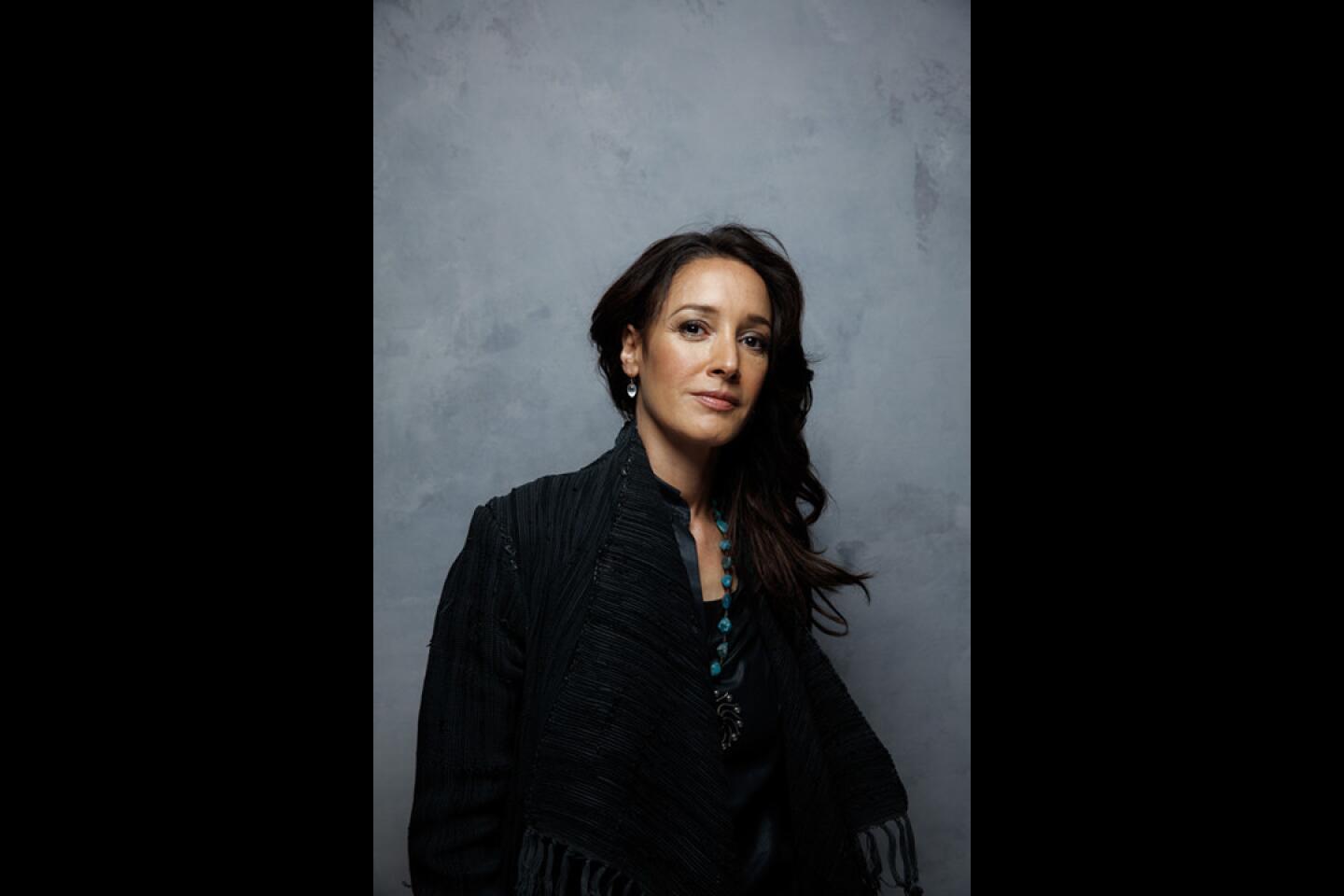
Actress Jennifer Beals, from the film “Before I Fall.”
(Jay L. Clendenin / Los Angeles Times)
Actress Cynthy Wu, from the film “Before I Fall.”
(Jay L. Clendenin / Los Angeles Times)
Actor Logan Miller, from “Before I Fall.”
(Jay L. Clendenin / Los Angeles Times)
Actor Miles Fischer, from the television show “Playdates.”
(Jay L. Clendenin / Los Angeles Times)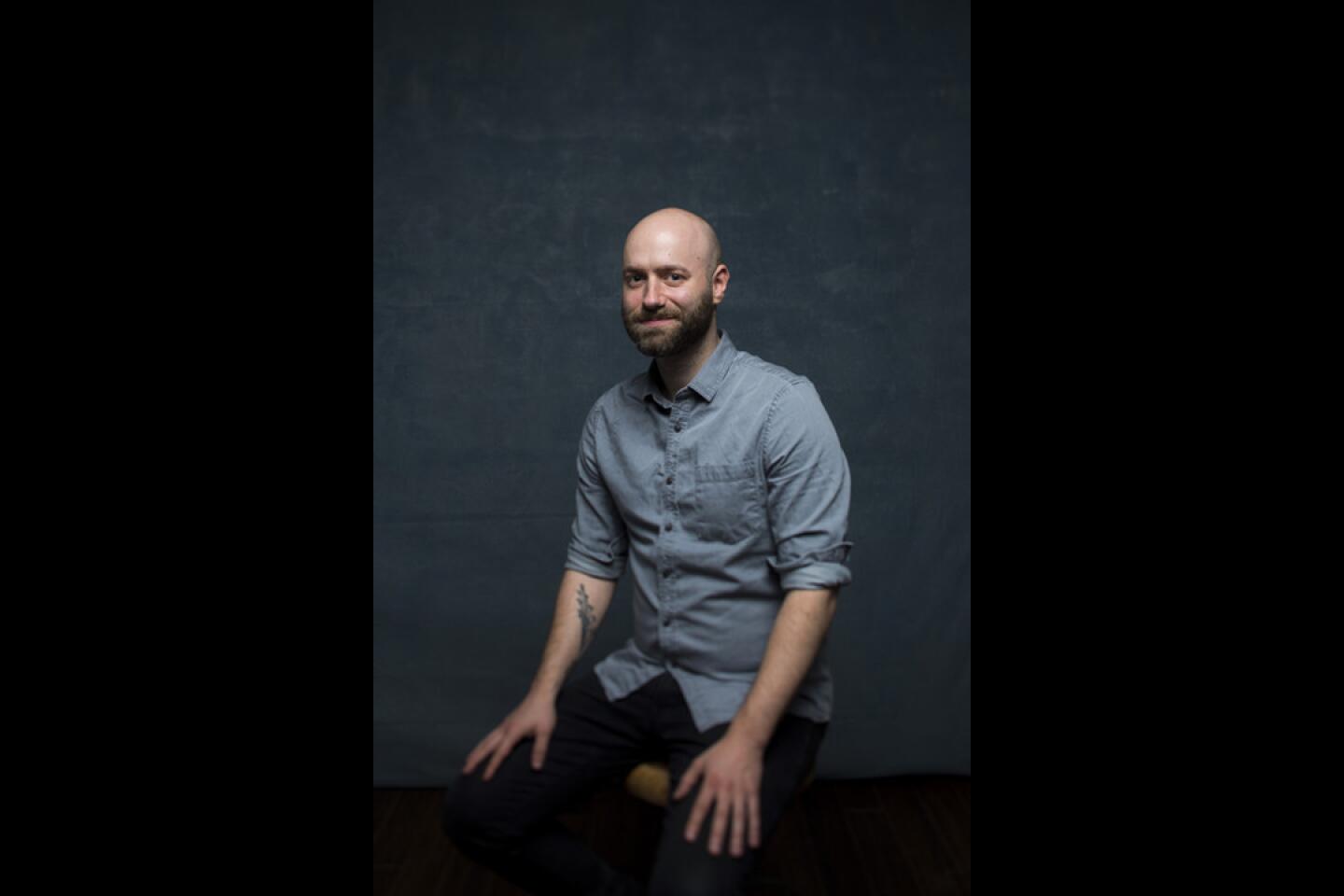
Composer Dan Romer, from the films “The Little Hours” and “Chasing Coral.”
(Jay L. Clendenin / Los Angeles Times)
Director Jamie Greenberg, who’s at Sundance with the film “Future ’38.”
(Jay L. Clendenin / Los Angeles Times)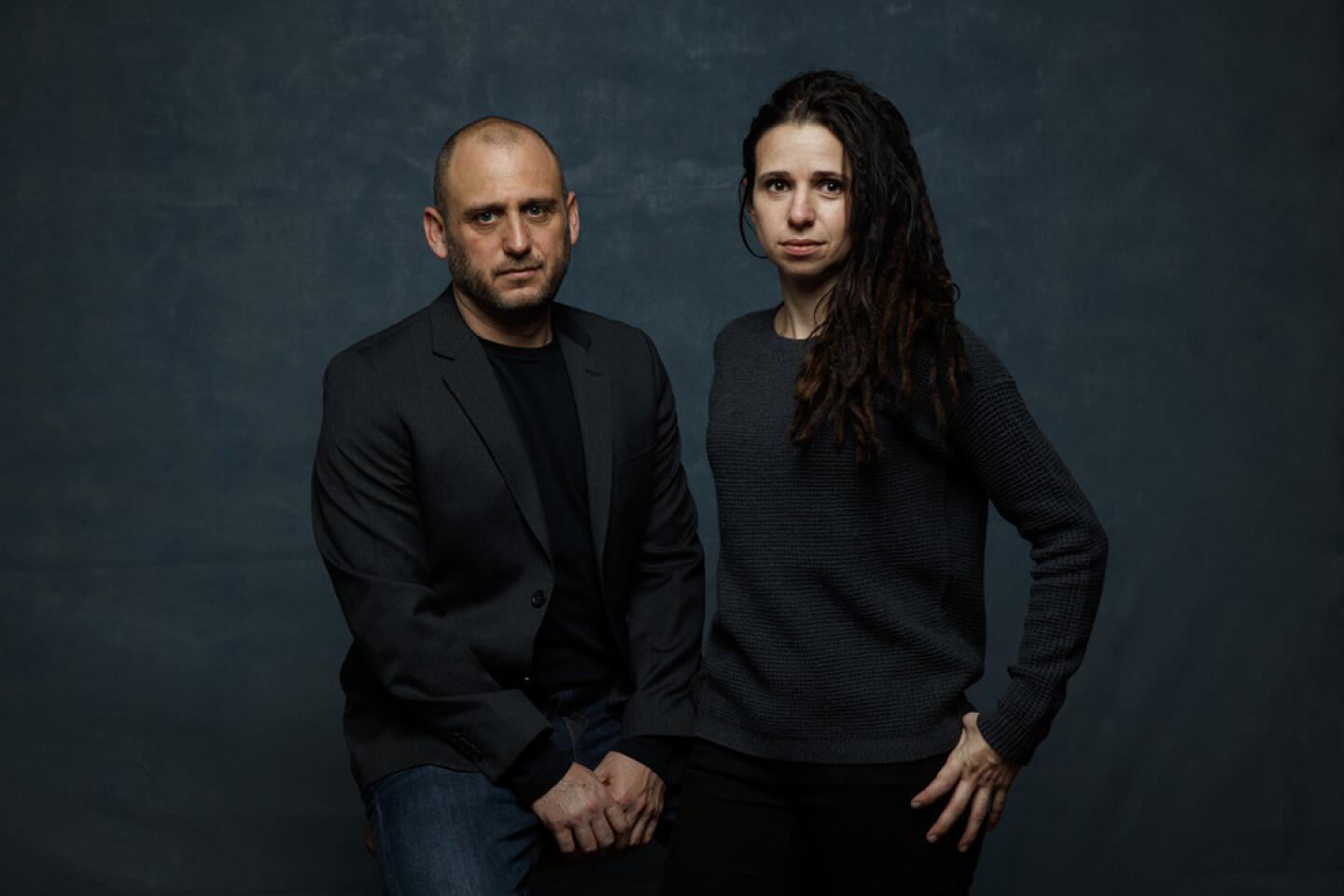
Directors Shaul Schwarz and Christina Clusiau, with the documentary “Trophy.”
(Jay L. Clendenin / Los Angeles Times)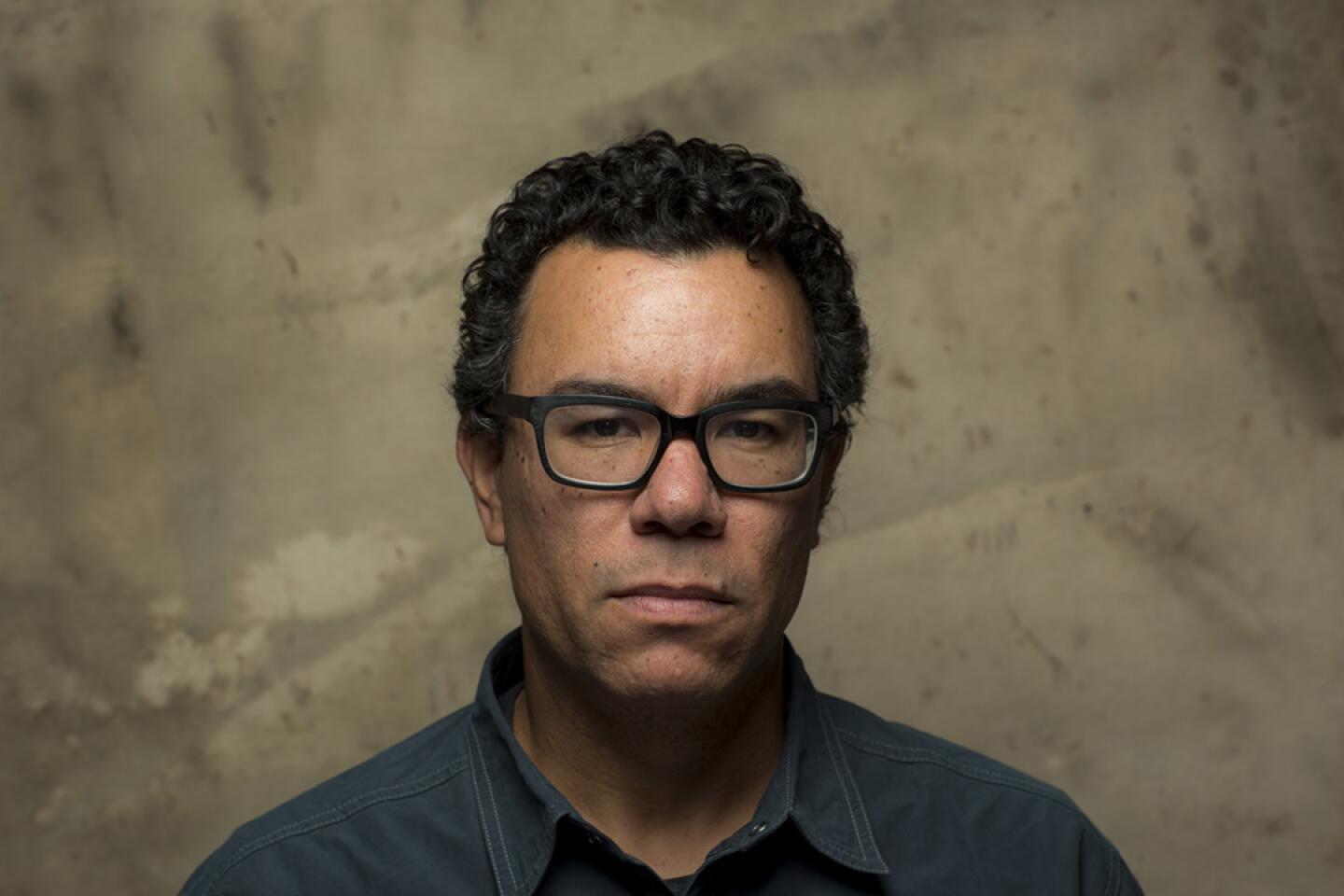
Peter Nicks director of the documentary film “The Force.”
(Jay L. Clendenin / Los Angeles Times)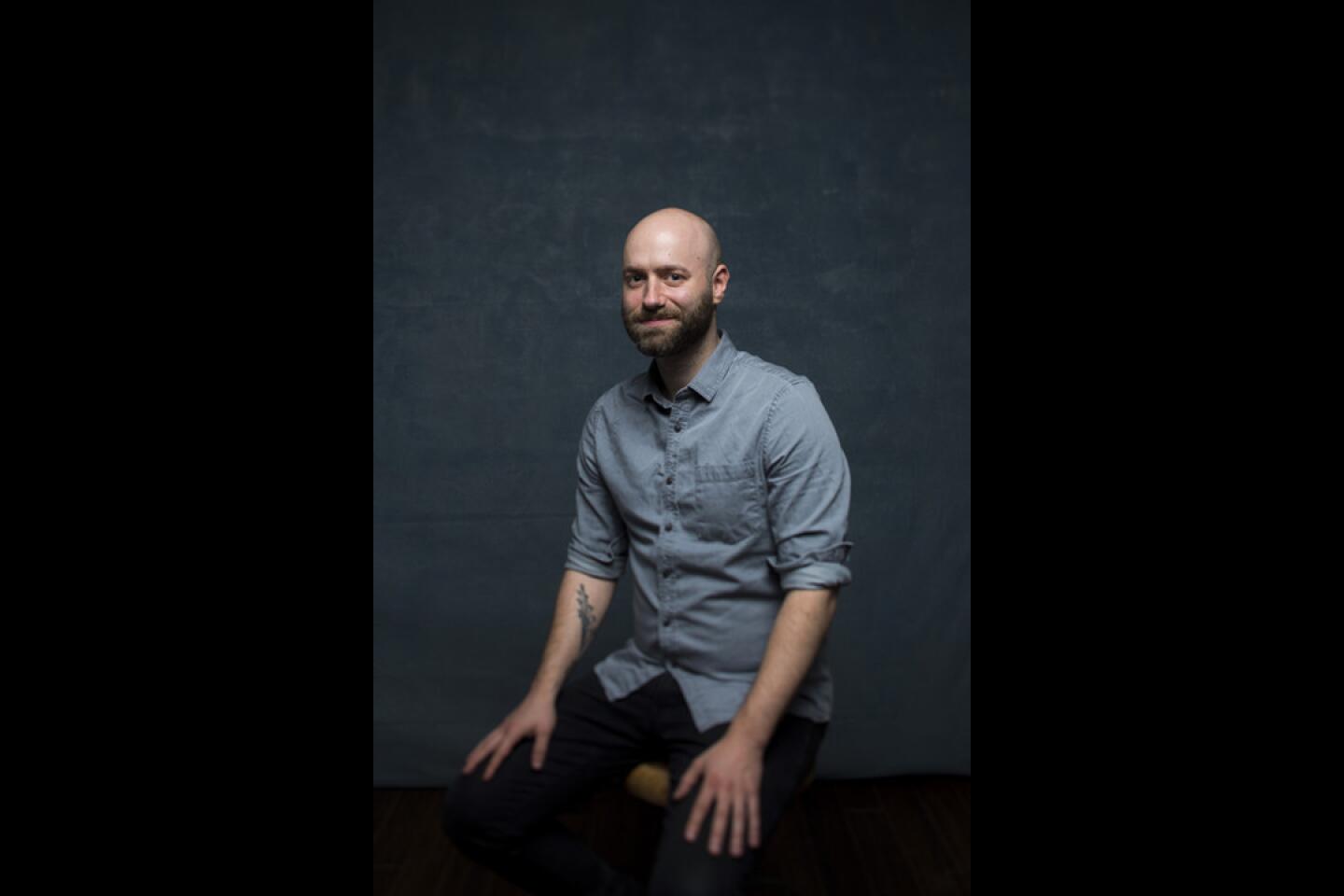
Composer Dan Romer, attending Sundance with the films “The Little Hours” and “Chasing Coral.”
(Jay L. Clendenin / Los Angeles Times)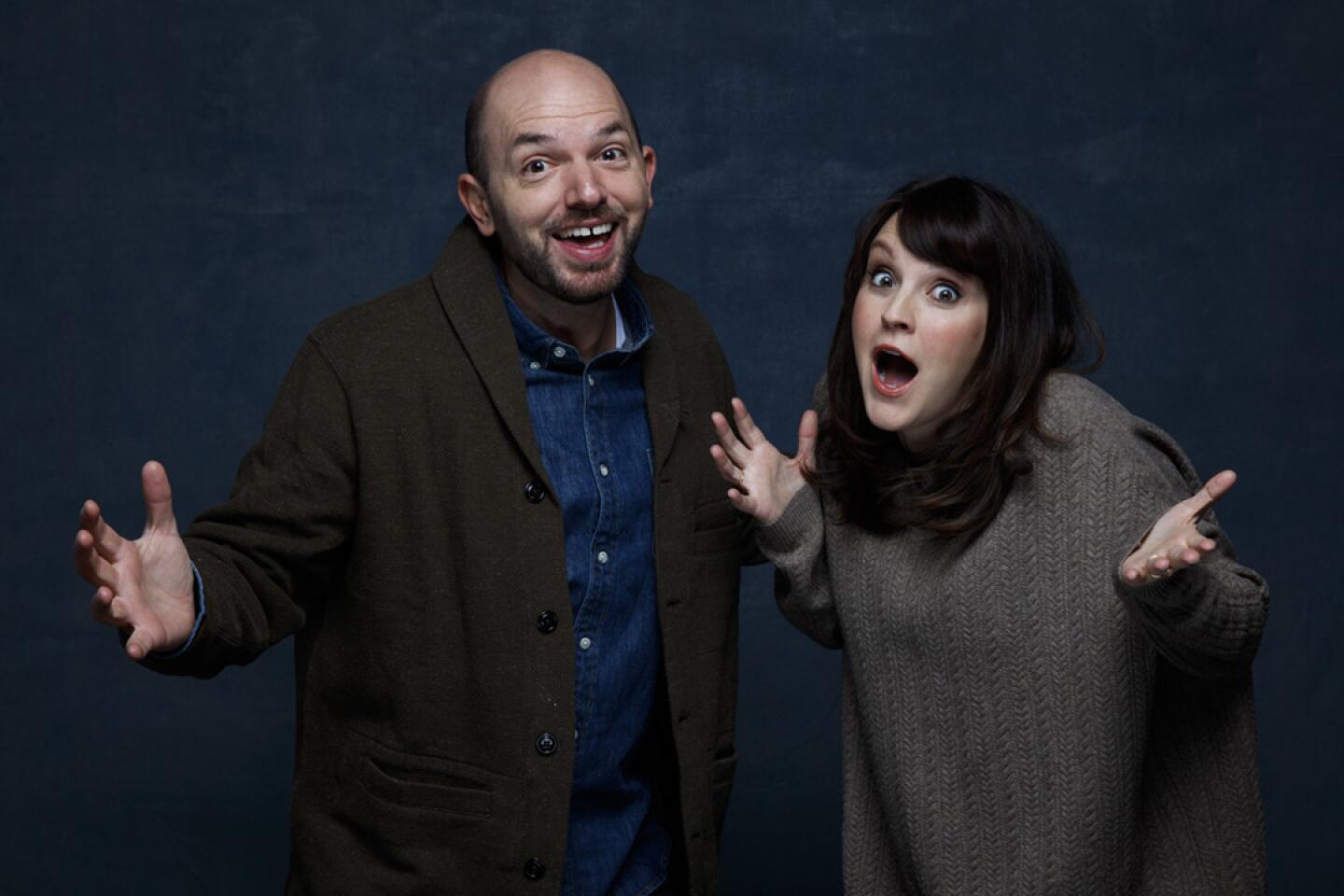
Actors Paul Scheer and Carla Gallo, from the television show “Playdates.”
(Jay L. Clendenin / Los Angeles Times)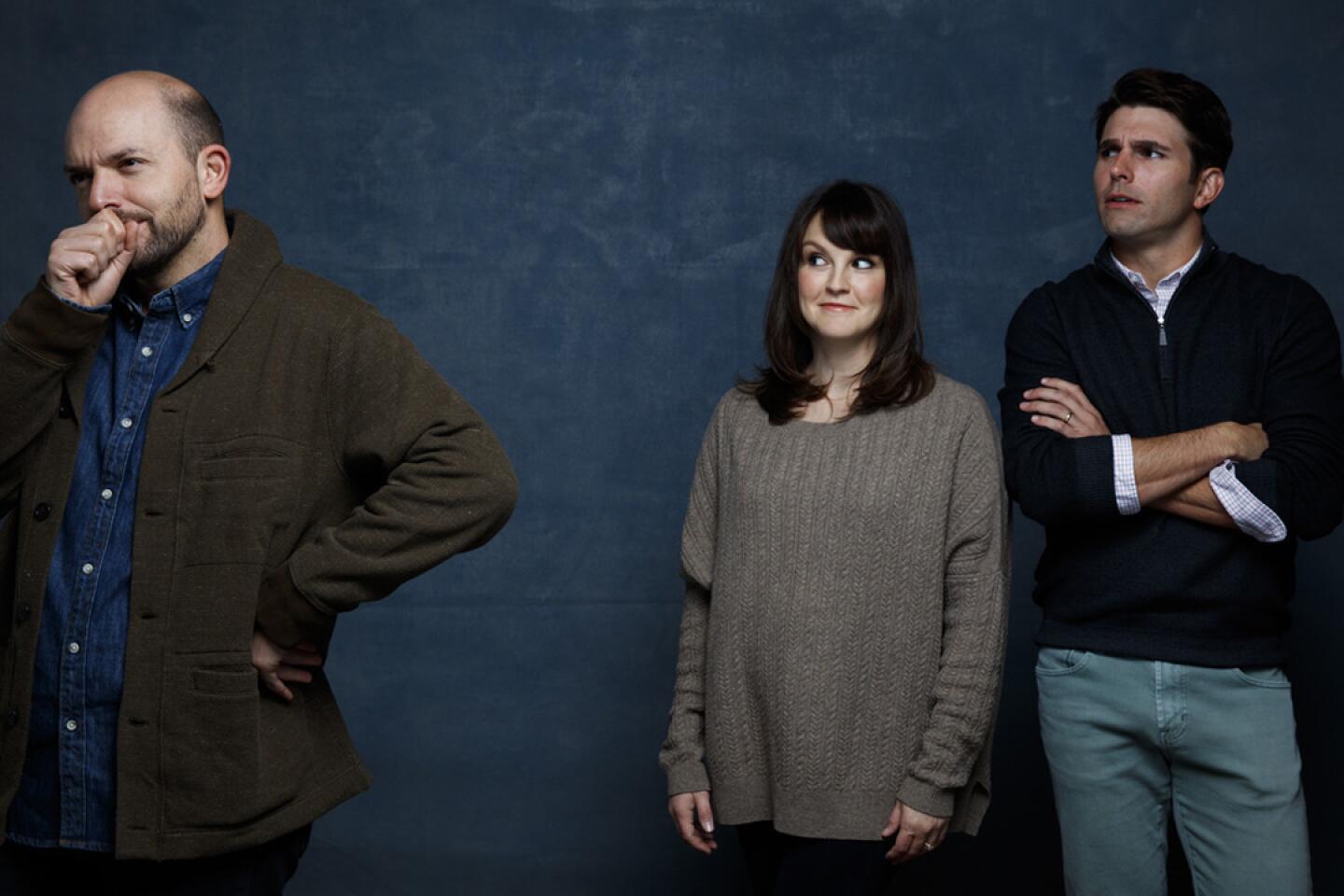
Actors Paul Scheer, left, Carla Gallo and Miles Fisher, from the television show “Playdates.”
(Jay L. Clendenin / Los Angeles Times)“It does feel like the girlfriend you love and also drives you crazy,” said Eddie O’Keefe, who with Chris Hutton wrote the script. “Love more. But also drives you crazy.”
Directed by the veteran documentarian Brett Morgen, “Streelights” (the TV pilot) is strong. The episode, which the Los Angeles Times was shown before the festival, tells of an all-American suburb circa 1983 torn apart by the killings of a prom queen (Nicola Peltz) and a teacher with whom she was having an affair, all through the point of view and of an enterprising 14-year-old (Max Burkholder).
At its best moments, at least, it channels Spielberg by way of “The Wonder Years,” with a murder-mystery at the center. The piece has a polished but brooding quality, the kind of space that upscale television and independent film now squarely share. It sometimes relies on Morgen’s documentary background, reveling in observational details of characters; he even uses a historical montage at the top of the 46-minute episode in the manner of many archivally oriented filmmakers.
But the content may be less interesting than the ways “Streetlights” has struggled to enter the world.
O’Keefe and Sutton had hit pay dirt in 2011, when their script came out of nowhere to land at No. 2 on the Black List. (No. 1 was “The Imitation Game”; we know how well that turned out.)
Set up with “Spotlight” producer Anonymous Content, “Streetlights” was beloved for its genre echoes and tender moments. Chloë Grace Moretz agreed to star and Morgen was going to direct. The major issue was financing — the movie was budgeted at about $7 million. The number of stars that these days can attract enough foreign sales to hit that number — and certainly the number of teenage stars who can do that — is next to none. Money couldn’t be scrounged up.
But Anonymous had another idea. The company had a deal with Paramount Television. What if, with upscale-TV getting so hot, Hutton and O’Keefe converted “Streetlights” to a 10-episode series, using the script as a kind of jumping-off point. They’d have to change the killer — you can keep an audience guessing for 90 minutes much more easily than nine episodes — but the world would remain the same. Anonymous and Paramount TV would produce. And Morgen would direct the pilot instead.
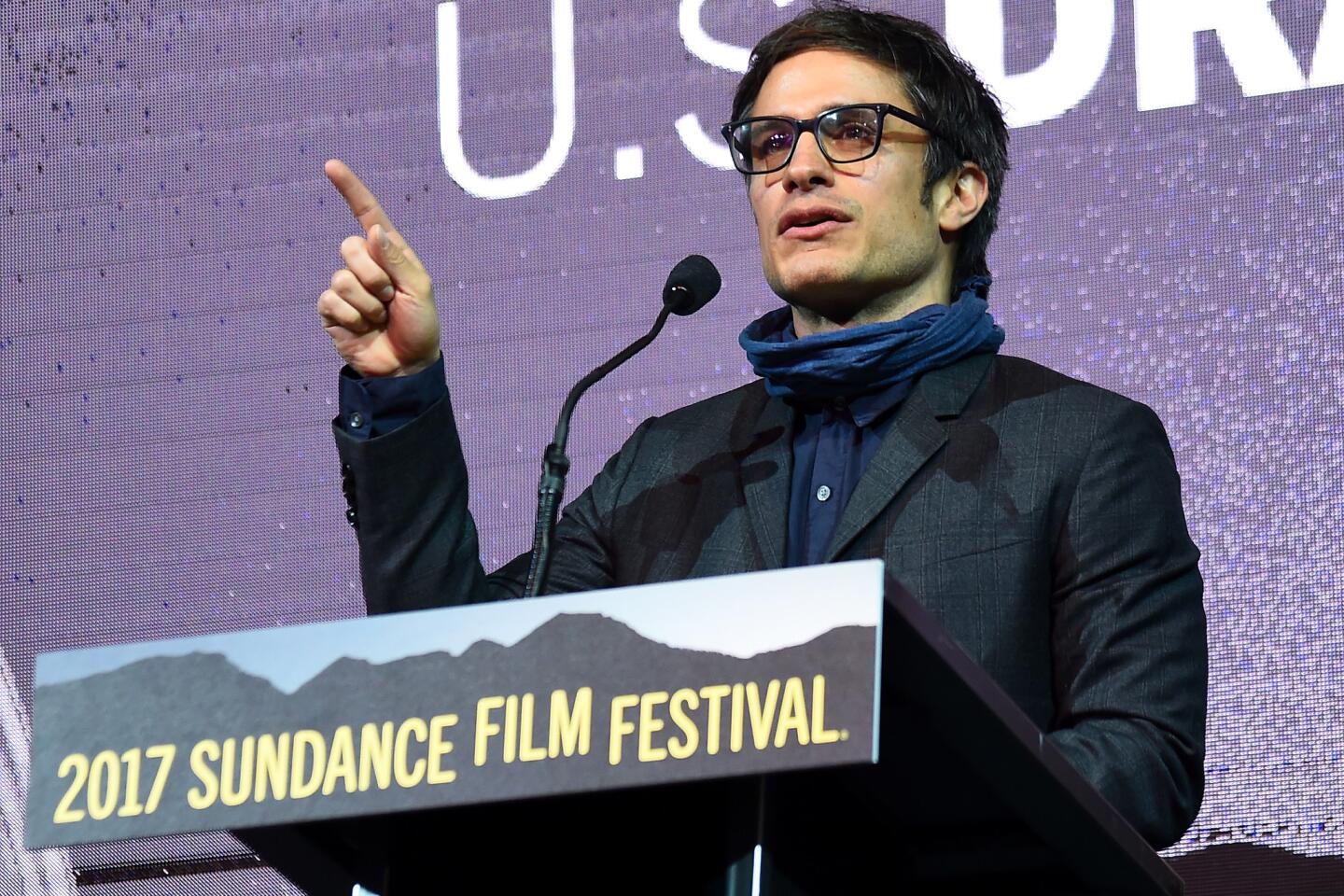
Gael Garcia Bernal speaks during the 2017 Sundance Film Festival Awards at Basin Recreation Field House in Park City, Utah, on Saturday.
(Nicholas Hunt / Getty Images)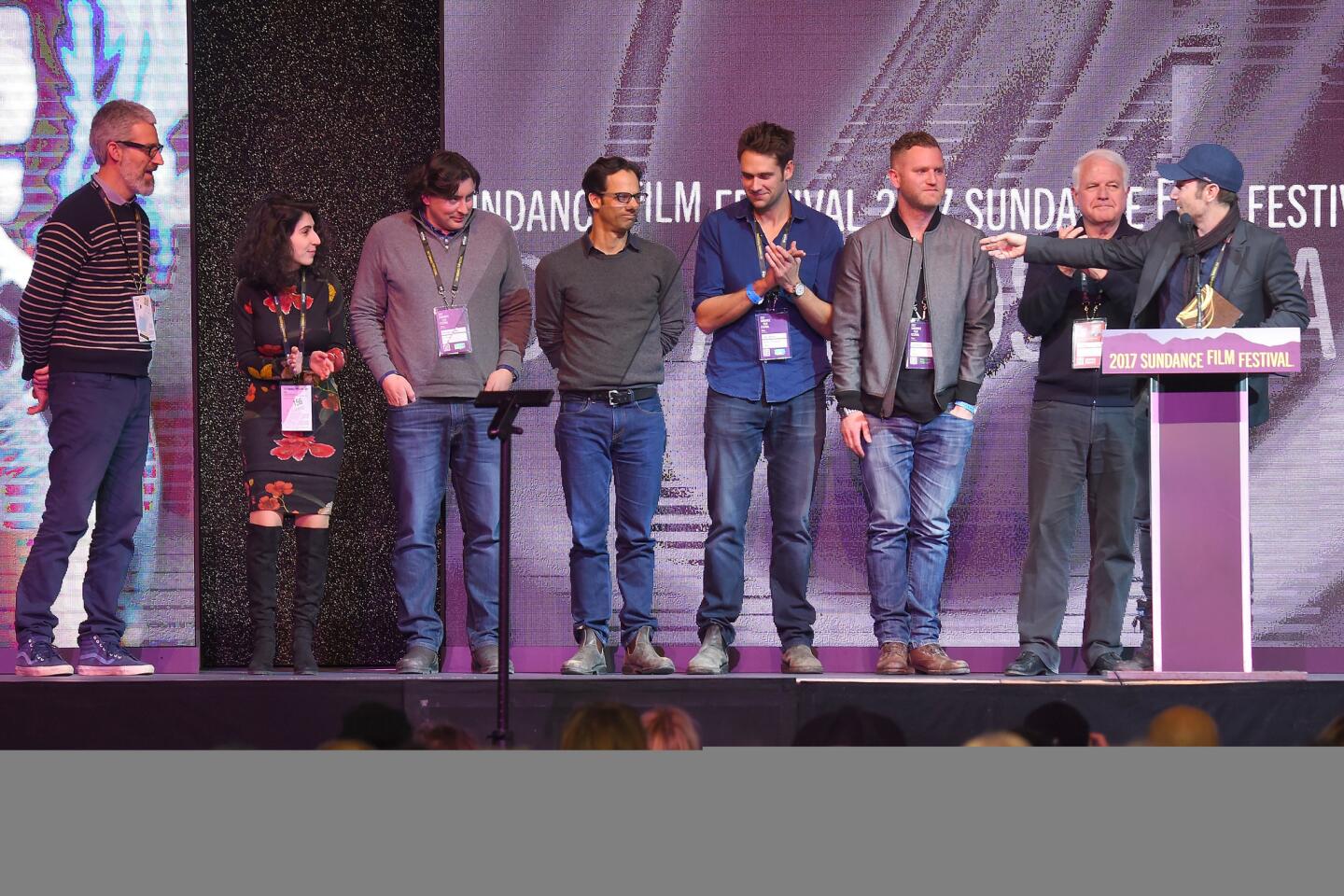
Bryan Fogel, right, with cast and crew members, accepts the Orwell Award for his film “Icarus.”
(Michael Loccisano / Getty Images)
Director Michael Larnell, right, and Sean Kirkland accept the US Dramatic, Breakthrough Performance award on behalf of Chante Adams for the film “Roxanne Roxanne.”
(Nicholas Hunt / Getty Images )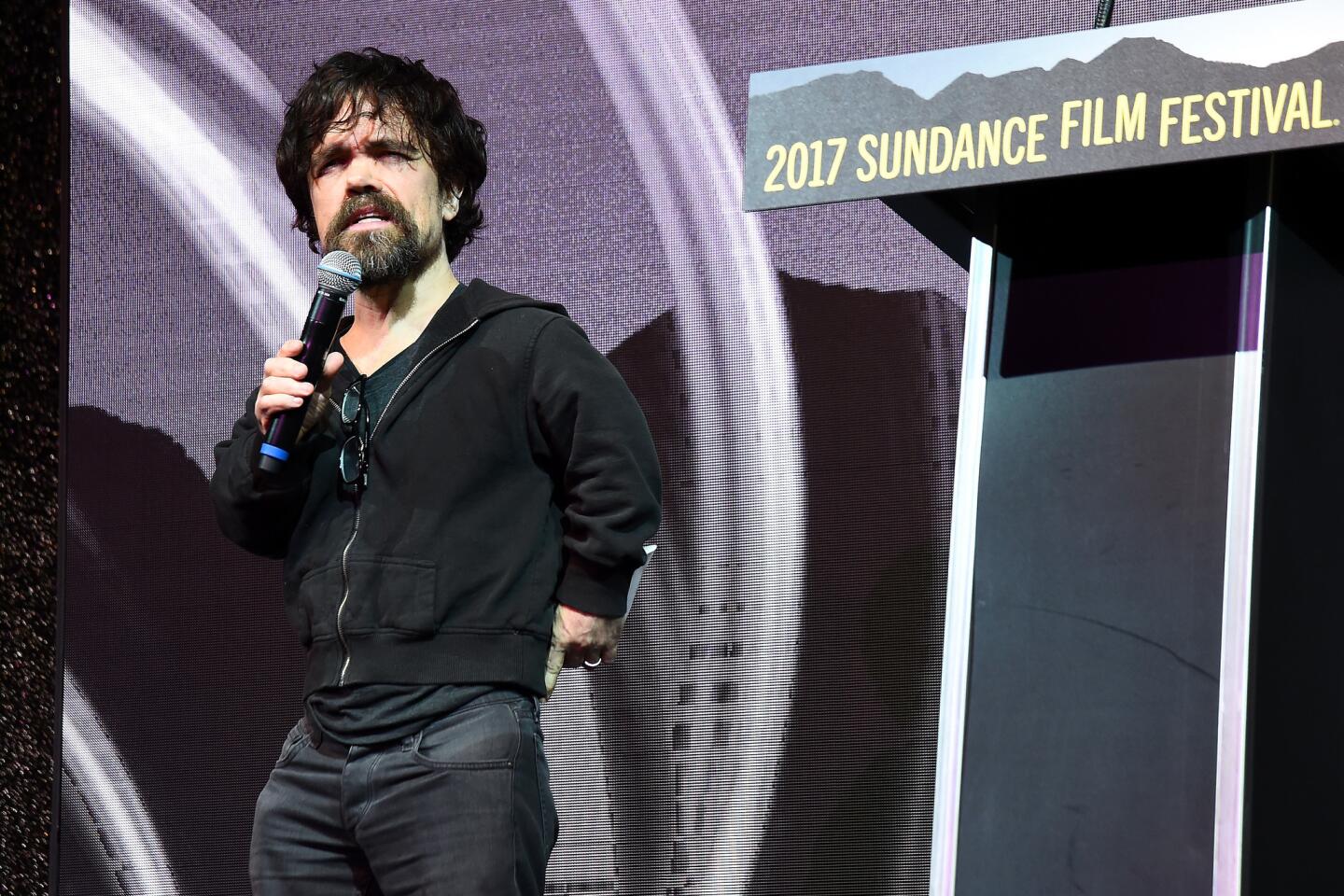
Peter Dinklage presents the U.S. Dramatic Grand Jury Prize at Sundance.
(Nicholas Hunt / Getty Images for Sundance Film Festival)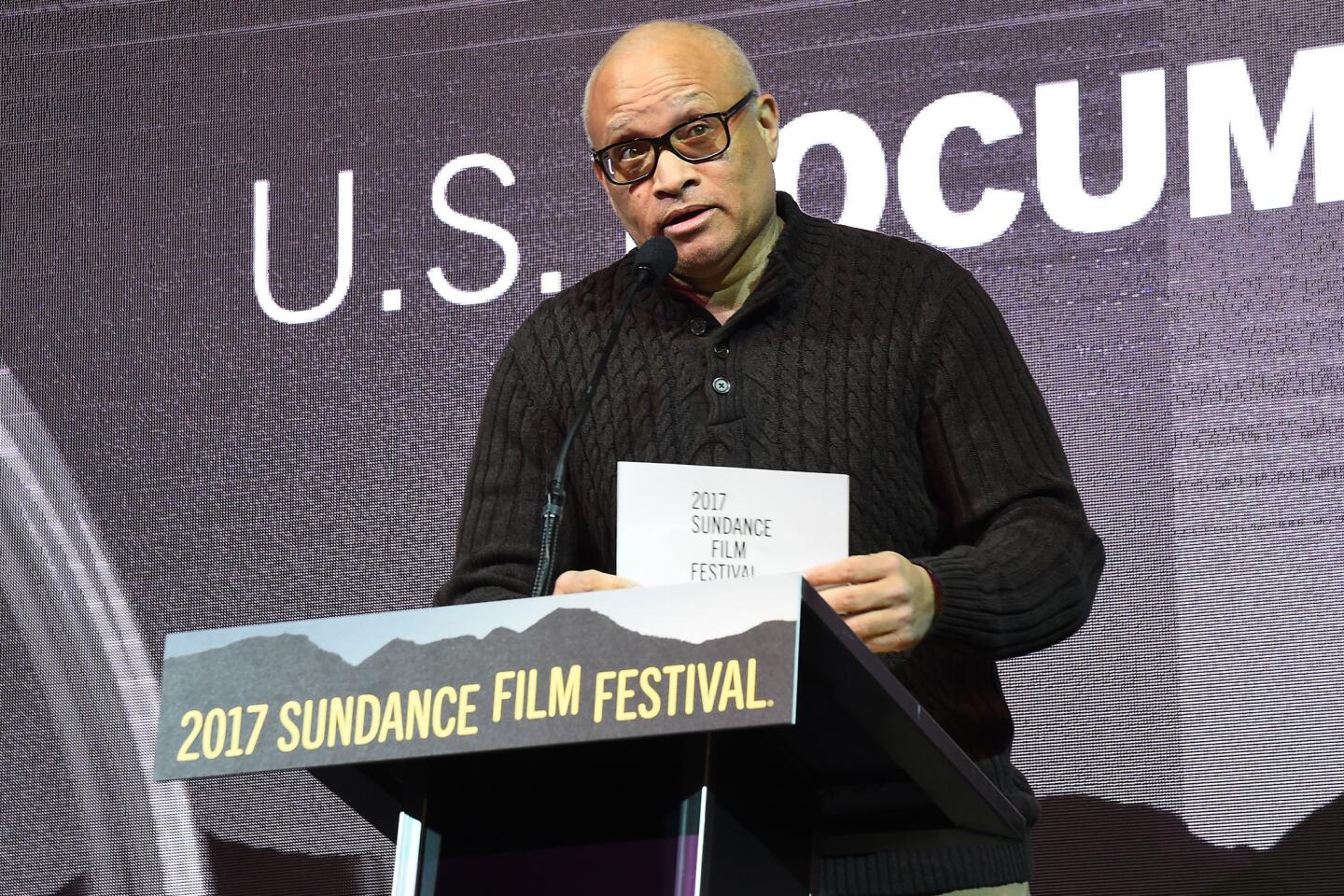
Larry Wilmore speaks during the 2017 Sundance Film Festival Awards ceremony.
(Nicholas Hunt / Getty Images for Sundance Film Festival)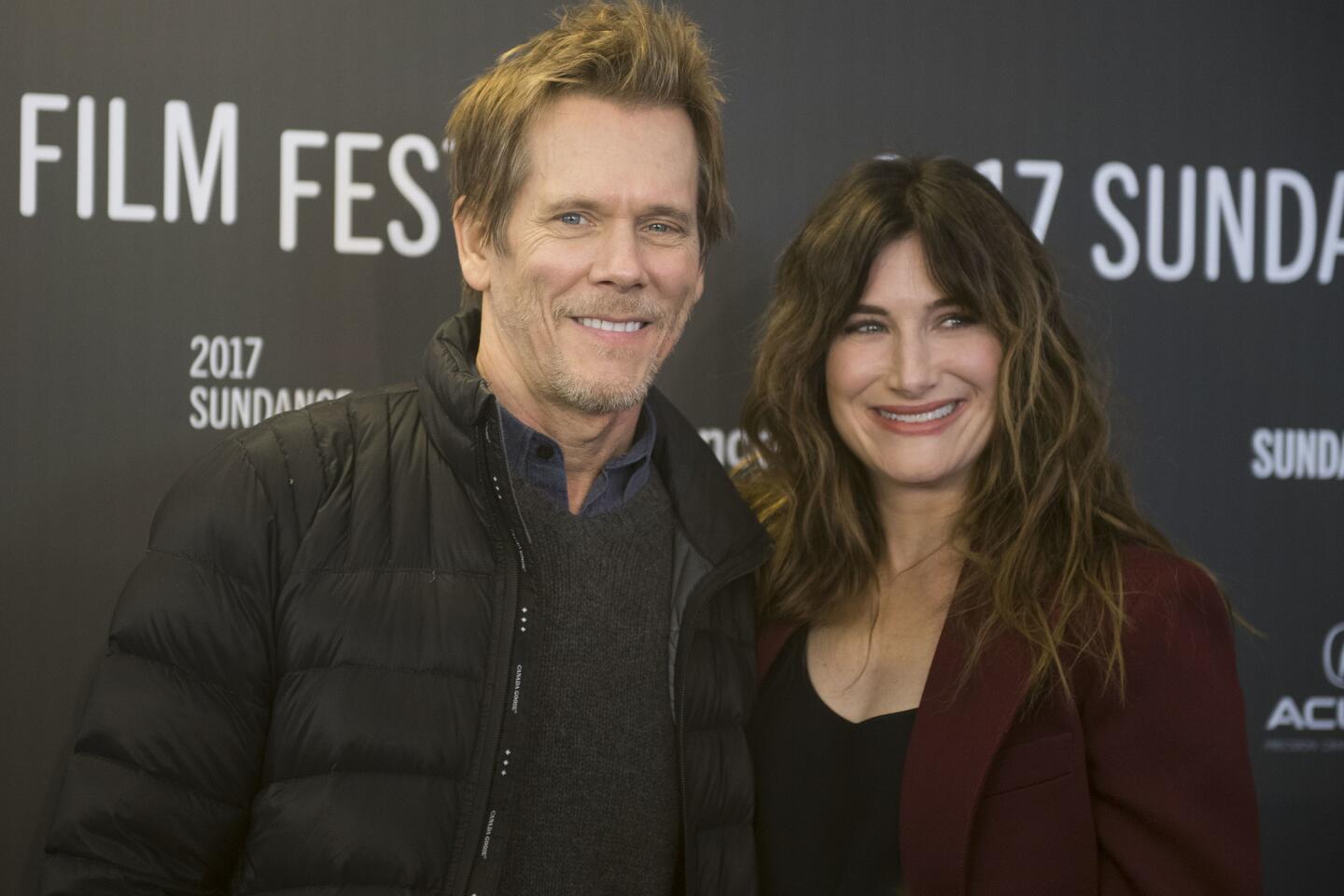
Actors Kevin Bacon, left, and Kathryn Hahn at the premiere of “I Love Dick” at the MARC Theatre.
(Arthur Mola / Invision / Associated Press)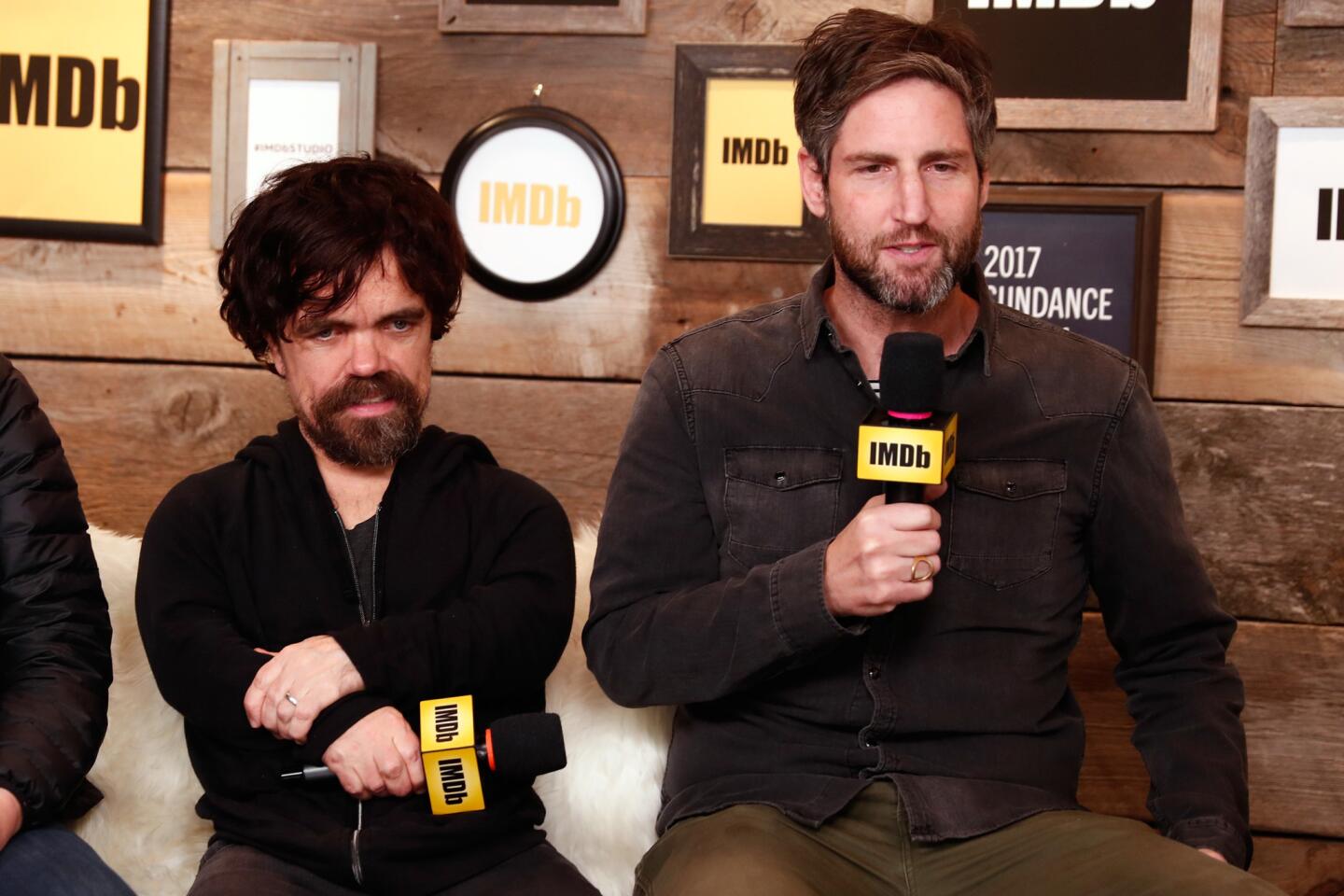
Actor Peter Dinklage, left, and filmmaker Mark Palansky of “Rememory” attend The IMDb Studio featuring the Filmmaker Discovery Lounge.
(Rich Polk / Getty Images for IMDb)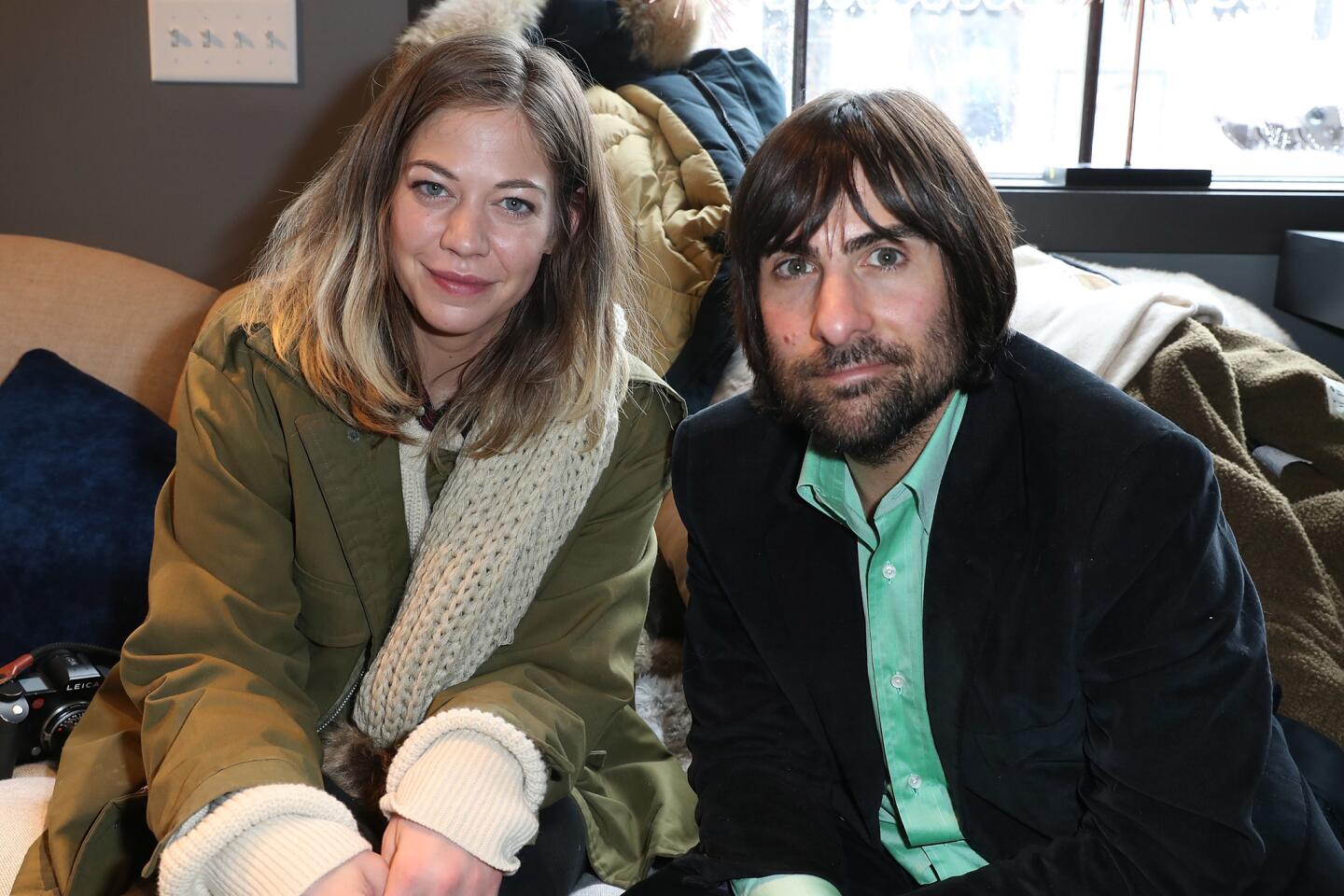
Analeigh Tipton and Jason Schwartzman attend the Creators League Studio.
(Jonathan Leibson / Getty Images for Creators League)
Actor Mark Hamill attends the “Brigsby Bear” premiere at Eccles Center Theatre.
(Valerie Macon / AFP/Getty Images)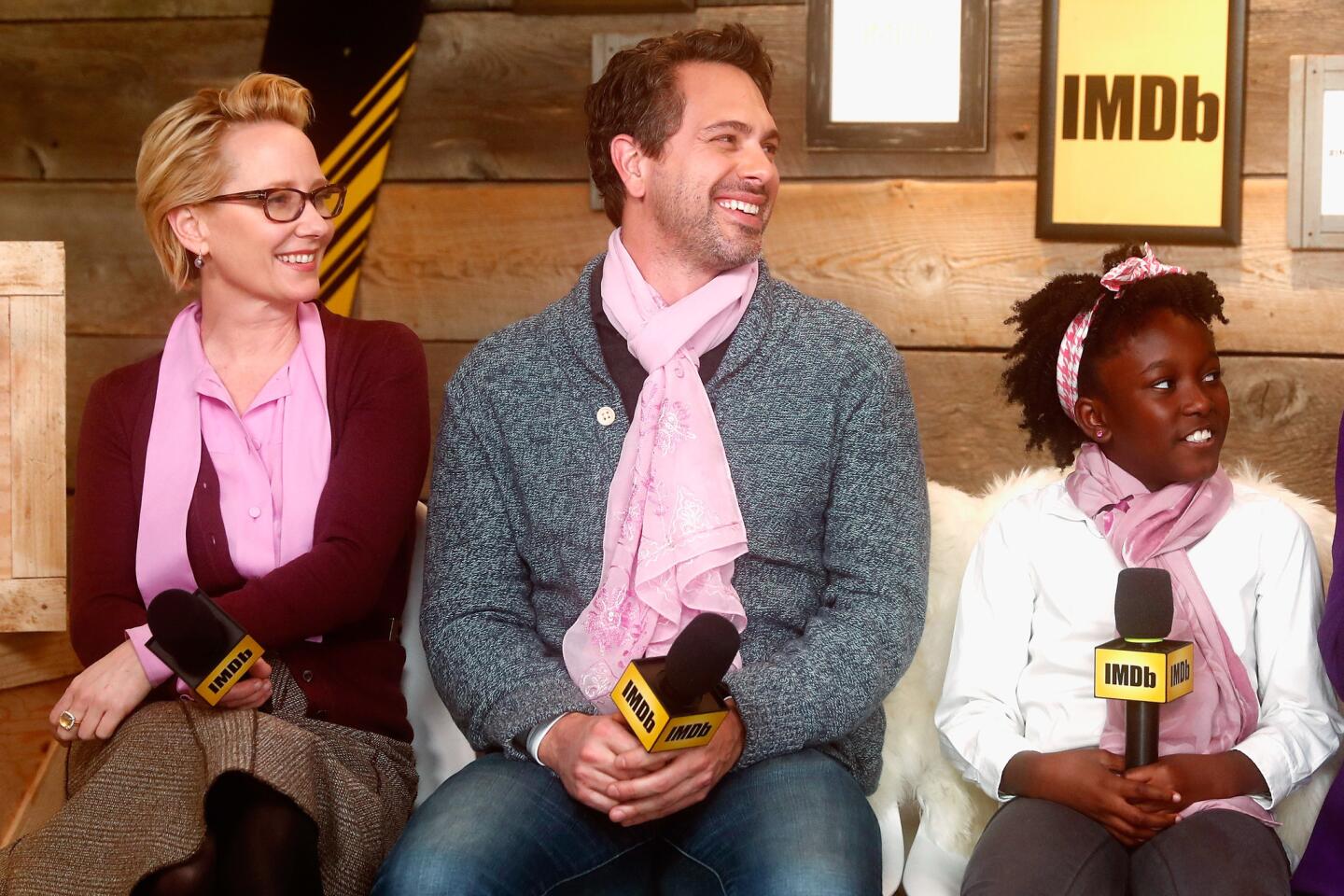
Actors Anne Heche, Thomas Sadoski and AnnJewel Lee Dixon of “The Last Word” attend The IMDb Studio featuring the Filmmaker Discovery Lounge.
(Rich Polk / Getty Images for IMDb)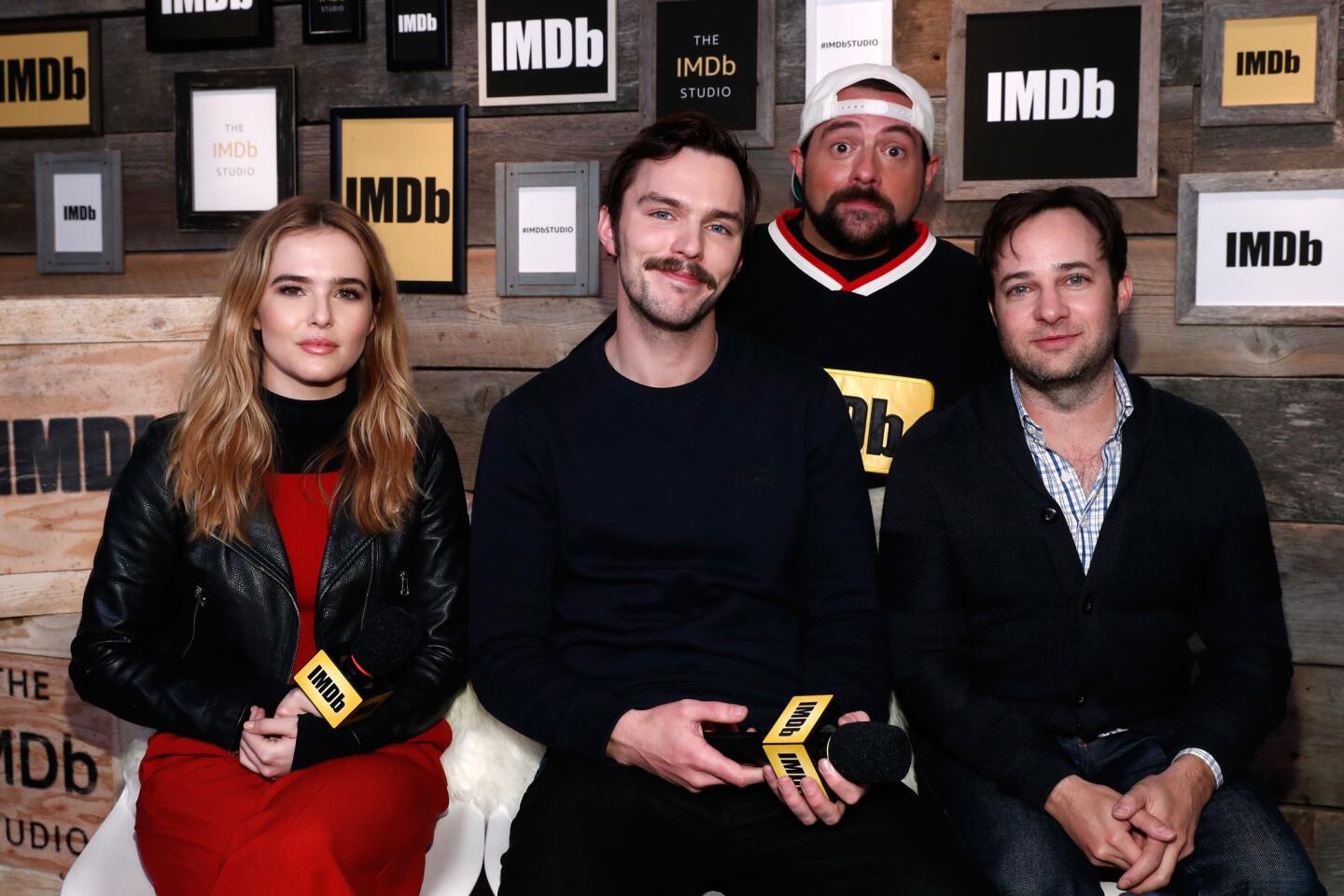
Actors Zoey Deutch and Nicholas Hoult, director Danny Strong of “Rebel in the Rye” and Kevin Smith, top, attend the IMDb Studio featuring the Filmmaker Discovery Lounge.
(Rich Polk / Getty Images )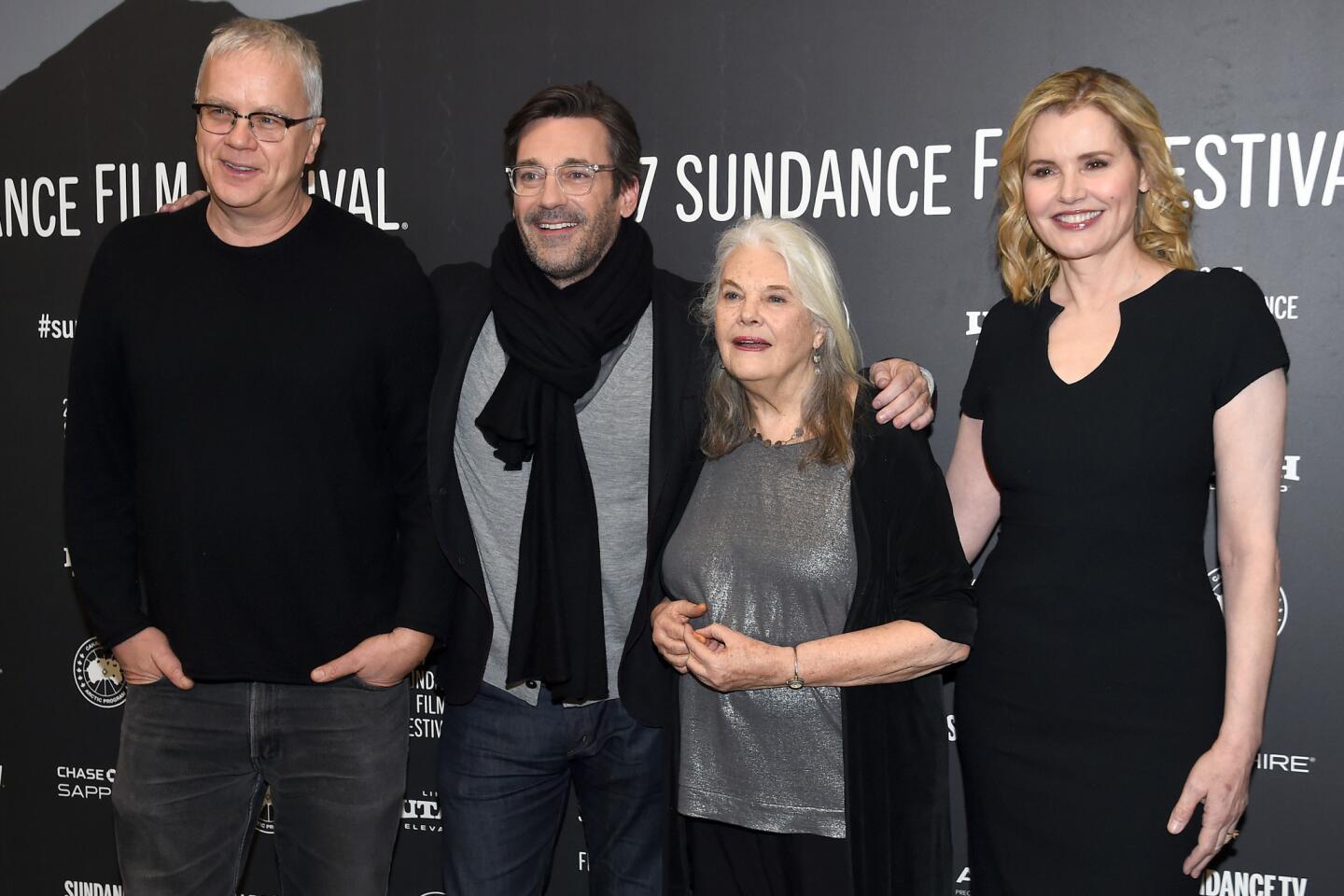
Actors Tim Robbins, Jon Hamm, Lois Smith and Geena Davis attend the “Marjorie Prime” premiere at Eccles Center Theatre.
(Nicholas Hunt / Getty Images for Sundance Film Festival)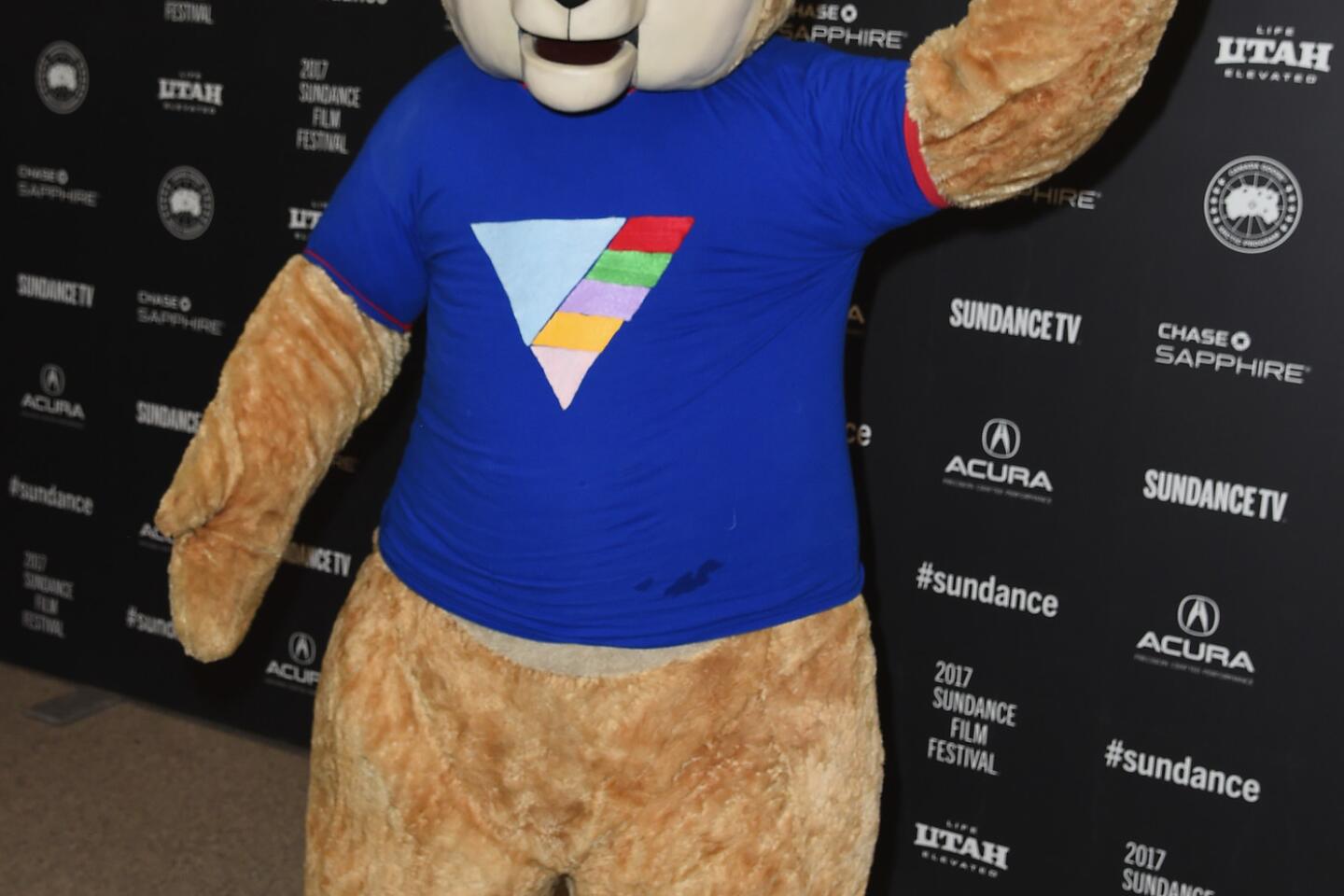
Brigsby Bear attends the “Brigsby Bear” premiere at Eccles Center Theatre.
(Nicholas Hunt / Getty Images for Sundance Film Festival)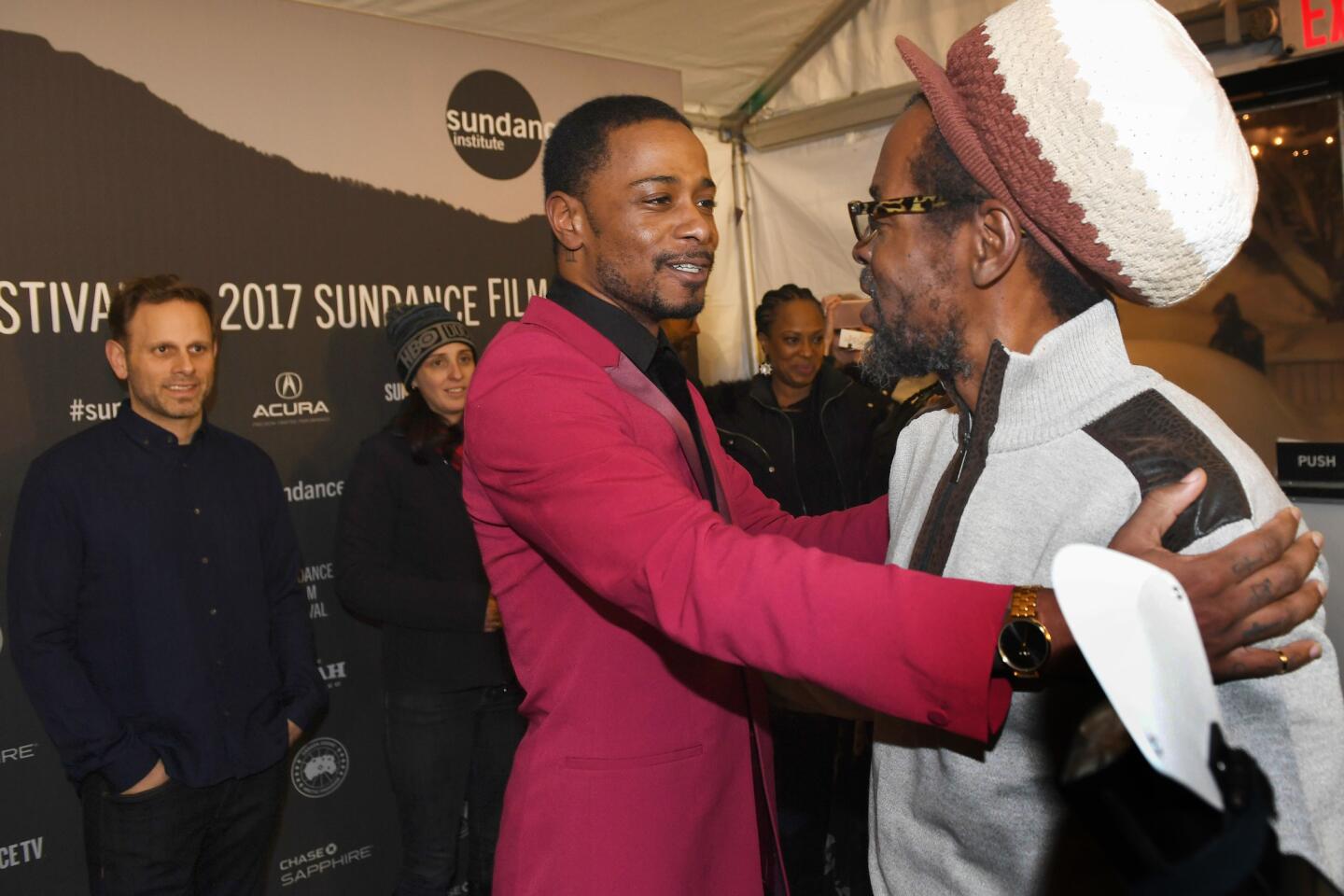
Actor Lakeith Stanfield, left, and the film subject he plays, Colin Warner, attend the “Crown Heights” premiere at Library Center Theater.
(Sonia Recchia / Getty Images)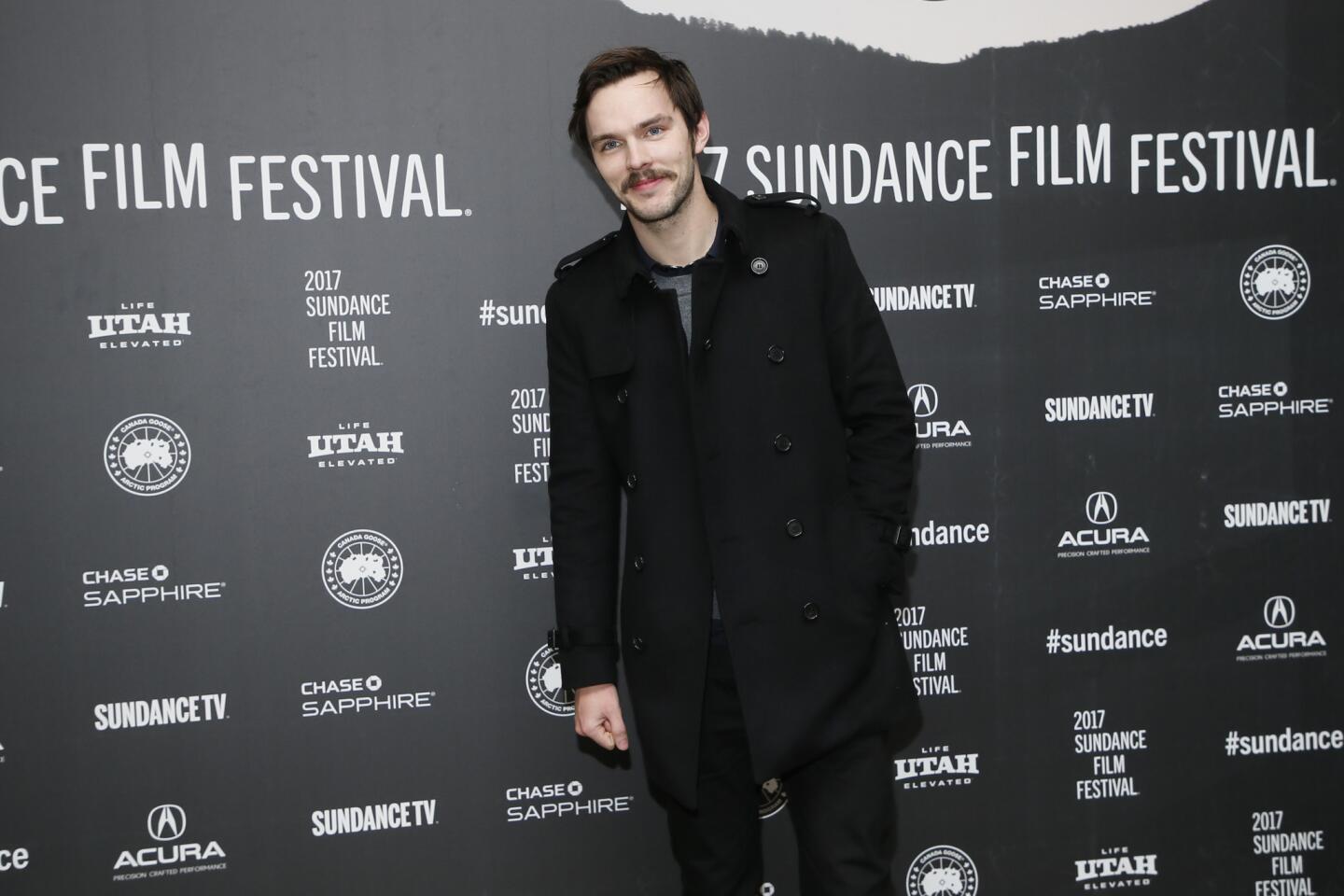
Actor Nicholas Hoult at the premiere of “Rebel In The Rye.”
(Danny Moloshok / Invision / Associated Press)
Comedian Patton Oswalt speaks onstage at the Shorts Program Awards and party at Jupiter Bowl.
(Matt Winkelmeyer / Getty Images for Sundance Film Festival)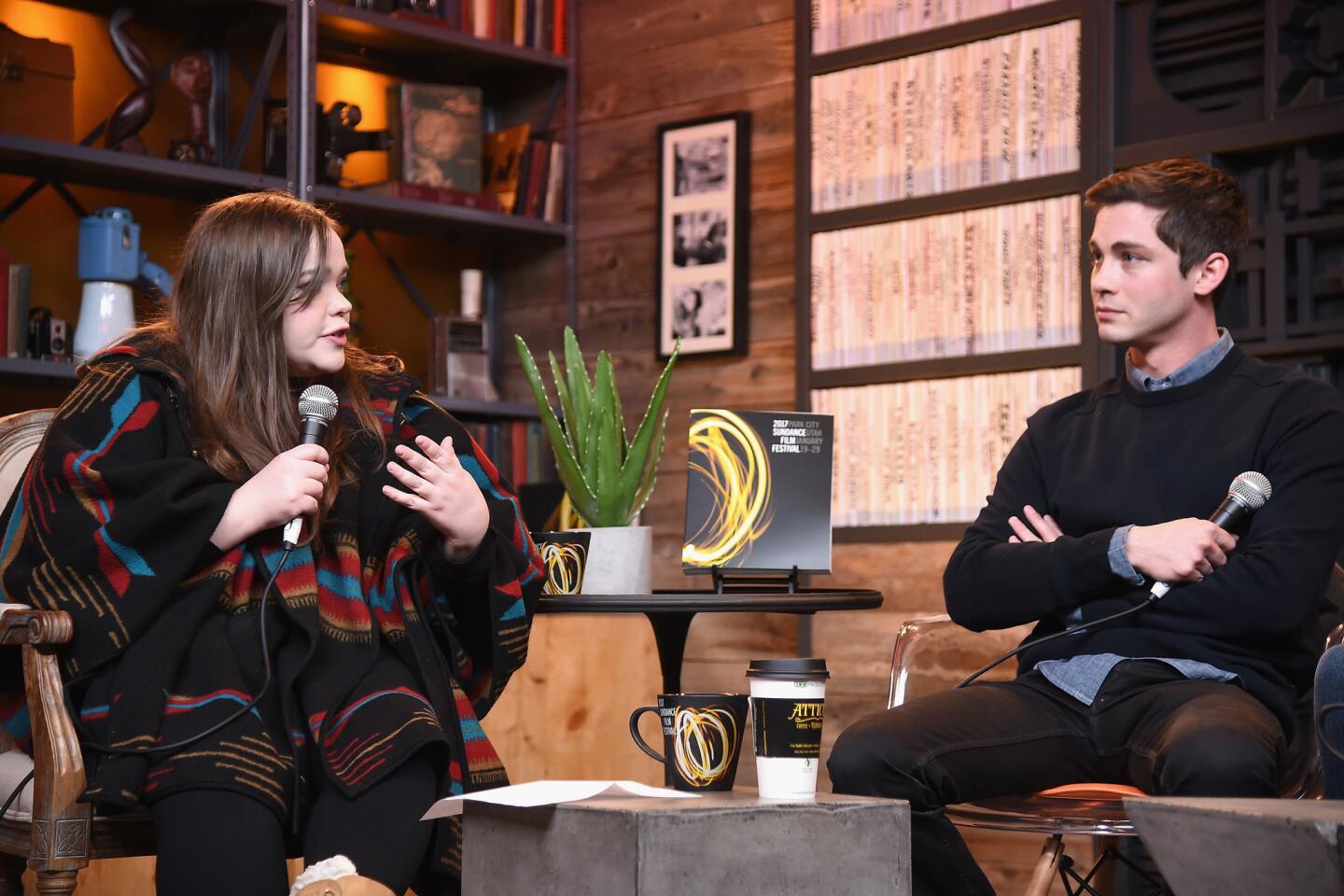
Times reporter Amy Kaufman and Logan Lerman speak at the Cinema Cafe at Filmmaker Lodge.
(Michael Loccisano / Getty Images for Sundance Film Festival)
Actress Ann’Jewel Lee attends the “The Last Word” premiere at Eccles Center Theatre.
(Alberto E. Rodriguez / Getty Images for Sundance Film Festival)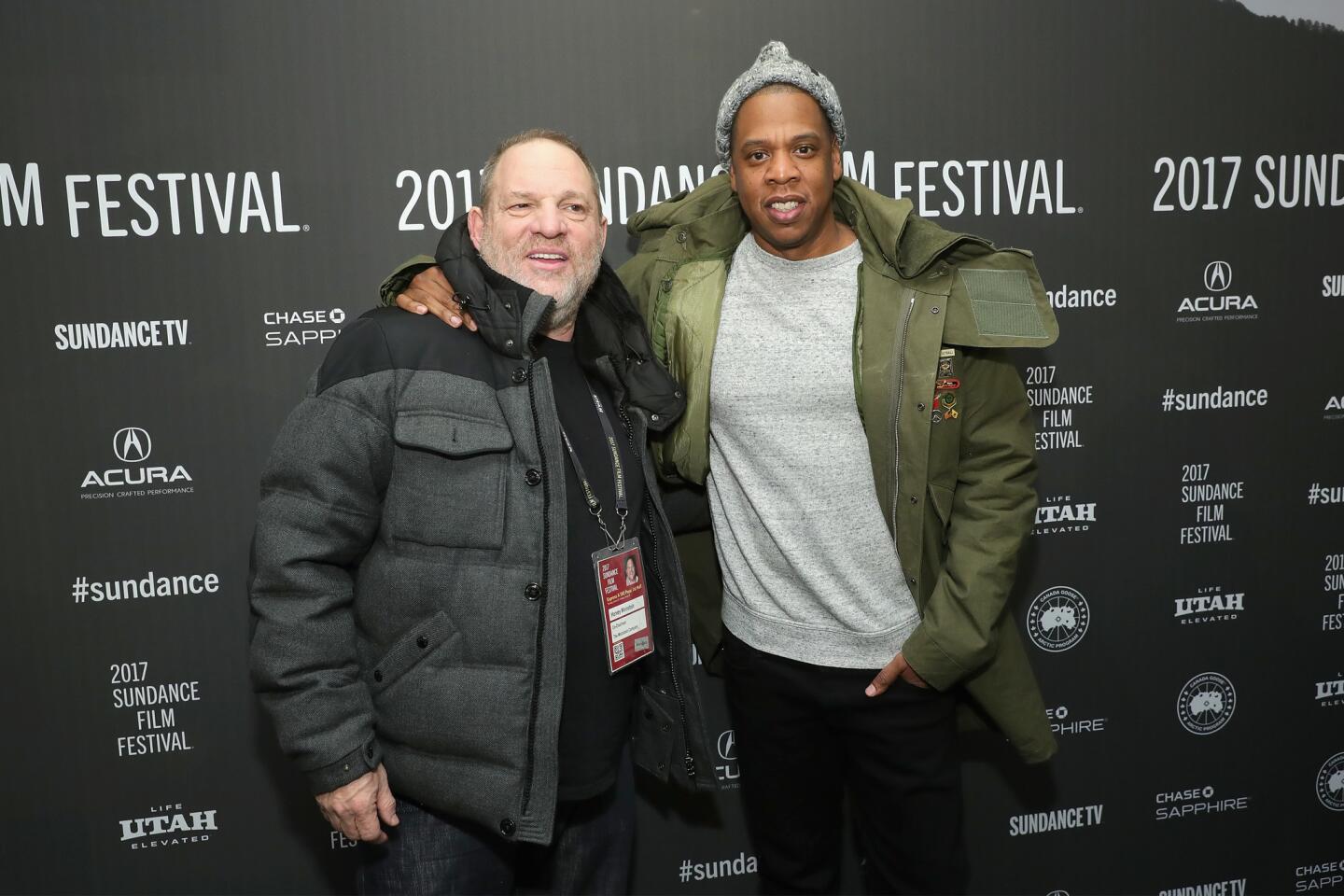
Executive producer Harvey Weinstein and executive producer and rapper Shawn “Jay-Z” Carter attend the “Time: The Kalief Browder Story” Sundance world premiere at The Marc Theatre.
(Neilson Barnard / Getty Images for Spike TV)
Actress Sanaa Lathan attends the “Shots Fired” premiere.
(Michael Loccisano / Getty Images for Sundance Film Festival)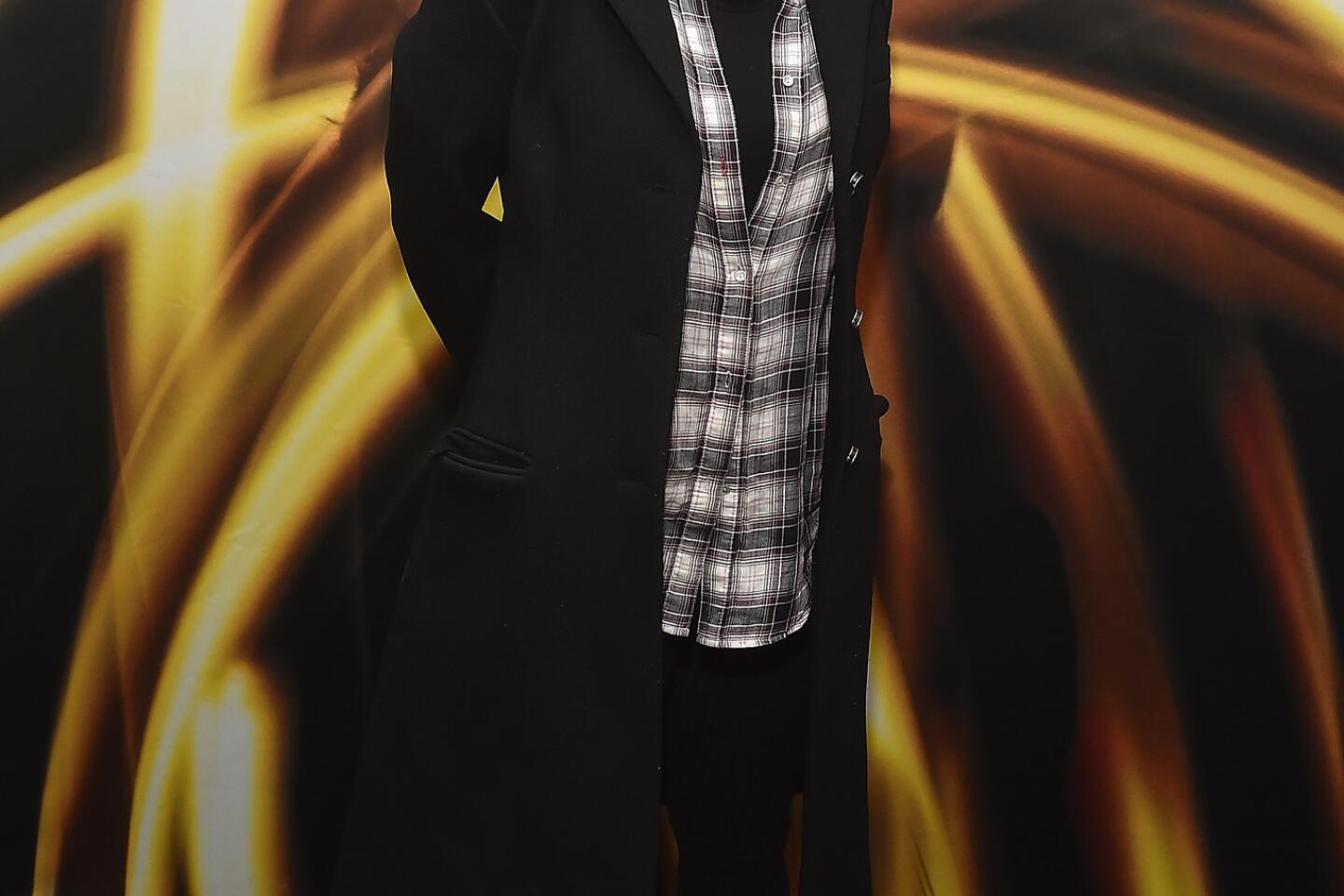
Marti Noxon attends the Feature Fillm Competition dinner.
(Alberto E. Rodriguez / Getty Images for Sundance Film Festival)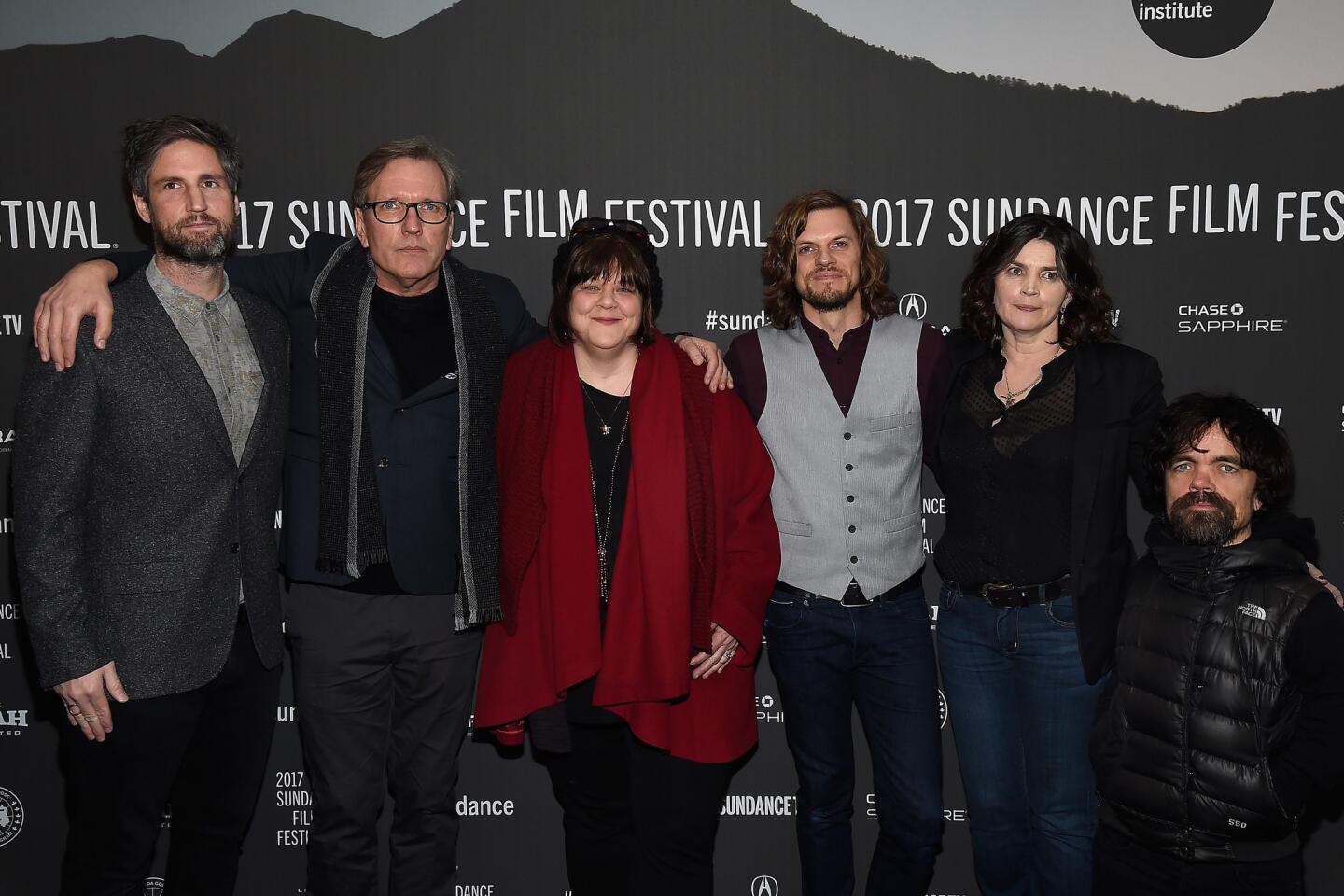
Director Mark Palansky, actor Martin Donovan, actress Katheryn Kirkpatrick, Matt Ellis, actress Julia Ormond and actor Peter Dinklage attend the “Rememory” premiere.
(Matt Winkelmeyer / Getty Images for Sundance Film Festival)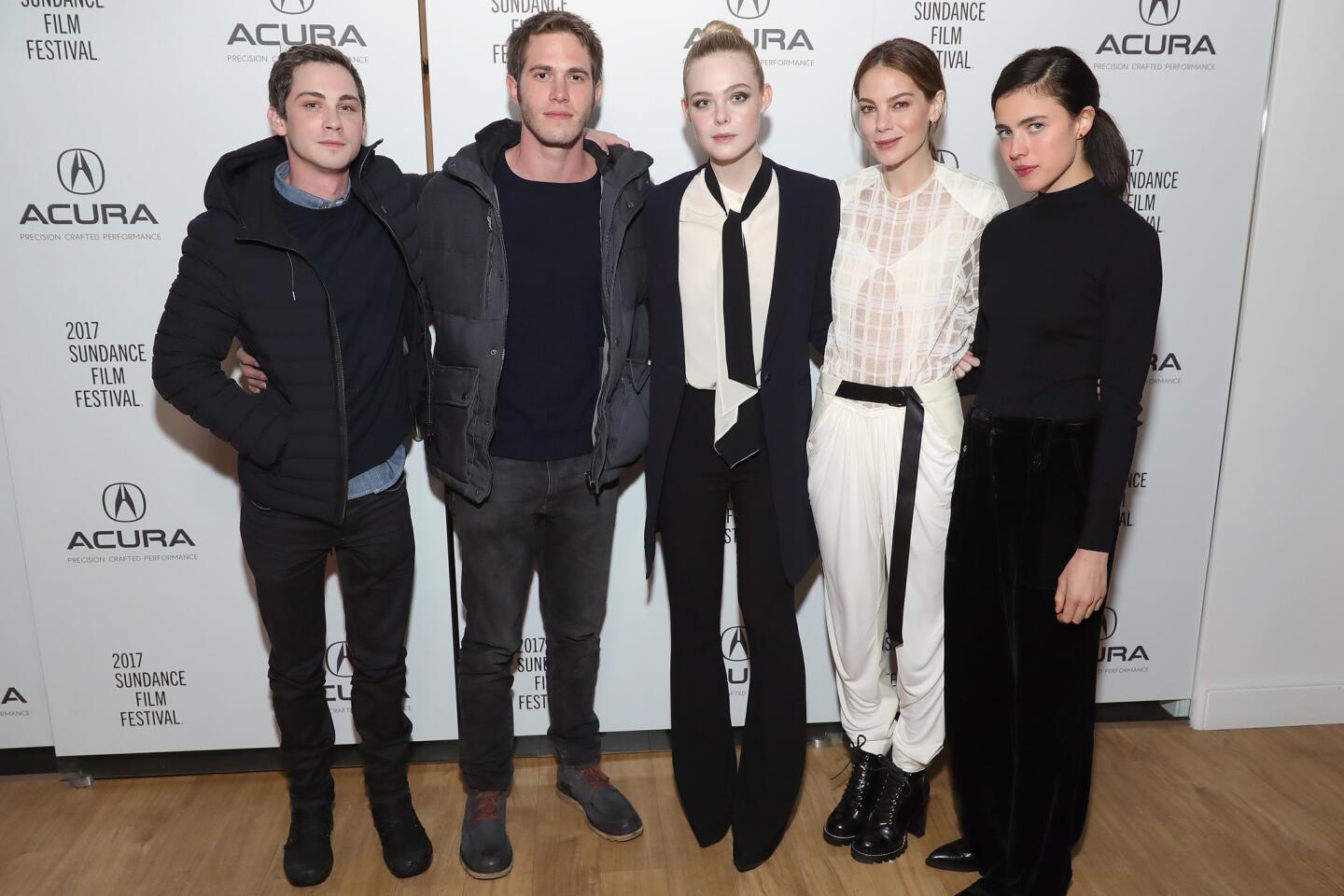
Actors Logan Lerman, Blake Jenner, Elle Fanning, Michelle Monaghan and Margaret Qualley attend the “Sidney Hall” party at the Acura Studio at Sundance Film Festival 2017.
(Neilson Barnard / Getty Images for Acura)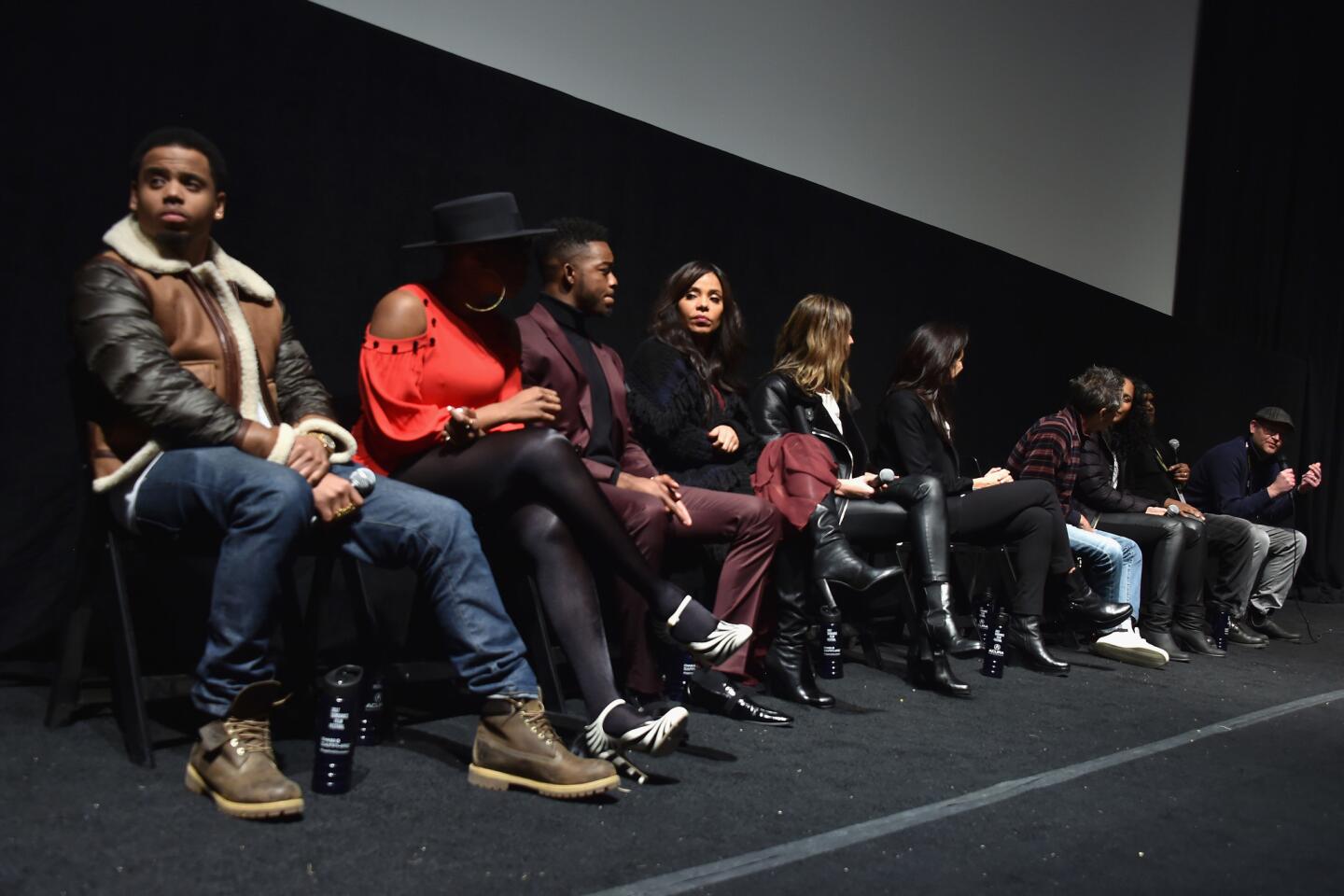
Cast and crew speak onstage during the “Shots Fired” premiere.
(Michael Loccisano / Getty Images for Sundance Film Festival)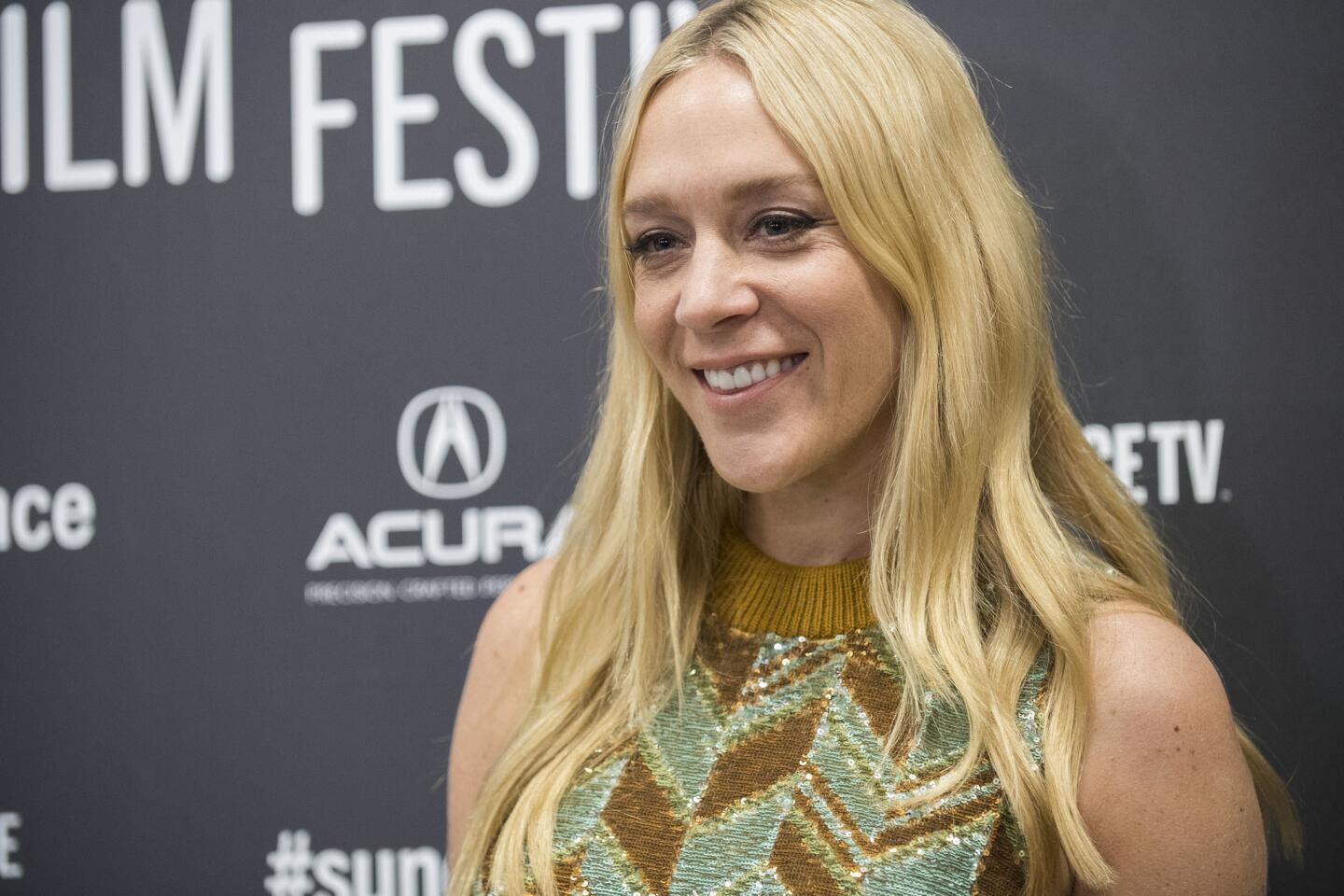
Actress Chloe Sevigny at the premiere of the film “Beatriz at Dinner” at the Eccles Theatre.
(Arthur Mola / Invision/Associated Press)
Chef Cat Cora prepares entrees during a luncheon hosted by Glamour editor Cindi Leive and photographer Amanda de Cadenet.
(Vivien Killilea / Getty Images)
Actresses Alfre Woodard and Elle Fanning attend the Lunch Celebrating Films Powered by Women.
(Vivien Killilea / Getty Images for Glamour)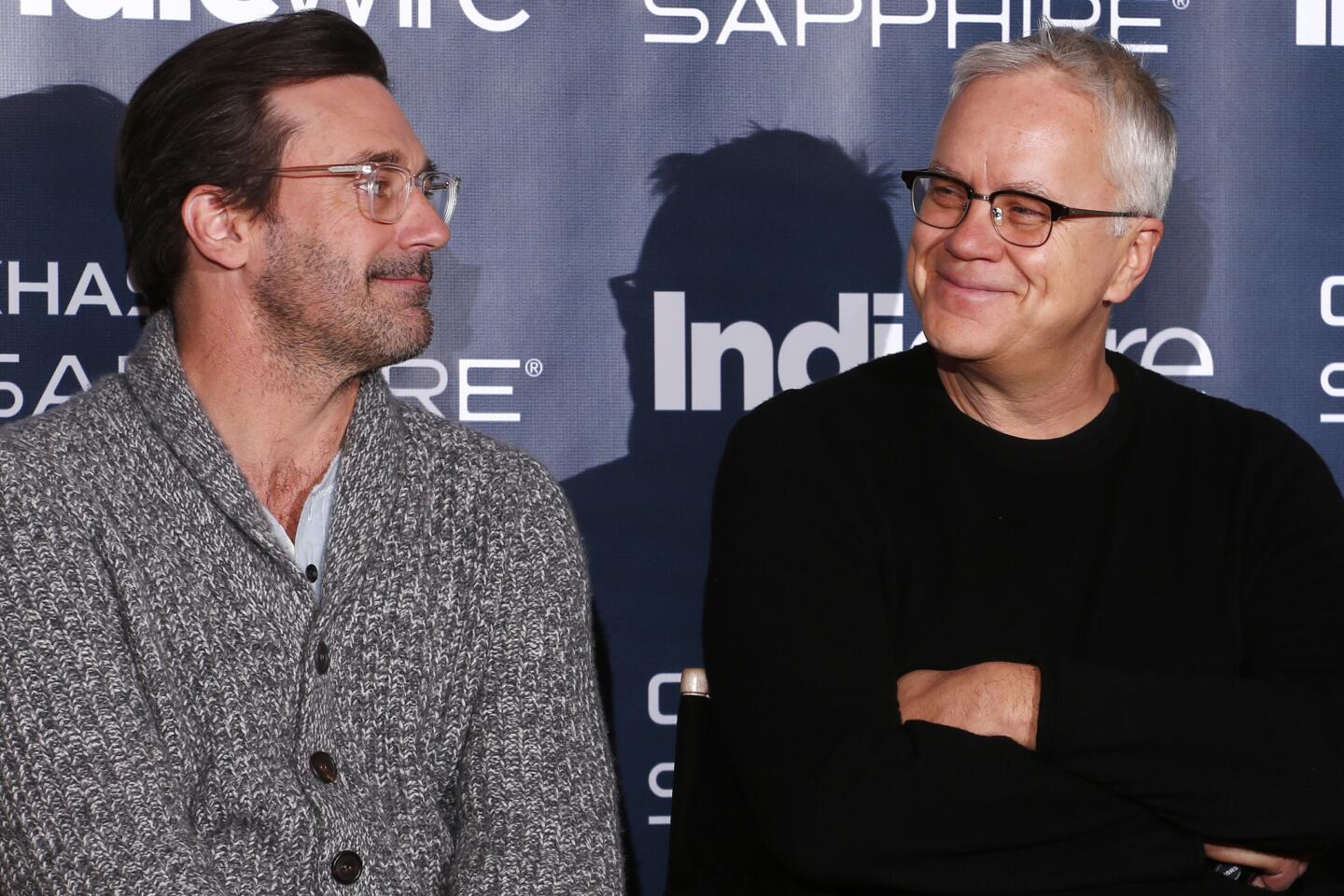
Jon Hamm, left, and Tim Robbins of the “Indiewire in Conversation” panel.
(Jack Dempsey / Invision / Associated Press)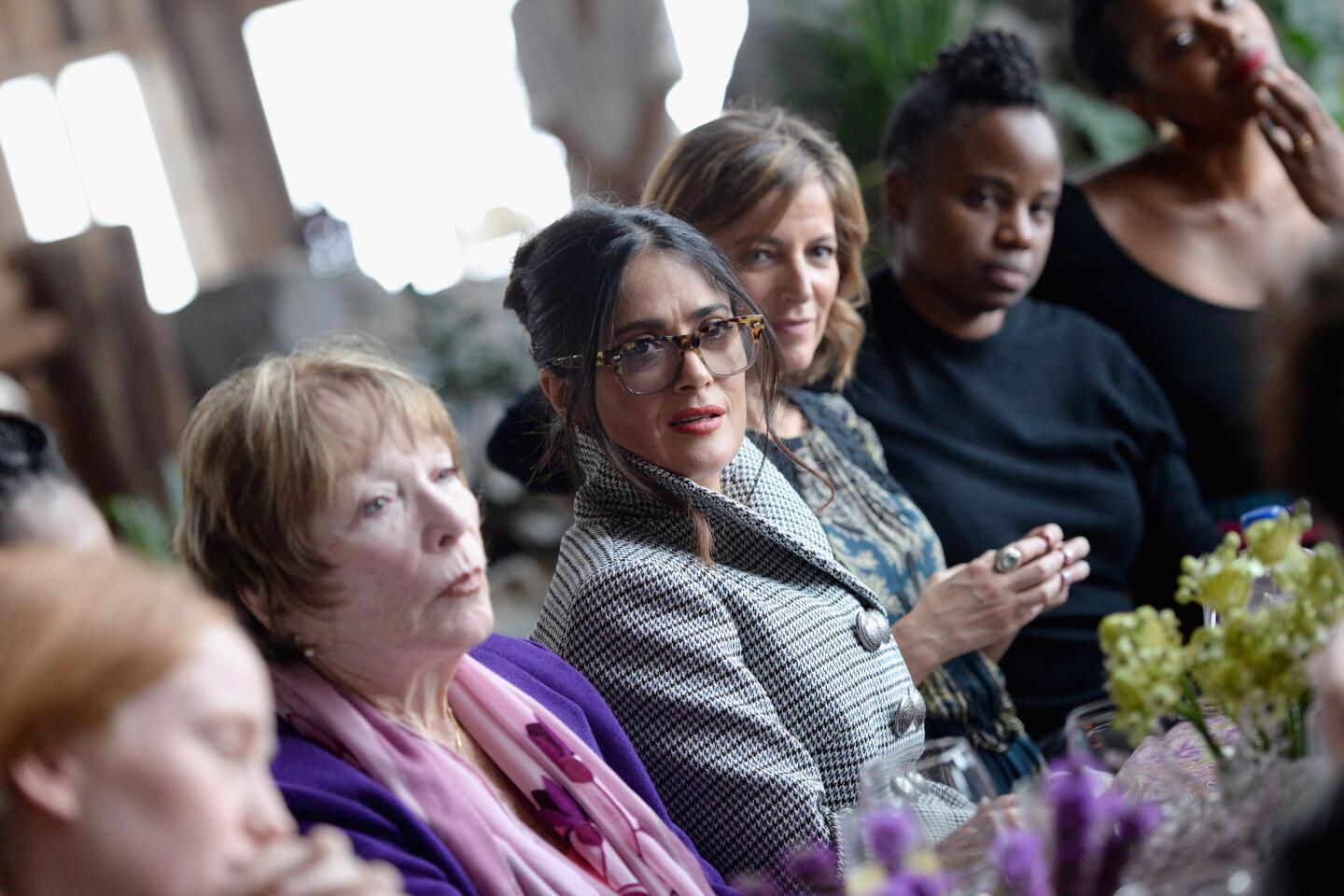
Shirley MacLaine, left, Salma Hayek, Cindi Leive, and Dee Rees at the Lunch Celebrating Films Powered by Women event.
(Vivien Killilea / Getty Images for Glamour)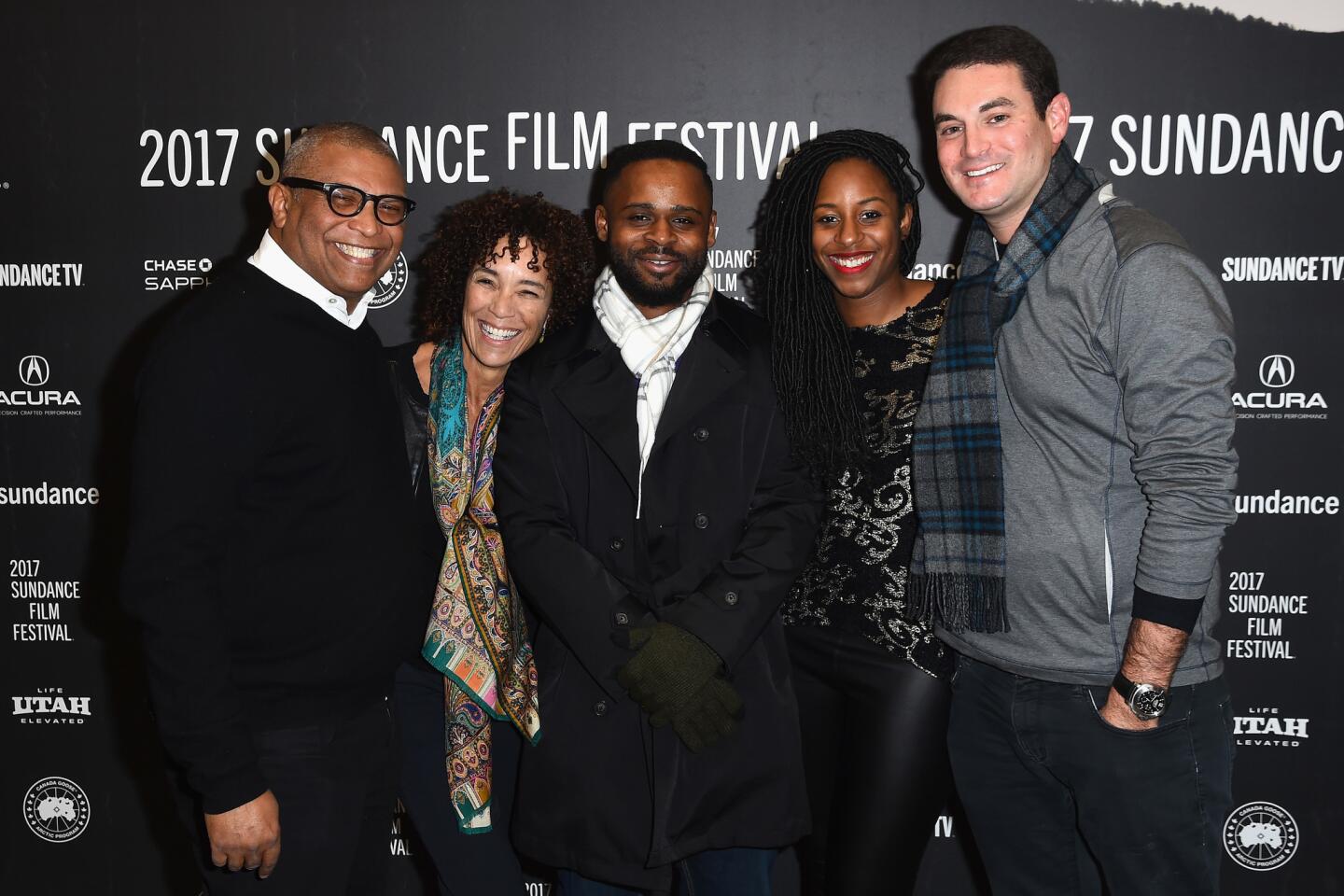
Reginald Hudlin, left, Stephanie Allain, Gerard McMurray, Mel Jones and Jason Michael Berman at the premiere of director McMurray’s “Burning Sands.”
(Nicholas Hunt / Getty Images )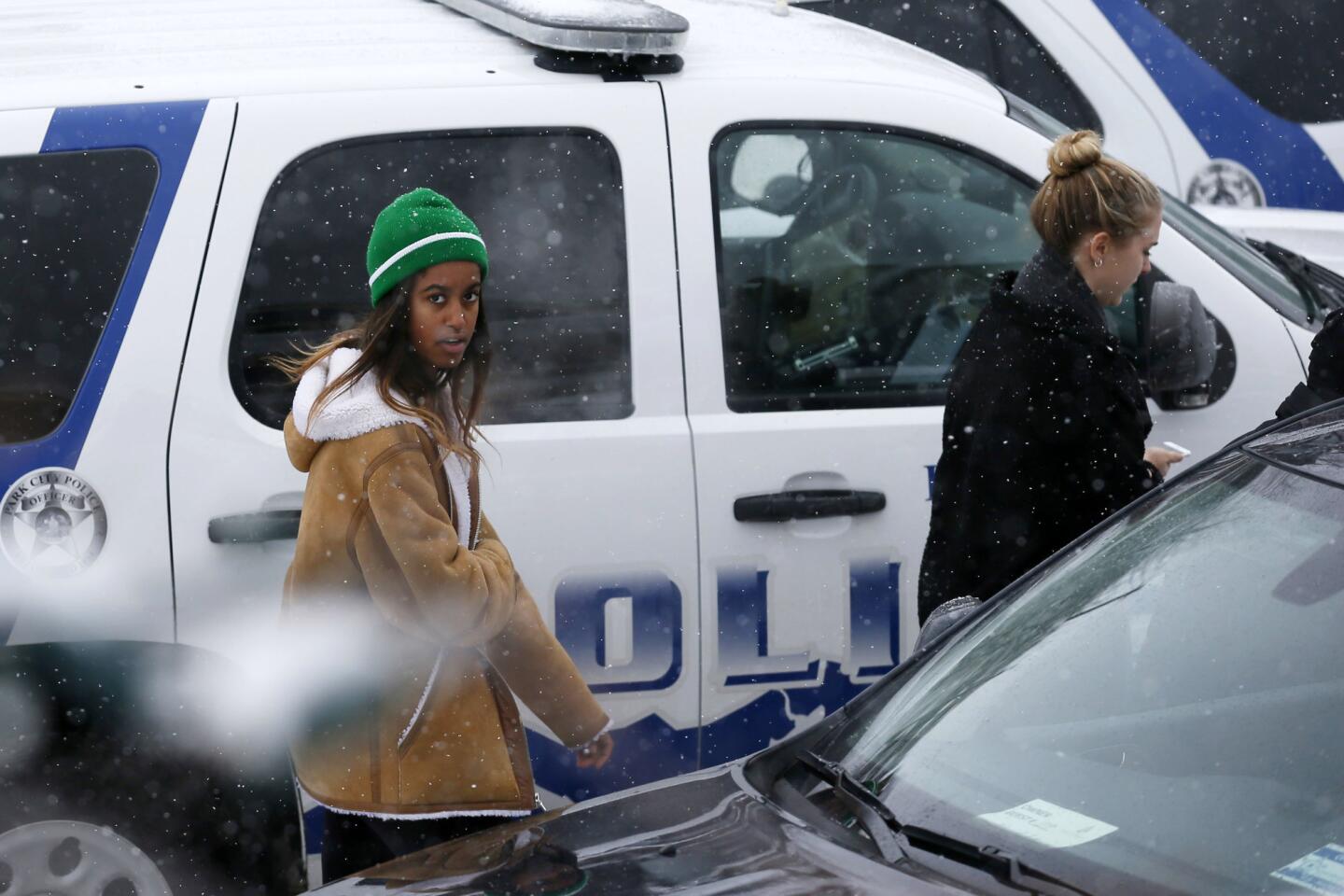
Malia Obama strolls on Main Street at the Sundance Film Festival at Park City, Utah.
(Danny Moloshok / Invision / Associated Press)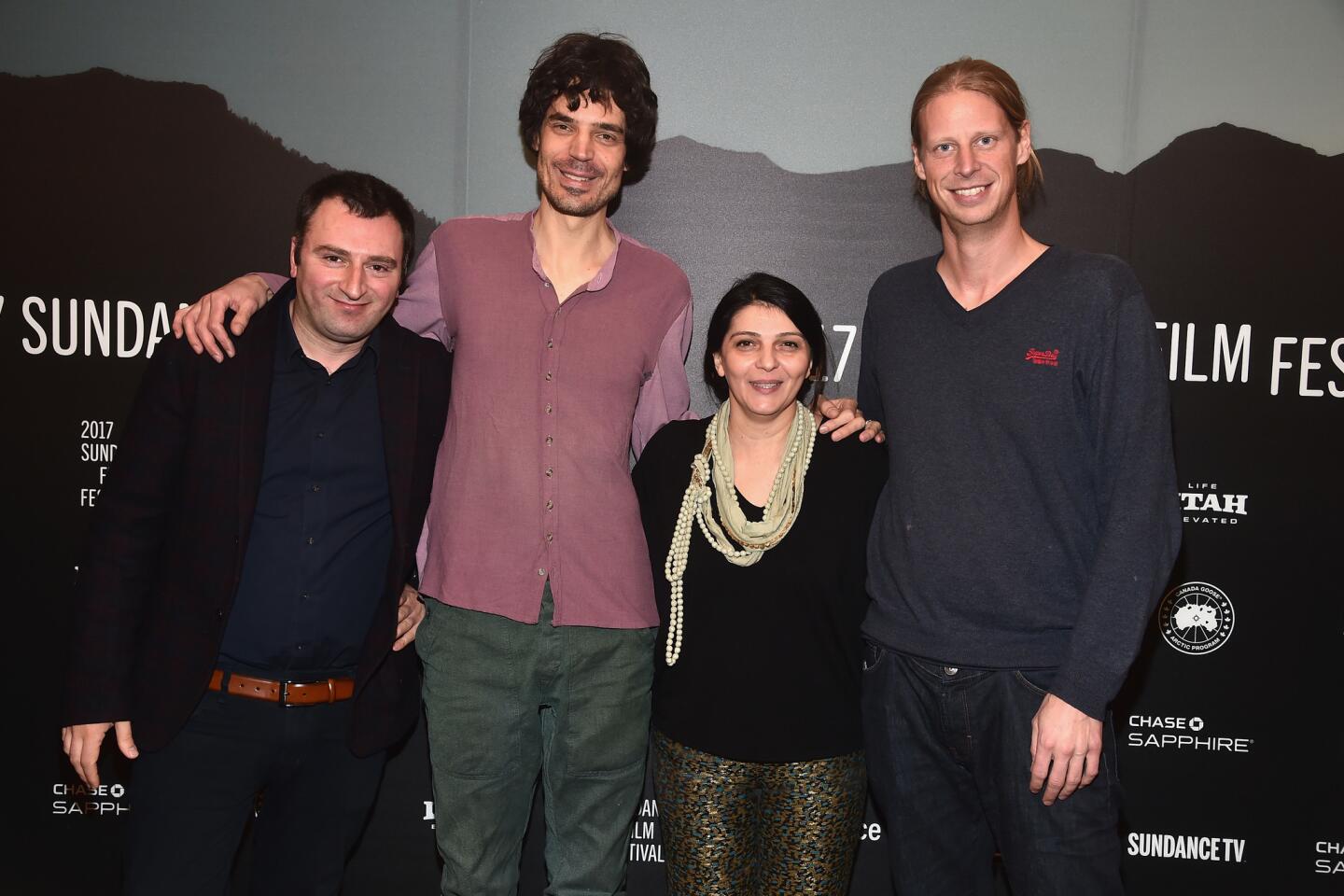
Producer Noshre Chkhaidze, left, director Simon Grob, actress Ia Shugliashvili and producer Jonas Katzenstein attend the “My Happy Family” premiere at Egyptian Theatre.
(Alberto E. Rodriguez / Getty Images)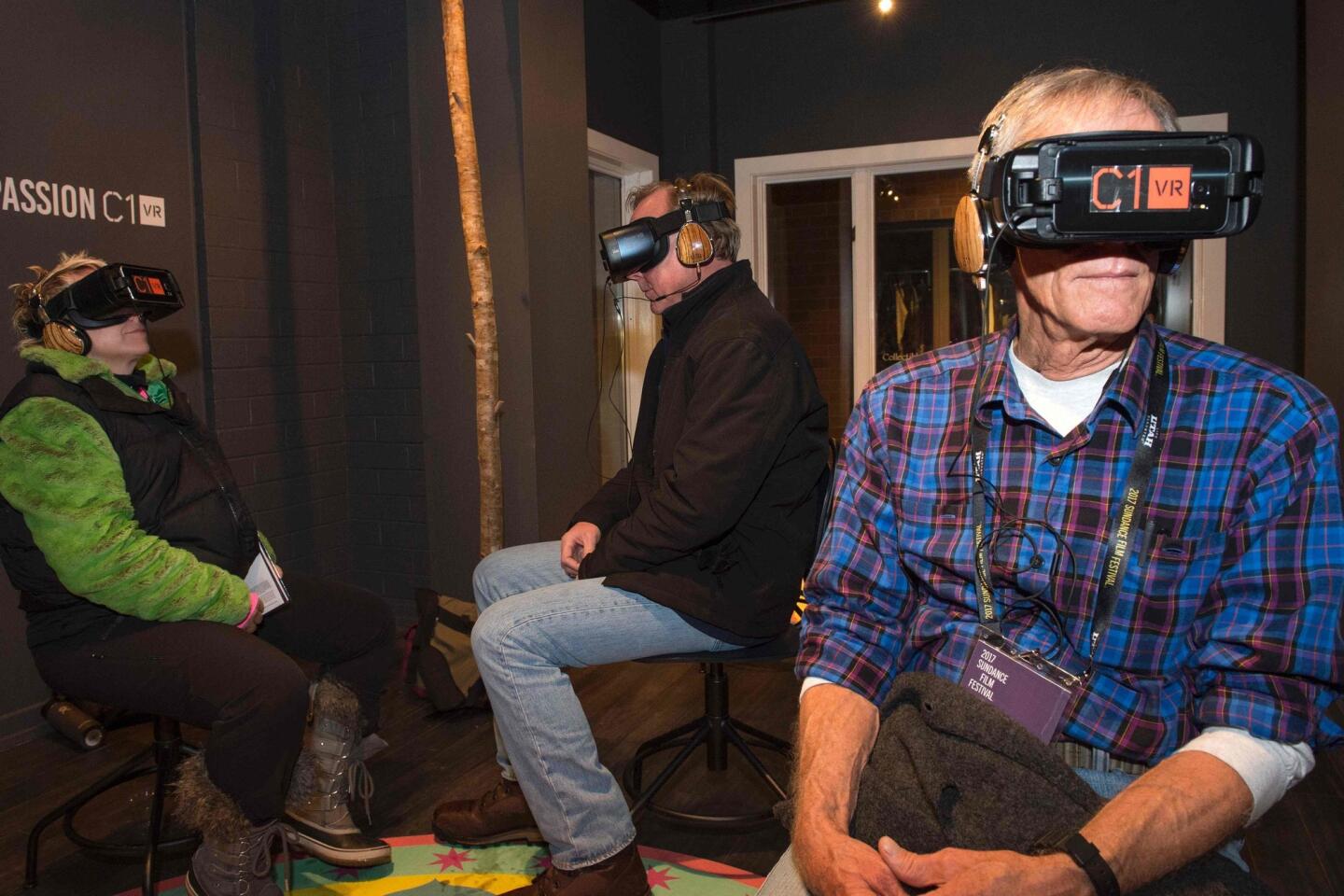
Viewers take in Al Gore’s film “Melting Ice” on Condition One’s virtual-reality system at the Sundance VR release party.
(Valerie Macon / AFP/Getty Images)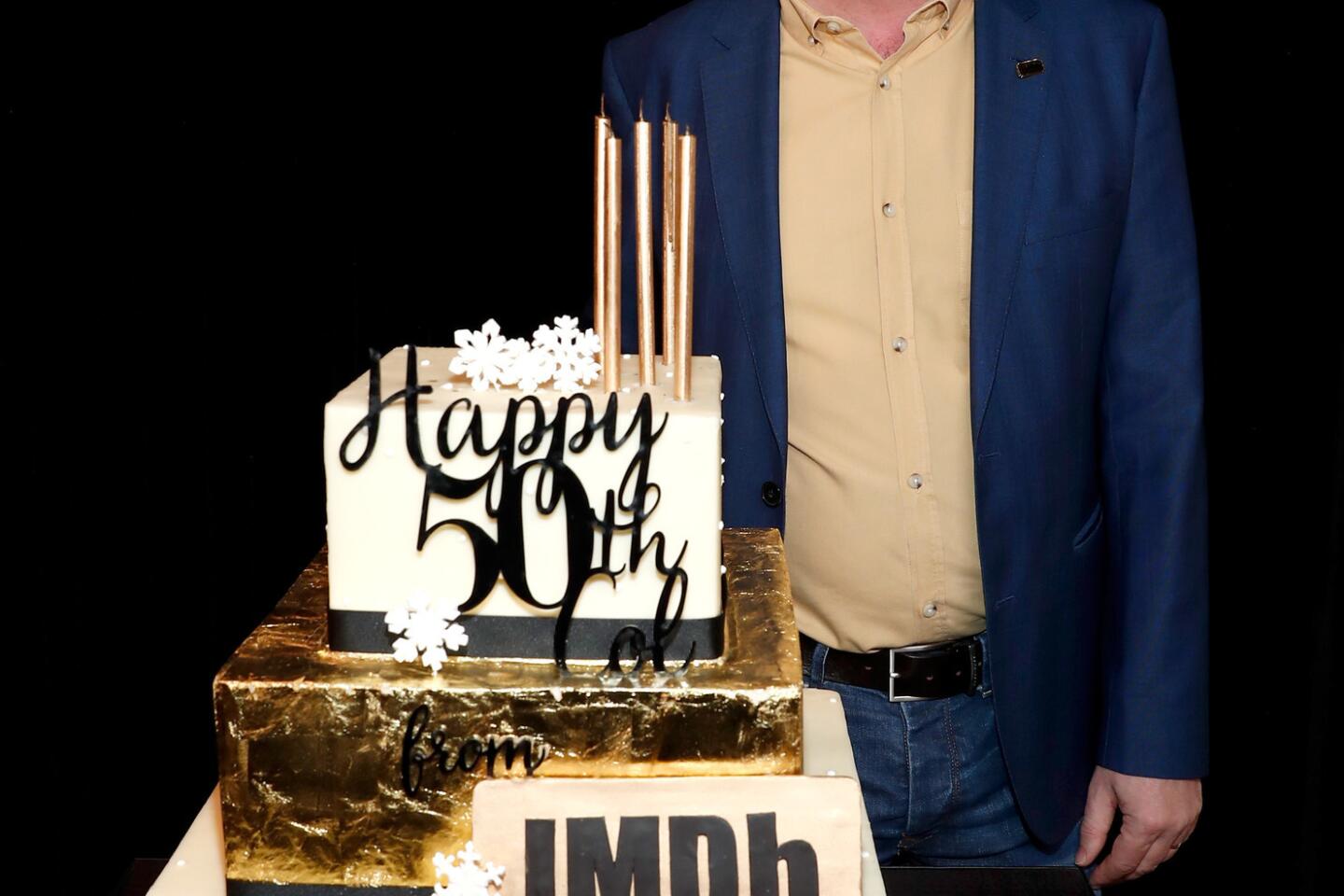
IMDb founder and Chief Executive Col Needham enjoys his 50th birthday party.
(Rich Polk / Getty Images )
Actress Connie Britton attends the “Beatriz at Dinner” premiere at Eccles Theatre.
(Valerie Macon / AFP/Getty Images)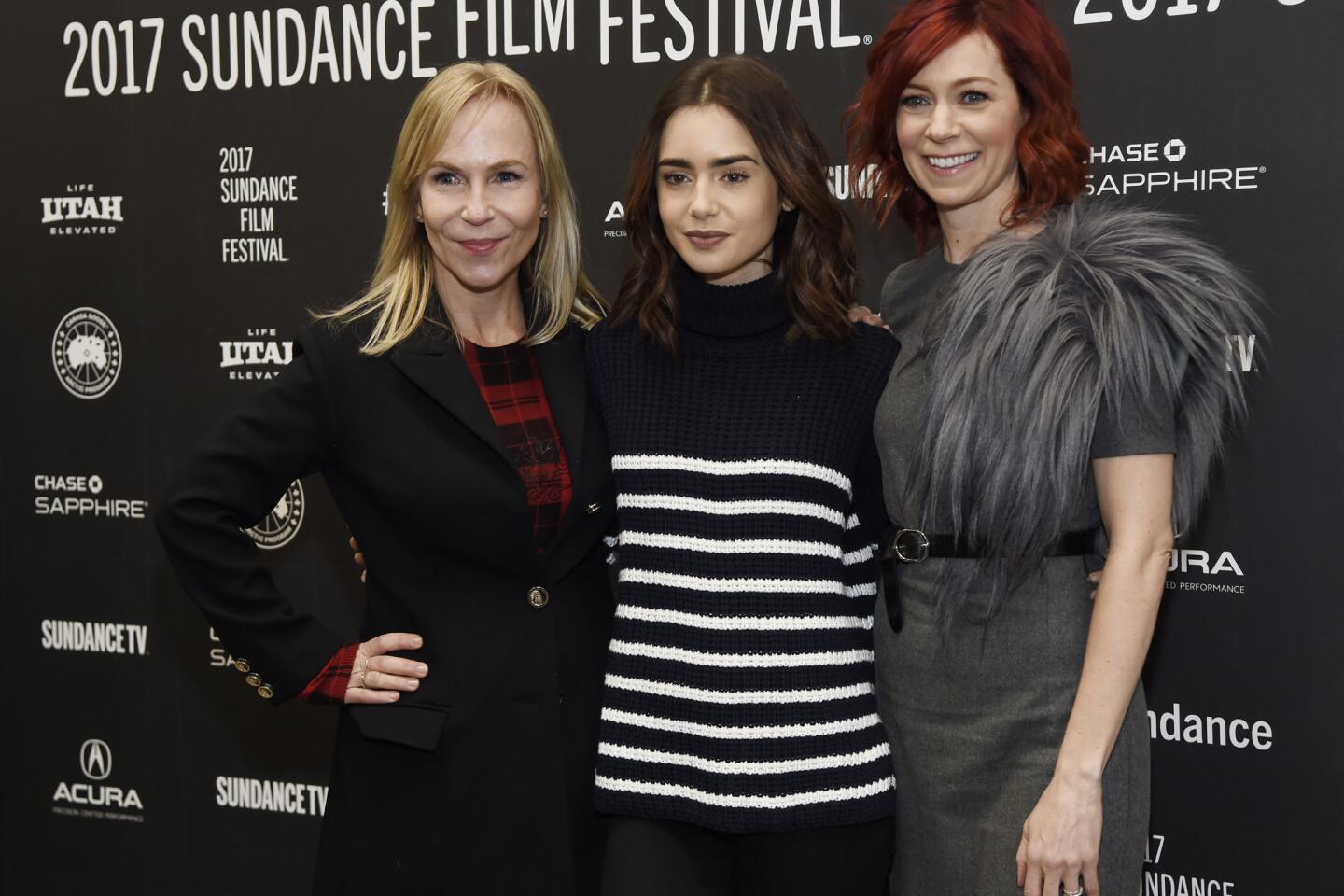
Marti Noxon, left, writer and director of “To the Bone,” poses with cast members Lily Collins, center, and Carrie Preston at the Jan. 22 premiere of the film in Park City Utah, during the 2017 Sundance Film Festival.
(Chris Pizzello / Invision /Associated Press)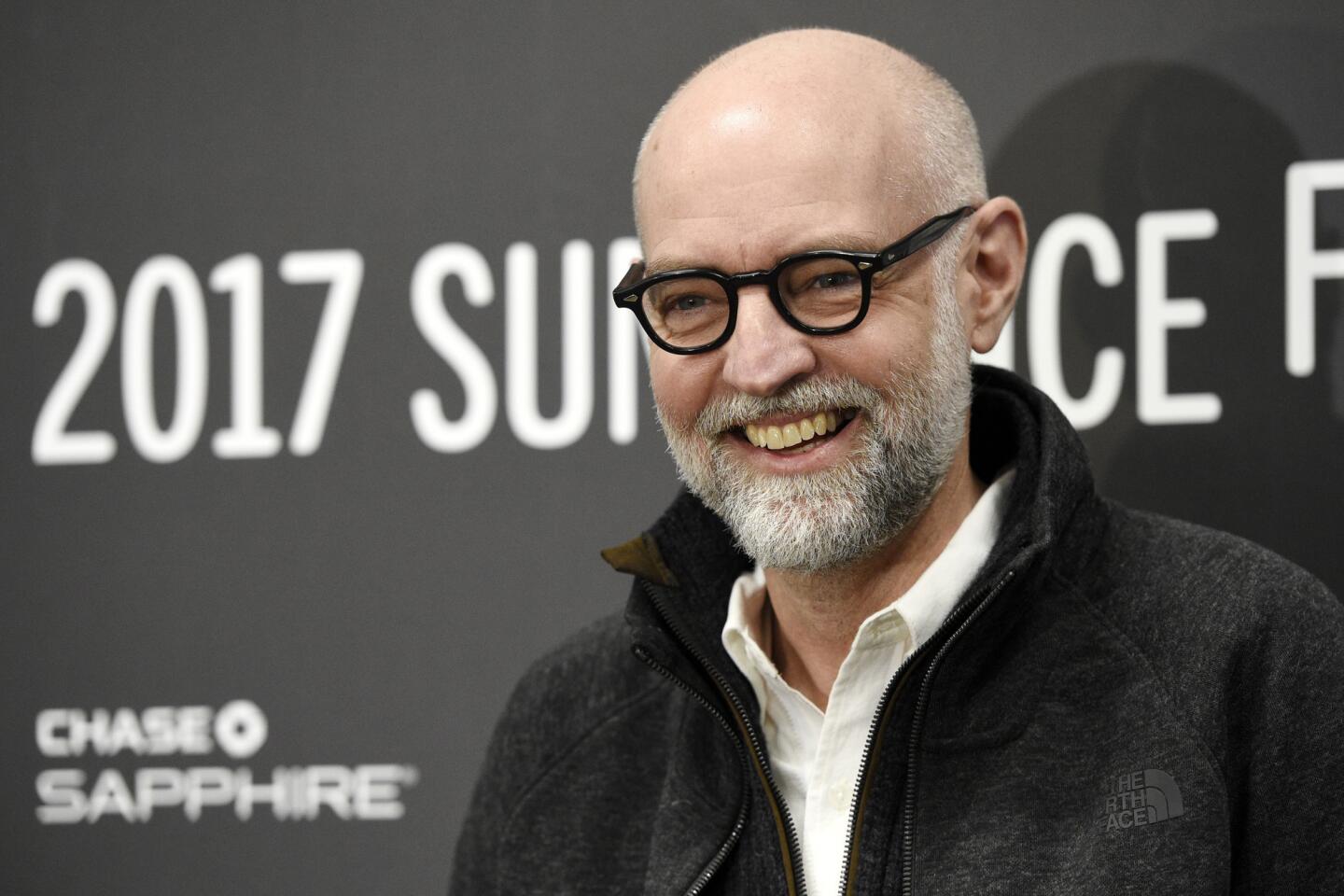
Cartoonist Daniel Clowes, the screenwriter of “Wilson,” poses at the Jan. 22 premiere of the film in Park City, Utah, during the Sundance Film Festival.
(Chris Pizzello / Invision / Associated Press)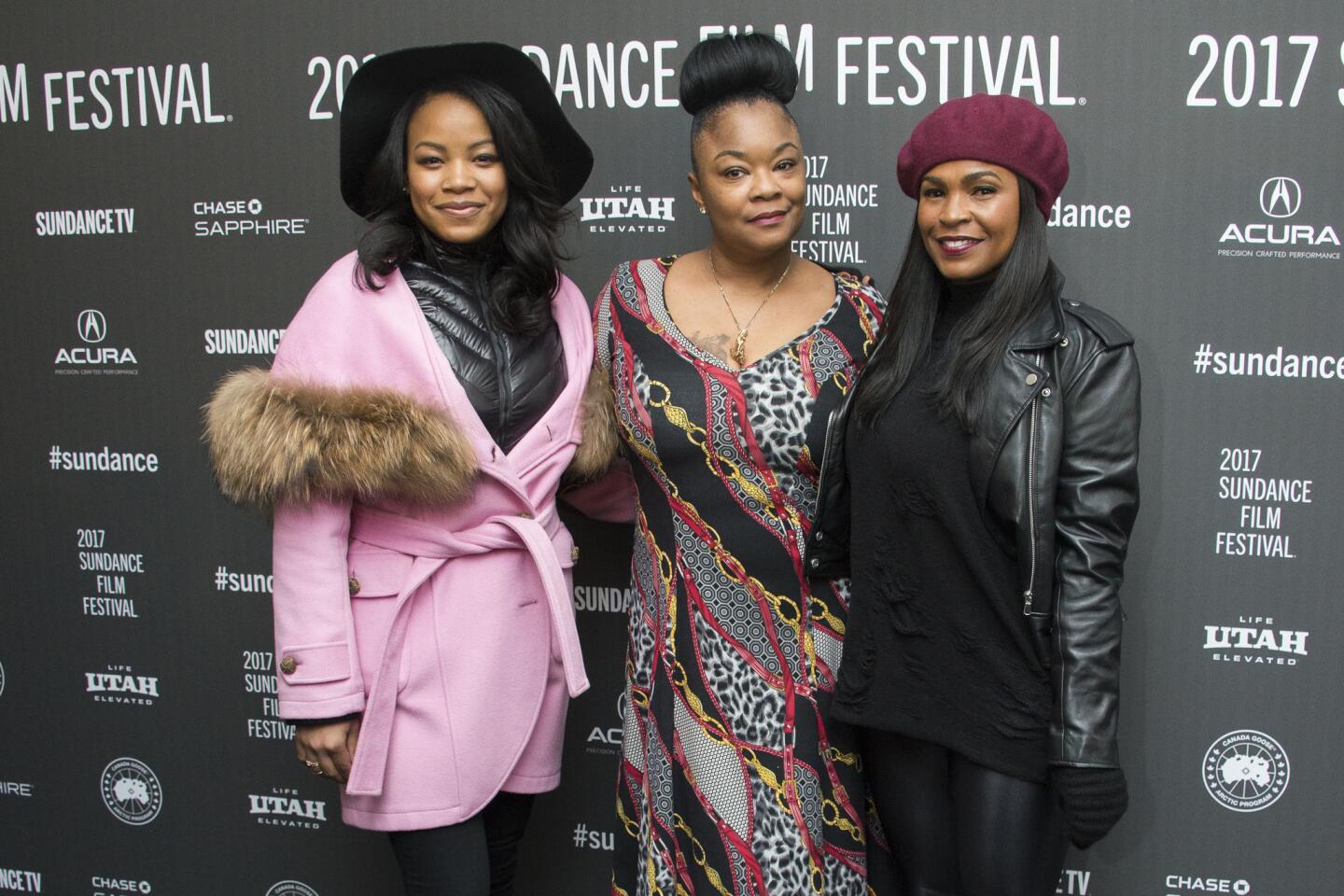
Chanté Adams, Roxanne Shanté and actress Nia Long pose at the Jan. 22 premiere of the film “Roxanne Roxanne” in Park City, Utah, during the Sundance Film Festival.
(Arthur Mola / Invision / Associated Press)
From left, Jeff Skoll, Al Gore, Heather Rae and David Suzuki speak on stage Jan. 22 at the New Climate Lunch Roundtable during the Sundance Film Festival in Park City, Utah.
(Matt Winkelmeyer / Getty Images )
David Suzuki speaks on stage Jan. 22 at the New Climate Lunch Roundtable during the Sundance Film Festival in Park City, Utah.
(Matt Winkelmeyer / Getty Images for Sundance Film Festival)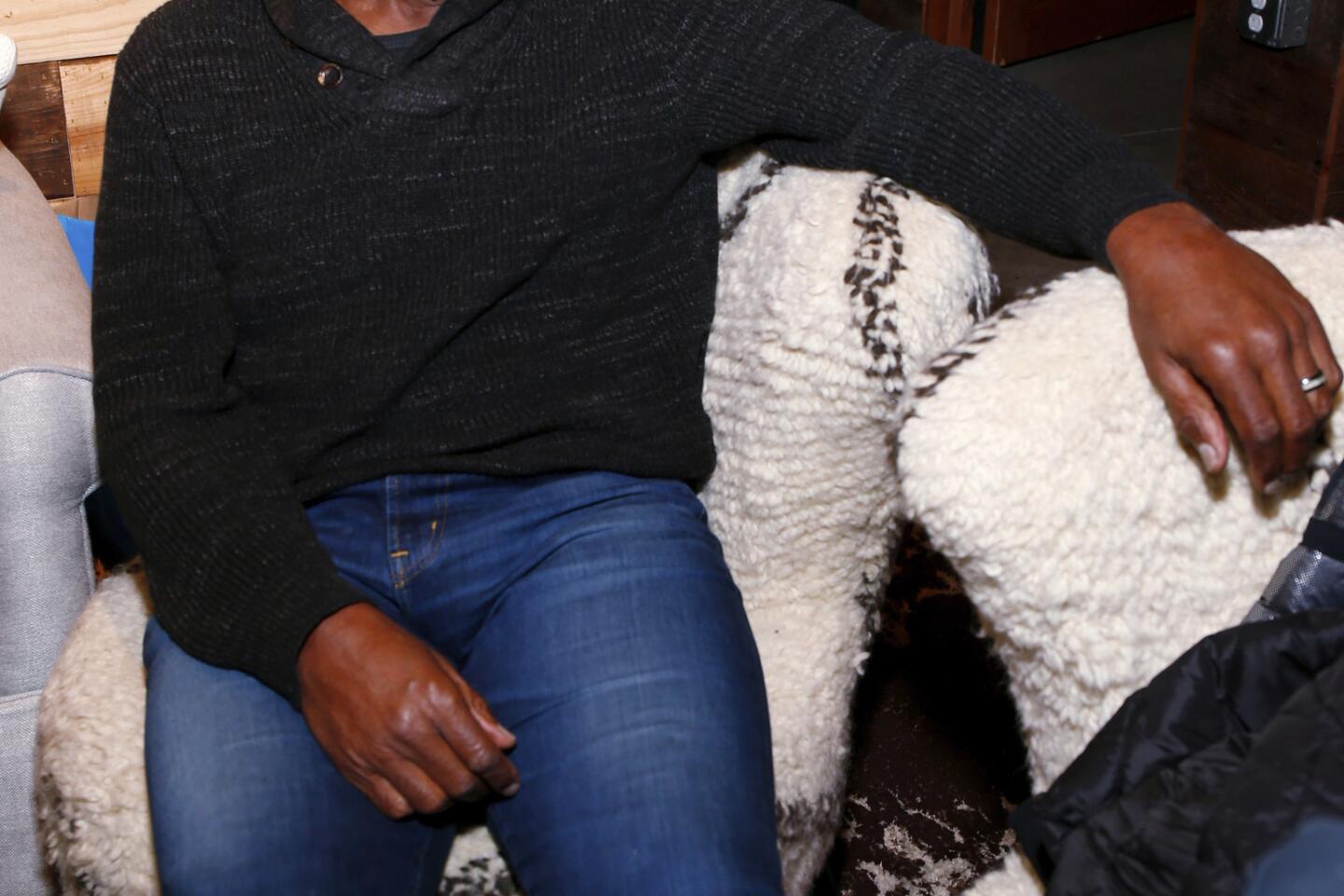
“Strong Island” executive producer Danny Glover relaxes Jan. 22 at the Indiewire Photo Studio at Chase Sapphire on Main during Sundance Film Festival in Park City, Utah.
(Jack Dempsey / Invision / Associated Press)
Actress Brittany Snow of “Bushwick” attends the Acura Studio on Jan. 22 during Sundance Film Festival in Park City, Utah.
(Neilson Barnard / Getty Images )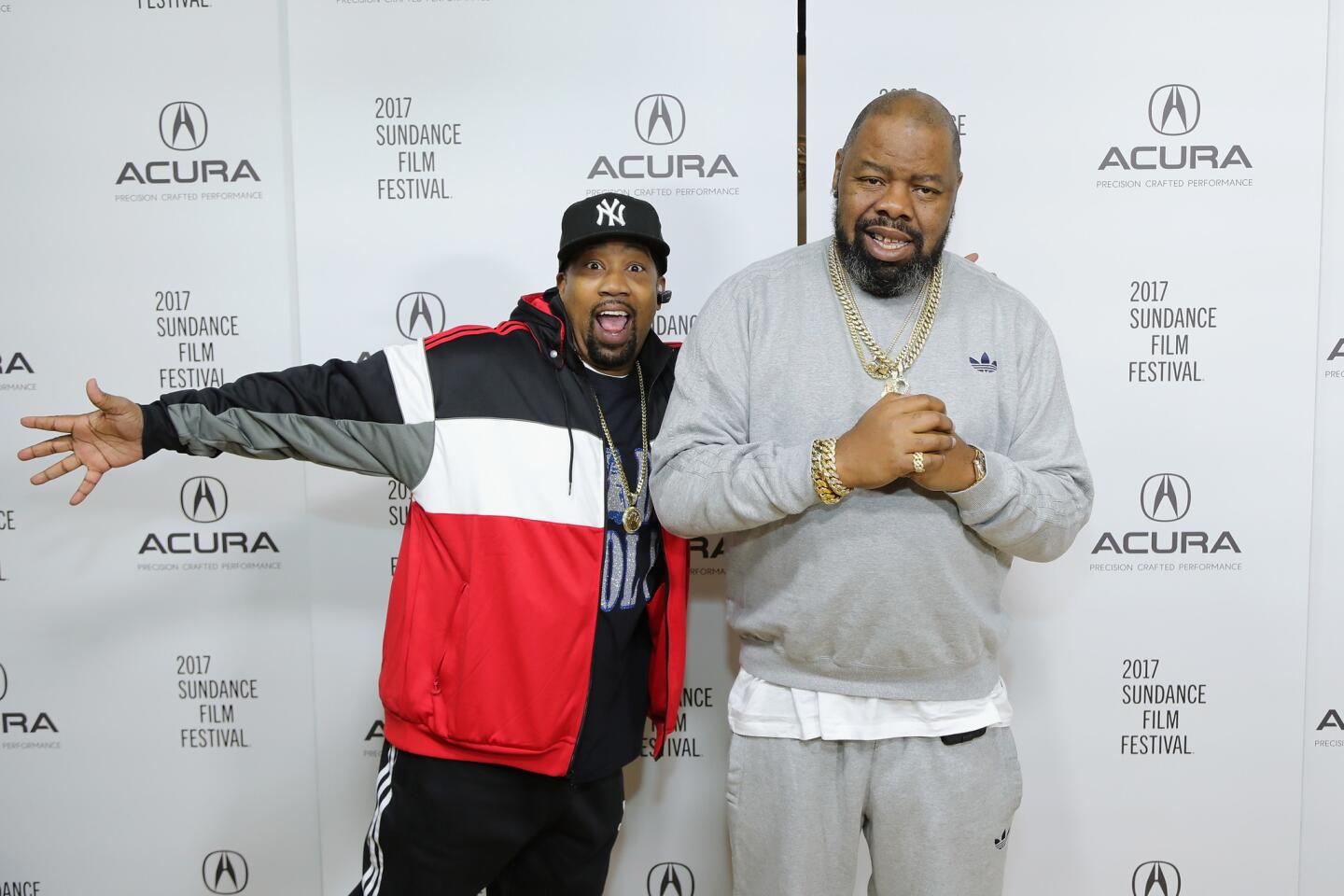
DJ Cool V and Biz Markie attend the Acura Studio Jan. 22 during the Sundance Film Festival in Park City, Utah.
(Neilson Barnard / Getty Images)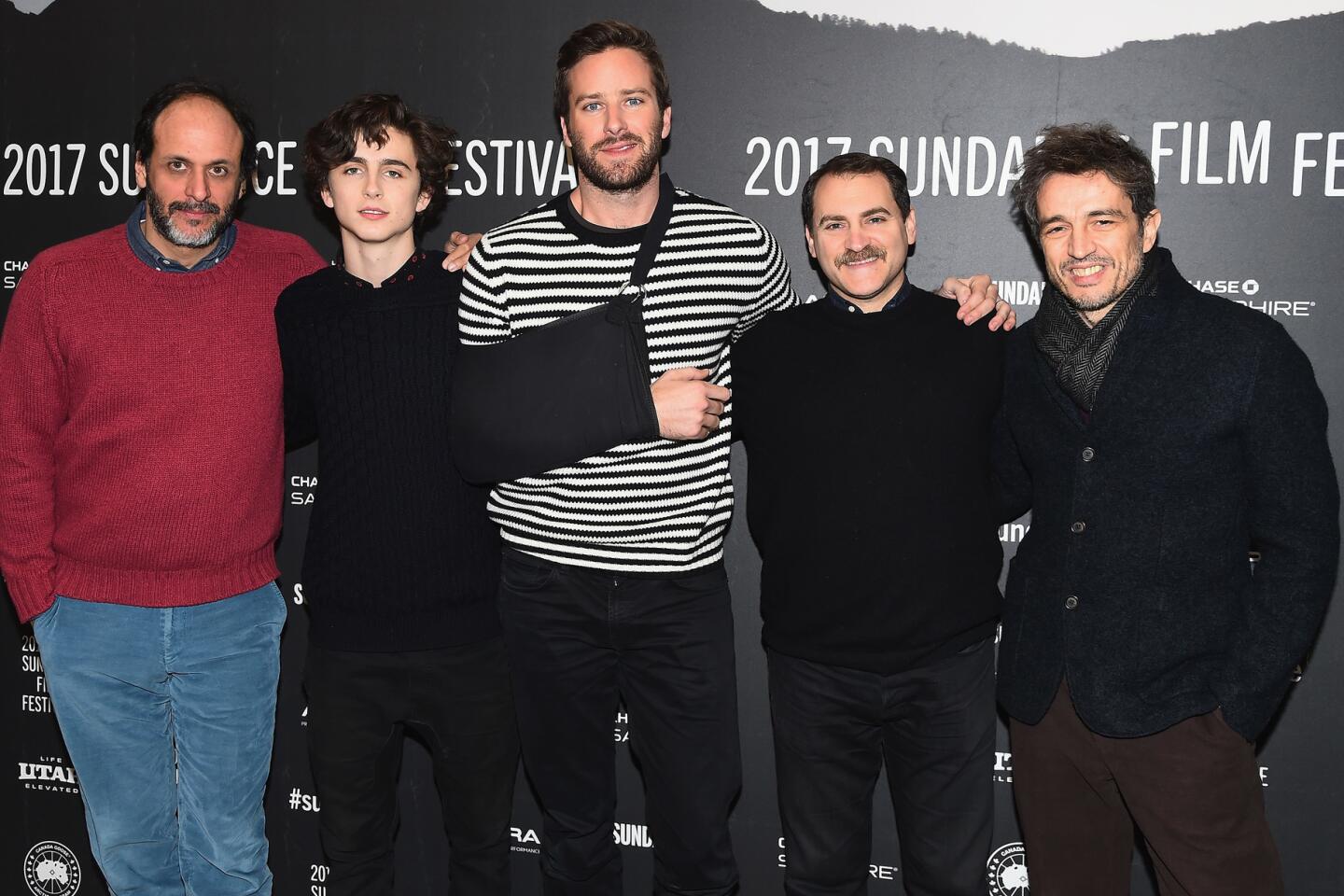
Luca Guadagnino, Timothee Chalamet, Armie Hammer, Michael Stuhlbarg and Walter Fasano attend the Jan. 22 “Call Me By Your Name” premiere at Eccles Center Theatre during the Sundance Film Festival in Park City, Utah.
(Nicholas Hunt / Getty Images )
Roxanne Shante performs onstage at the Jan. 22 “Roxanne, Roxanne” party in the Acura Festival Village during the Sundance Film Festival in Park City, Utah.
(Neilson Barnard / Getty Images )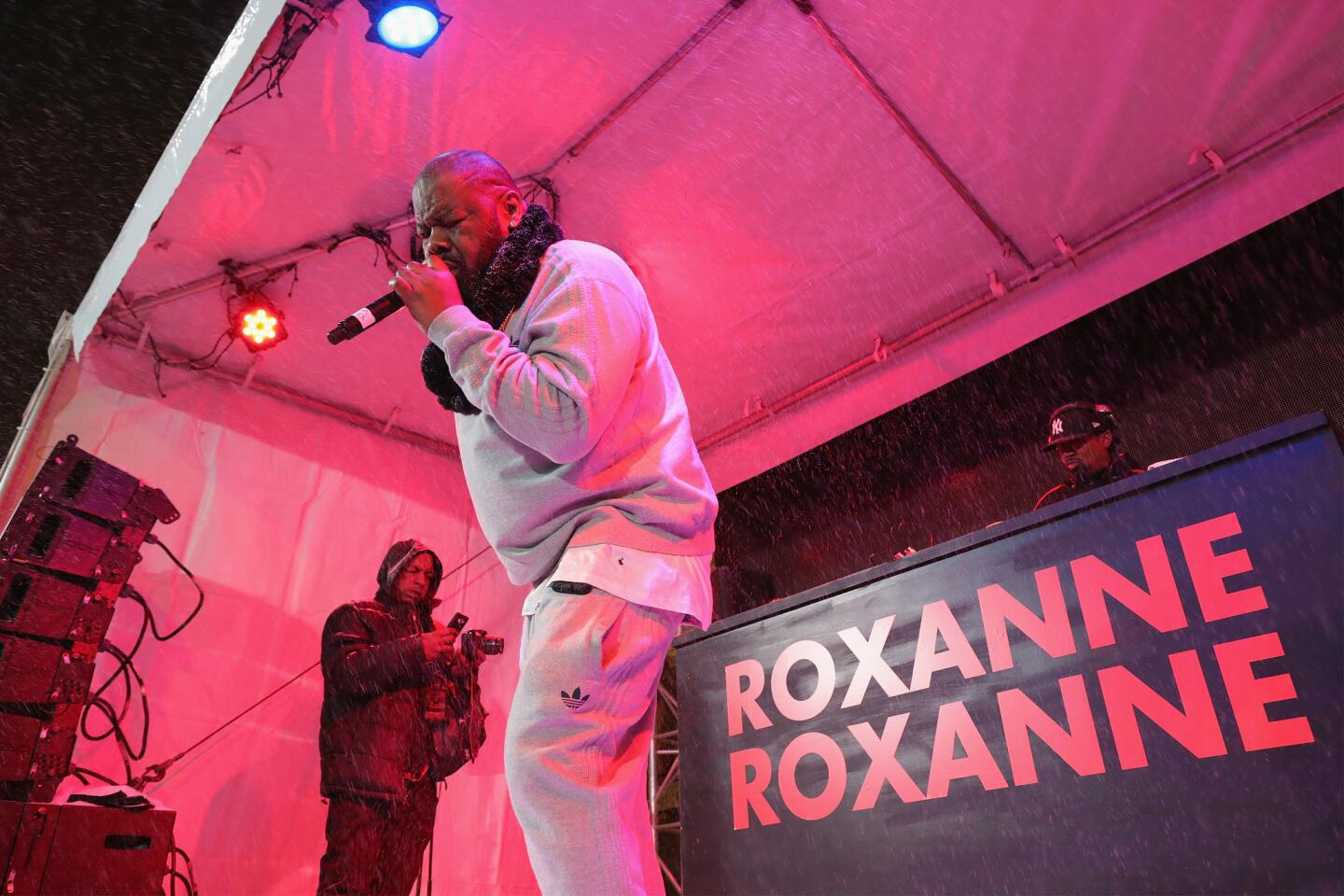
Biz Markie performs onstage at the Jan. 22 “Roxanne, Roxanne” party in the Acura Festival Village during the Sundance Film Festival in Park City, Utah.
(Neilson Barnard / Getty Images )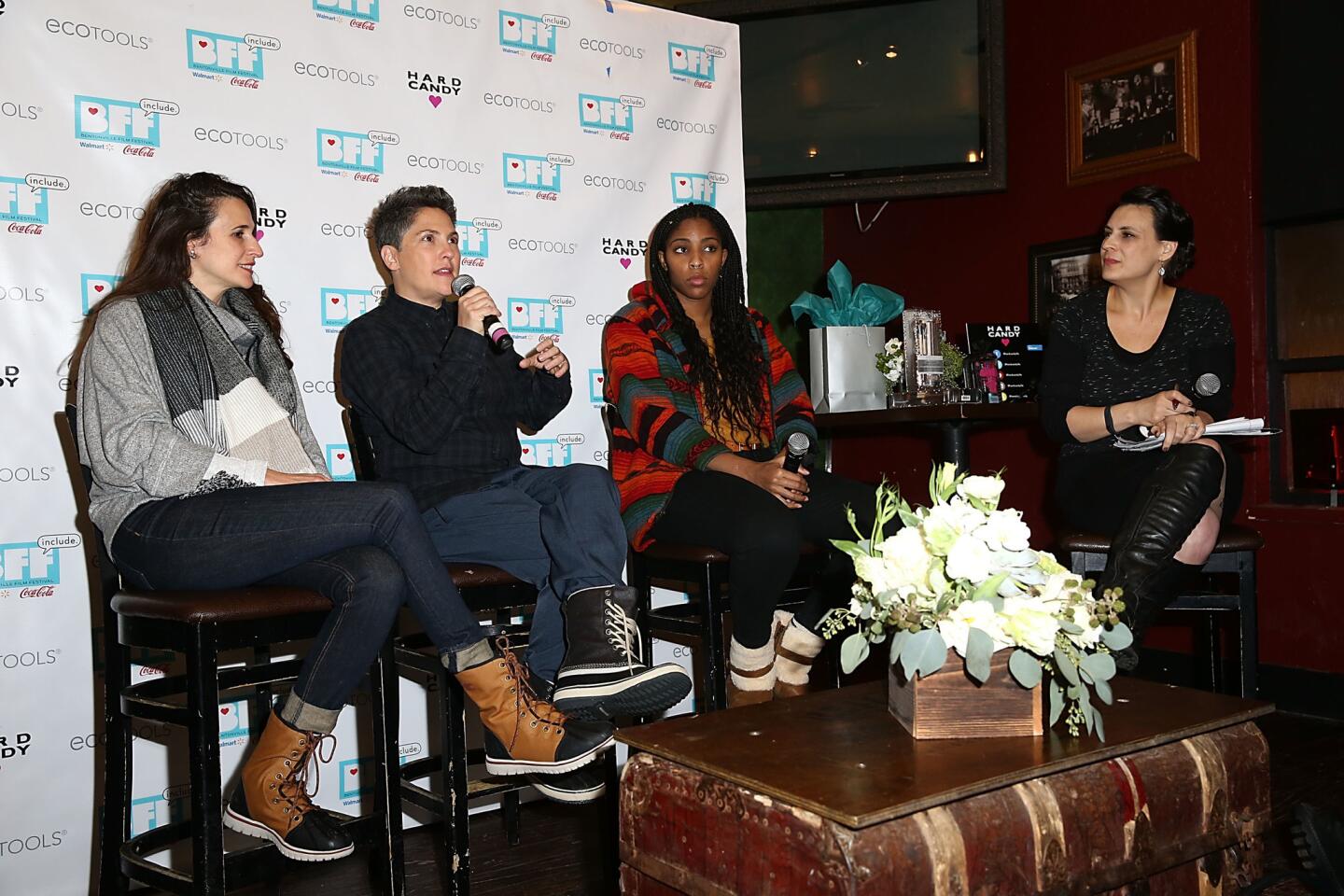
Michaela Watkins, Jill Soloway, Jessica Williams and Stacey Wilson Hunt speak onstage Jan. 22 at an event hosted by the Bentonville Film Festival during the Sundance Film Festival in Park City, Utah.
(Joe Scarnici / Getty Images)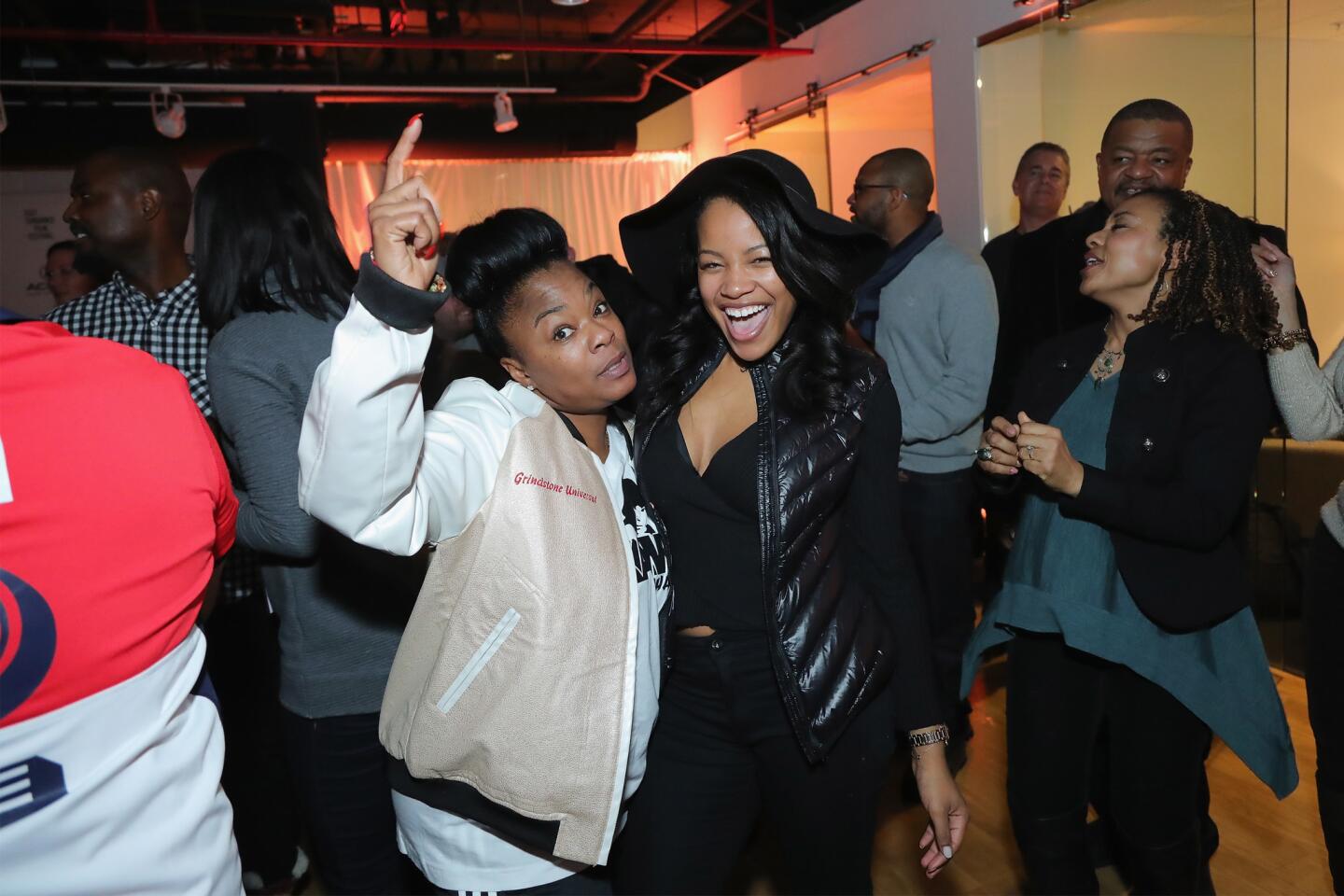
Roxanne Shante and Chante Adams attend the Jan. 22 “Roxanne, Roxanne” party during the Sundance Film Festival in Park City, Utah.
(Neilson Barnard / Getty Images )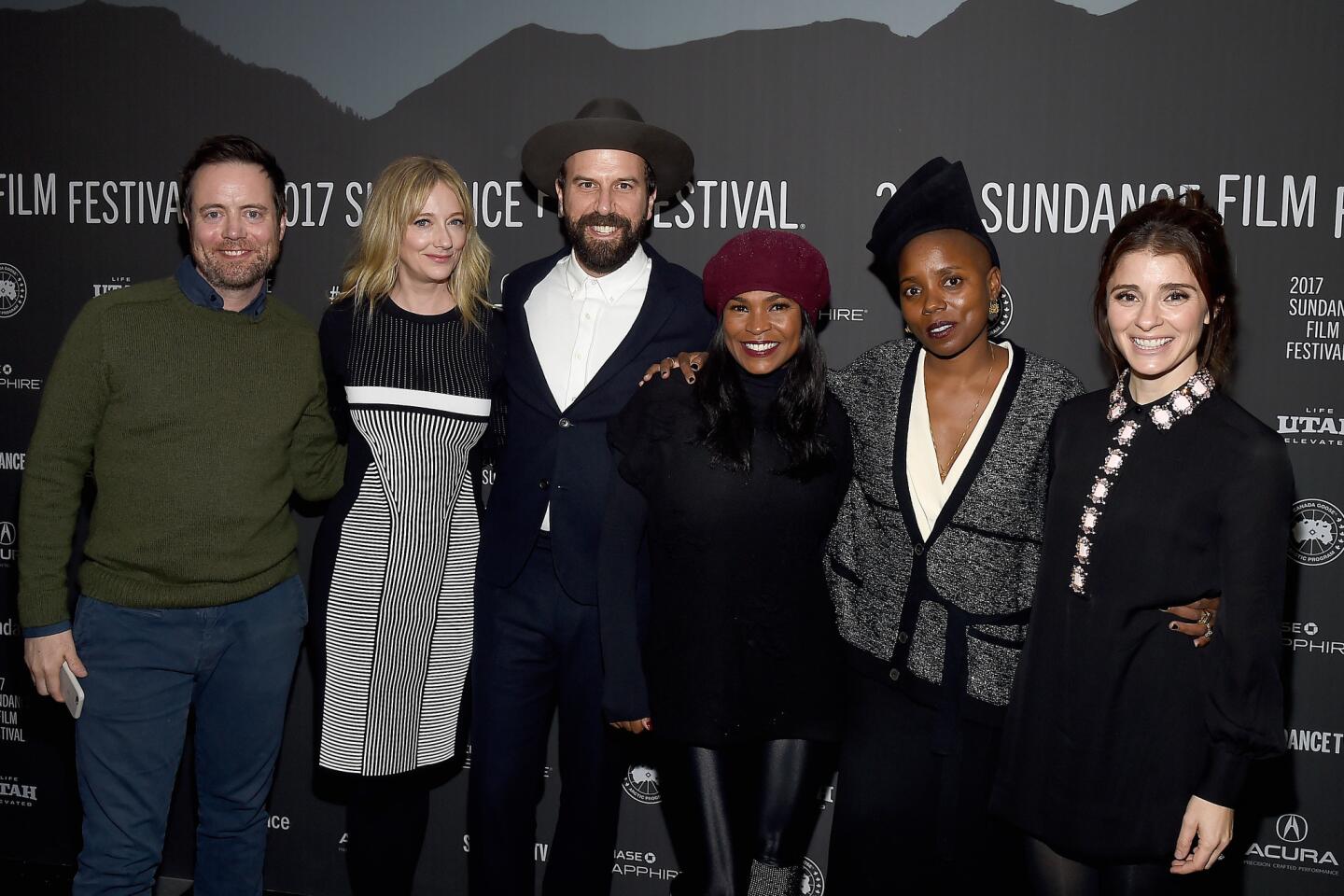
Jon Daly, Brett Gelman, Nia Long, Judy Greer, Janicza Bravo and Shiri Appleby attend the Jan. 22 “Lemon” premiere at Library Center Theater during the Sundance Film Festival in Park City, Utah.
(Matt Winkelmeyer / Getty Images for Sundance Film Festival)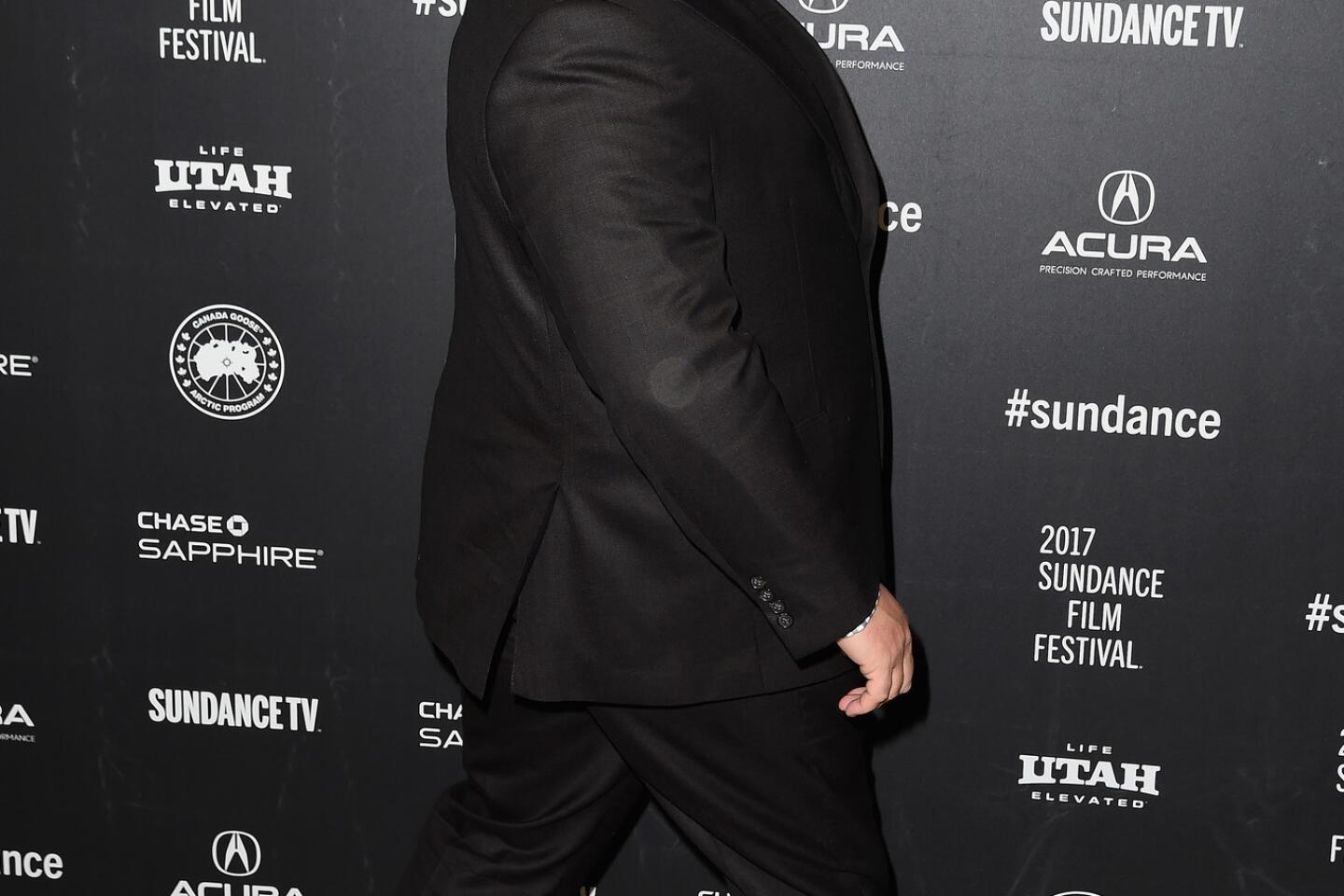
Jack Black attends the Jan. 22 premiere of “The Polka King” at the Eccles Center Theatre during the Sundance Film Festival in Park City, Utah.
(Nicholas Hunt / Getty Images )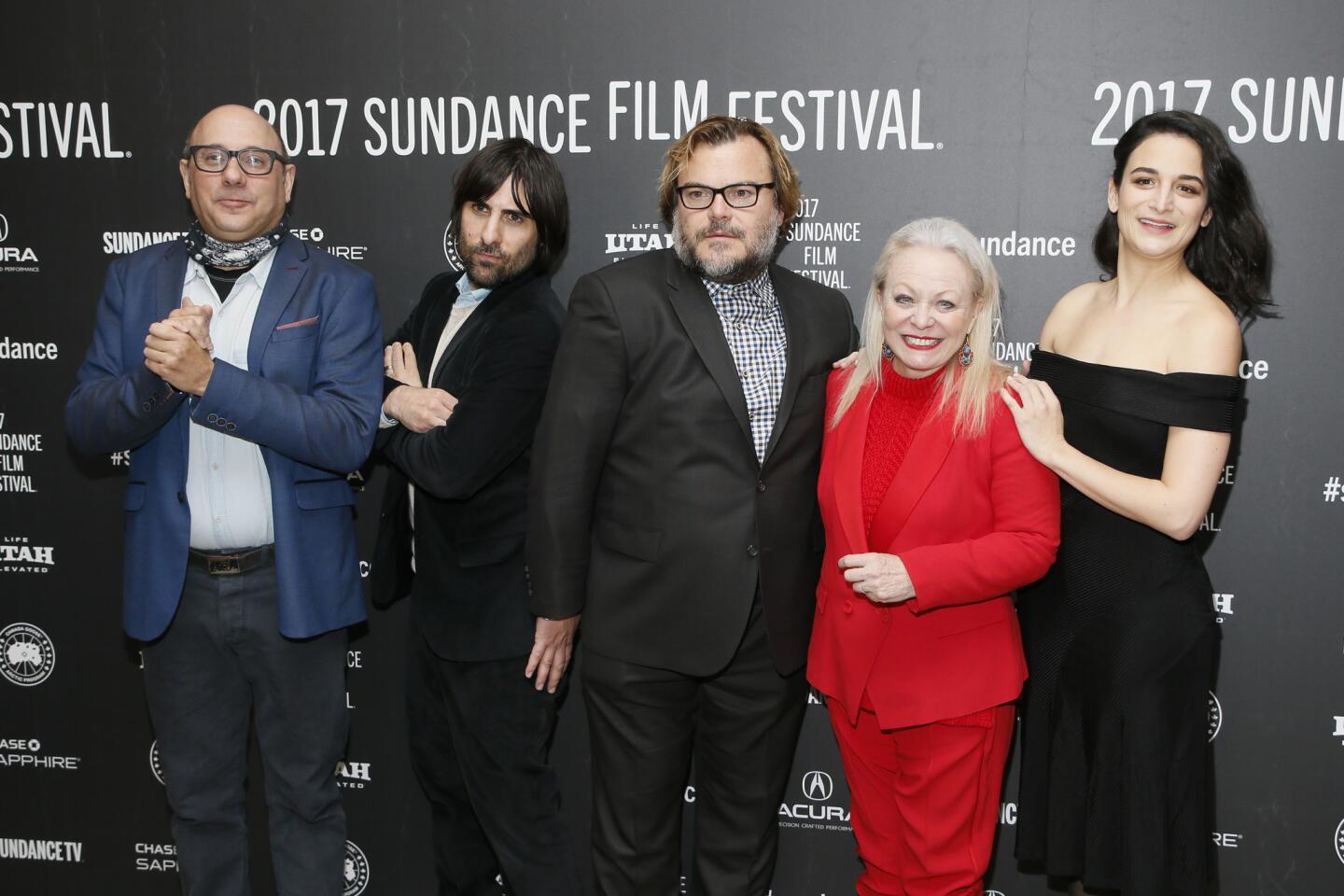
Willie Garson, Jason Schwartzman, Jack Black, Jacki Weaver and Jenny Slate pose at the Jan. 22 premiere of “The Polka King” during the Sundance Film Festival in Park City, Utah.
(Danny Moloshok / Invision / Associated Press)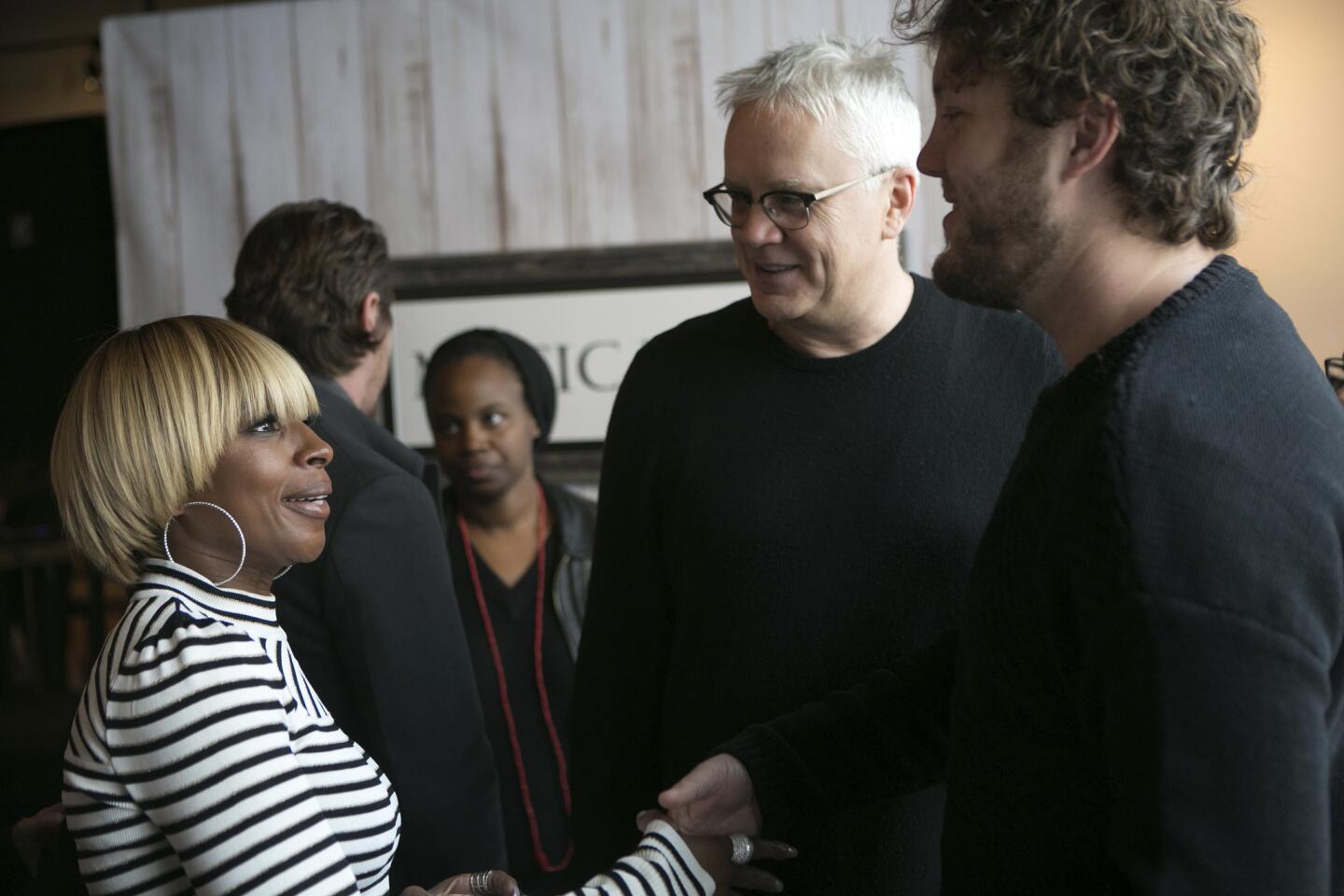
Tim Robbins, center, shakes hands with Mary J. Blige, left, while introducing Blige to his son, Jack Robbins, at Sundance at the Music Lodge during the Sundance Film Festival.
(Jud Burkett / Invision for The Music Lodge)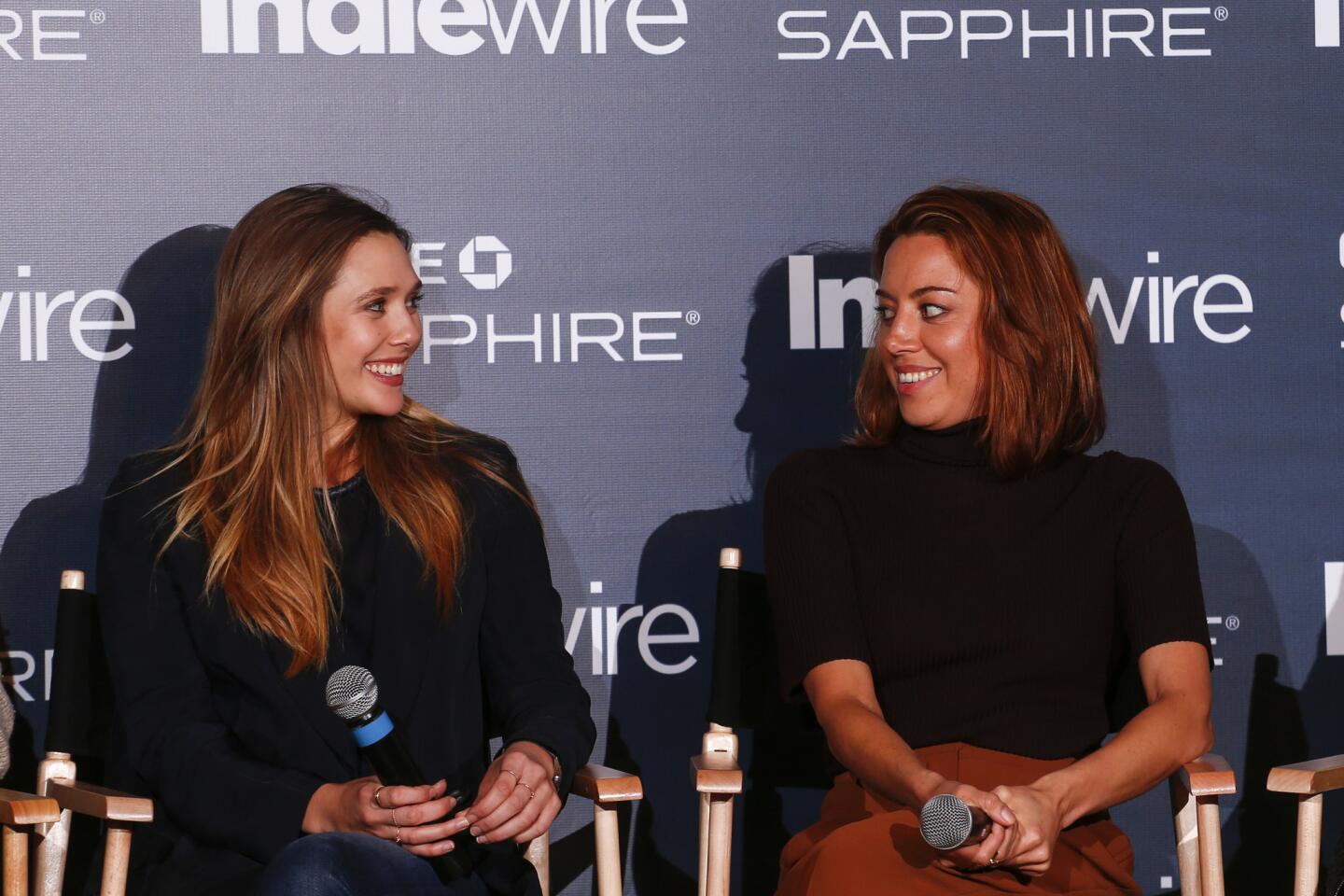
Actresses Elizabeth Olsen, left, and Aubrey Plaza from “Ingrid Goes West” during the “Indiewire in Conversation” panel at Chase Sapphire on Main.
(Jack Dempsey / Invision for Chase Sapphire)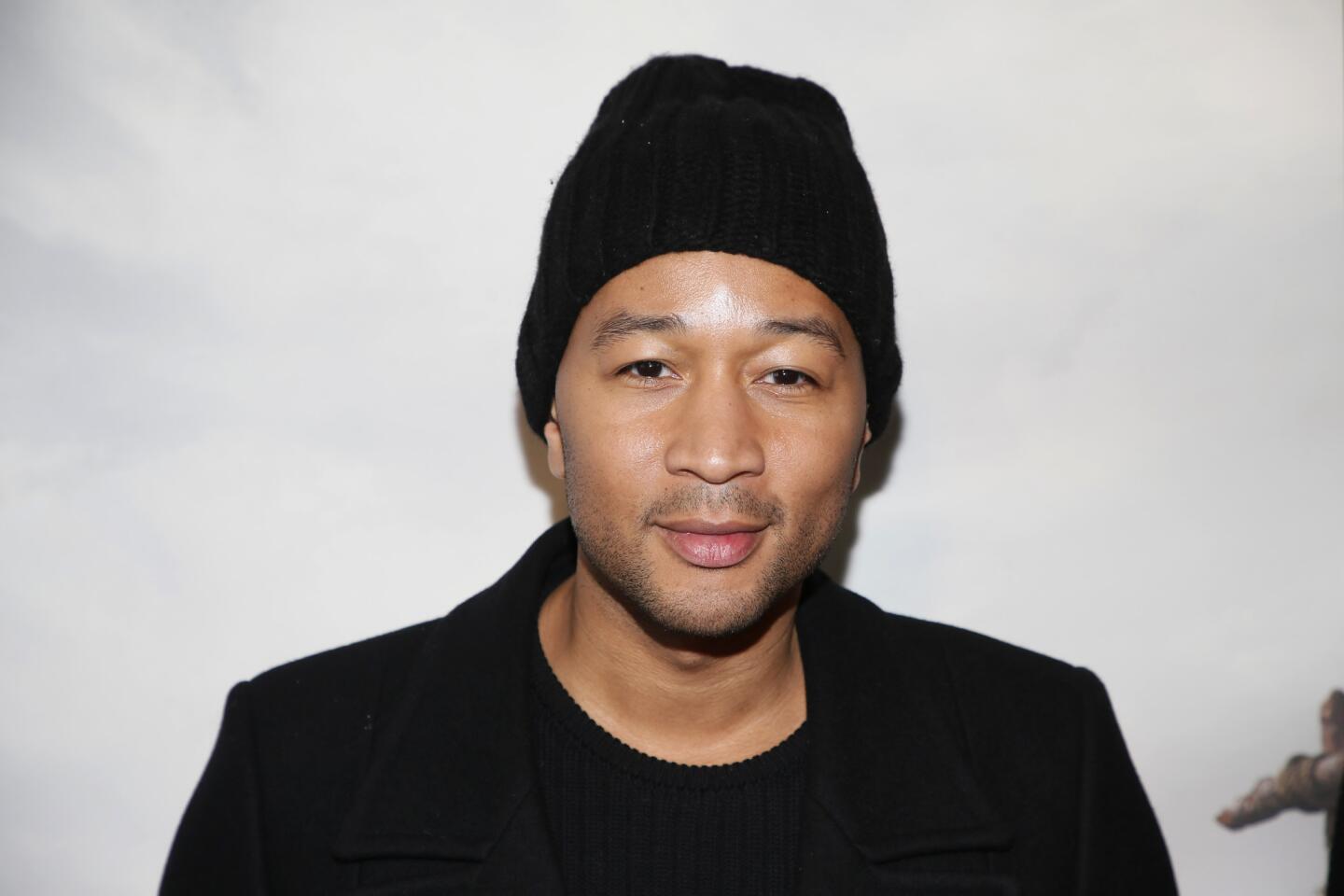
Executive producer John Legend poses at WGN America’s “Underground” Sundance red carpet screening.
(Danny Moloshok / Invision / Associated Press)
Actors Aldis Hodge, left, and Jurnee Smollett-Bell at WGN America’s “Underground” Sundance red carpet screening during the 2017 Sundance Film Festival.
(Danny Moloshok / Invision / Associated Press)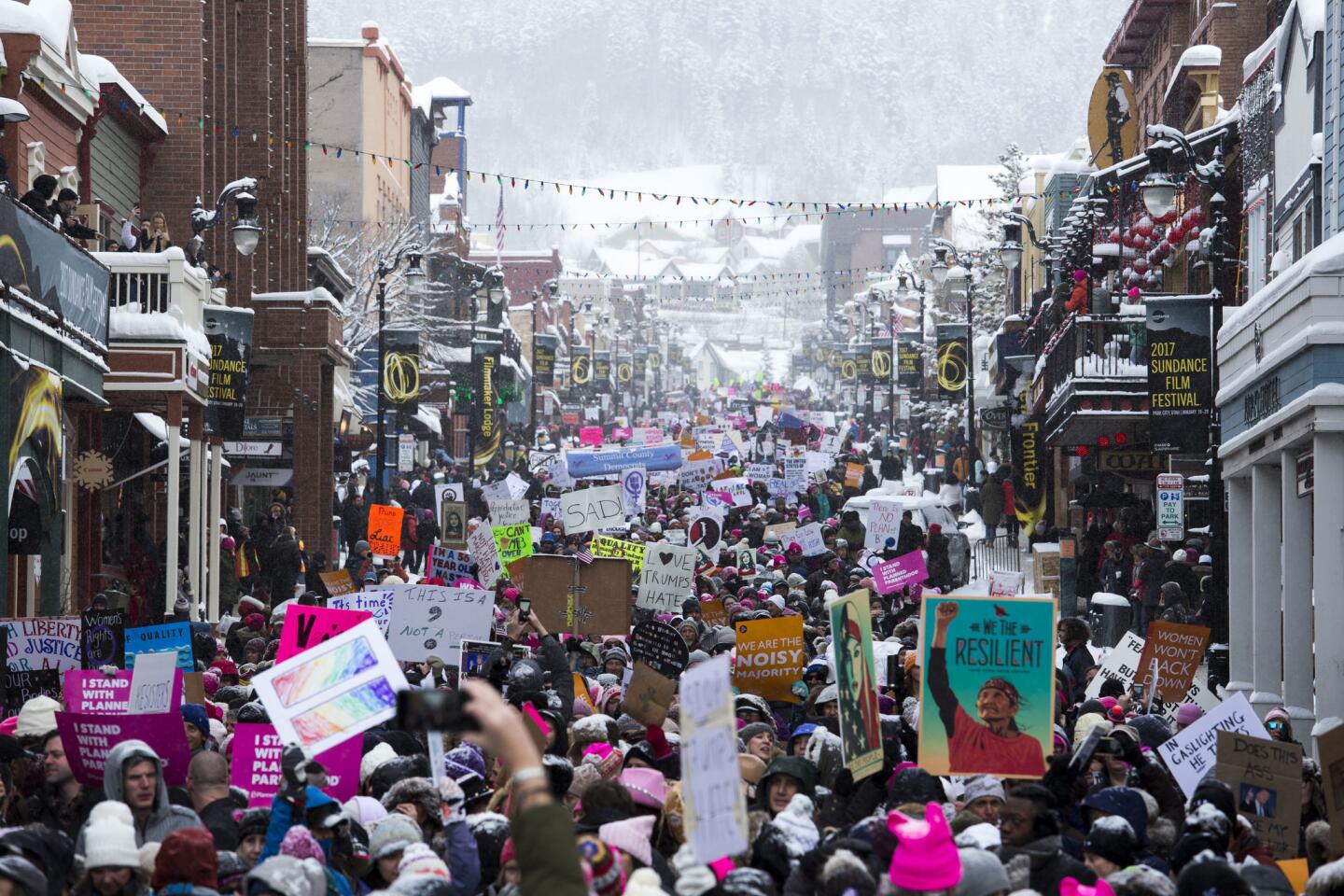
People march down Main Street during the March on Main event during the Sundance Film Festival.
(Kent Nishimura / Los Angeles Times)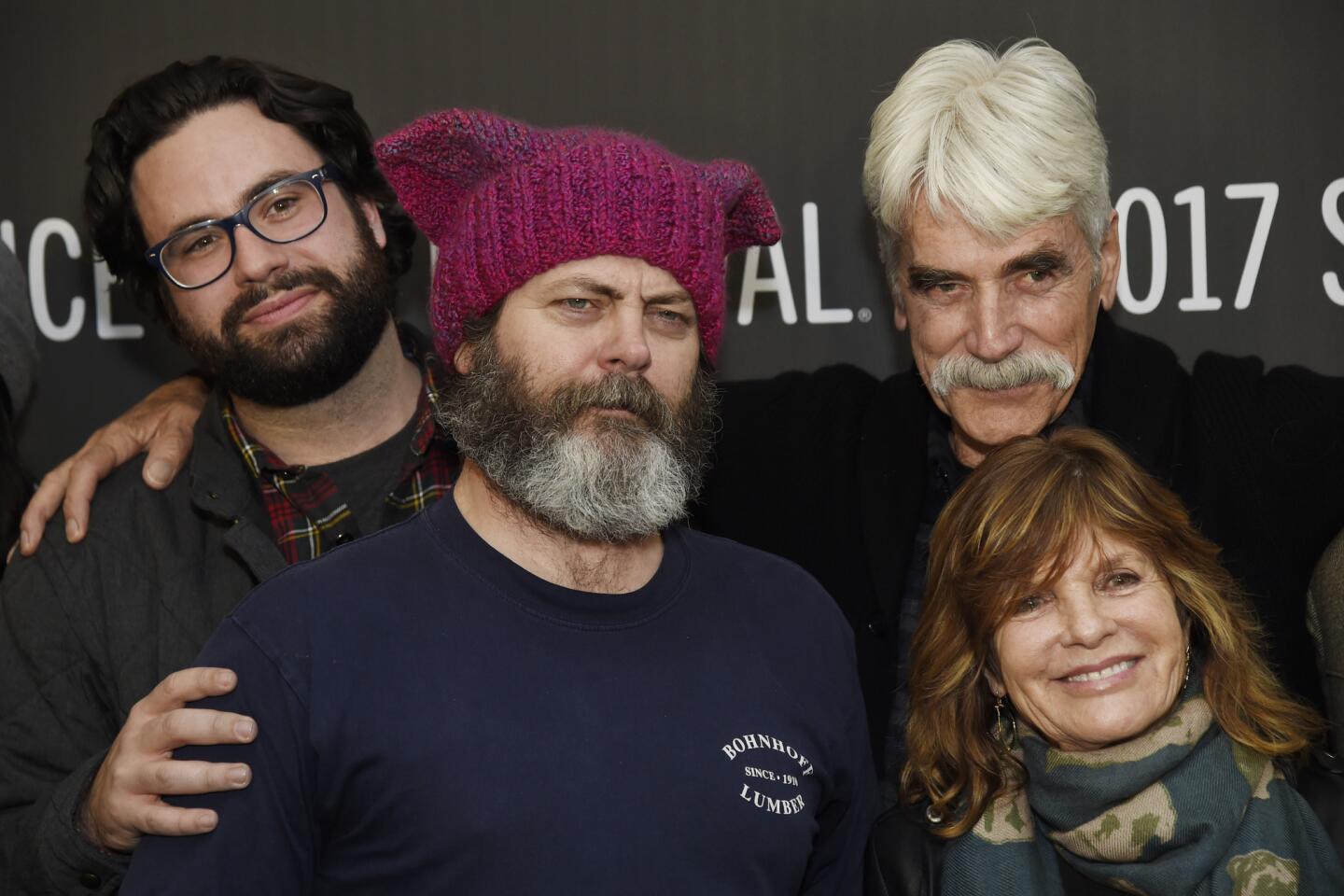
Brett Haley, left, director of “The Hero,” poses with cast members Nick Offerman, Sam Elliott and Katharine Ross at the premiere of the film at the Library Center Theatre.
(Chris Pizzello / Invision / Associated Press)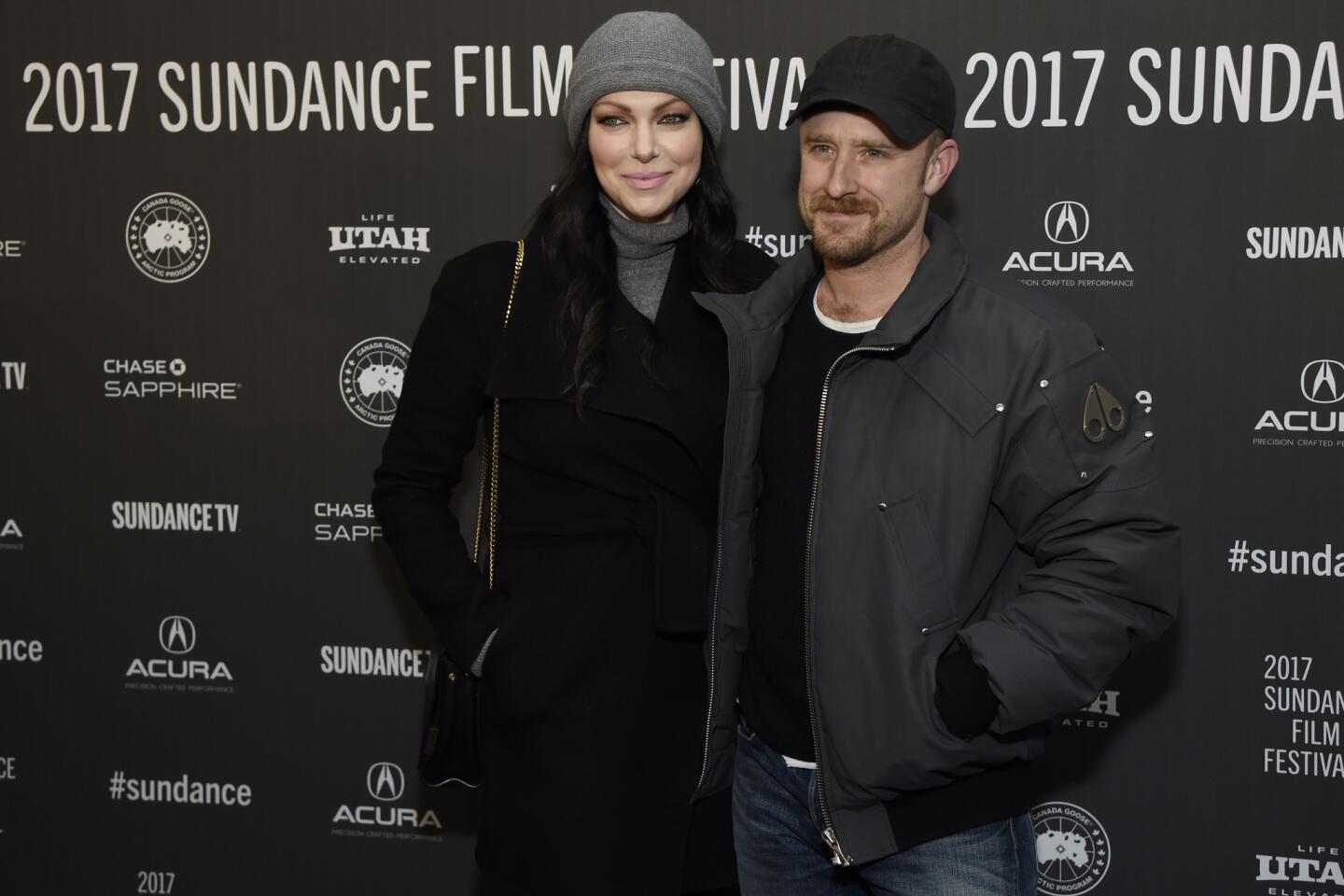
Laura Prepon, left, a cast member in “The Hero,” with her fiancé, actor Ben Foster, at the premiere of the film at the Library Center Theatre.
(Chris Pizzello / Invision / Associated Press)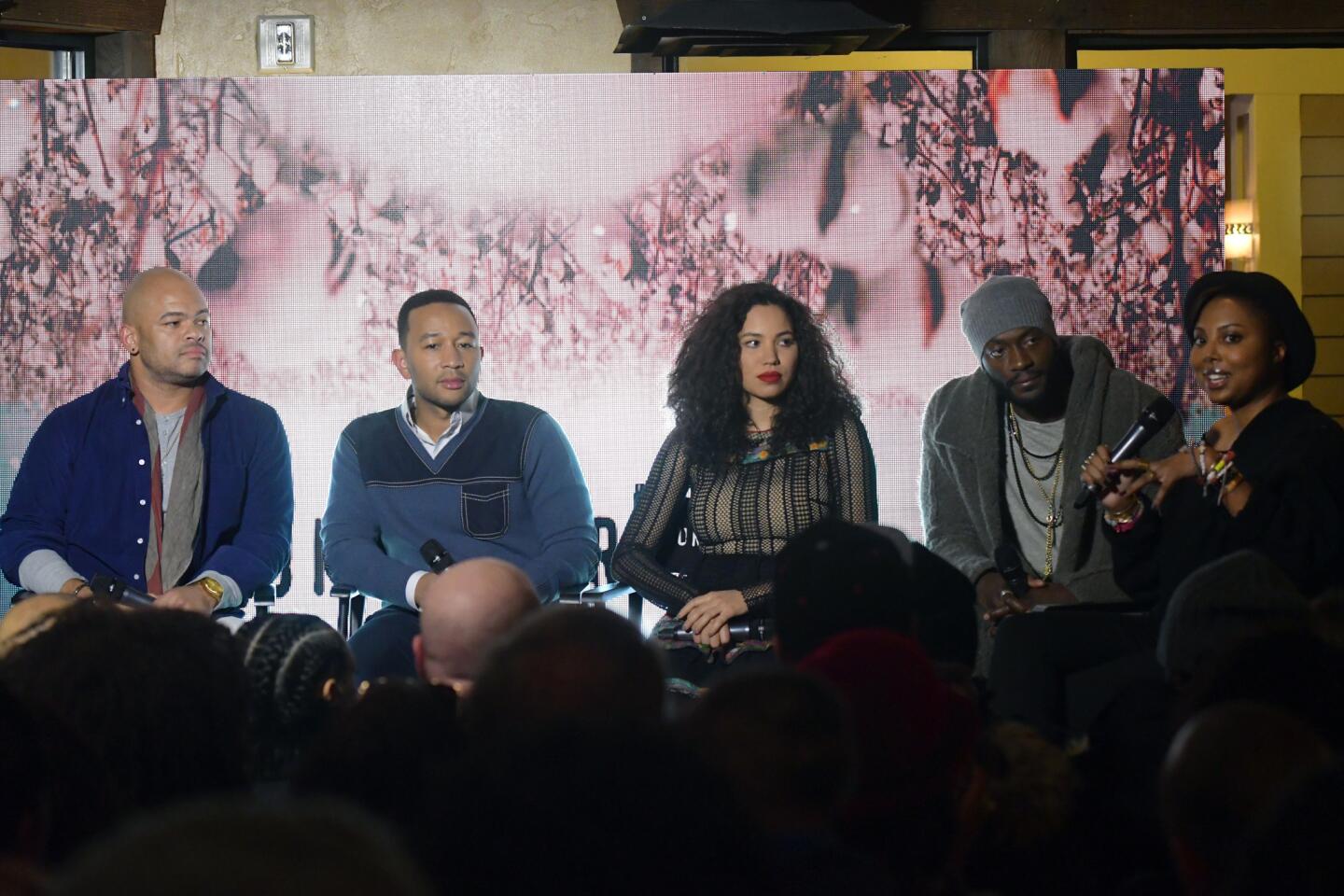
Director Anthony Hemingway, left, producer John Legend, actors Jurnee Smollett-Bell and Aldis Hodge, and writer Misha Green speak at WGN America’s “Underground” panel at the Blackhouse Foundation.
(Gustavo Caballero / Getty Images for WGN AMERICA)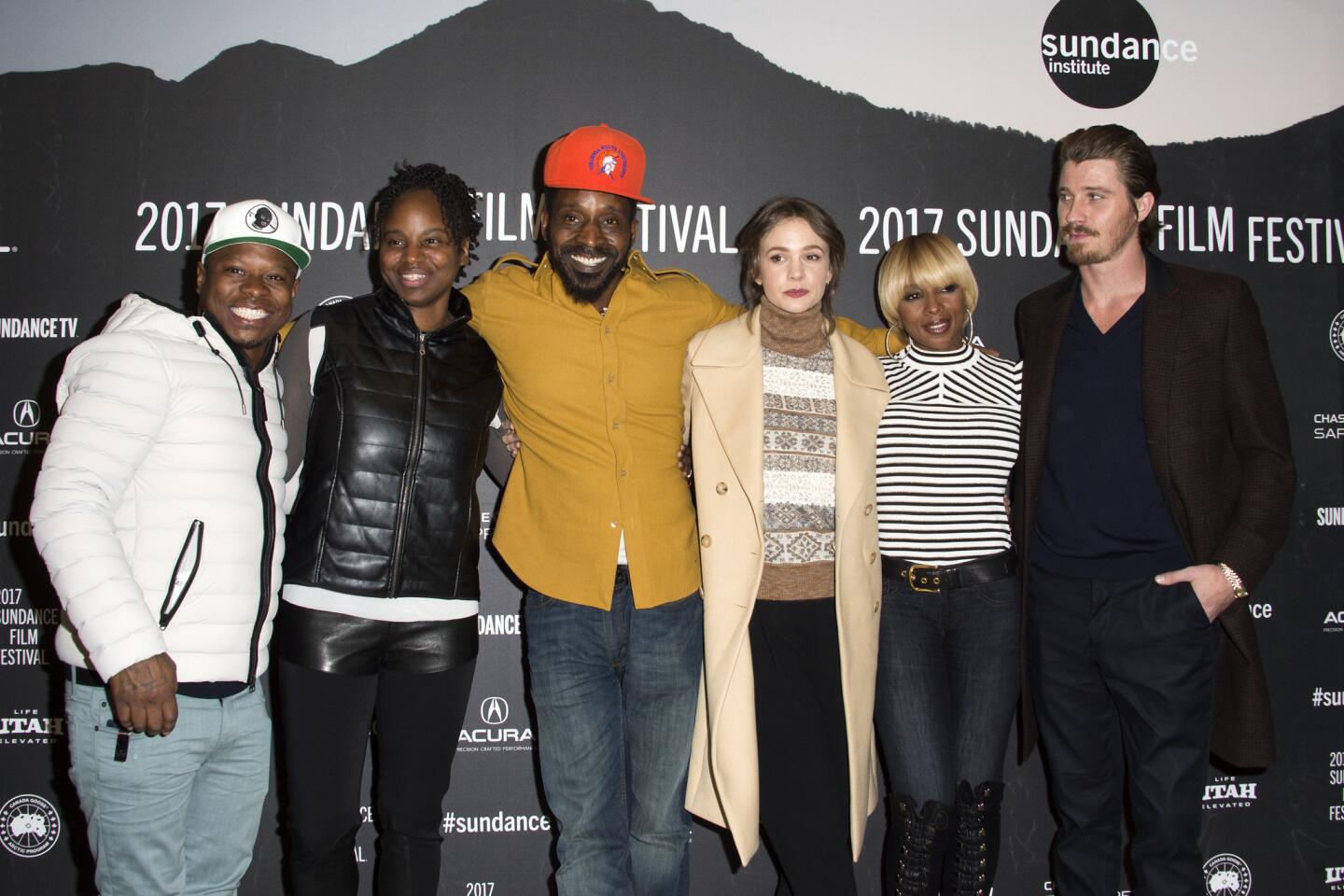
Jason Mitchell, left, Dee Rees, Rob Morgan, Carey Mulligan, Mary J. Blige and Garrett Hedlund attend the “Mudbound” premiere at Eccles Center Theatre.
(Valerie Macon / AFP/Getty Images)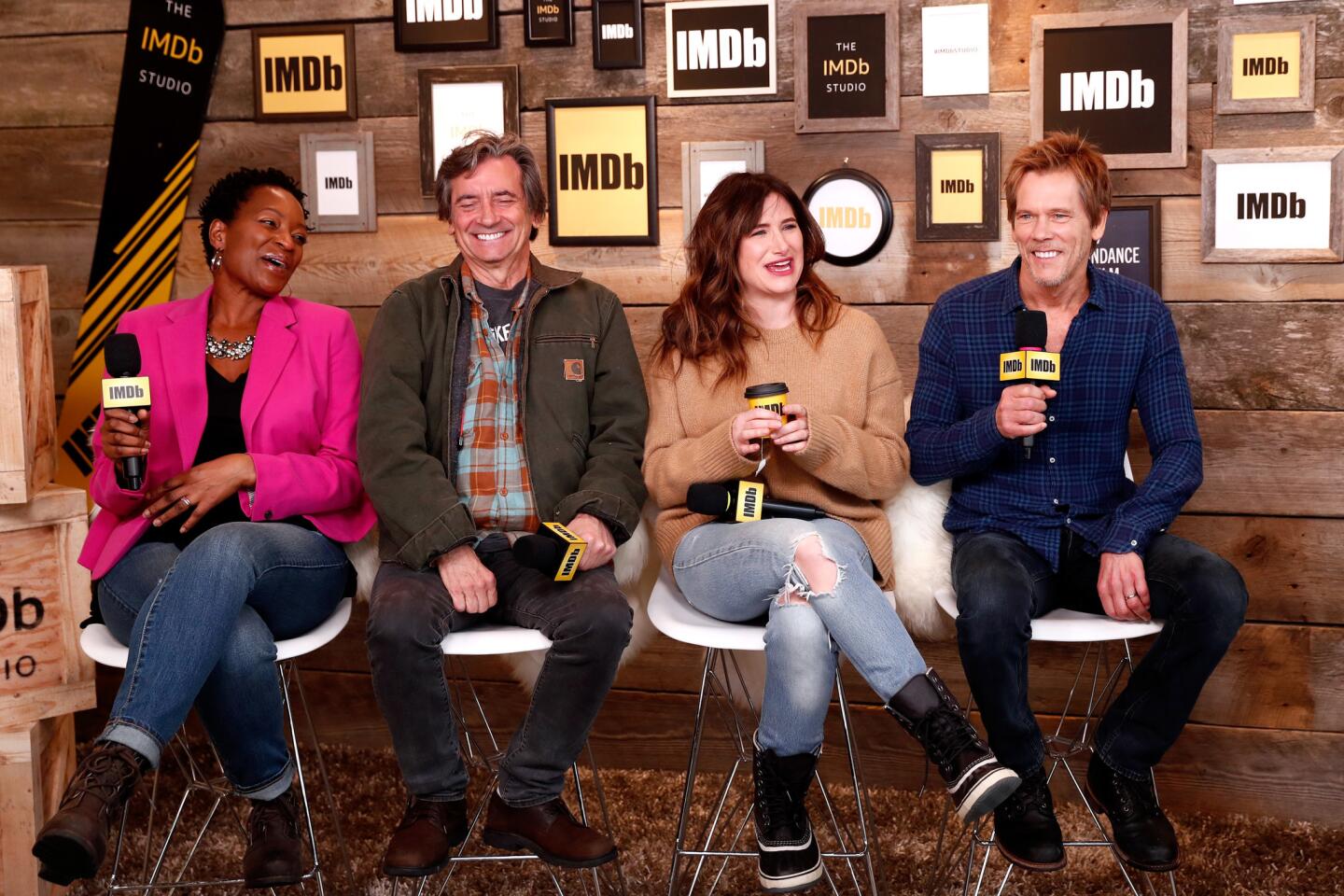
Actors Lily Mojekwu, left, Griffin Dunne, Kathryn Hahn and Kevin Bacon of “I Love Dick” attend The IMDb Studio featuring the Filmmaker Discovery Lounge.
(Rich Polk / Getty Images for IMDb)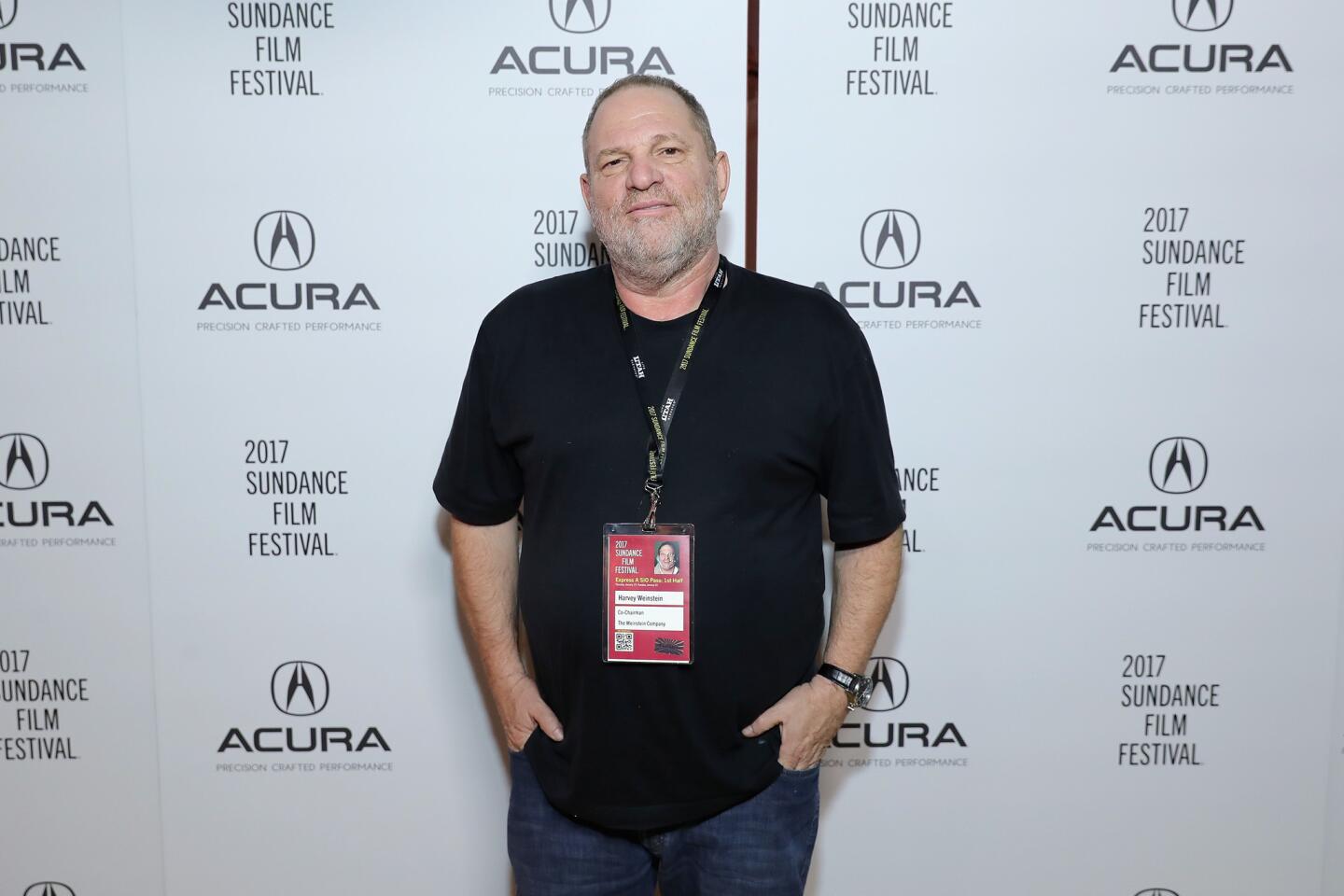
Harvey Weinstein attends the “Wind River” party at the Acura Studio at Sundance Film Festival.
(Neilson Barnard / Getty Images for Acura)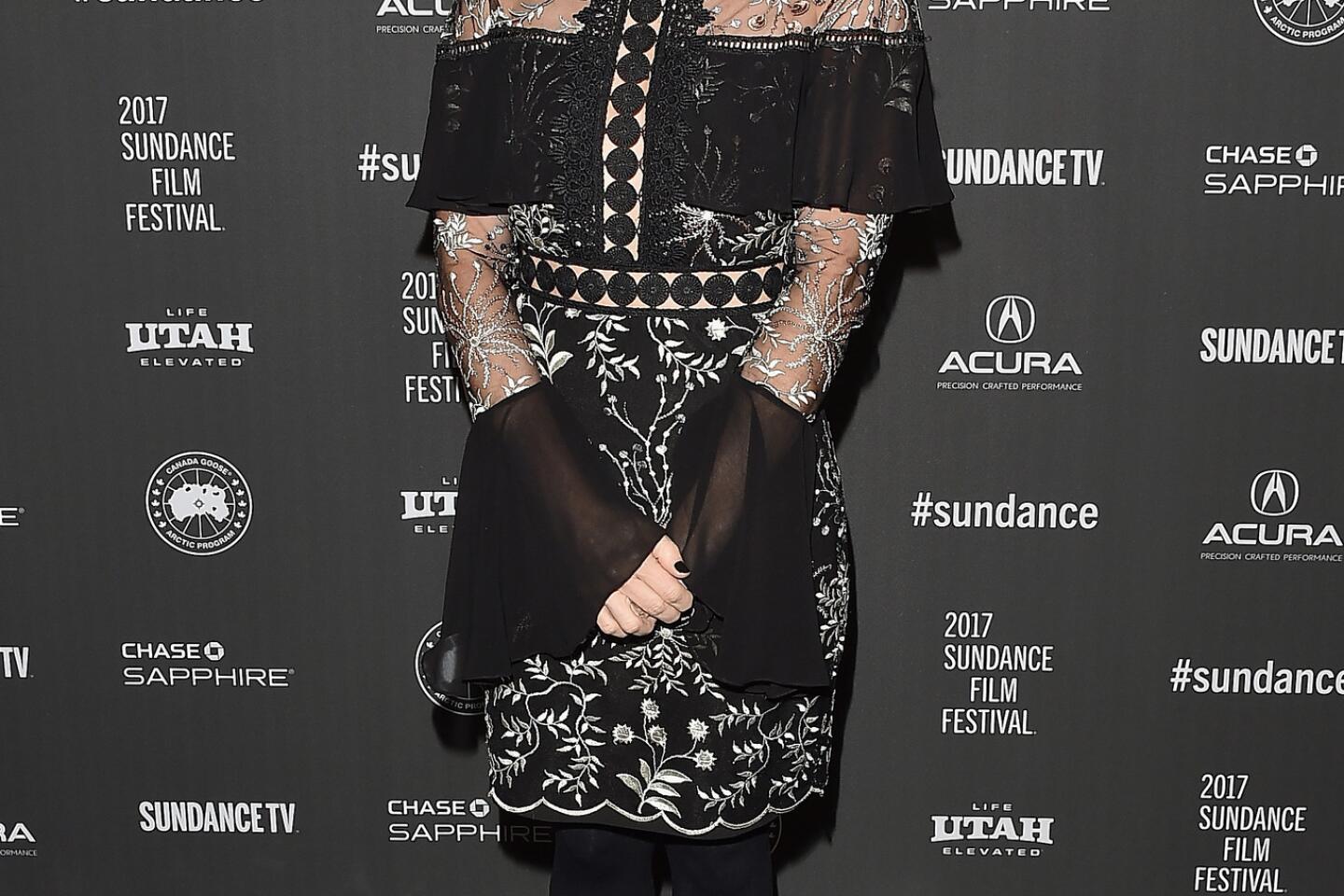
Actress Brittany Snow attends the “Bushwick” premiere.
(Alberto E. Rodriguez / Getty Images)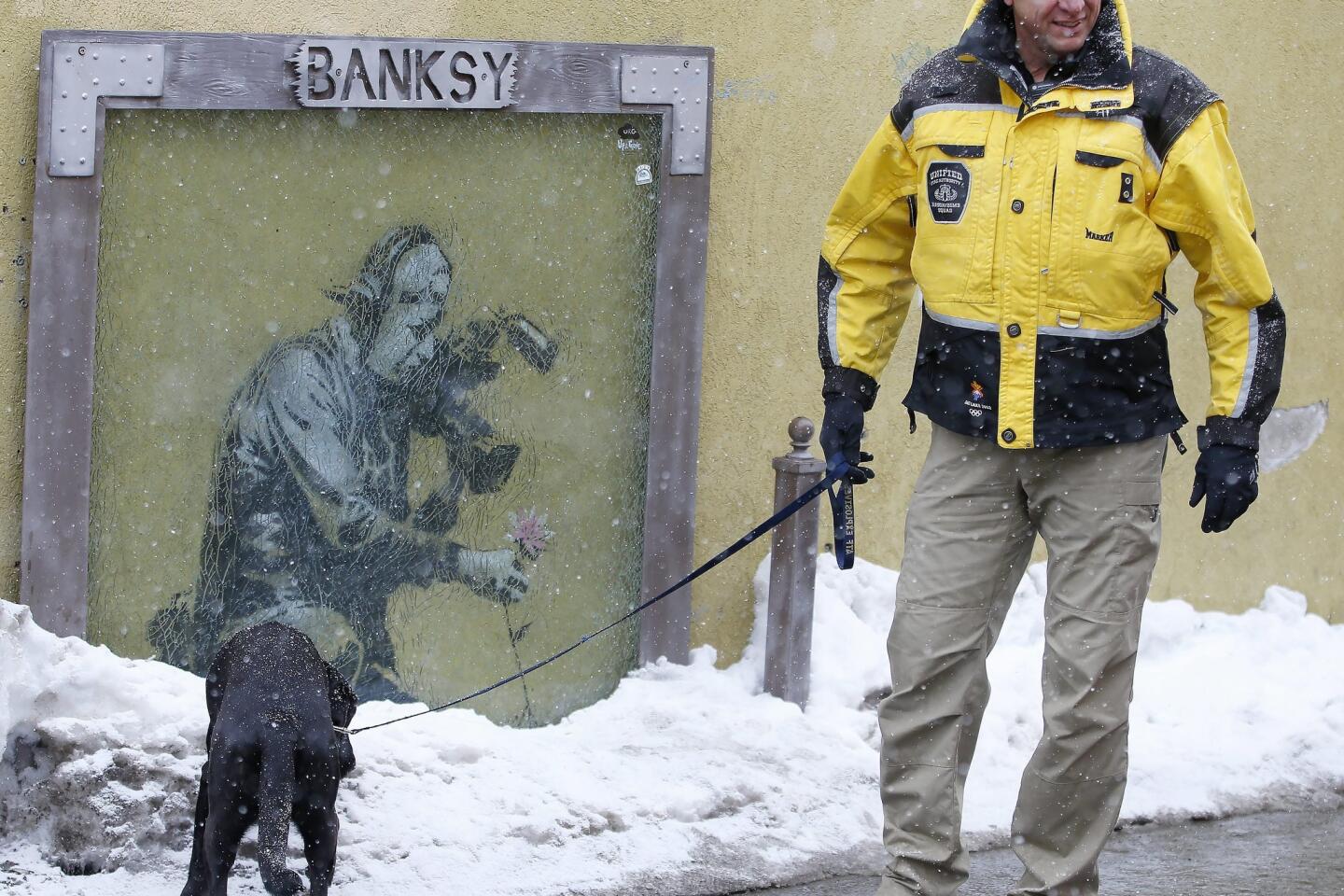
A policeman with a bomb sniffing dog checks out a snow pile next to a Banksy artwork along Old Main Street on the first day of the 2017 Sundance Film Festival in Park City, Utah.
(George Frey / EPA)
Omar Wasow, left, an assistant professor at Princeton in the department of politics, and director Jennifer Brea attend An Artist at the Table benefit during the 2017 Sundance Film Festival at DeJoria Center in Kamas, Utah.
(Nicholas Hunt / Getty Images for Sundance Film Festival)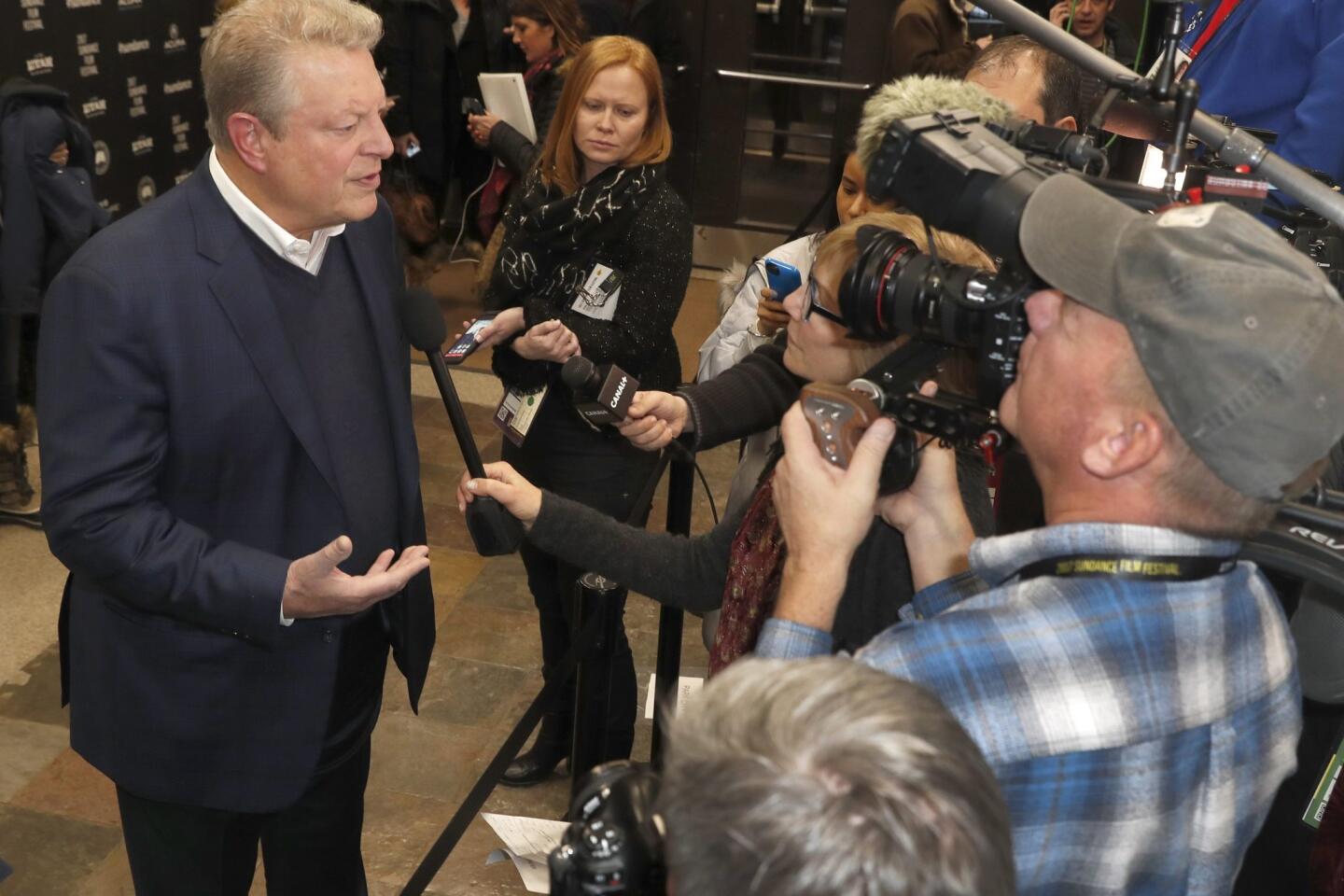
Former Vice President and cast member Al Gore speaks as he arrives for the premiere of “An Inconvenient Sequel: Truth to Power” at the 2017 Sundance Film Festival in Park City, Utah.
(George Frey / EPA)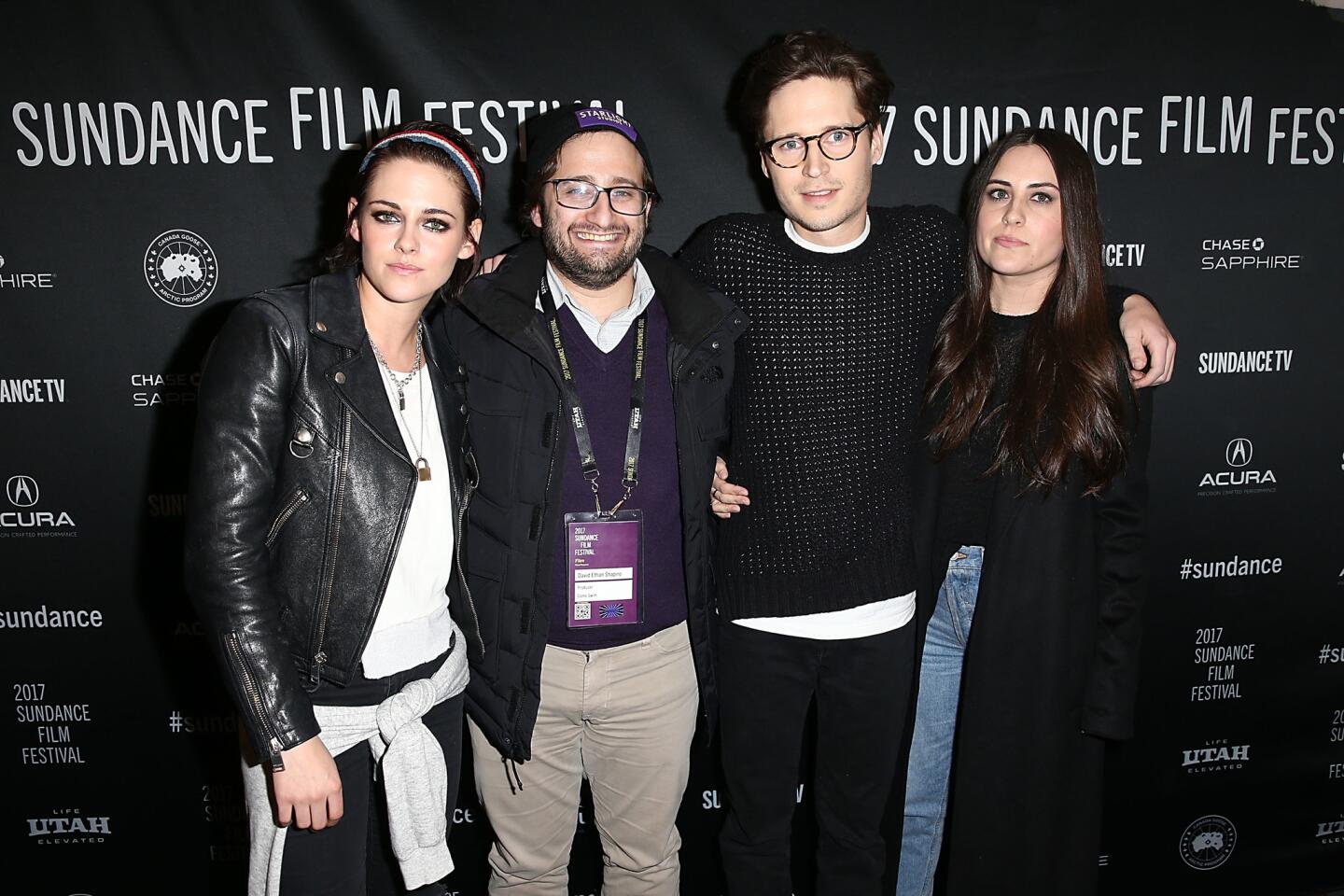
Kristen Stewart, left, David Shapiro, Josh Kaye and Sydney Lopez attend the world premiere of director Kristen Stewart’s “Come Swim” at Prospector Square Theatre.
(Joe Scarnici / Getty Images for Refinery29)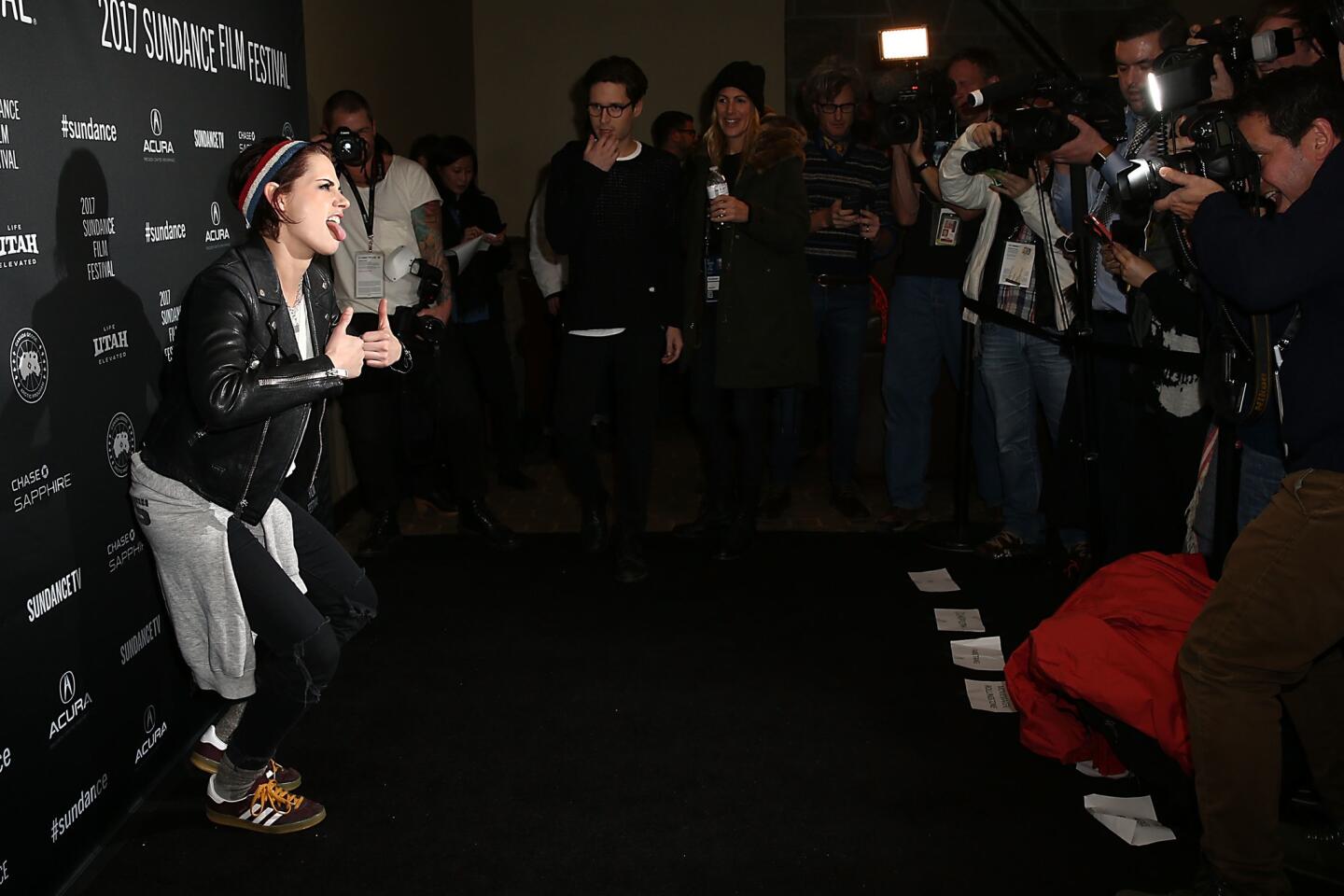
Kristen Stewart attends the world premiere of “Come Swim.”
(Joe Scarnici / Getty Images for Refinery29)
Actresses Molly Shannon, Alison Brie, Kate Micucci, and Aubrey Plaza attend “The Little Hours” premiere at Library Center Theater.
(Michael Loccisano / Getty Images for Sundance Film Festival)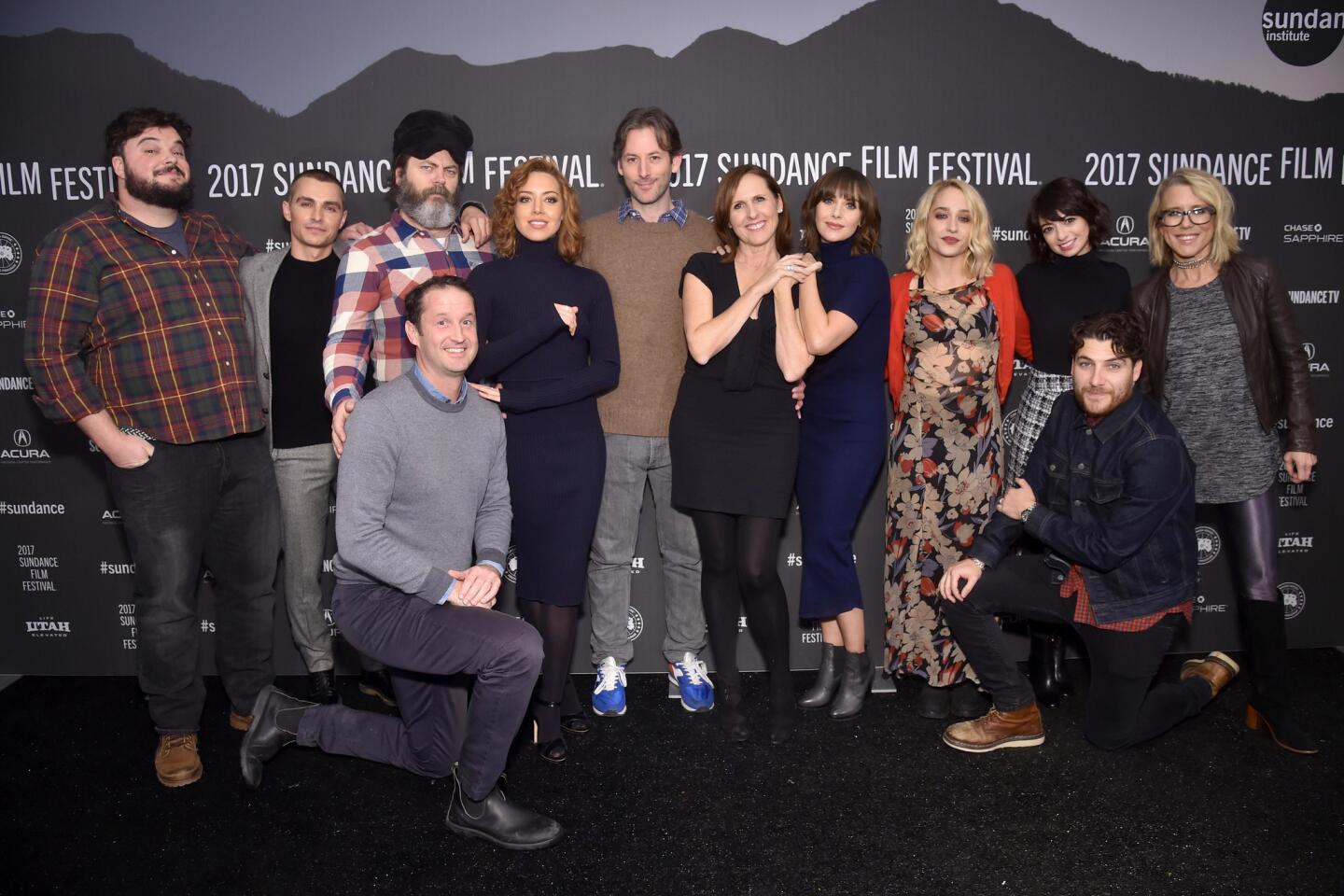
Jon Gabrus, Dave Franco, Nick Offerman, Trevor Groth, Aubrey Plaza, Jeff Baena, Molly Shannon, Alison Brie, Jemima Kirke, Kate Micucci, Adam Pally and Lauren Weedman, from left, attend “The Little Hours” premiere.
(Michael Loccisano / Getty Images for Sundance Film Festival)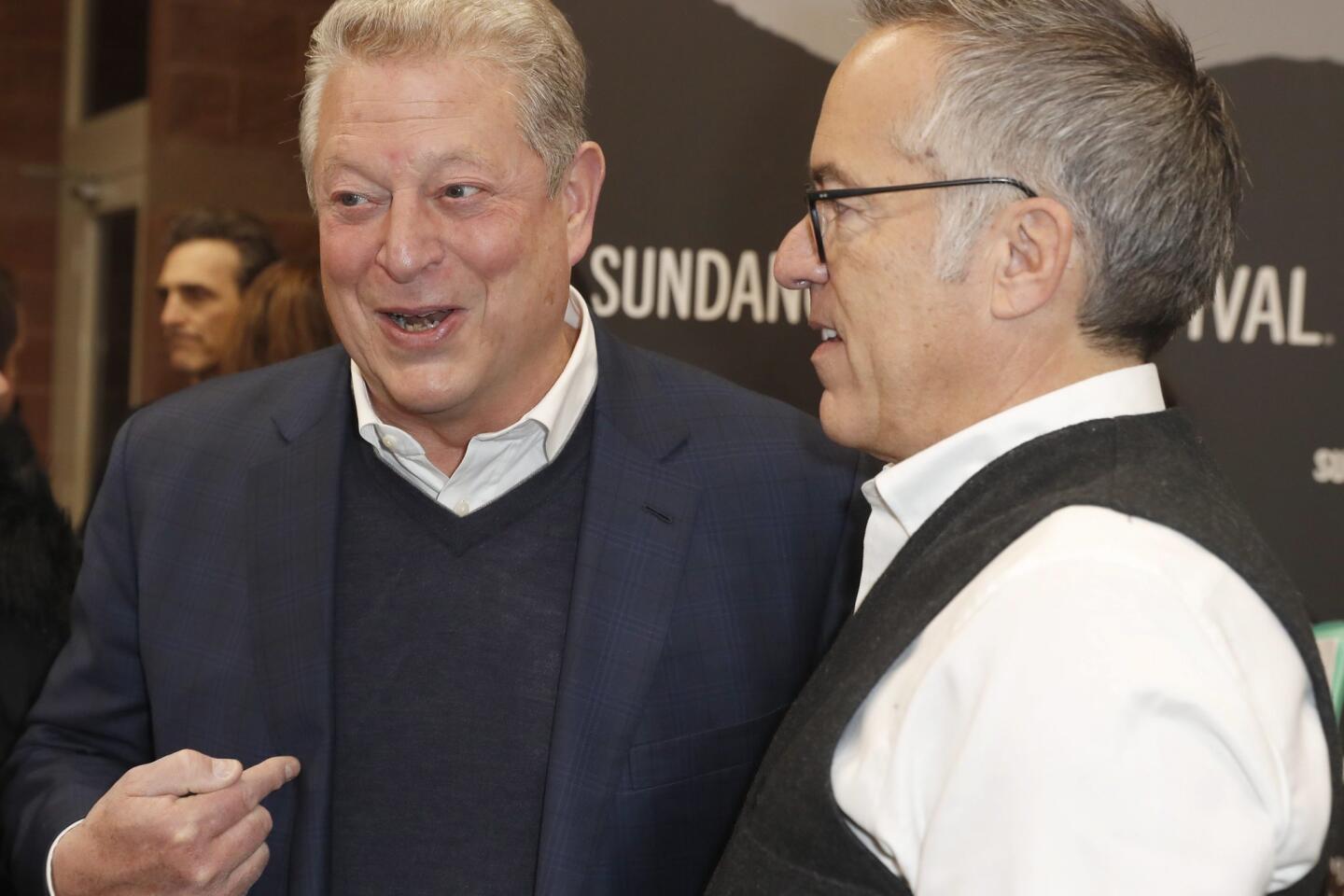
Former Vice President and cast member Al Gore, left, and Director of the Sundance Film Festival John Cooper arrive for the premiere of “An Inconvenient Sequel: Truth to Power.”
(George Frey / EPA)
Actors Nick Offerman, left, Molly Shannon, and Dave Franco attend “The Little Hours” premiere.
(Michael Loccisano / Getty Images for Sundance Film Festival)
Executive director of the Sundance Institute Keri Putnman, left, founder and president of the Sundance Film Festival Robert Redford and director of the Sundance Film Festival John Cooper talk to the media to open the 2017 Sundance Film Festival in Park City, Utah.
(George Frey / EPA)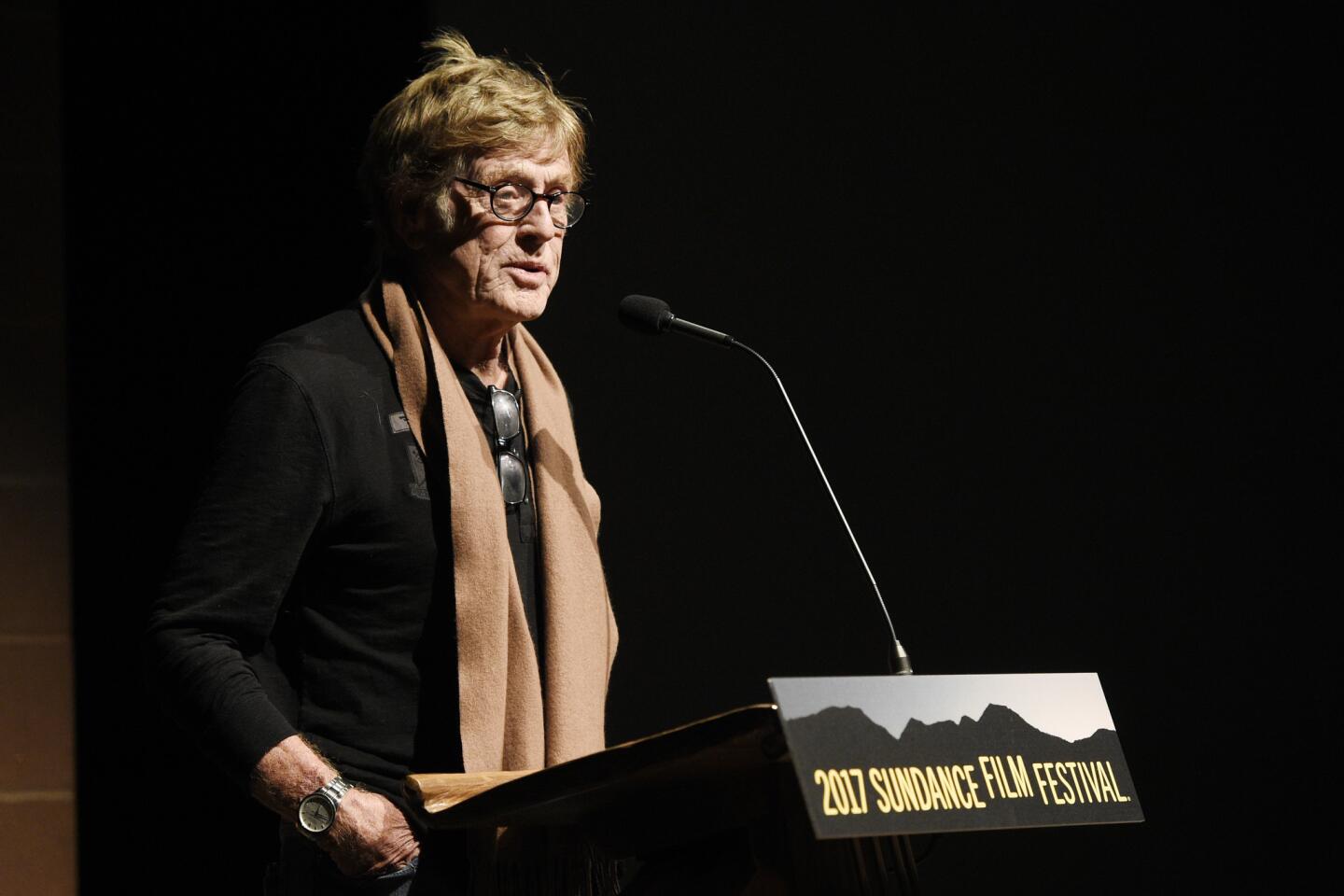
Robert Redford, founder of the Sundance Institute, addresses the audience at the opening night premiere of the film “An Inconvenient Sequel: Truth to Power,” at the Eccles Theater.
(Chris Pizzello / Invision / Associated Press)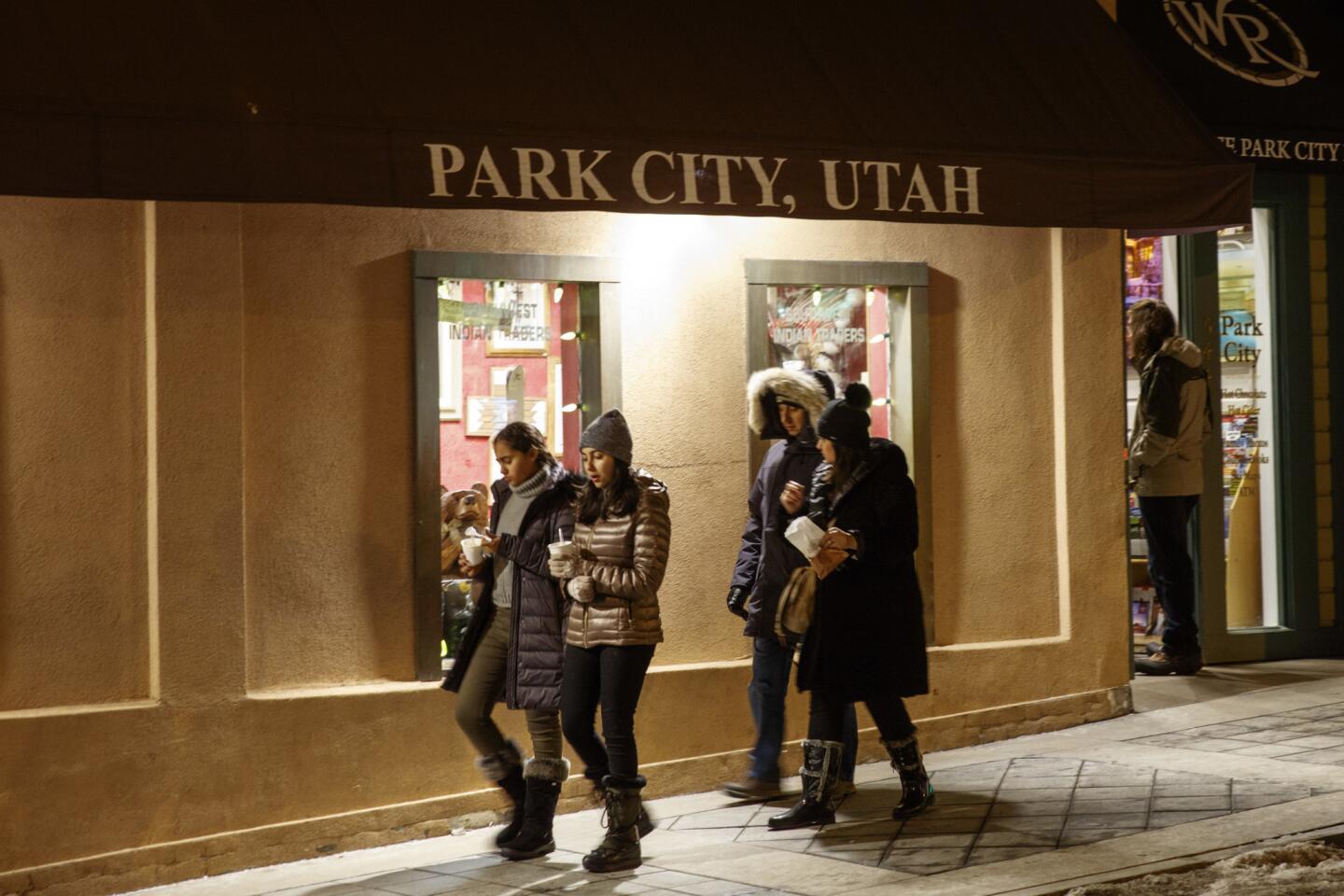
People are bundled up as temperatures dropped below 20 degrees along Main Street in Park City, Utah, as the start of the Sundance Film Festival approached.
(Jay L. Clendenin / Los Angeles Times)
A trolley rolls up Main Street in Park City, Utah, as the Sundance Film Festival approached.
(Jay L. Clendenin / Los Angeles Times)
The Egyptian Theatre on Main Street, one of the major venues for the Sundance Film Festival, is lit up a few nights before the festival’s opening in Park City, Utah.
(Jay L. Clendenin / Los Angeles Times)“ ‘Streetlights’ is in many ways the story of television in the past few years,” said Chad Hamilton, the manager-producer at Anonymous who is spearheading the project for the company. “It’s something that ‘it doesn’t work, but television is hungry for great content.’”
A year ago this month, the gamble appeared to pay off. Hulu announced a pilot deal, with what was essentially a flashing green light; the streaming service was, like many of its rivals, bypassing the pilot process and going straight to series. “It seemed like we had done it,” Hamilton said.
That perception was inaccurate. Hulu, for reasons that remain unclear, decided to put on the brakes. A few months ago Hulu passed on the pilot and sent Anonymous, Morgen, Hutton & O’Keefe — the world’s most creative law firm — back to the drawing board. Other networks weren’t biting. So Morgen, a Park City veteran, and the others had an idea: What about trying to juice interest with a spirited Sundance screening? The dice were rolled.
Part of why it ended up at this festival has to do with Sundance’s interest in increasing its television offerings in recent years. That ambition reaches a high-water mark at this year’s Sundance, as cable docuseries such as CNN’s “The History of Comedy” and Spike TV’s “Time: The Kalief Browder Story” will debut, along with socially conscious fictional series such as Fox’s “Shots Fired.”
But those are well-established projects with imminent release dates simply looking for a marketing boost. “Streelights” is part of the nascent — and still uncertain — indie-TV world. On Friday the piece will be shown with just two other projects in what Sundance terms the “Independent Pilot Showcase” — essentially, an attempt to use the enthusiasm of a festival screening to leverage a distribution offer.
And even among that small group (the other two are titled “Playdates” and, well, a name that can’t be printed here), “Streetlights” stands out given the bona fides of its backers. Will that make it more likely to be sold? Or make it stick out like a sore thumb even further?
“I’d be lying if I said I knew what to expect,” Hamilton said.
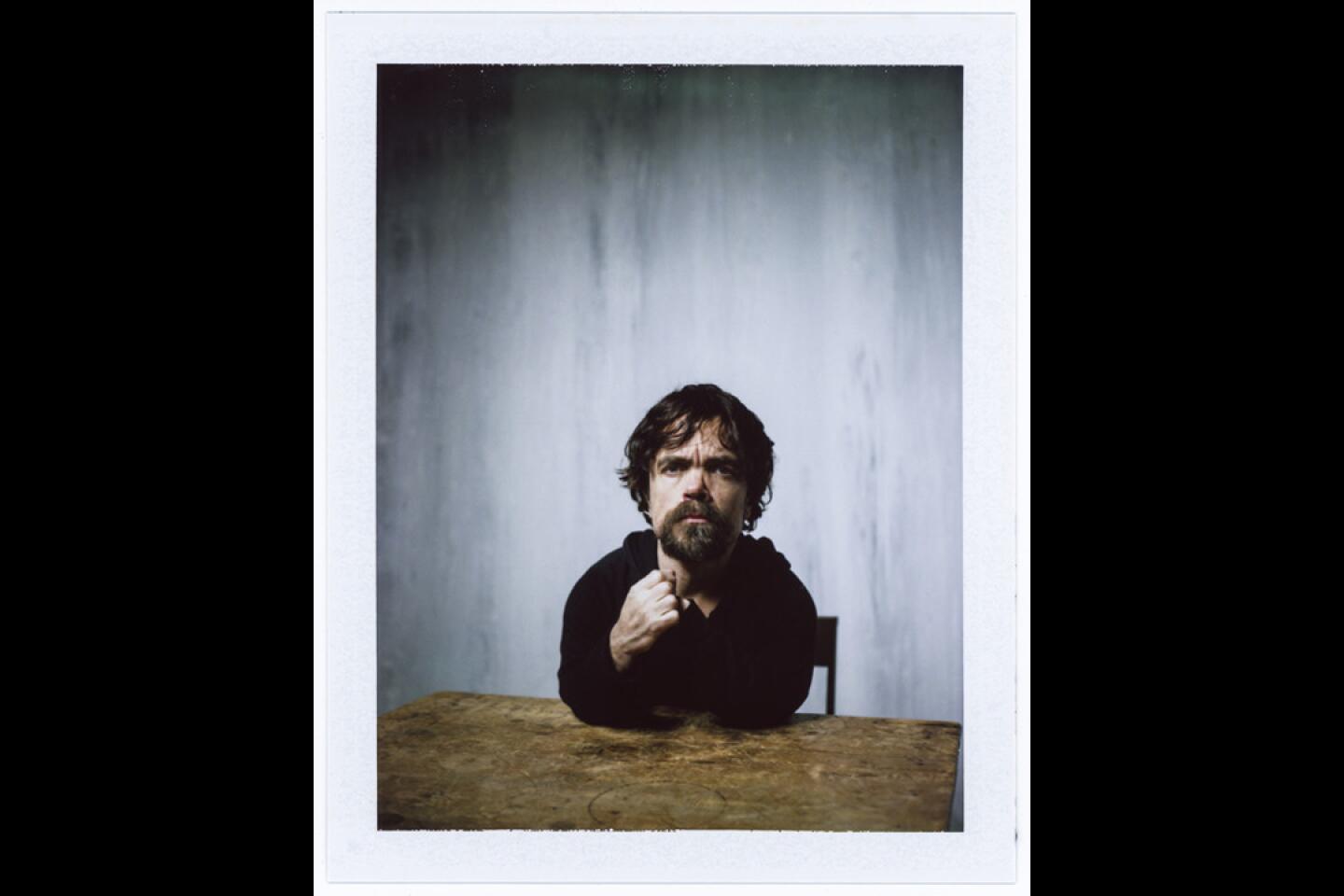
Actor Peter Dinklage of the film “Rememory.”
(Jay L. Clendenin / Los Angeles Times)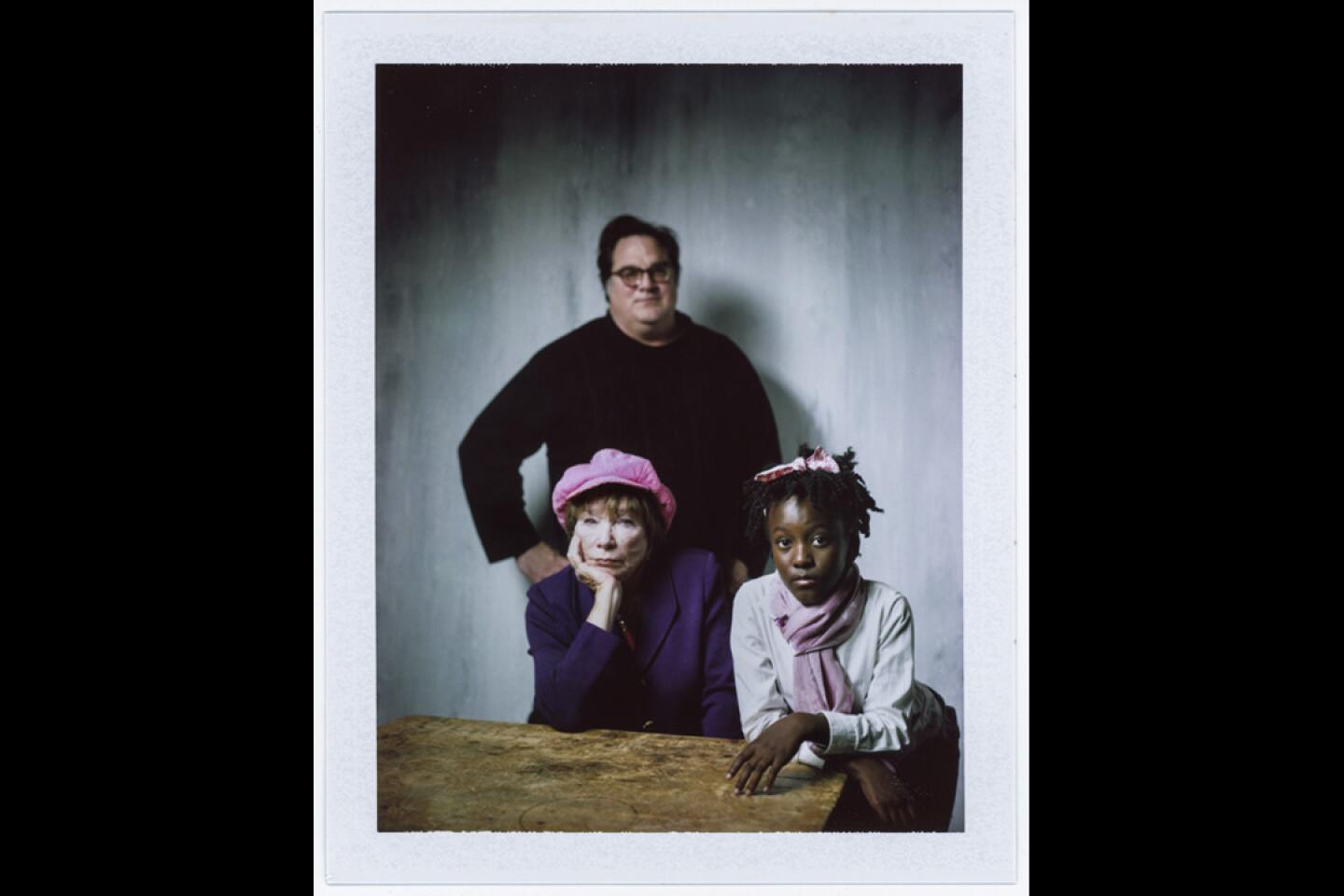
Actress Shirley MacLaine, director Mark Pellington and actress Ann’Jewel Lee Dixon of the film “The Last Word.”
(Jay L. Clendenin / Los Angeles Times)
Actor Harris Dickinson of the film “Beach Rats.”
(Jay L. Clendenin / Los Angeles Times)
Actress Anne Heche of the film “The Last Word.”
(Jay L. Clendenin / Los Angeles Times)
Actress Adriyan Rae of the film “Burning Sands.”
(Jay L. Clendenin / Los Angeles Times)
Actress Shiri Appelby of the film “Lemon.”
(Jay L. Clendenin / Los Angeles Times)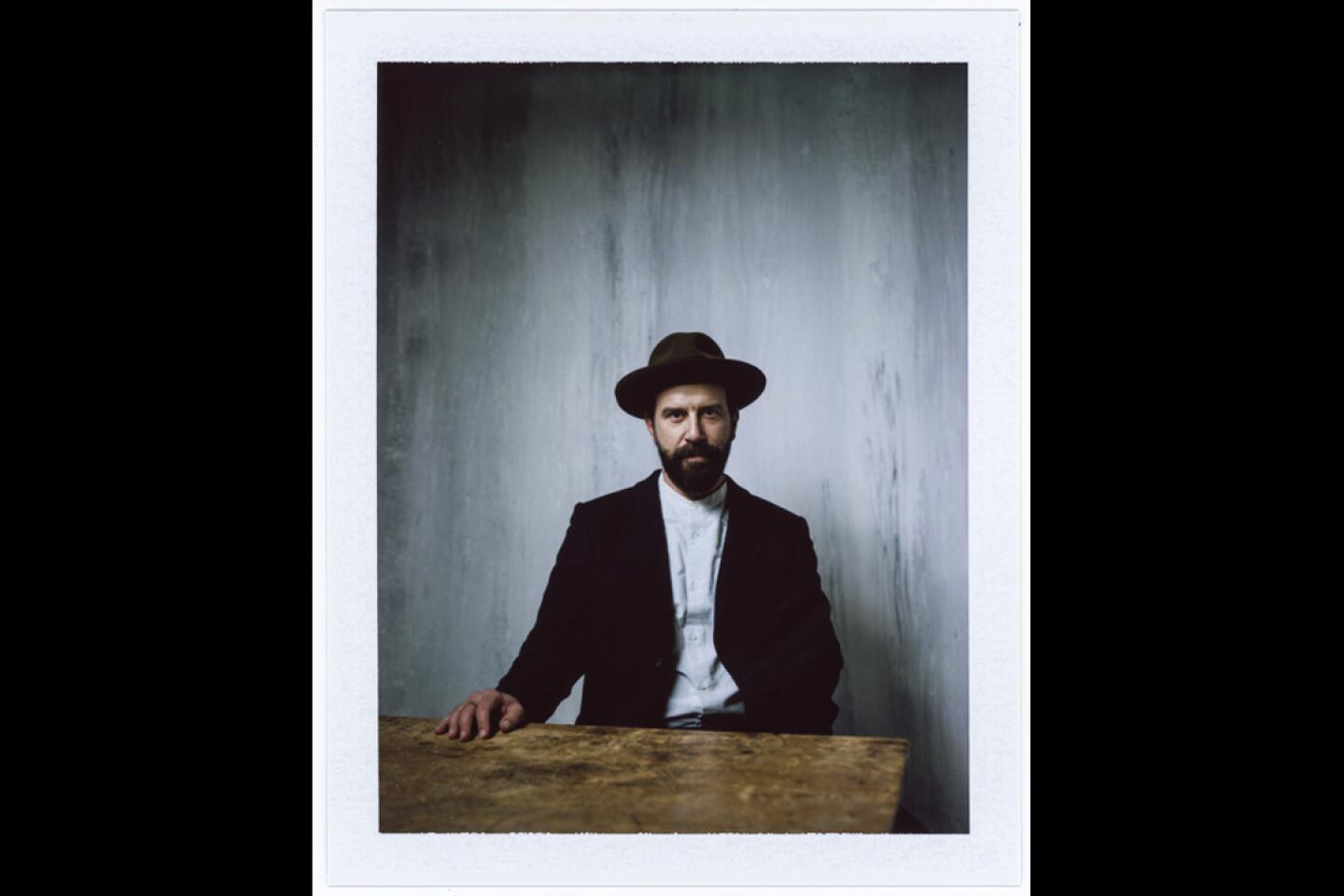
Actor Brett Gelman of the film “Lemon.”
(Jay L. Clendenin / Los Angeles Times)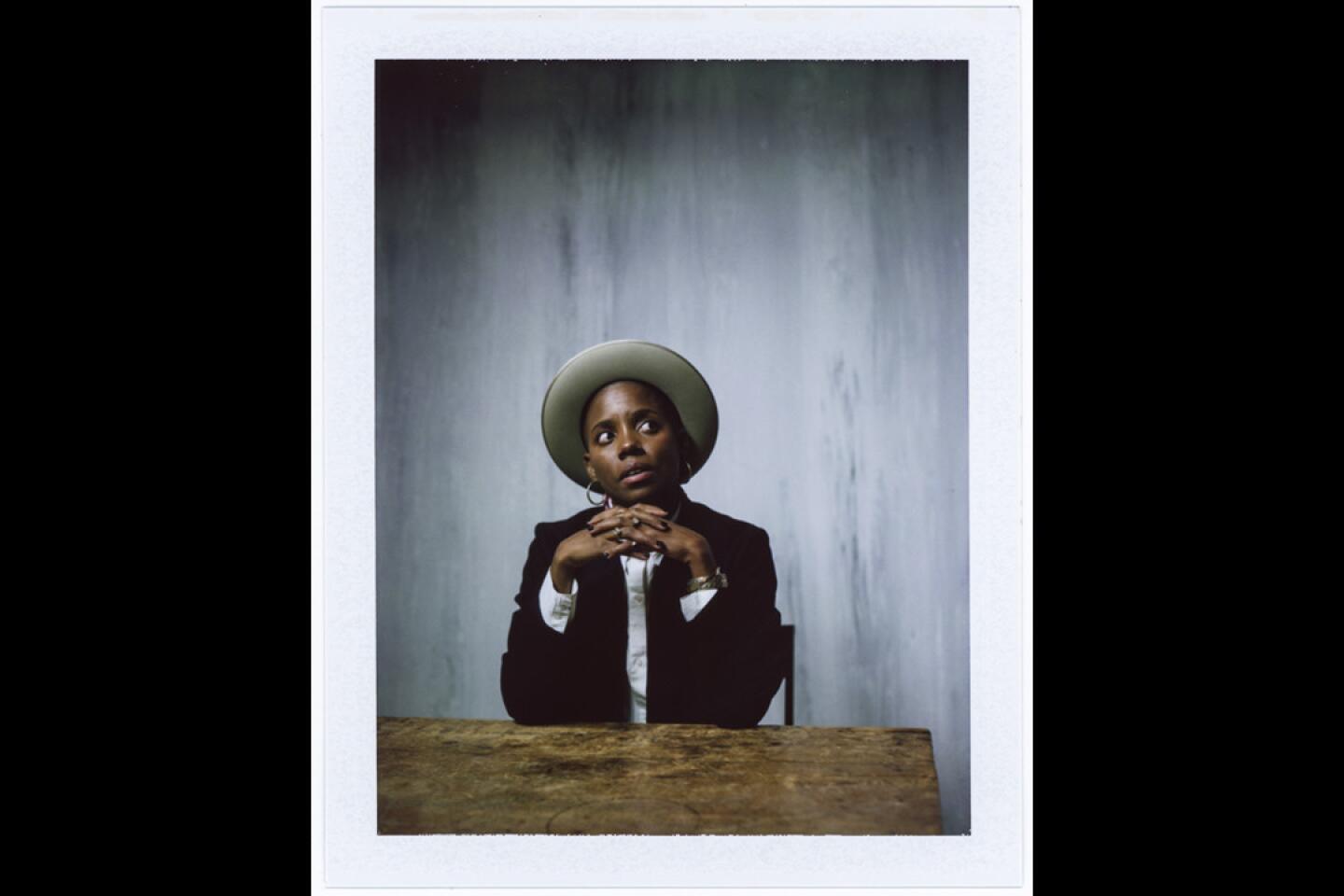
Director Janicza Bravo of the film “Lemon.”
(Jay L. Clendenin / Los Angeles Times)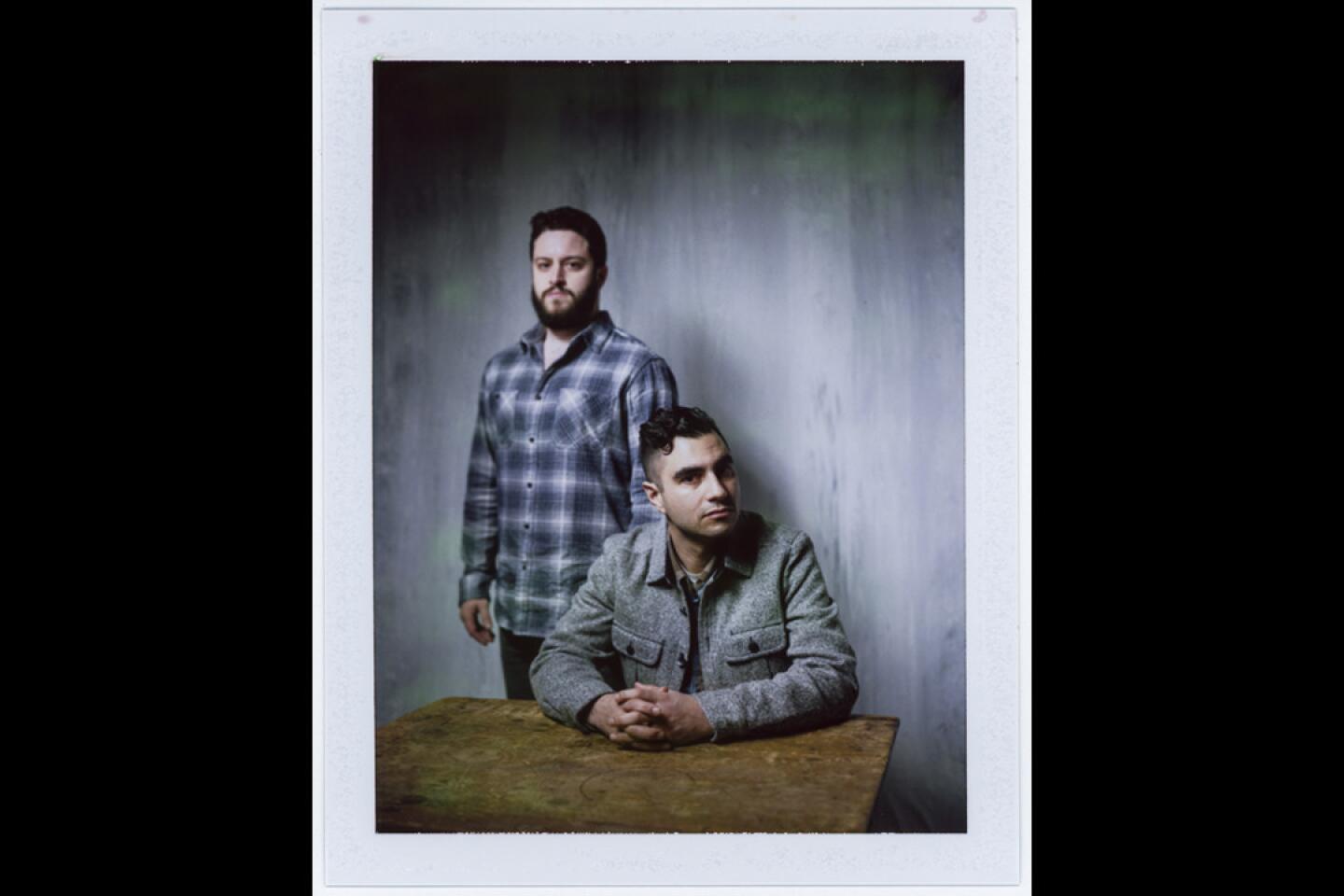
Director Adam Bhala Lough, seated, and subject Cody Wilson of the film “The New Radical.”
(Jay L. Clendenin / Los Angeles Times)
Actress Isabella Amara of the film “Wilson.”
(Jay L. Clendenin / Los Angeles Times)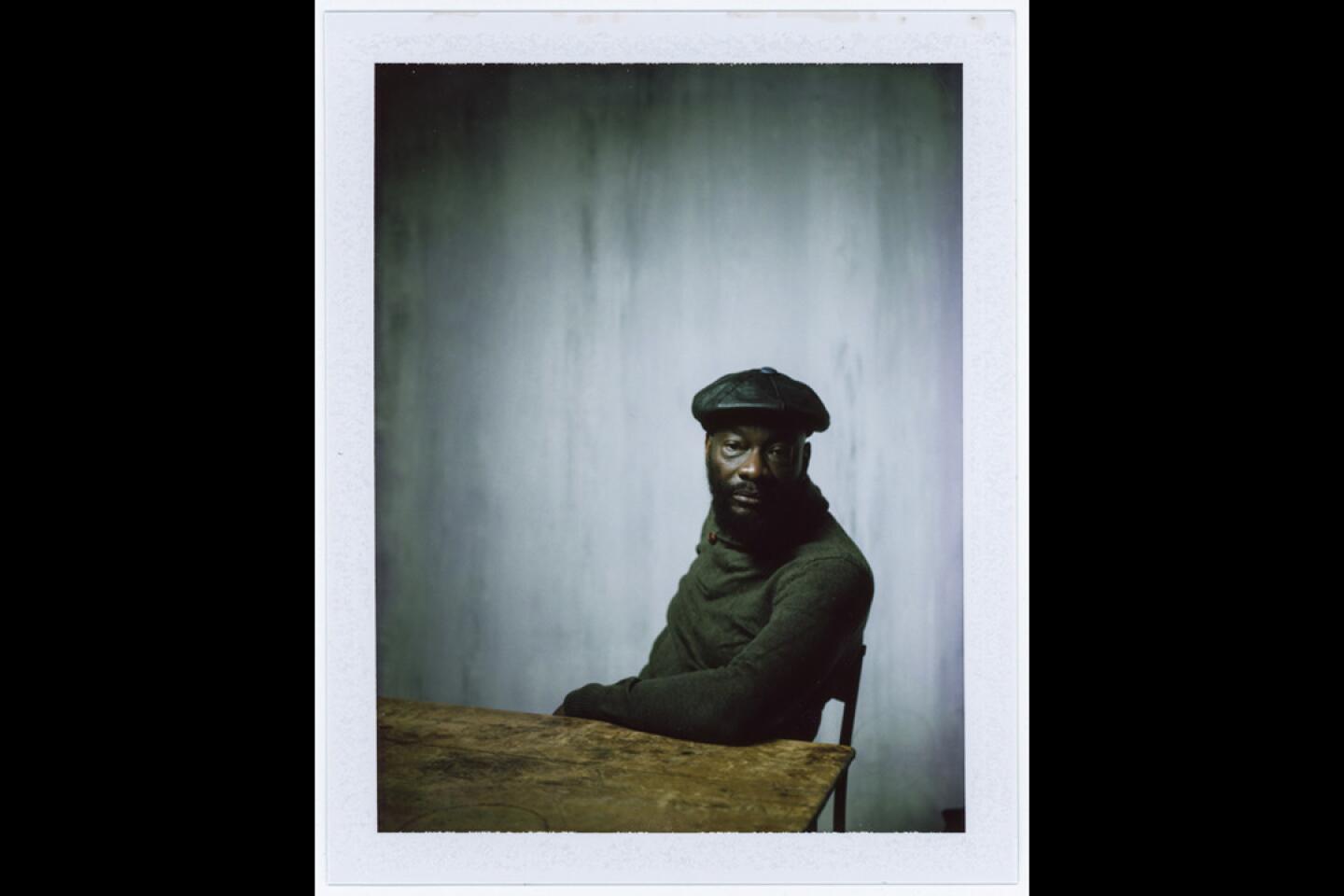
Andrew Dosunmu, director of the film “Where Is Kyra?”
(Jay L. Clendenin / Los Angeles Times)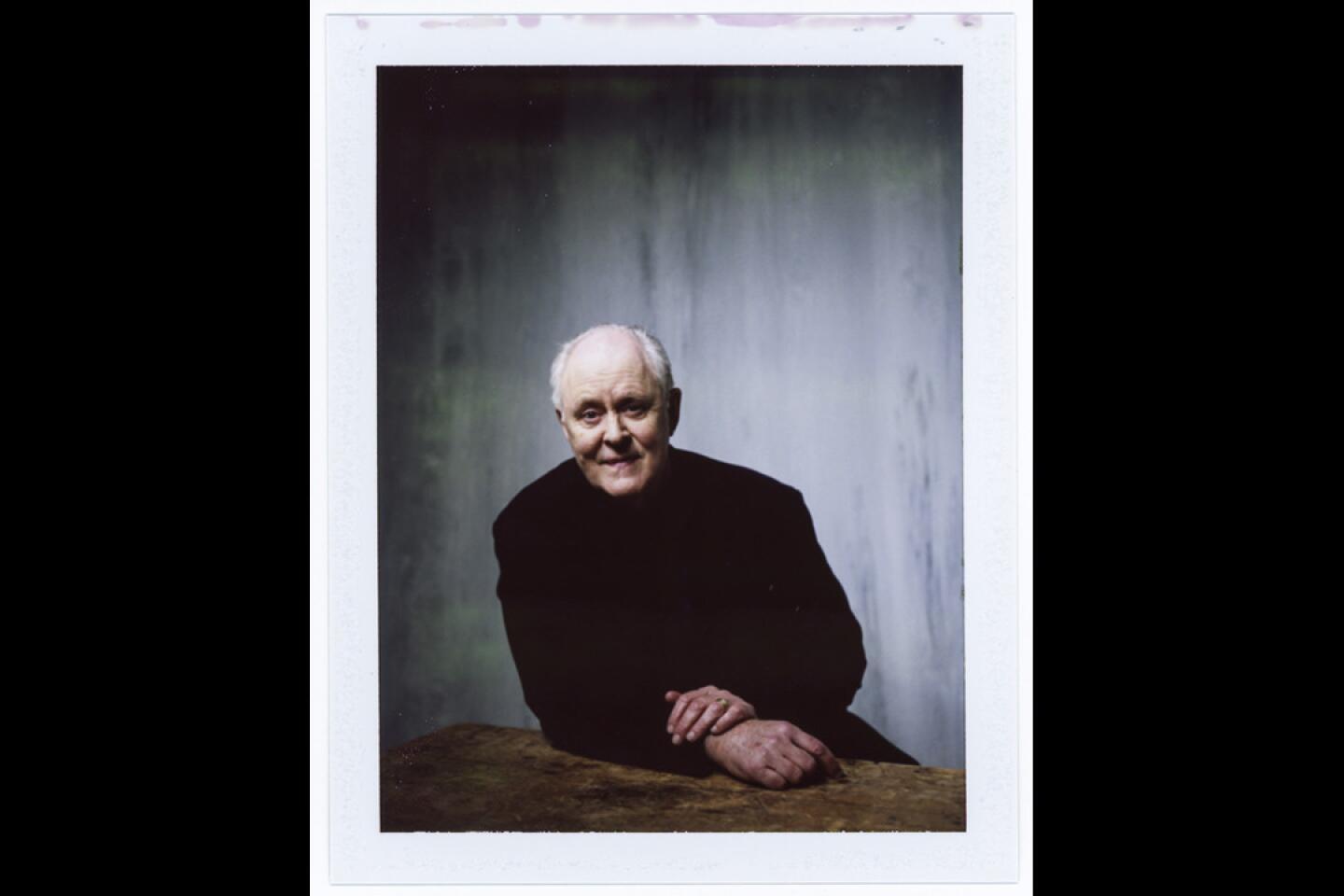
Actor John Lithgow of the film “Beatriz at Dinner.”
(Jay L. Clendenin / Los Angeles Times)
Actor Josh O’Connor of the film “God’s Own Country.”
(Jay L. Clendenin / Los Angeles Times)
Actress Connie Britton of the film “Beatriz at Dinner.”
(Jay L. Clendenin / Los Angeles Times)
Actress Michelle Monaghan of the film “Sidney Hall.”
(Jay L. Clendenin / Los Angeles Times)
Actress Judy Greer of the film “Wilson.”
(Jay L. Clendenin / Los Angeles Times)
Actress Elle Fanning of the film “Sidney Hall.”
(Jay L. Clendenin / Los Angeles Times)
Actor Jay Duplass of the film “Landline.”
(Jay L. Clendenin / Los Angeles Times)
Actress Salma Hayek of the film “Beatriz at Dinner.”
(Jay L. Clendenin / Los Angeles Times)
Trixie Garcia of the documentary film “Long Strange Trip.”
(Jay L. Clendenin / Los Angeles Times)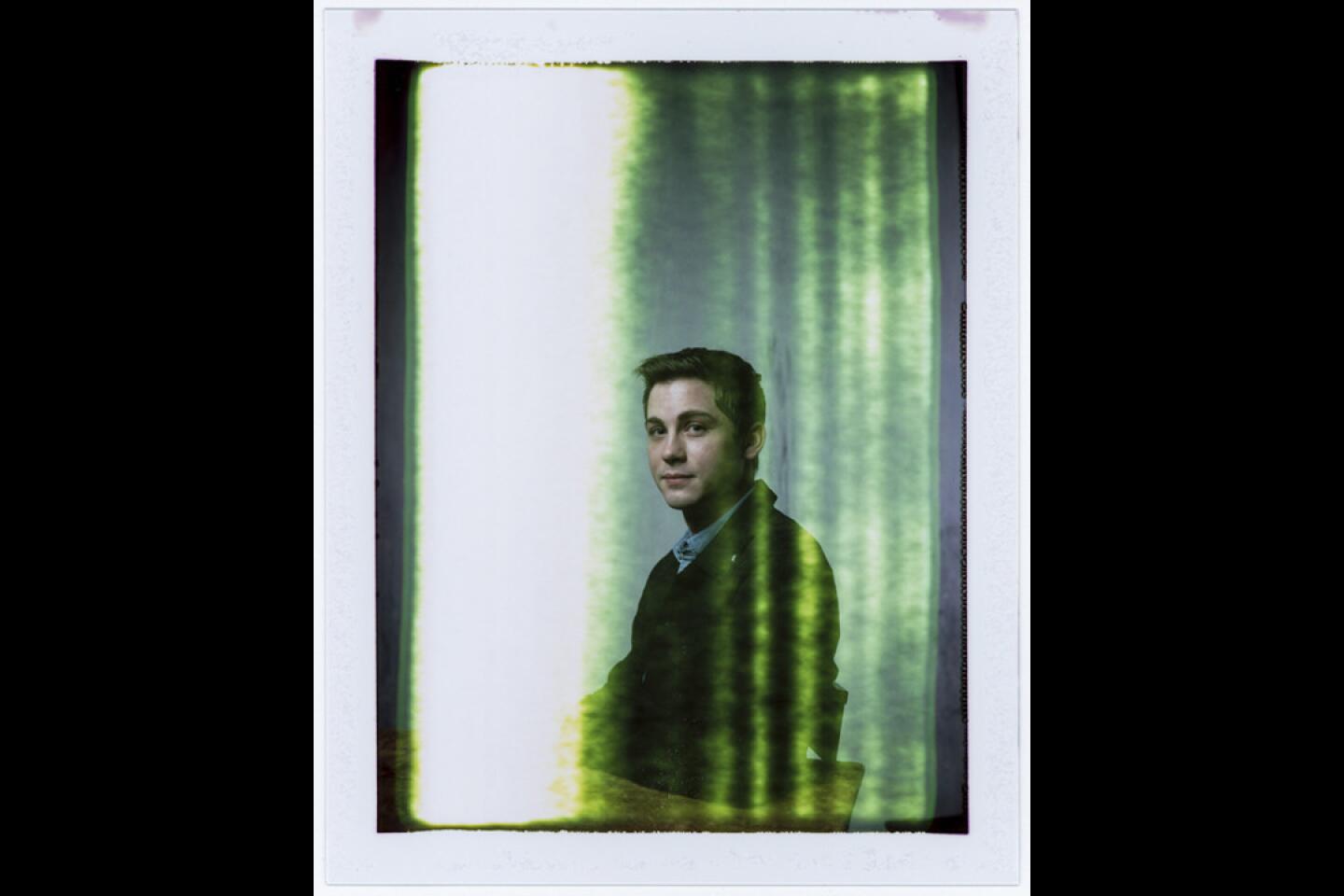
Actor Logan Lerman of the film “Sidney Hall.”
(Jay L. Clendenin / Los Angeles Times)
Actress Isabella Amara of the film “Wilson.”
(Jay L. Clendenin / Los Angeles Times)
Actress Chloe Sevigny of the film “Golden Exits.”
(Jay L. Clendenin / Los Angeles Times)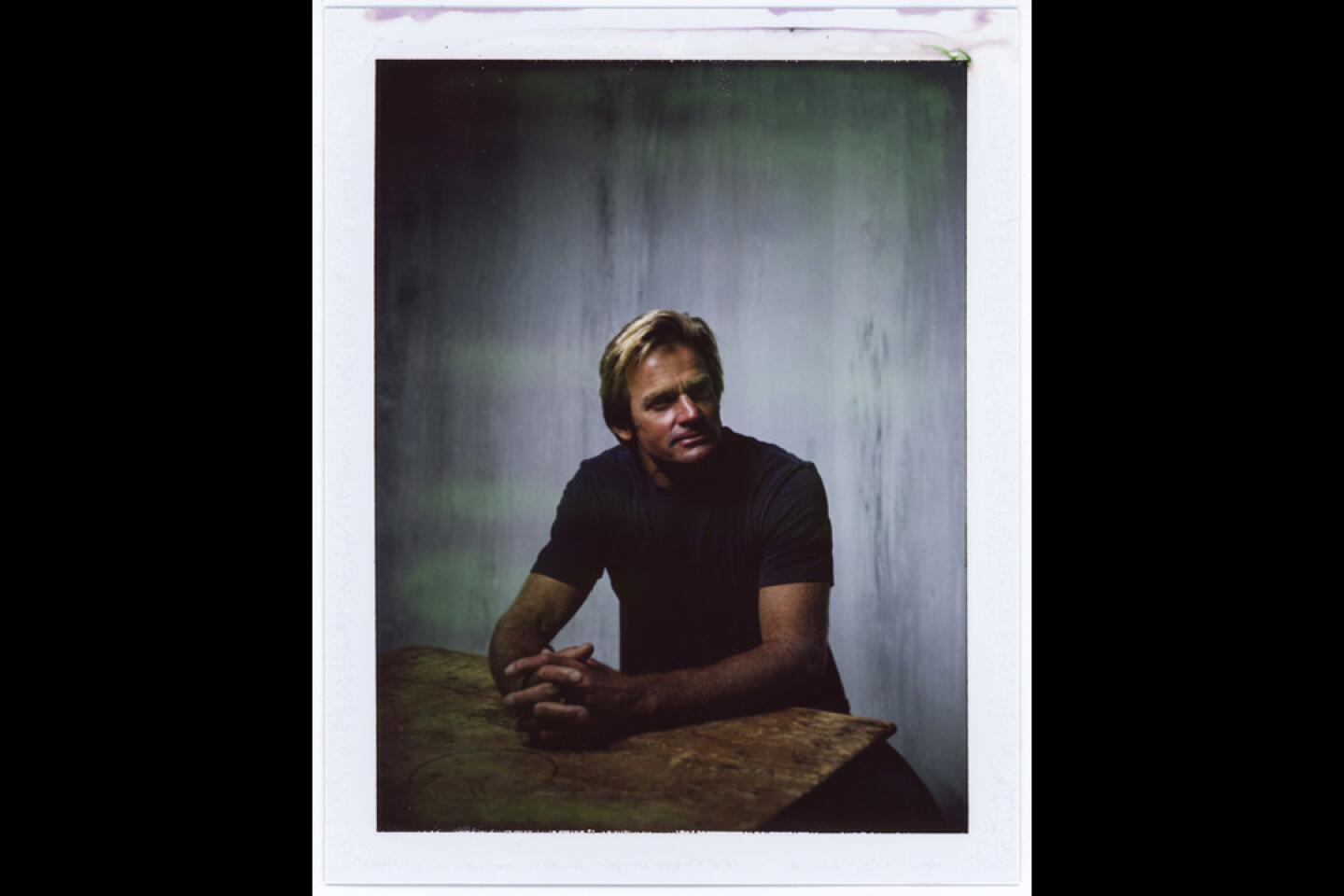
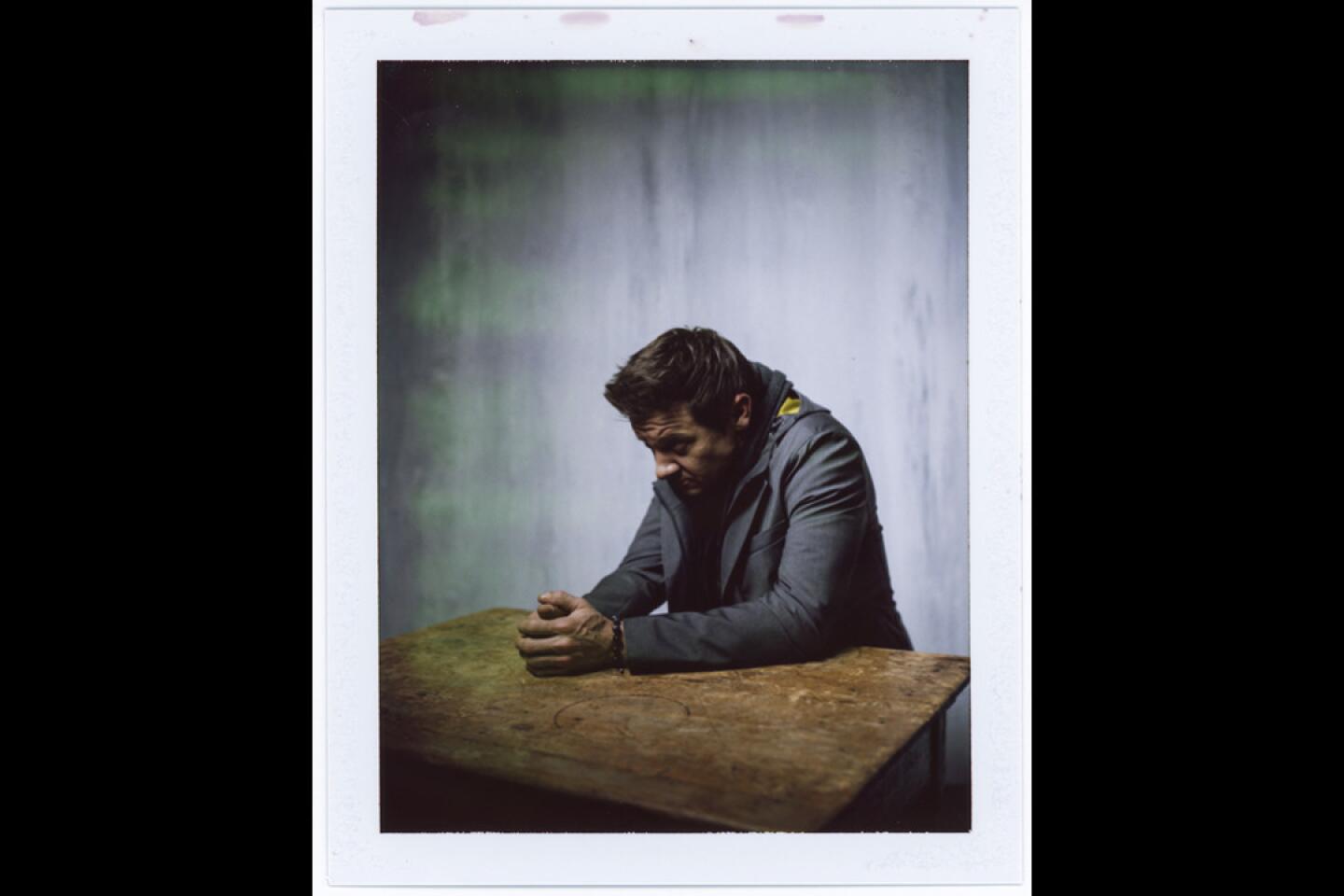
Actor Jeremy Renner of the film “Wind River.”
(Jay L. Clendenin / Los Angeles Times)
Actress Gigi Gorgeous from the film “This Is Everything: Gigi Gorgeous.”
(Jay L. Clendenin / Los Angeles Times)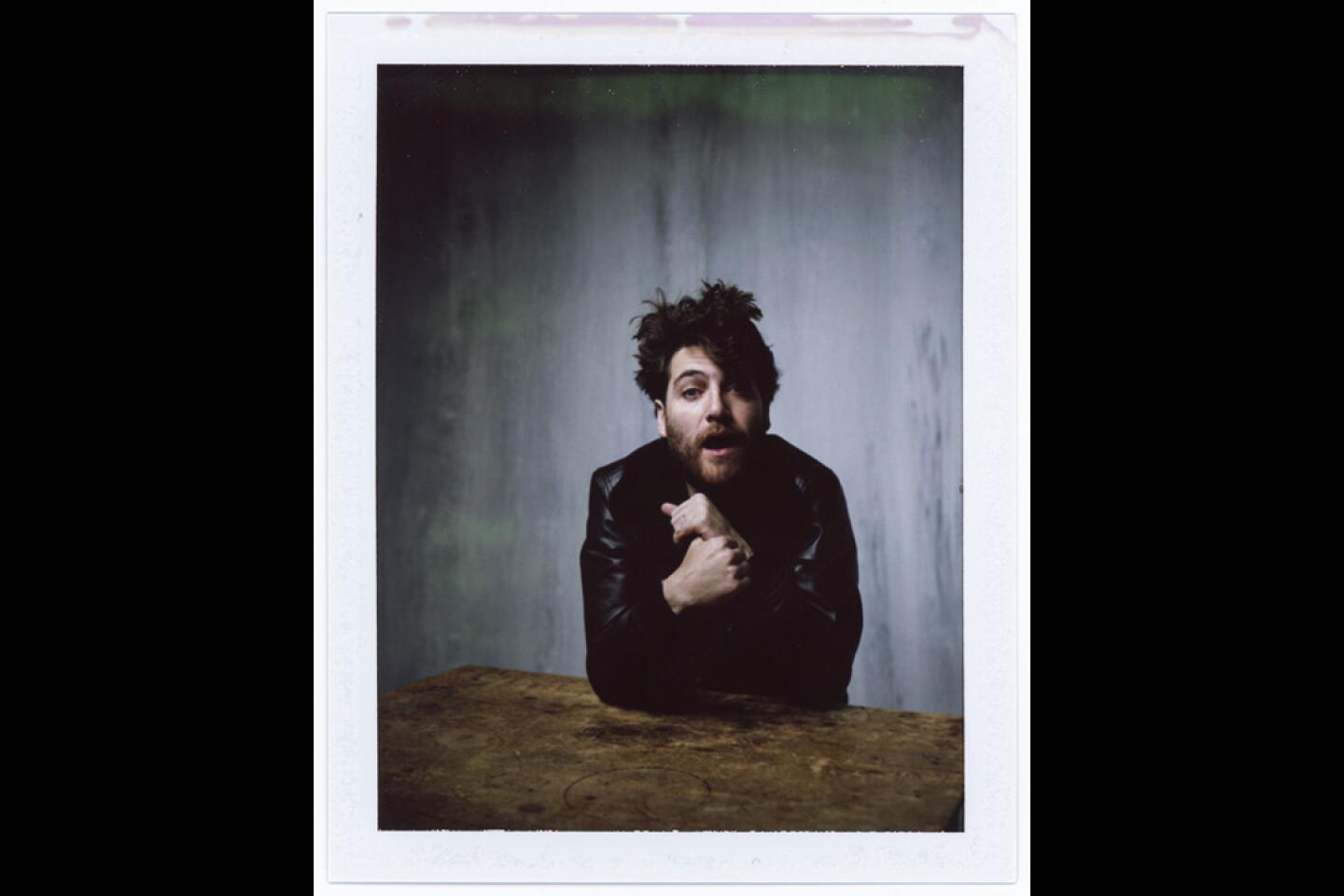
Actor Adam Pally from the film “Band Aid.”
(Jay L. Clendenin / Los Angeles Times)
Actress America Ferrera from the new Web-series “Gente-fied.”
(Jay L. Clendenin / Los Angeles Times)
Director Jovanka Vuckovic from the film “XX.”
(Jay L. Clendenin / Los Angeles Times)
Director Sofia Carrillo from the film “XX.”
(Jay L. Clendenin / Los Angeles Times)
Director Yance Ford from the documentary film “Strong Island.”
(Jay L. Clendenin / Los Angeles Times)
Beastie Boy and actor Adam Horowitz from the film “Golden Exits.”
(Jay L. Clendenin / Los Angeles Times)
Director Roxanne Benjamin from the film, “XX.”
(Jay L. Clendenin / Los Angeles Times)
Actress Kelsy Asbille from the film “Wind River.”
(Jay L. Clendenin / Los Angeles Times)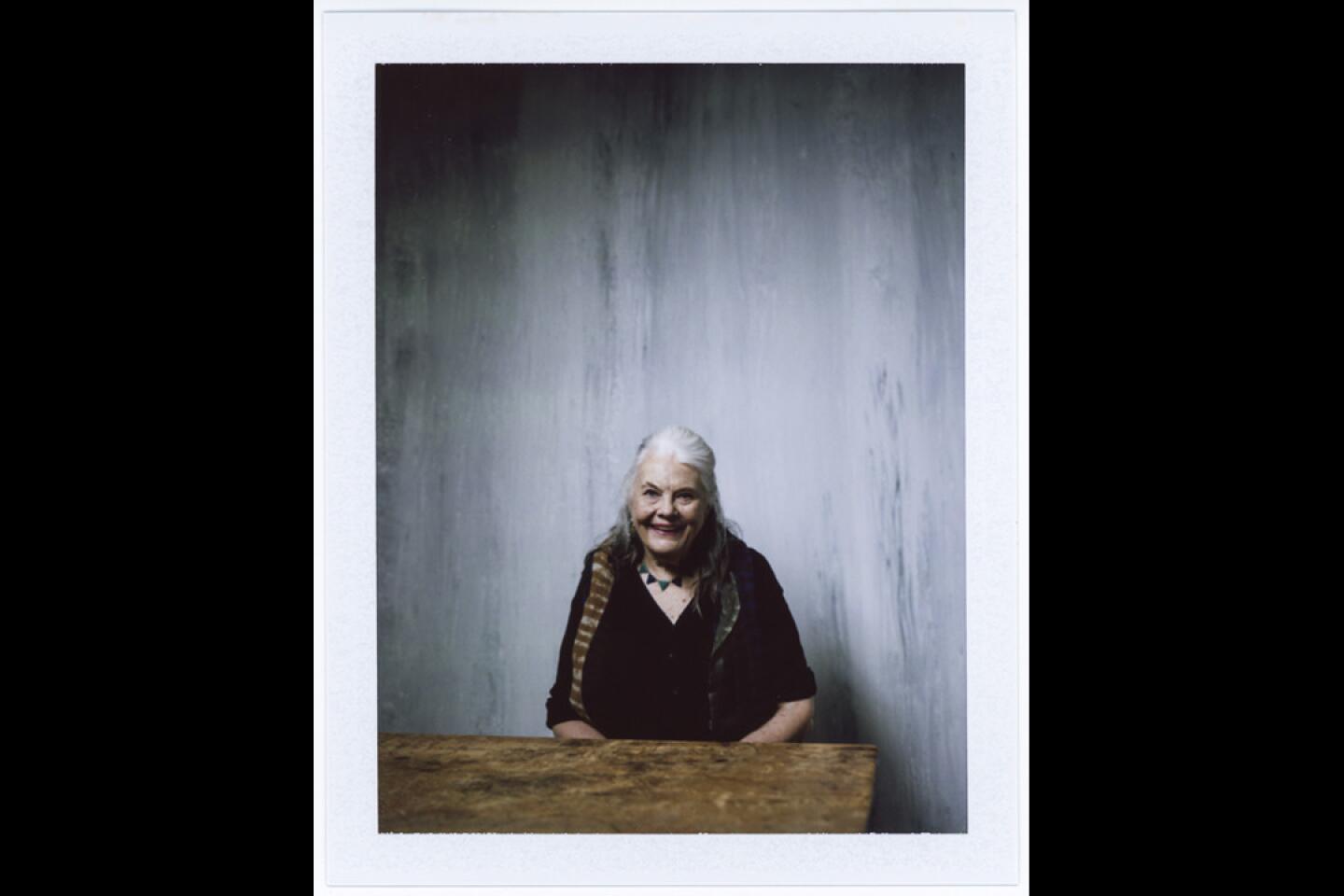
Actress Lois Smith from the film “Marjorie Prime.”
(Jay L. Clendenin / Los Angeles Times)
Actress Geena Davis from the film “Marjorie Prime.”
(Jay L. Clendenin / Los Angeles Times)
Actor Mark Hamill from the film “Brigsby Bear.”
(Jay L. Clendenin / Los Angeles Times)
Actor Nicholas Hoult from the film “Rebel in the Rye.”
(Jay L. Clendenin / Los Angeles Times)
Producer Akiva Schaffer from the film “Brigsby Bear.”
(Jay L. Clendenin / Los Angeles Times)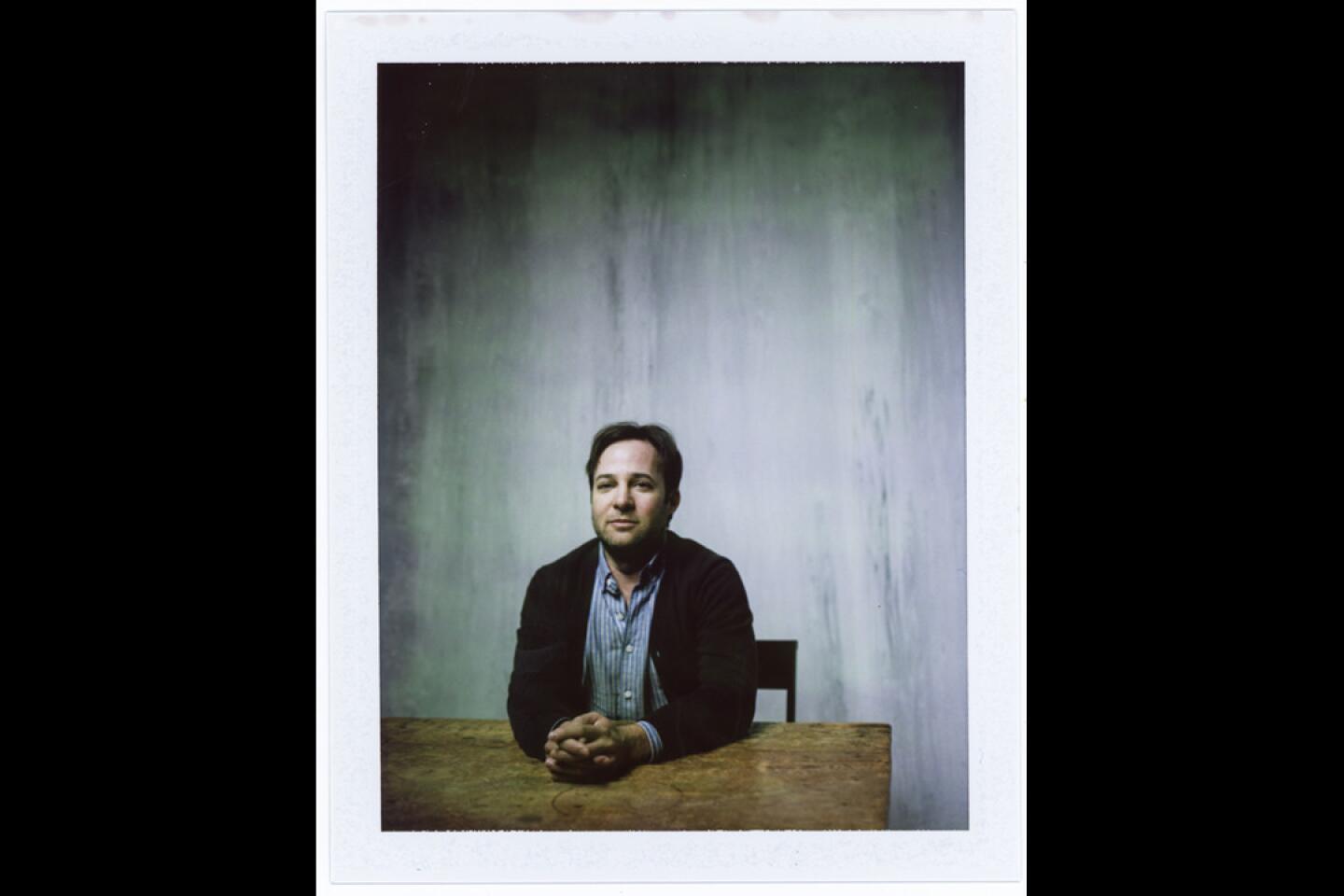
Director Danny Strong from the film “Rebel in the Rye.”
(Jay L. Clendenin / Los Angeles Times)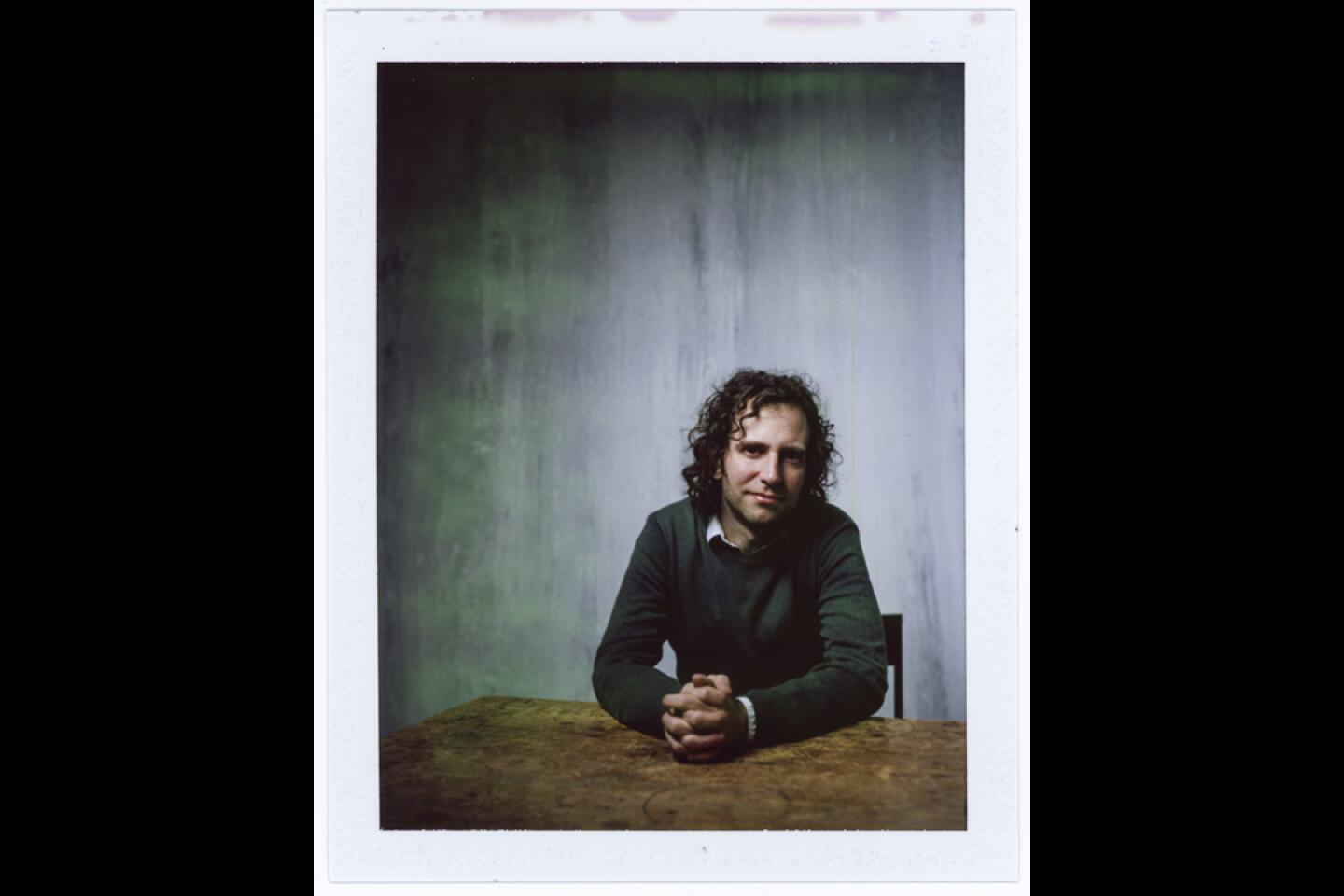
Actor Kyle Mooney from the film “Brigsby Bear.”
(Jay L. Clendenin / Los Angeles Times)
Actor Jack Black of the film “The Polka King.”
(Jay L. Clendenin / Los Angeles Times)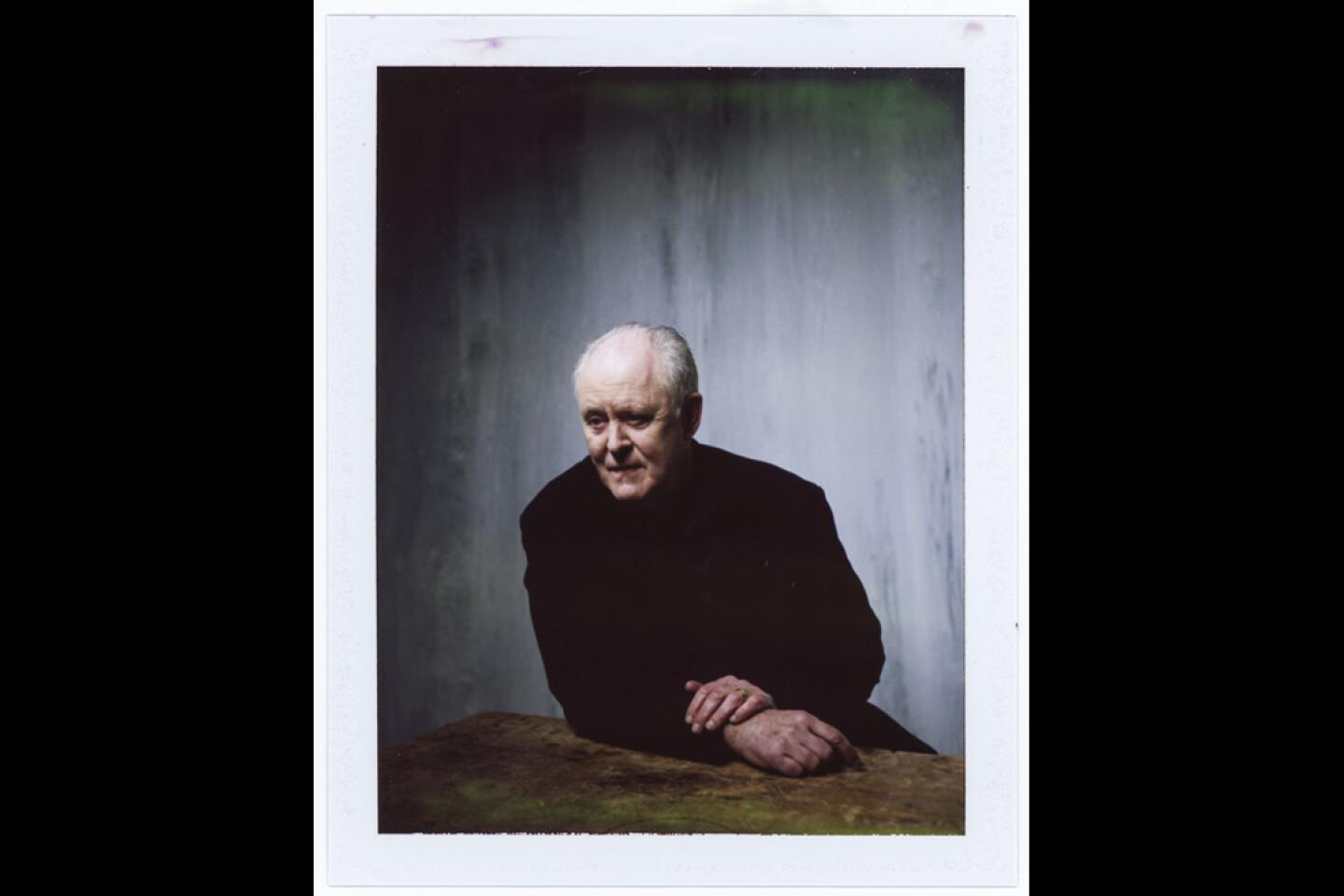
Actor John Lithgow of the film “Beatriz at Dinner.”
(Jay L. Clendenin / Los Angeles Times)
India Menuez of the Amazon series “I Love Dick.”
(Jay L. Clendenin / Los Angeles Times)
Actor Jon Hamm of the film “Marjorie Prime.”
(Jay L. Clendenin / Los Angeles Times)
Actor Mark Hamill of the film “Brigsby Bear.”
(Jay L. Clendenin / Los Angeles Times)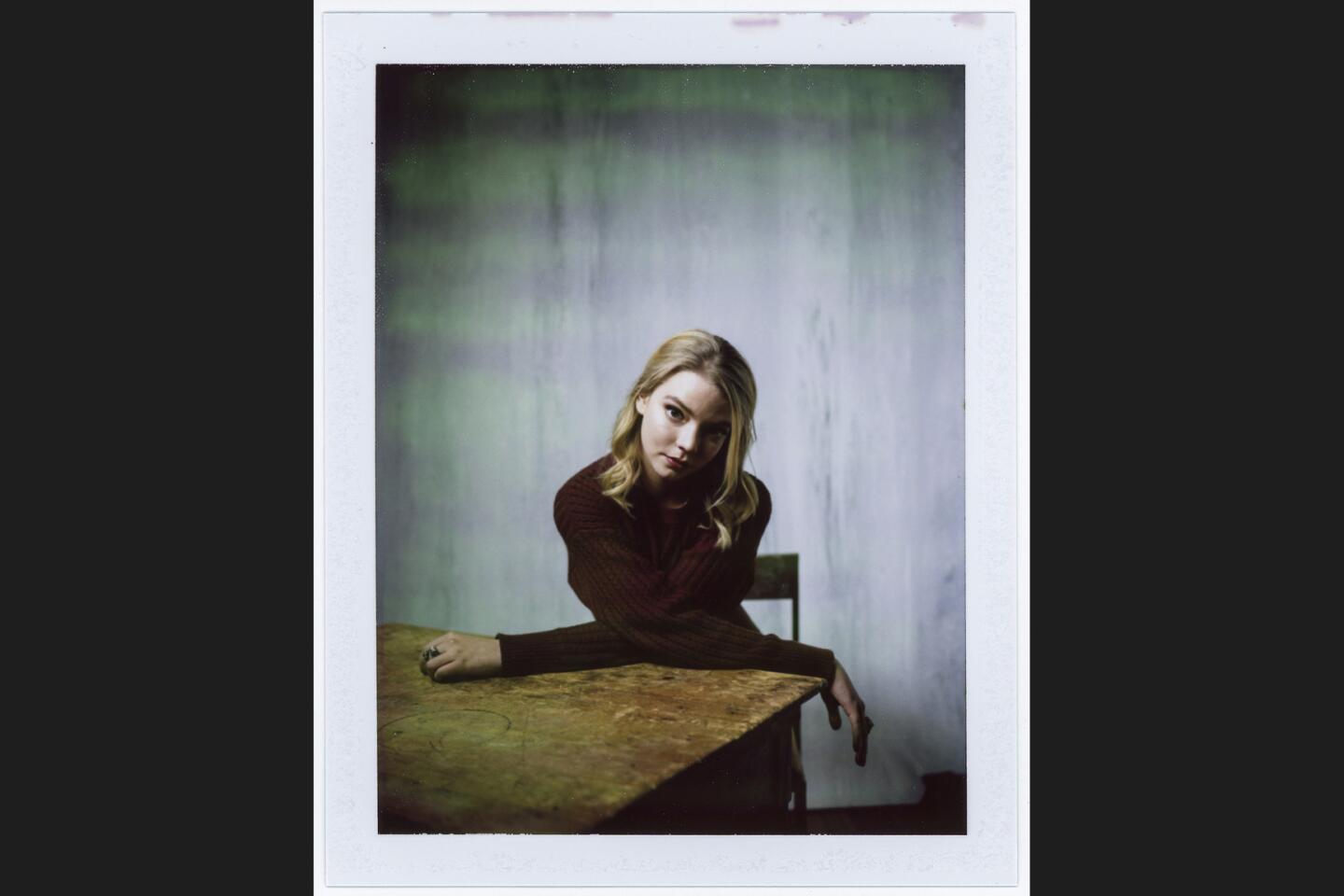
Actress Anya Taylor-Joy of the film “Thoroughbred.”
(Jay L. Clendenin / Los Angeles Times)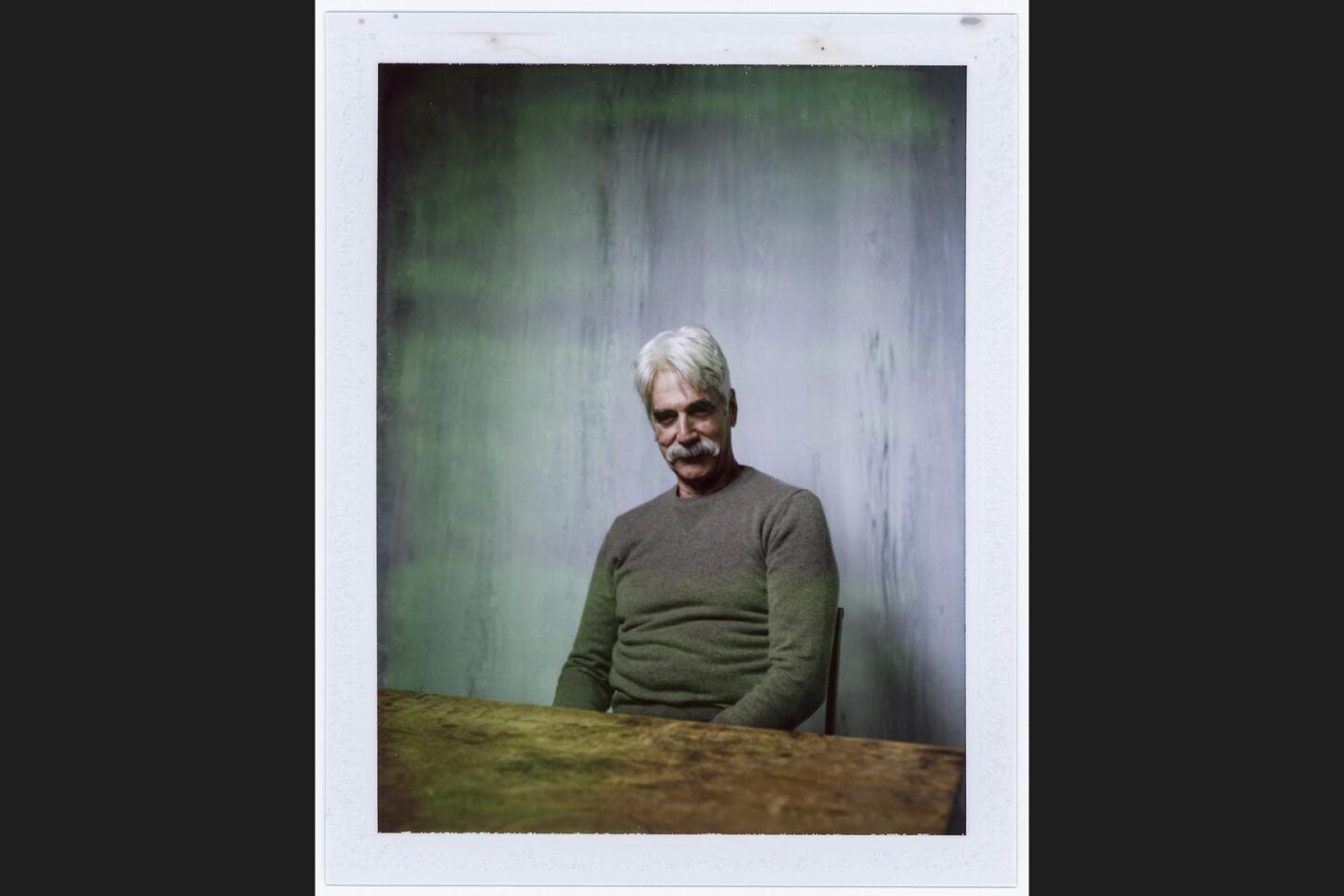
Actor Sam Elliott of the film “The Hero.”
(Jay L. Clendenin / Los Angeles Times)
Director Kitty Green of the documentary film “Casting JonBenet.”
(Jay L. Clendenin / Los Angeles Times)
Director Michael Barnett of the documentary film “The Mars Generation.”
(Jay L. Clendenin / Los Angeles Times)
Actress Parker Posey of the film “Columbus.”
(Jay L. Clendenin / Los Angeles Times)
Grammy-winning Beastie Boys founder and actor Adam Horovitz of the film “Golden Exits.”
(Jay L. Clendenin / Los Angeles Times)
Actress Jenny Slate of the film “The Polka King.”
(Jay L. Clendenin / Los Angeles Times)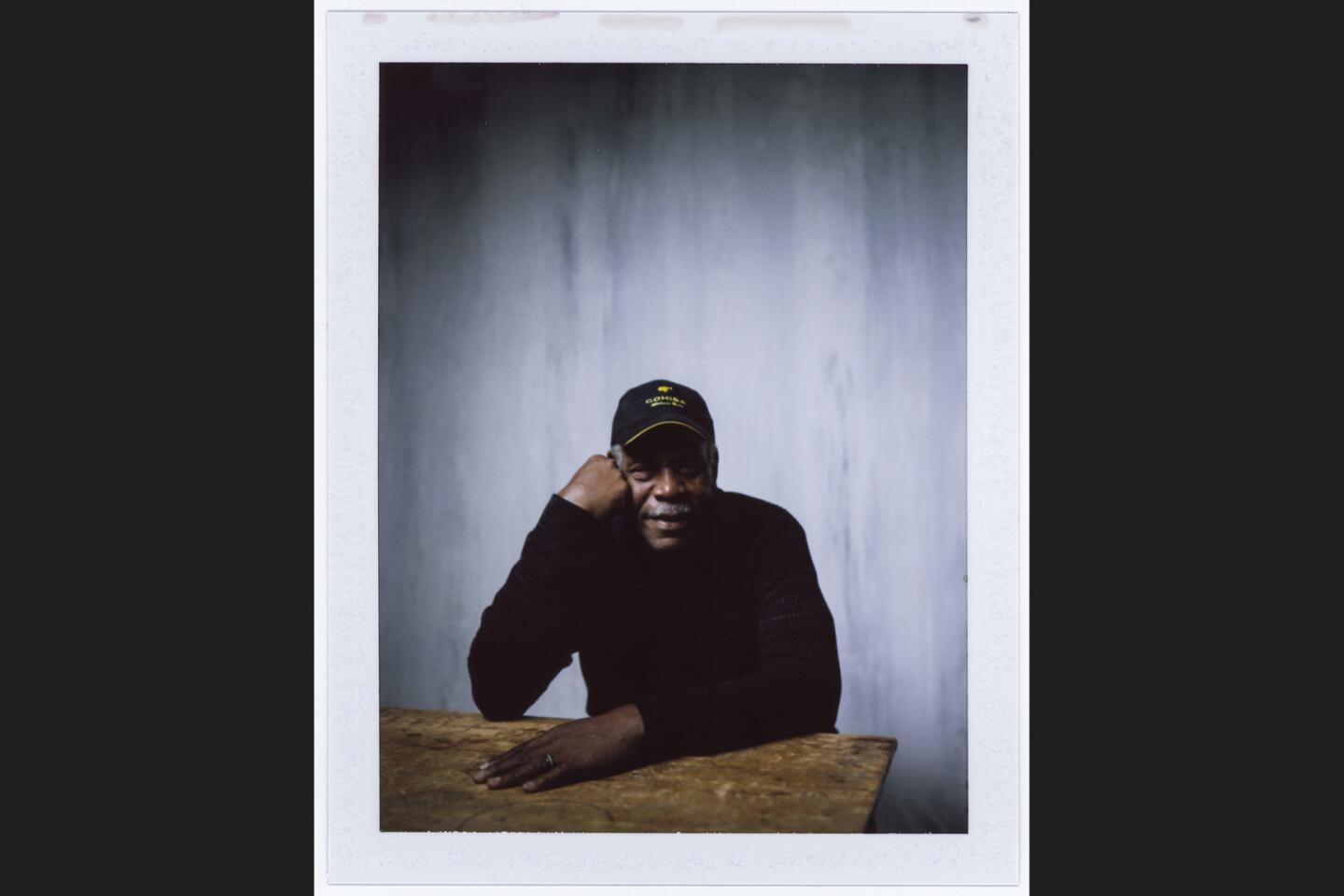
Executive producer Danny Glover of the documentary film “Strong Island.”
(Jay L. Clendenin / Los Angeles Times)
Director Annie Clark (also known as the musician St. Vincent) of the film, “XX.”
(Jay L. Clendenin / Los Angeles Times)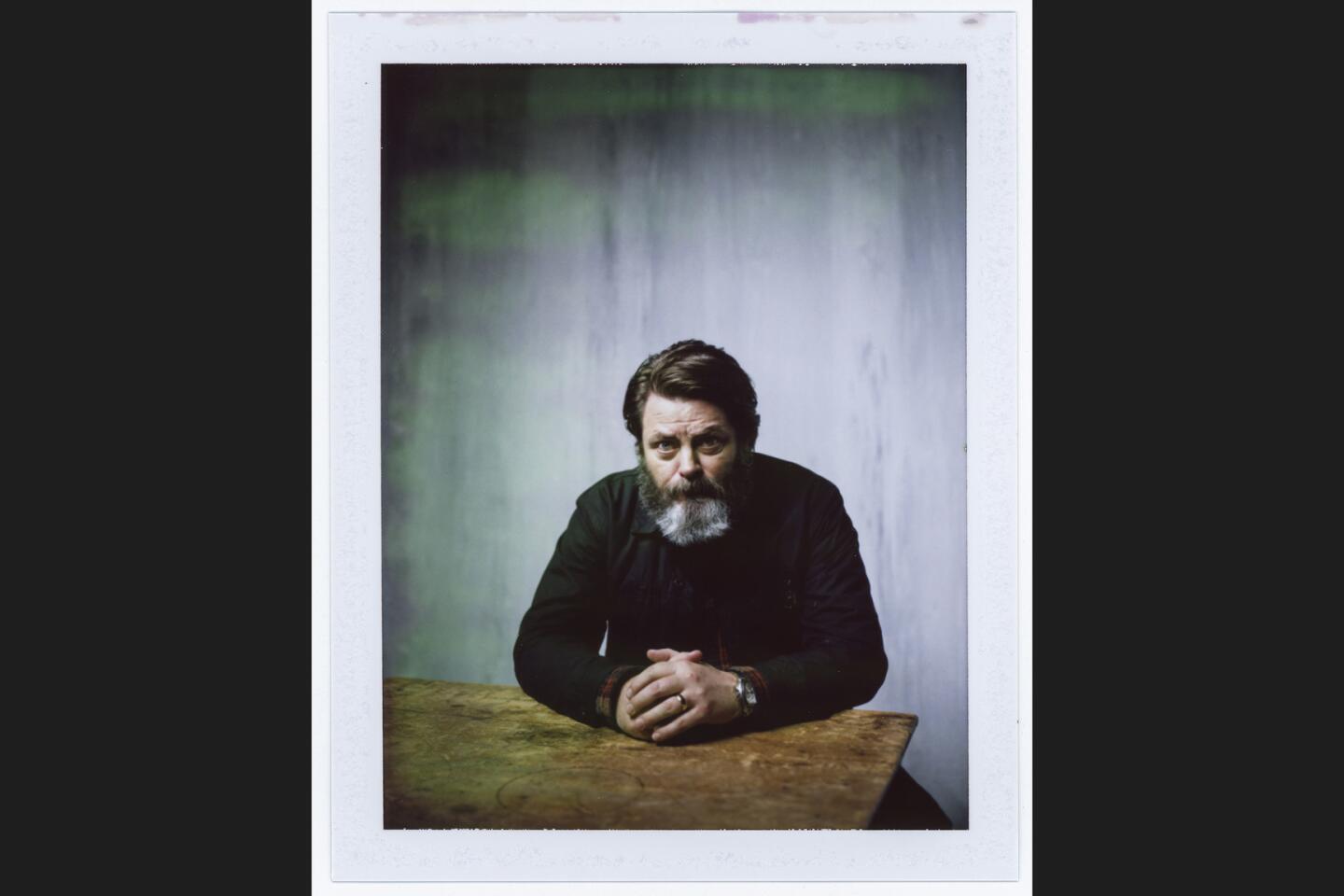
Actor Nick Offerman of the film “The Hero.”
(Jay L. Clendenin / Los Angeles Times)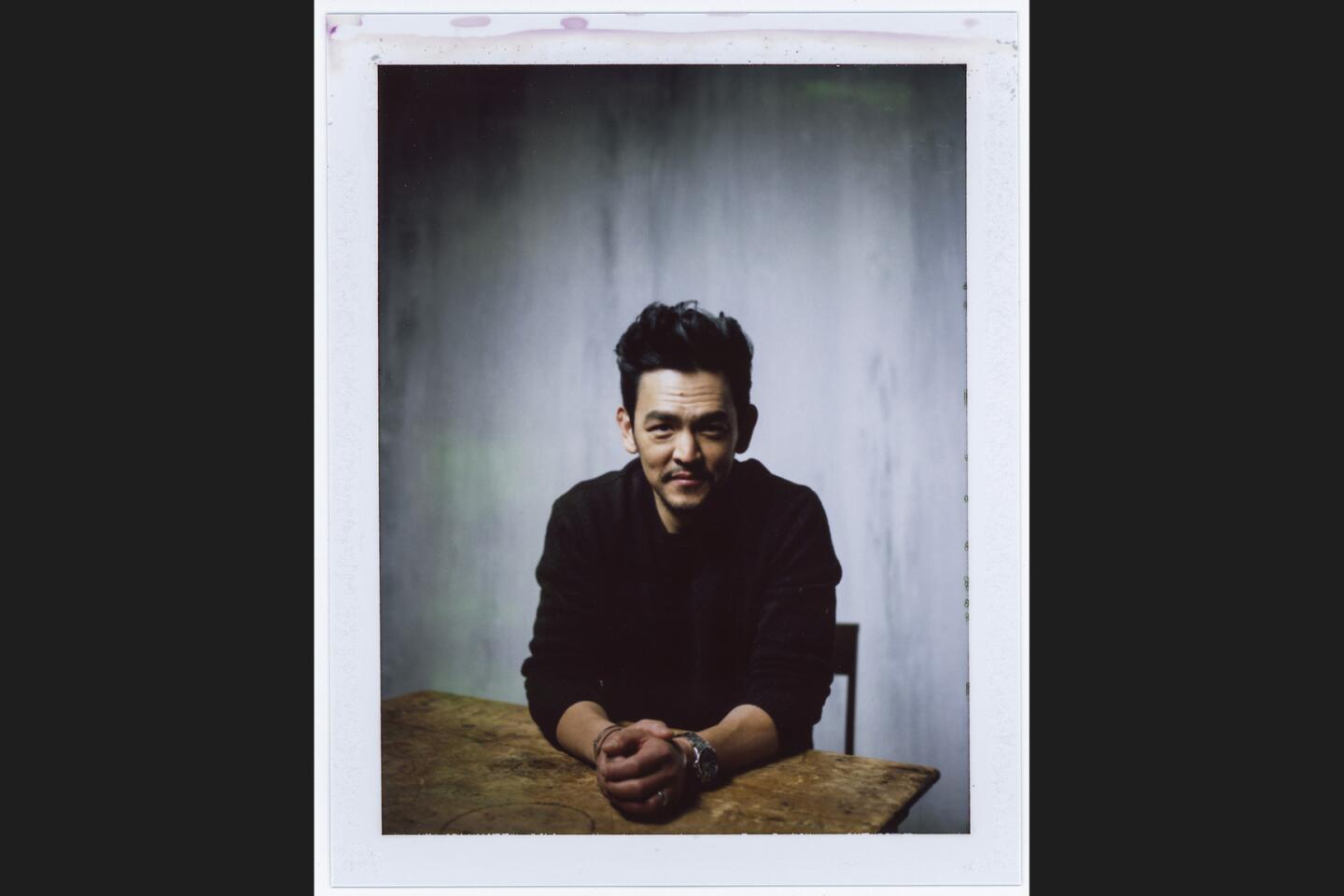
Actor John Cho of the film “Columbus.”
(Jay L. Clendenin / Los Angeles Times)
Actress Jasna Fritzi Bauer from the film “Axolotl Overkill.”
(Jay L. Clendenin / Los Angeles Times)
Actress Brittany Snow from the film “Bushwick.”
(Jay L. Clendenin / Los Angeles Times)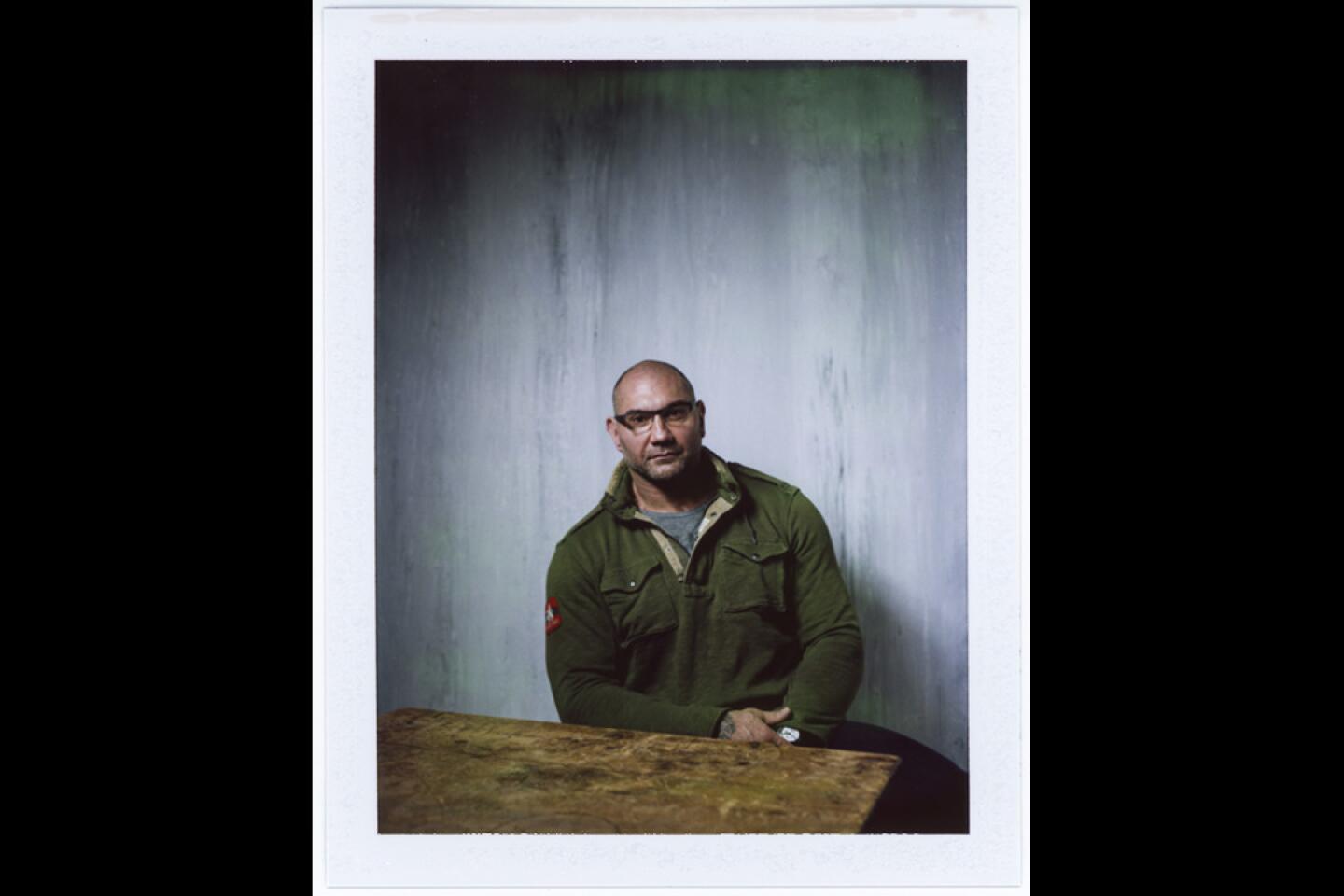
Actor Dave Bautista from the film “Bushwick.”
(Jay L. Clendenin / Los Angeles Times)
Executive producer Sean Hayes from the documentary series “The History of Comedy.”
(Jay L. Clendenin / Los Angeles Times)

Director Jack Henry Robbins from the short film “Hot Winter, A Film by Dick Pierre.”
(Jay L. Clendenin / Los Angeles Times)
Actress Melanie Lynskey from the film “I Don’t Feel at Home in This World Anymore.”
(Jay L. Clendenin / Los Angeles Times)
Executive producer Tim Robbins, standing, and his son, director Jack Henry Robbins, from the short film “Hot Winter, A Film by Dick Pierre.”
(Jay L. Clendenin / Los Angeles Times)


Actress Chante Adams from the film “Roxanne Roxanne.”
(Jay L. Clendenin / Los Angeles Times)
Actor Fares Fares from the film “The Nile Hilton Incident.”
(Jay L. Clendenin / Los Angeles Times)

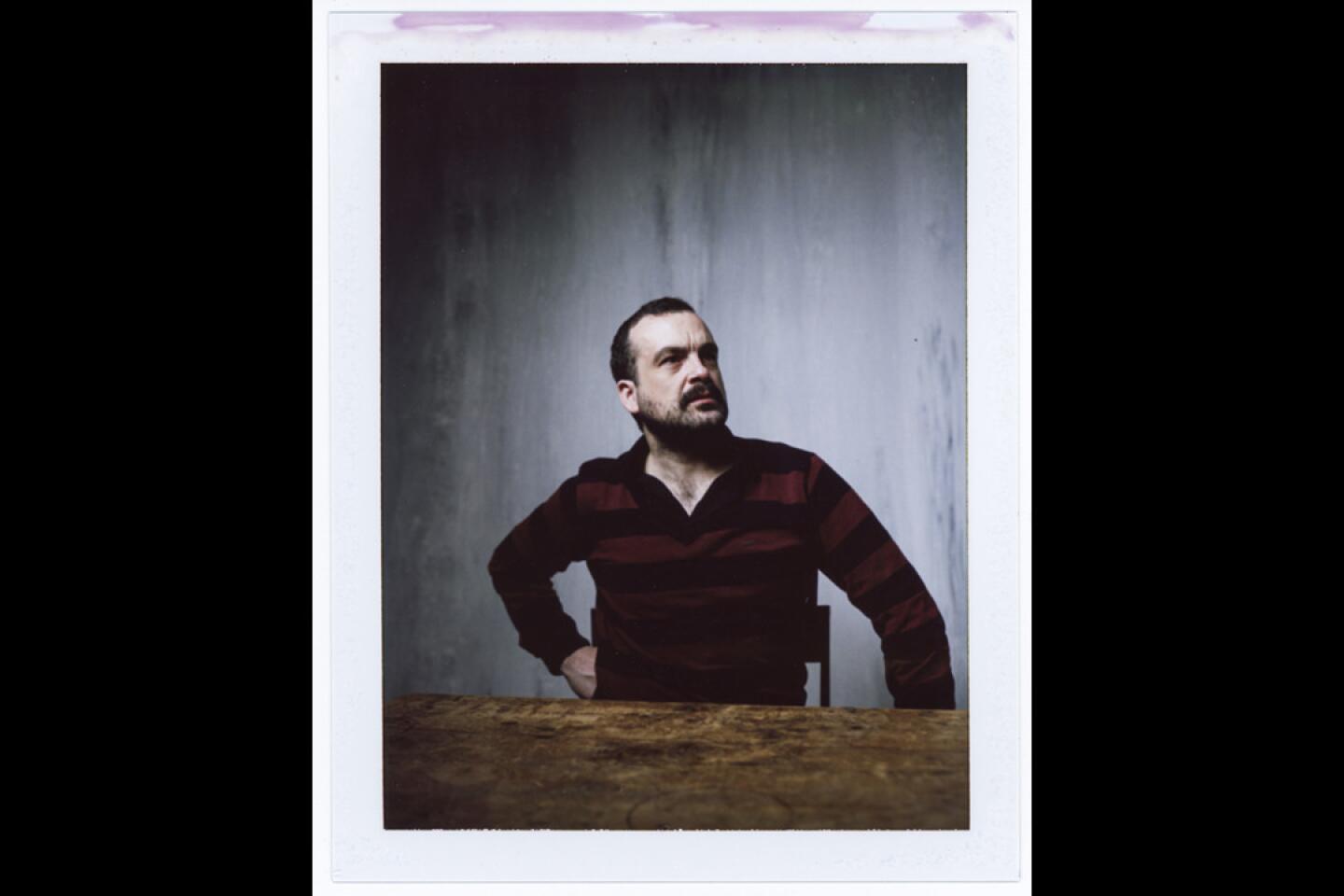
Director Nacho Vigalondo from the film “Colossal.”
(Jay L. Clendenin / Los Angeles Times)
Actress Chelsea Handler, who led the Women’s March through Park City, Utah.
(Jay L. Clendenin / Los Angeles Times)
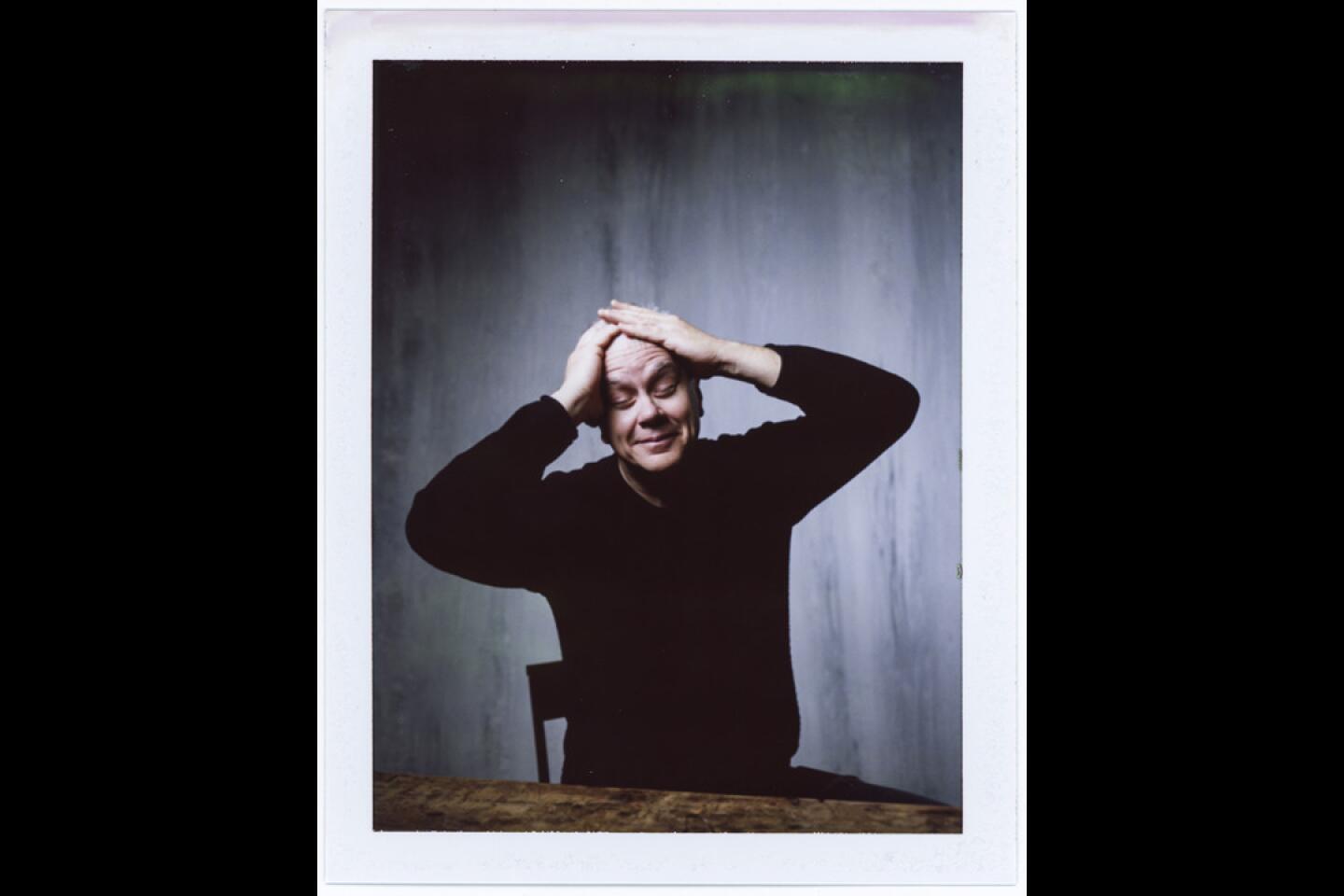
Executive producer Tim Robbins from the short film “Hot Winter, A Film by Dick Pierre.”
(Jay L. Clendenin / Los Angeles Times)
Actor Garrett Hedlund from the film “Mudbound.”
(Jay L. Clendenin / Los Angeles Times)
Director-writer Michael Larnell from the film “Roxanne Roxanne.”
(Jay L. Clendenin / Los Angeles Times)
Roxanne Shanté, subject of the biopic “Roxanne Roxanne.”
(Jay L. Clendenin / Los Angeles Times)
Actress Mari Malek from the film “The Nile Hilton Incident.”
(Jay L. Clendenin / Los Angeles Times)
Actor O’Shea Jackson Jr., from the film “Ingrid Goes West.”
(Jay L. Clendenin / Los Angeles Times)
Actress Pom Klementieff, starring in “Ingrid Goes West.”
(Jay L. Clendenin / Los Angeles Times)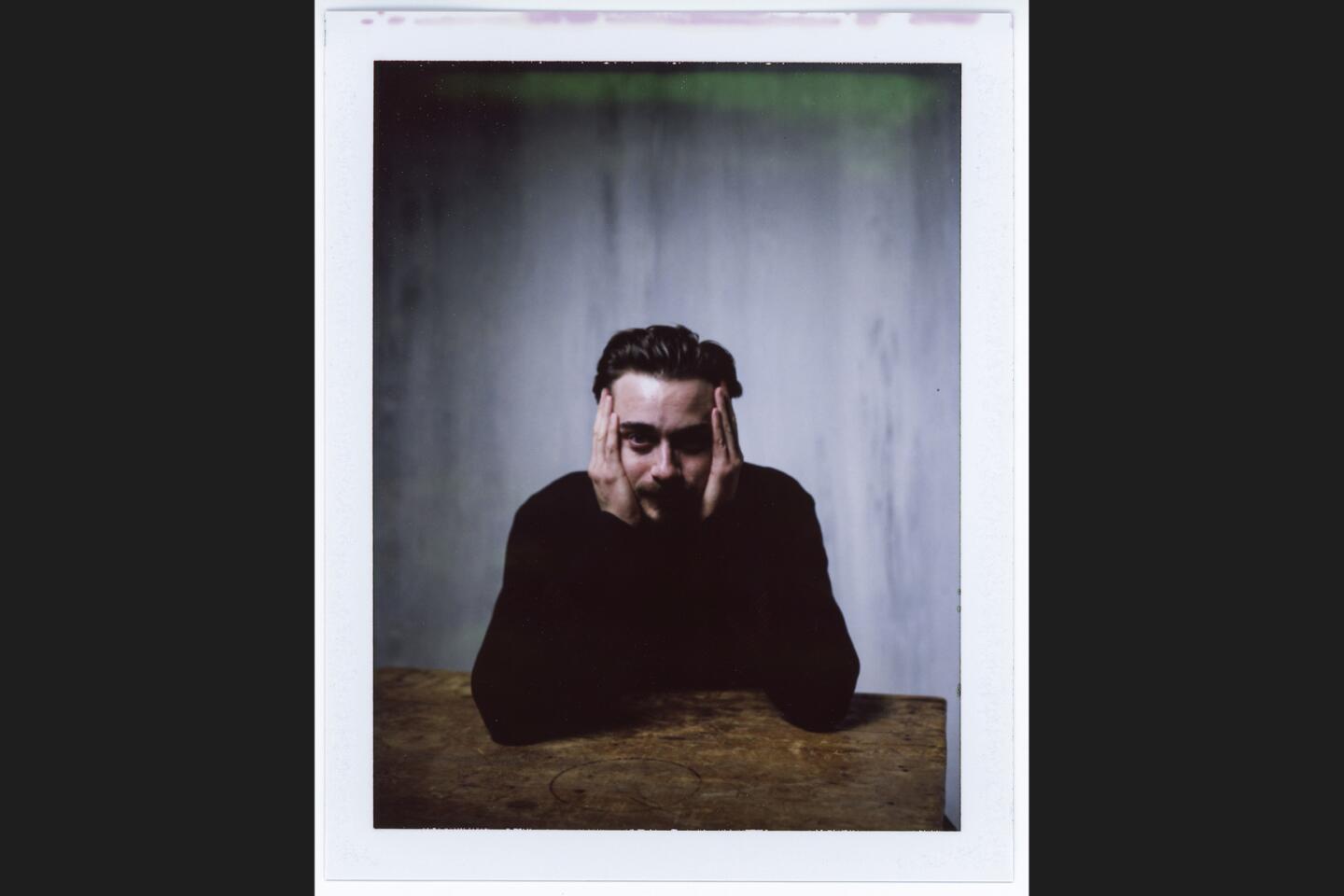
Director Matt Spicer of the film, “Ingrid Goes West.”
(Jay L. Clendenin / Los Angeles Times)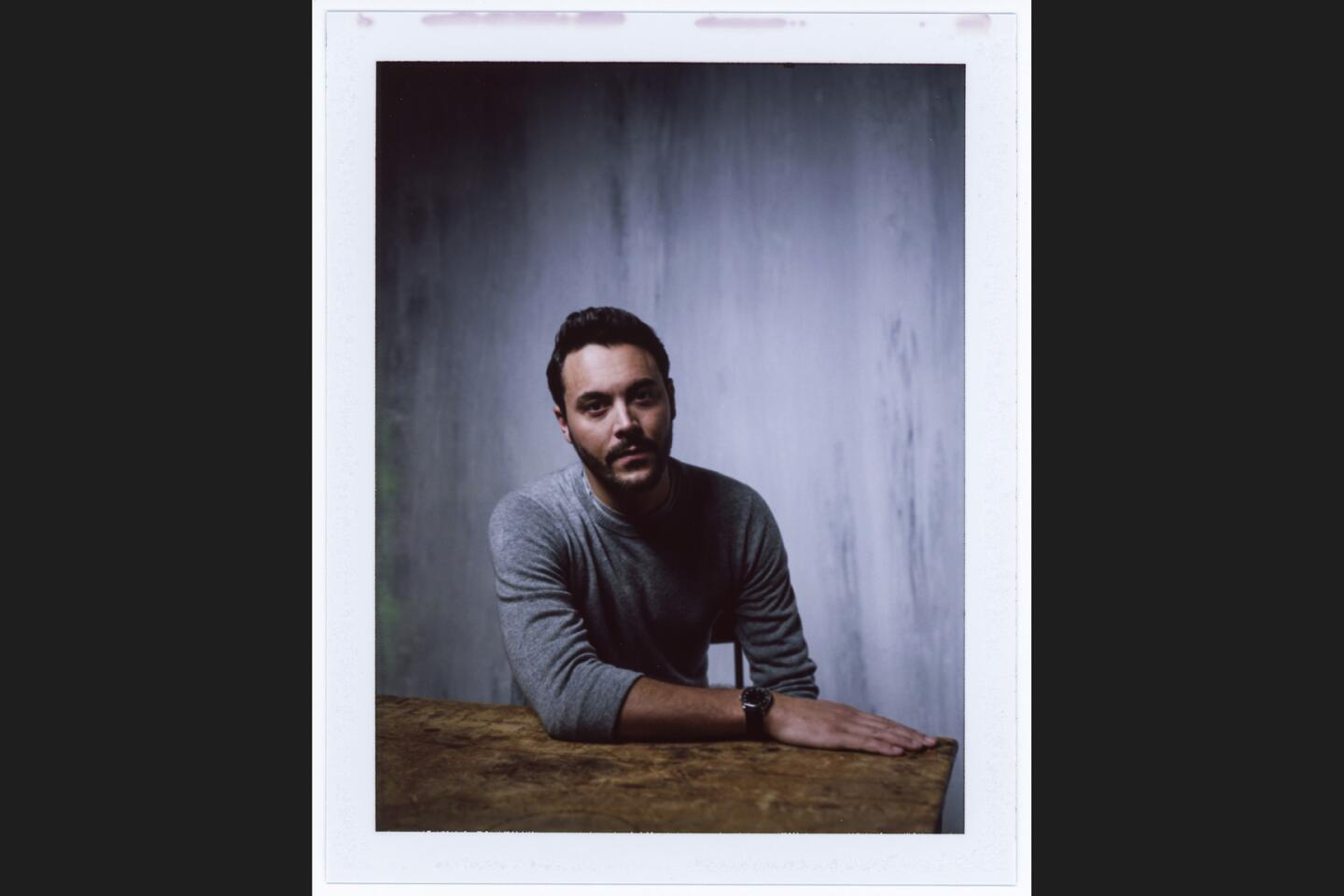
Actor Jack Huston of the film, “Yellow Birds.”
(Jay L. Clendenin / Los Angeles Times)
Rashida Jones of the film “Hot Girls Wanted: Turned On.”
(Jay L. Clendenin / Los Angeles Times)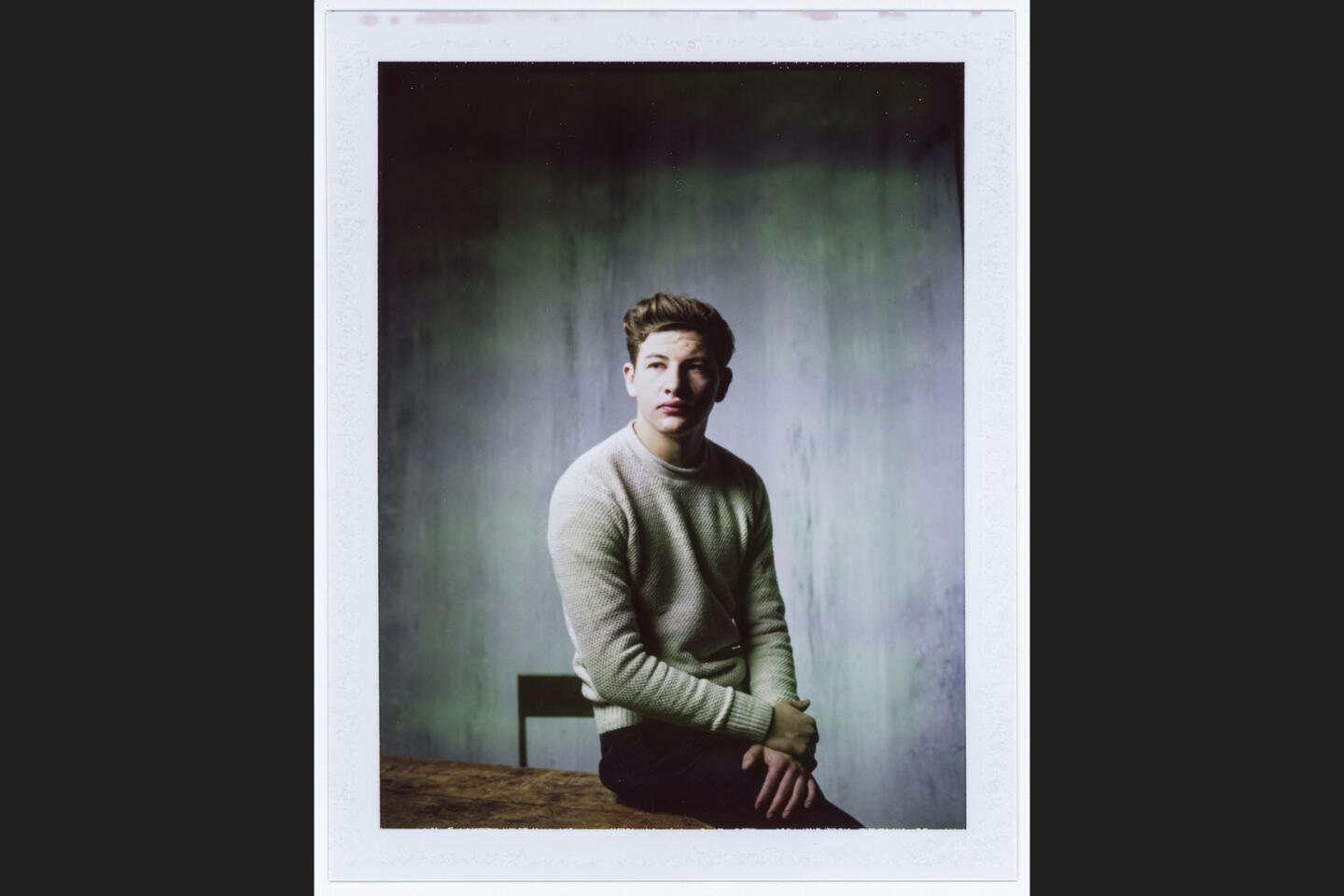
Actor Tye Sheridan of the film “Yellow Birds.”
(Jay L. Clendenin / Los Angeles Times)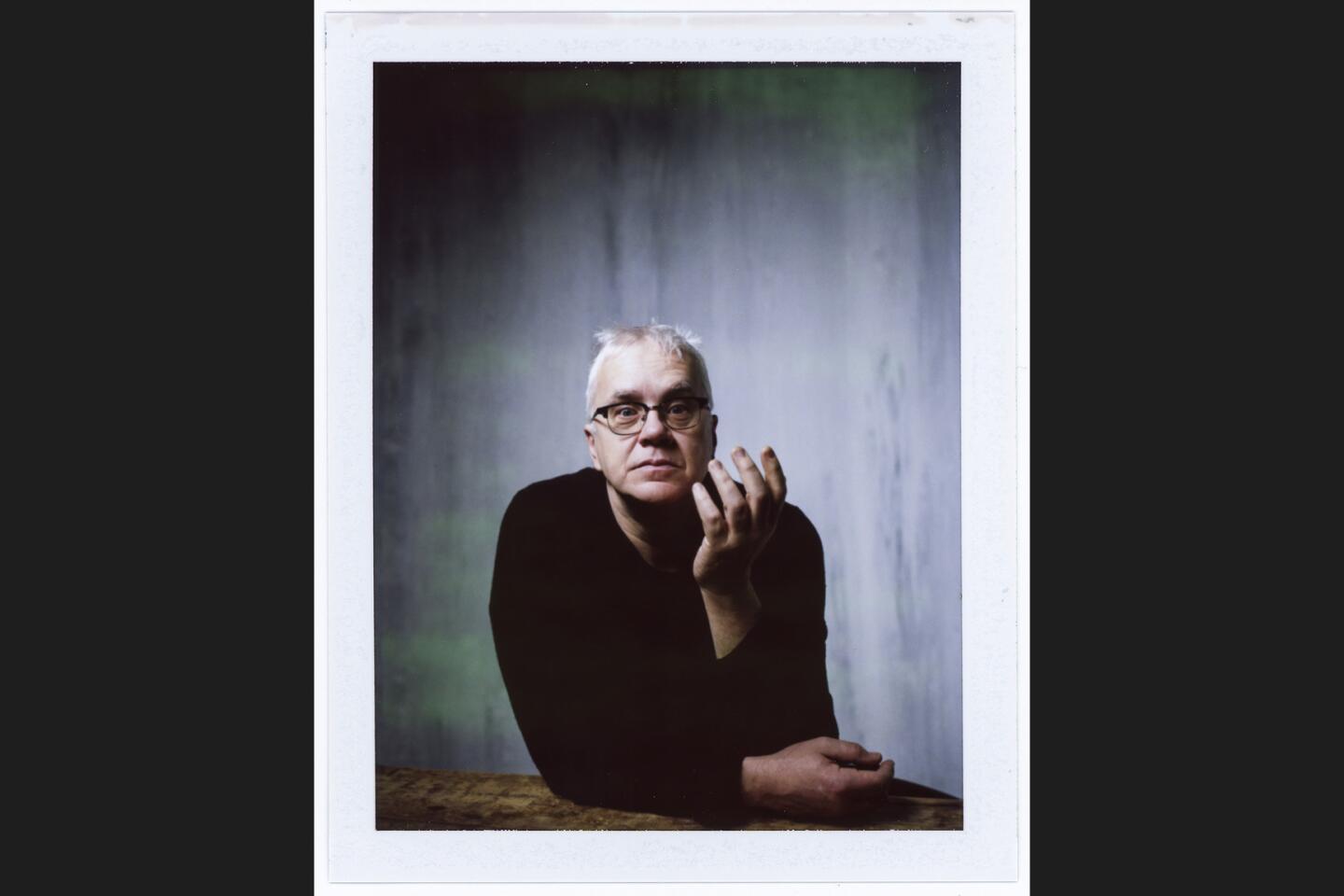
Executive Producer Tim Robbins of the short “Hot Winter, A Film By Dick Pierre.”
(Jay L. Clendenin / Los Angeles Times)
Executive Producer Sean Hayes of the CNN series “History of Comedy.”
(Jay L. Clendenin / Los Angeles Times)
Mary J. Blige of the film “Mudbound.”
(Jay L. Clendenin / Los Angeles Times)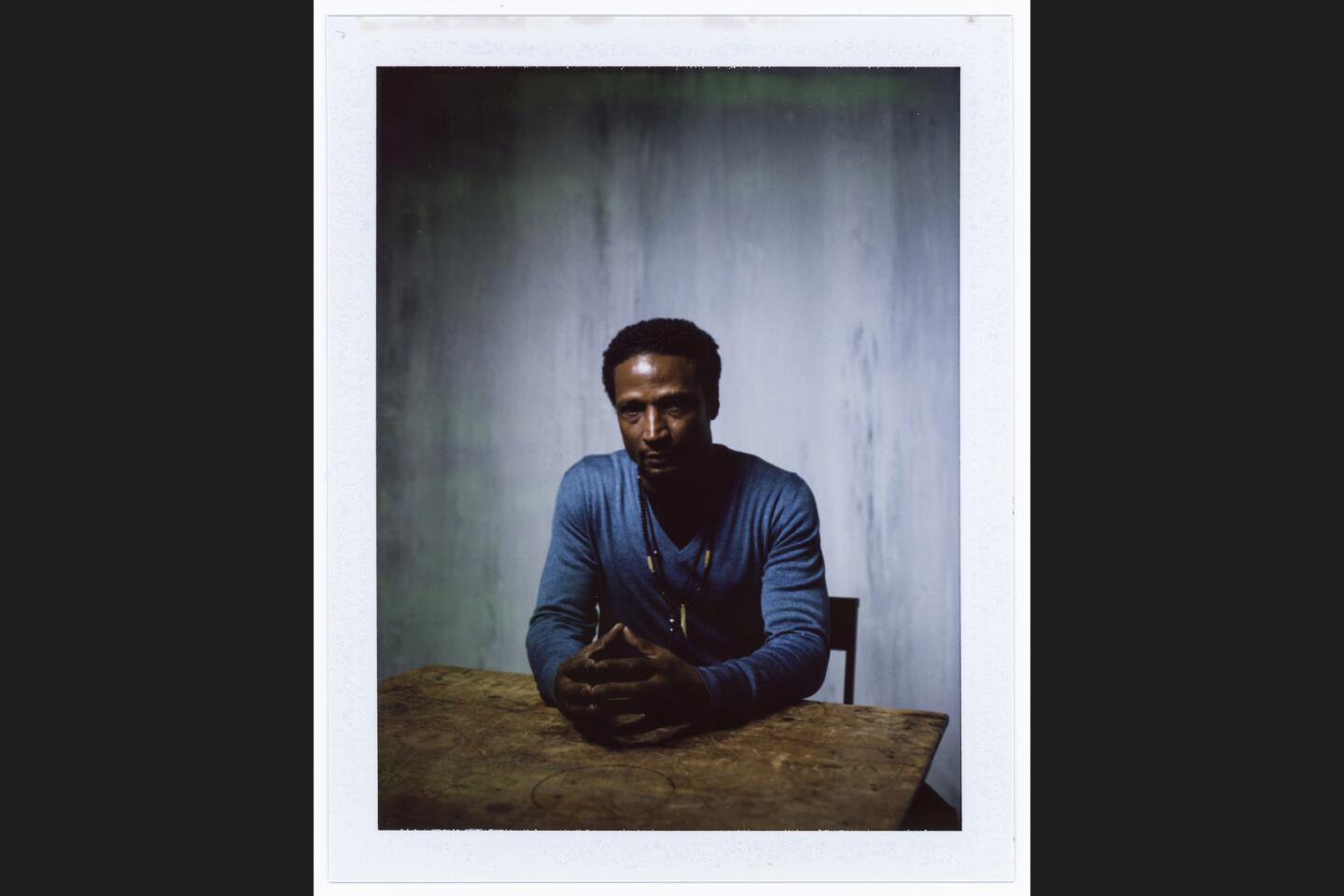
Actor Elvis Nolasco of the film “Roxanne, Roxanne.”
(Jay L. Clendenin / Los Angeles Times)
Actor Chris O’Dowd of the film “The Incredible Jessica James.”
(Jay L. Clendenin / Los Angeles Times)
Actor Lakeith Stanfield of the film “The Incredible Jessica James.”
(Jay L. Clendenin / Los Angeles Times)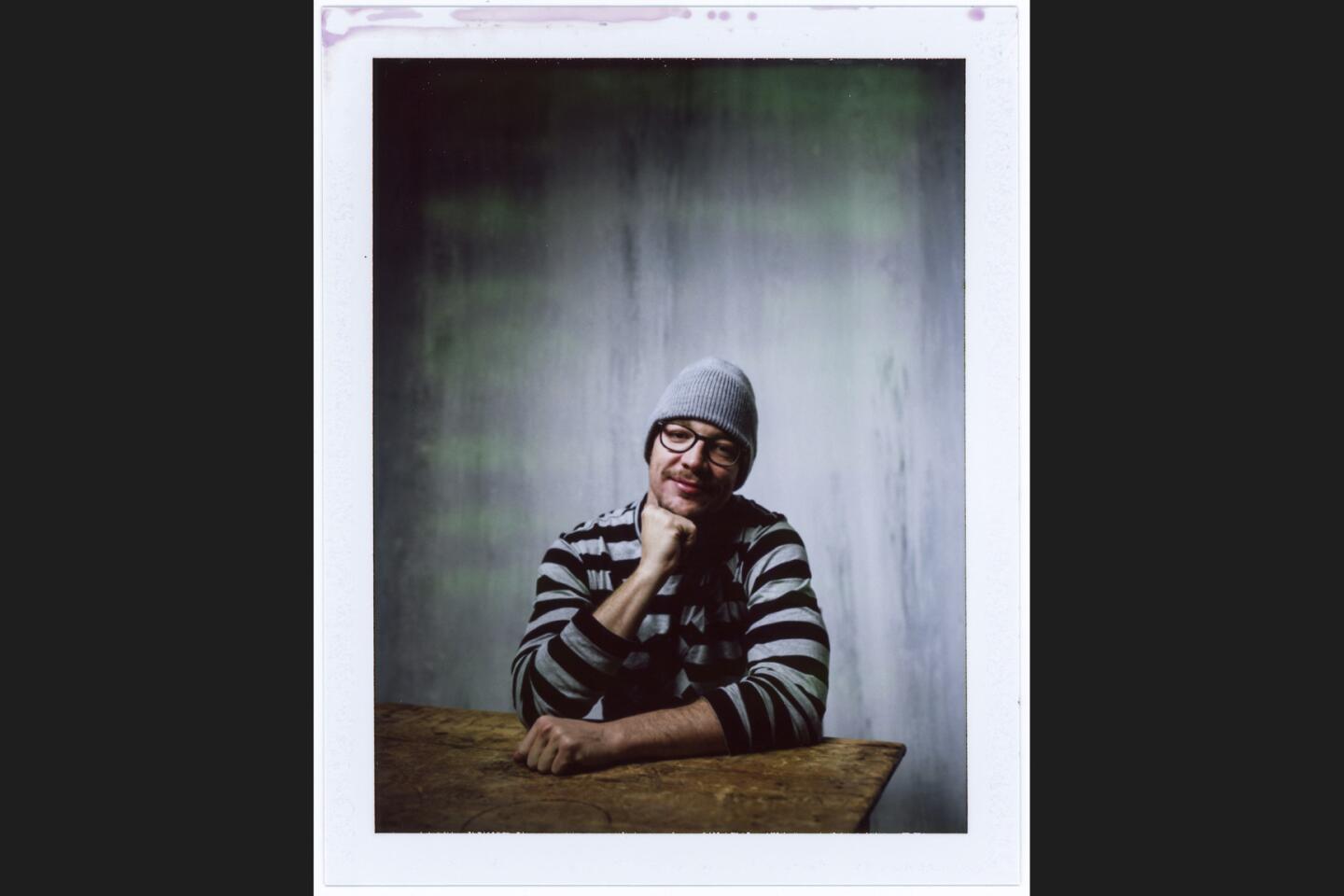
Music producer and DJ Thomas Wesley Pentz, known as Diplo, of the documentary film “Give Me Future.”
(Jay L. Clendenin / Los Angeles Times)
Actress Molly Shannon of the film “The Little Hours.”
(Jay L. Clendenin / Los Angeles Times)
Actor Dave Franco of the film “The Little Hours.”
(Jay L. Clendenin / Los Angeles Times)
Actress Alison Brie of the film “The Little Hours.”
(Jay L. Clendenin / Los Angeles Times)
Actress Kate Micucci of the film “The Little Hours.”
(Jay L. Clendenin / Los Angeles Times)
Actor Paul Sparks of the film “Thoroughbred.”
(Jay L. Clendenin / Los Angeles Times)
Dree Hemingway of the film “L.A. Times.”
(Jay L. Clendenin / Los Angeles Times)
Director and actress Michelle Morgan of the film “L.A. Times.”
(Jay L. Clendenin / Los Angeles Times)
Actor Jorma Taccone of the film “L.A. Times.”
(Jay L. Clendenin / Los Angeles Times)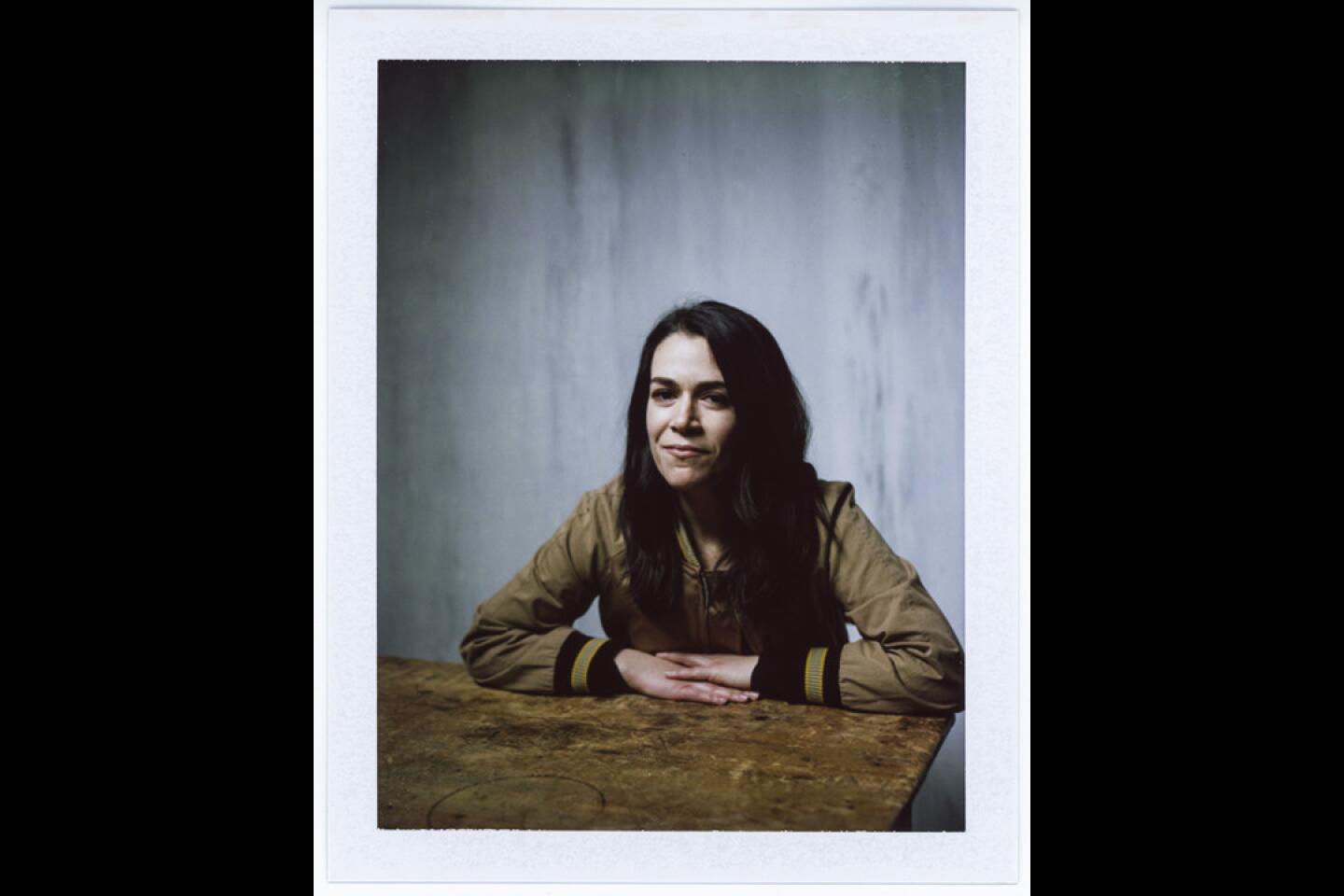
Actress Abbi Jacobson of the film “Person to Person.”
(Jay L. Clendenin / Los Angeles Times)
Actress Olivia Luccardi of the film “Person to Person.”
(Jay L. Clendenin / Los Angeles Times)
Producer Carlos Santana of the film “Dolores.”
(Jay L. Clendenin / Los Angeles Times)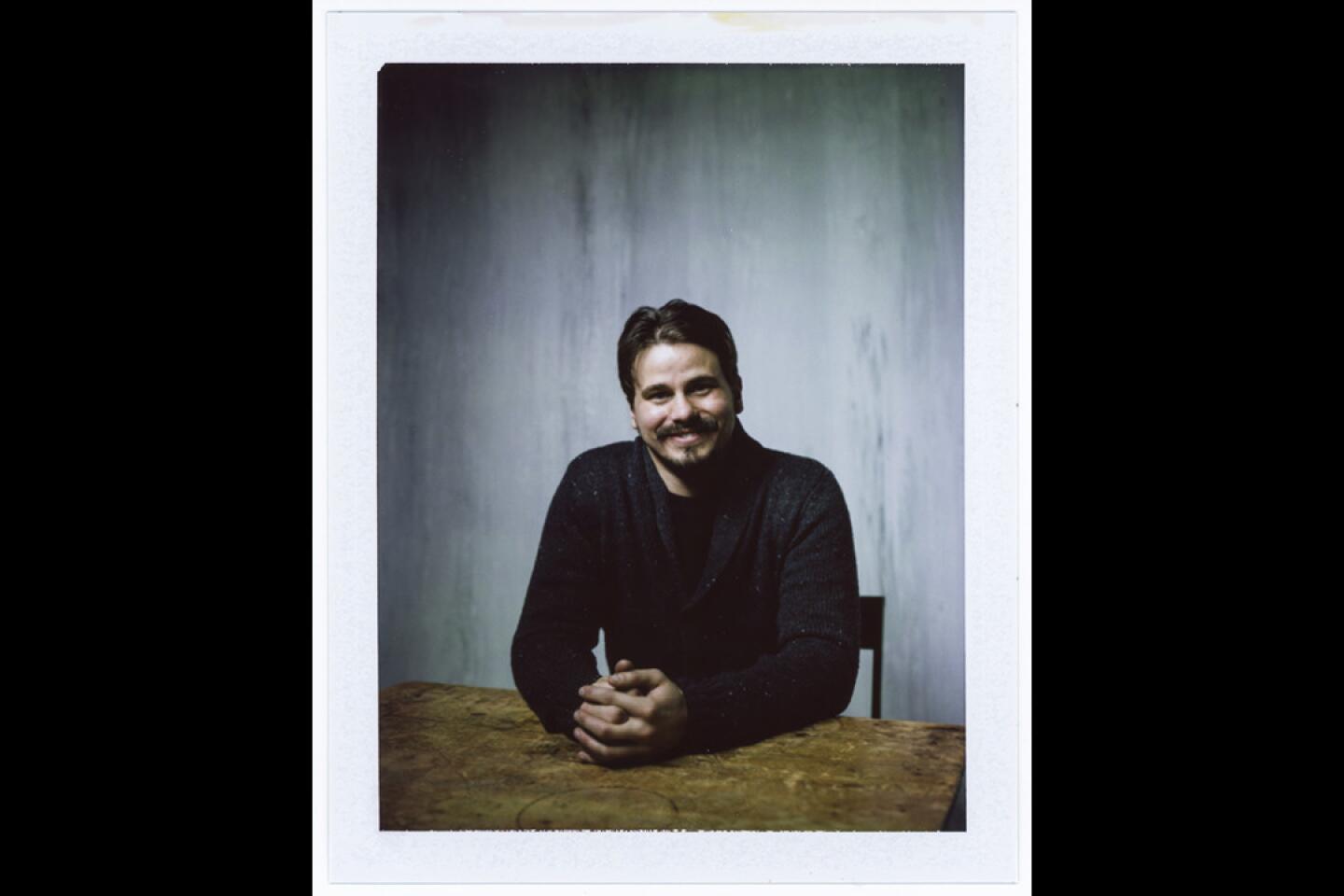
Actor Jason Ritter of the film “Bitch.”
(Jay L. Clendenin / Los Angeles Times)
Director Amanda Kernell of the film “Sami Blood.”
(Jay L. Clendenin / Los Angeles Times)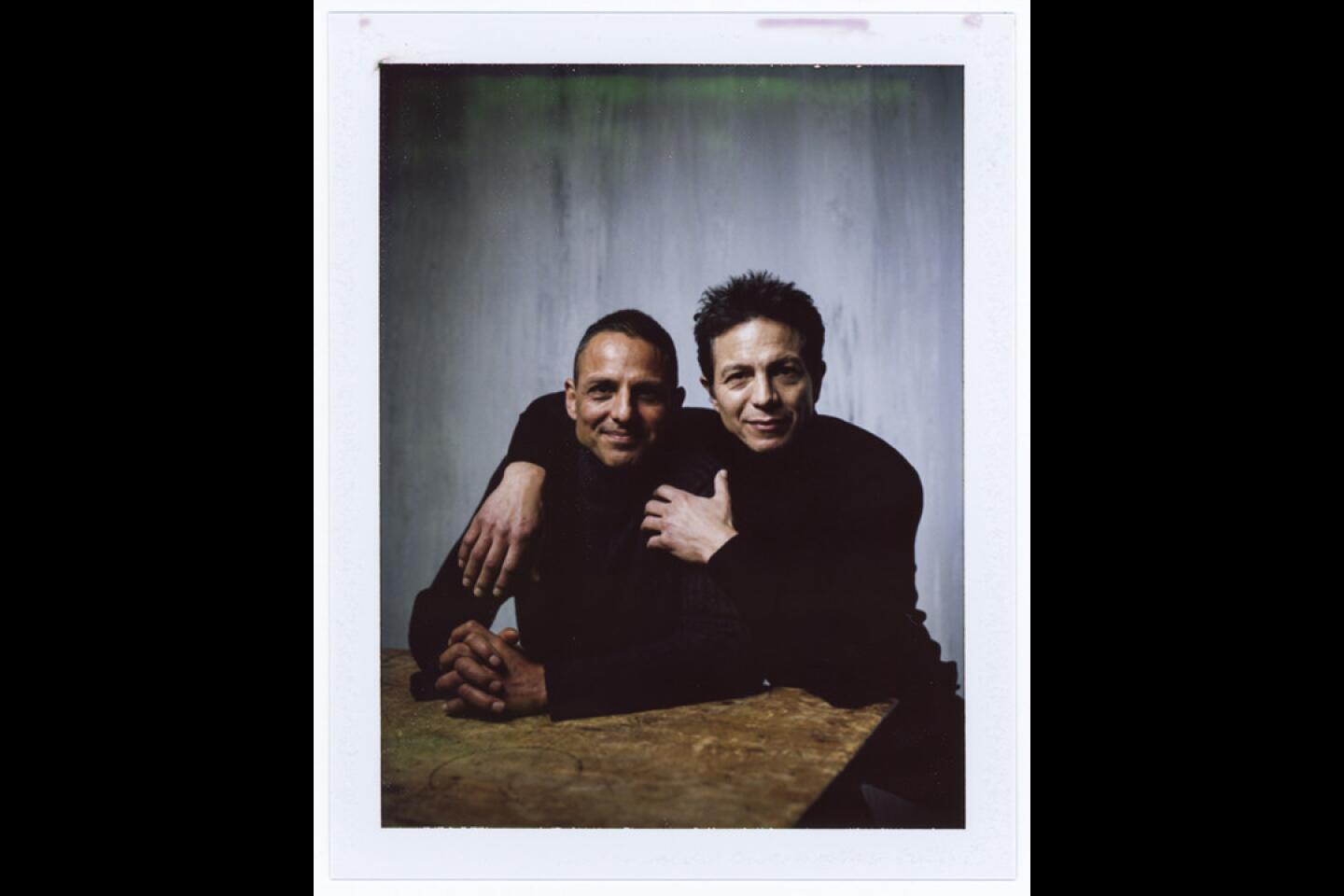
Director Peter Bratt and his brother Benjamin, producers of the documentary film “Dolores.”
(Jay L. Clendenin / Los Angeles Times)
Dolores Huerta of the film “Dolores.”
(Jay L. Clendenin / Los Angeles Times)
Actress Jamie King of the film “Bitch.”
(Jay L. Clendenin / Los Angeles Times)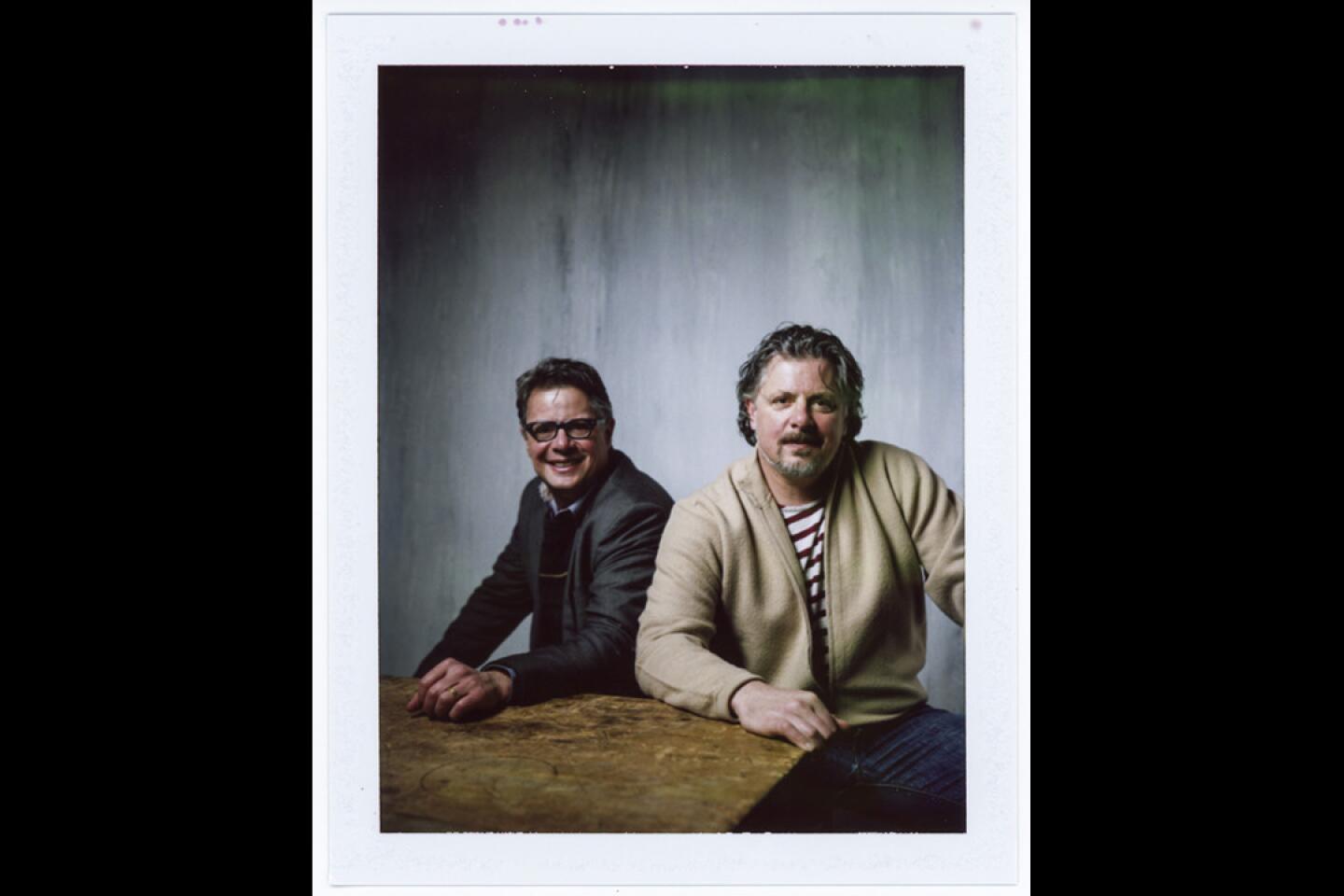
Directors Andrew Smith and Alex Smith of the film “Walking Out.”
(Jay L. Clendenin / Los Angeles Times)
Actress Holly Hunter of the film “The Big Sick.”
(Jay L. Clendenin / Los Angeles Times)
Actor Logan Miller of the film “Before I Fall.”
(Jay L. Clendenin / Los Angeles Times)
Actress Carla Gallo from “Playdates.”
(Jay L. Clendenin / Los Angeles Times)
Producer Judd Apatow of the film “The Big Sick.”
(Jay L. Clendenin / Los Angeles Times)
Actress Cynthy Wu of the film “Before I Fall.”
(Jay L. Clendenin / Los Angeles Times)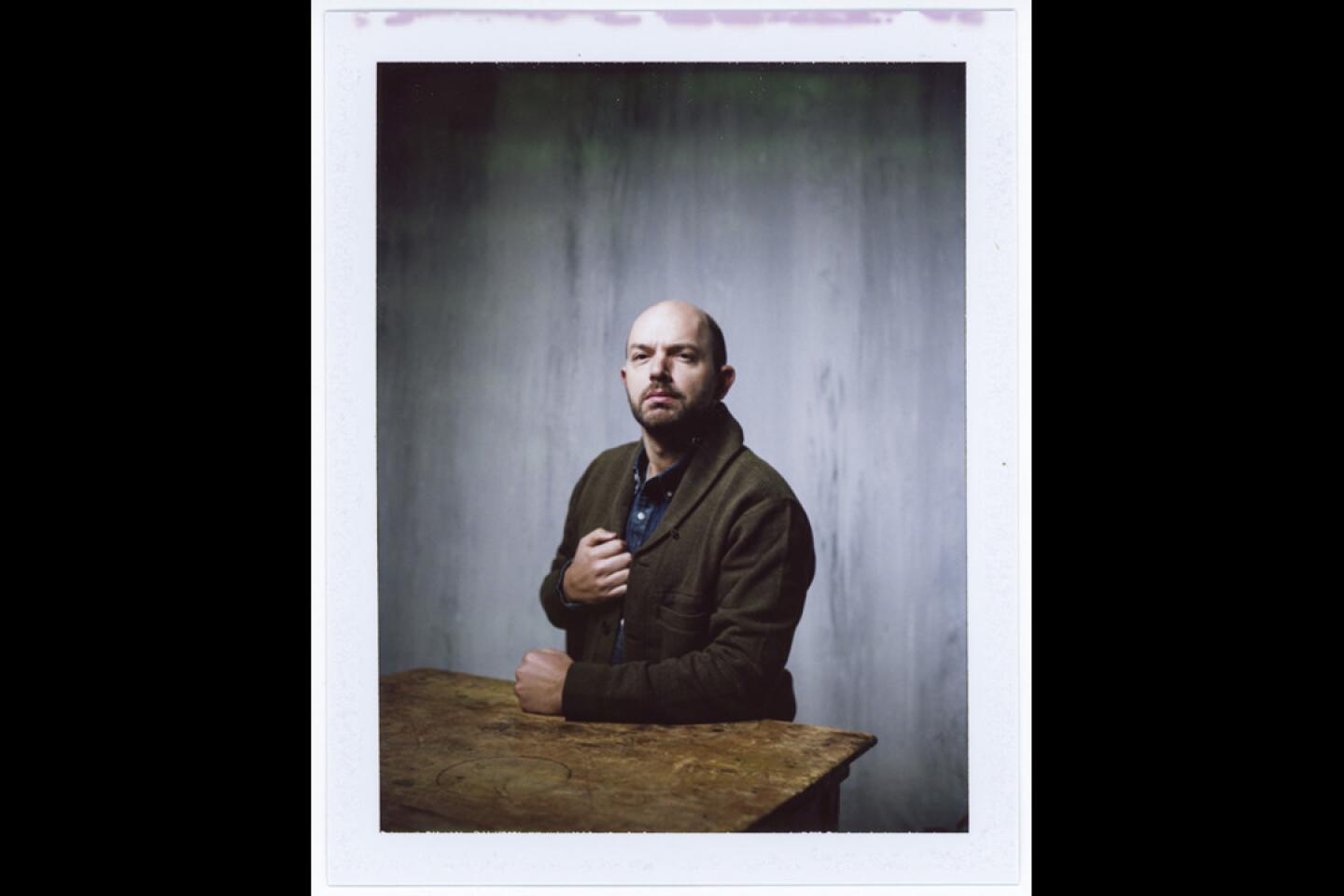
Actor Paul Scheer from the television show “Playdates.”
(Jay L. Clendenin / Los Angeles Times)
Actress Zoey Deutch from the film “Before I Fall.”
(Jay L. Clendenin / Los Angeles Times)
Actress Medalion Rahimin from the film “Before I Fall.”
(Jay L. Clendenin / Los Angeles Times)
Actor Josh Kaye of the film “Come Swim.”
(Jay L. Clendenin / Los Angeles Times)
Actress Elena Kampouris of the film “Before I Fall.”
(Jay L. Clendenin / Los Angeles Times)
Joshua Wong of the documentary film “Joshua: Teenager vs. Superpower.”
(Jay L. Clendenin / Los Angeles Times)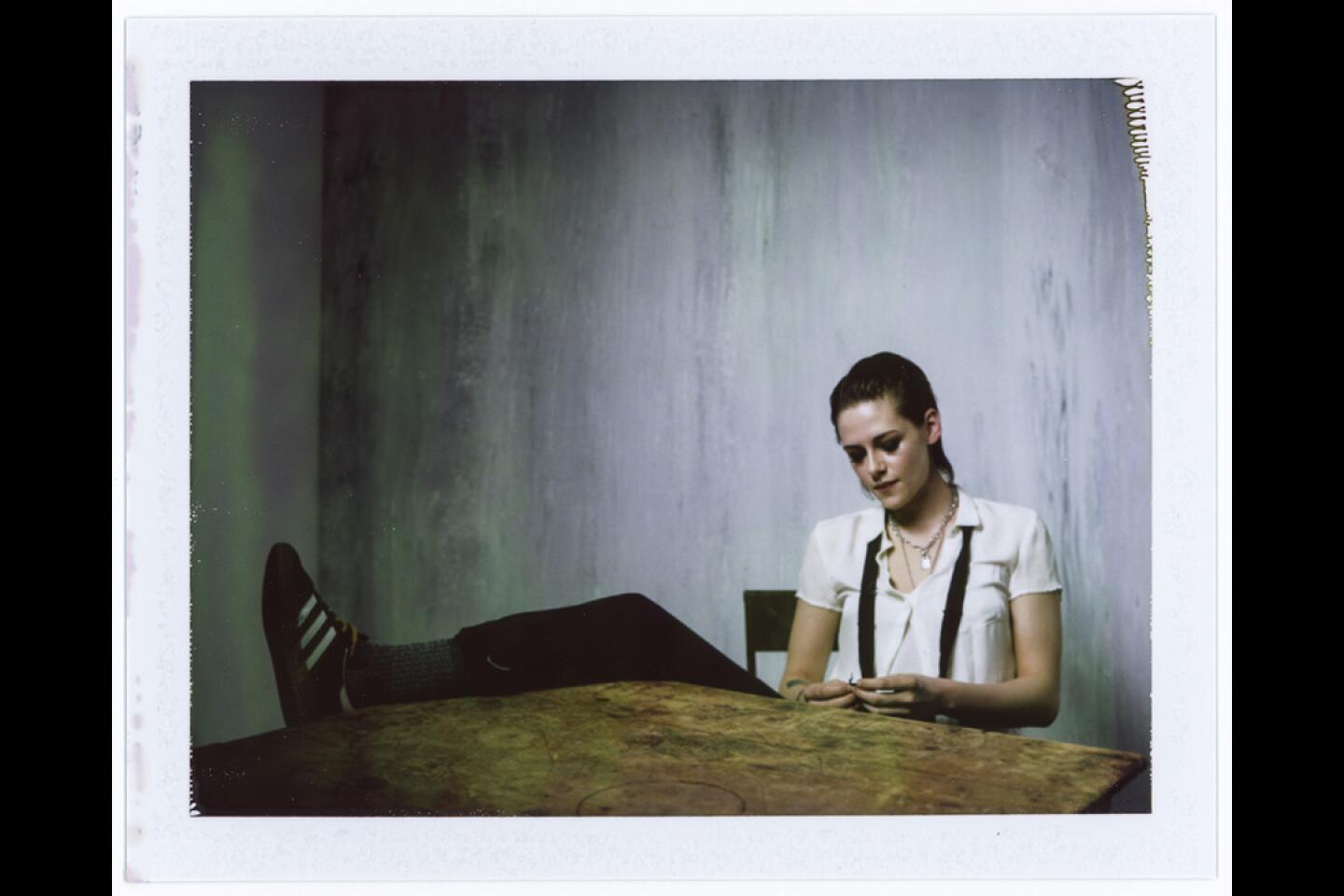
Director Kristen Stewart of the film “Come Swim.”
(Jay L. Clendenin / Los Angeles Times)
Actress Zoe Kazan of the film “The Big Sick.”
(Jay L. Clendenin / Los Angeles Times)Though the appetite, both consumer and industry, for episodic content is high, there are a number of hurdles with approaching a work this way. For starters, self-contained scripts don’t necessarily lend themselves to the open-endedness of most television. Basic cable also requires commercial breaks and cliffhangers, which movie scripts tend not to.
“I wouldn’t recommend it for a lot of shows,” said Hutton. “But ours felt like it made sense — after we did a lot of work.” (The pair have written two more episodes and have a heavy outline for the seven or more beyond).
Indie TV faces other challenges. Many independent financiers are reluctant to back a pilot when, unlike a film, it may not amount to anything (and they certainly won’t pay for an entire series).
Many studio pilots, on the other hand, won’t necessarily jibe with Sundance’s aesthetic.
Sundance buyers, for their part, are accustomed to knowing what they’re buying when they make a late-night condo deal — an impossibility with just a pilot. (They also don’t tend to run TV networks.) Even the audience here is an issue — Sundance attendees are accustomed to a complete experience, not a tease that, if a show isn’t picked up, may never get satisfied.
“Streetlights was an anomaly,” Morgen said. “I’m not sure how often you’ll see this happen again.”
(Indie-TV forays at Sundance have met with success. Two years ago the animated show “Animals” sold to HBO after debuting here. But that was an exceedingly low-budget endeavor that came in fully cooked; there was little risk about how the show would turn out.)
Whether Sundance is make-or-break is unclear. Though no one’s calling this a last-ditch effort — Hamilton says “we’ll be bringing the show back [to Los Angeles] no matter what” — it’s not hard to conceive of a scenario in which principals give up the ghost.
“We’re all hoping Sundance isn’t a send-off,” “O’Keefe said. “But if it is, it’s a good way to be sent off.”
See the most-read stories in Entertainment this hour »
Twitter: @ZeitchikLAT
More to Read
Only good movies
Get the Indie Focus newsletter, Mark Olsen's weekly guide to the world of cinema.
You may occasionally receive promotional content from the Los Angeles Times.
Follow Us
Steven Zeitchik is a former Los Angeles Times staff writer who covered film and the larger world of Hollywood for the paper from 2009 to 2017, exploring the personalities, issues, content and consequences of both the creative and business (and, increasingly, digital) aspects of our screen entertainment. He previously covered entertainment beats at Variety and the Hollywood Reporter, has contributed arts and culture pieces to the Wall Street Journal, the Washington Post and the New York Times and has done journalistic tours of duty in Jerusalem and Berlin. While at The Times he has also reported stories in cities ranging from Cairo to Krakow, though Hollywood can still seem like the most exotic destination of all.







